
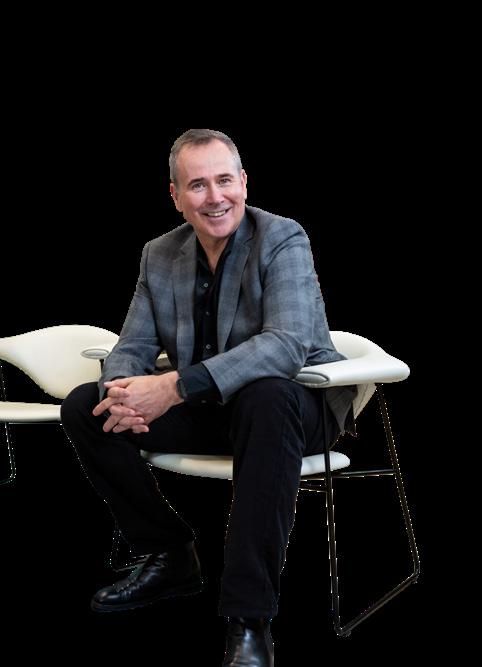

Issue 106 CSI CONSTRUCTION / EPC GROUPE SOUTH AFRICAN POLICE
MEDICAL SCHEME Ensuring the health and well-being of the South African Police Service Kyle Whitehill , CEO of Avanti Communications, speaks of the satellite technology company’s multi-orbit business strategy and mission to connect Africa SETRACO NIGERIA Contributing to construction success in Nigeria FORMEX INDUSTRIES World-class manufacturing capabilities www.africaoutlookmag.com
SERVICE

For over a decade, our portfolio of in-house magazines has been lovingly produced, printed, and distributed to our esteemed subscribers across the globe from our headquarters in the UK.
But now we are moving with the times, adopting a digital-first approach by producing online-only publications. A major factor in this decision is to minimise our environmental footprint, reducing the carbon emissions involved in the logistics of print magazine distribution and the resources required therein.


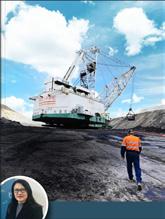
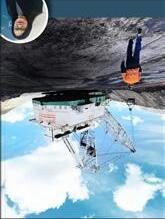

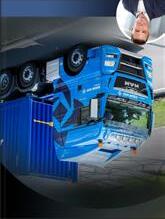






“We always planned that when our digital subscribers consistently accounted for 85% of our total magazine subscribers, we would cease printing our publications in-line with our environmental and sustainability goals.”
– Ben Weaver, CEO, Outlook Publishing Ltd
Going forward, we will provide print orders of any magazine in-line with the requests of our featured companies, subscribers, and conference & expo partners.
Please get in touch for a print-on-demand quote or visit our website to find out more.
www.outlookpublishing.com/subscribe
“Proud to be Digital” diagnostics for Africa RESOURCES SABCO CERBA LANCET AFRICA WOOLWORTHS VICTORY FARMS World-class medical CERBA LANCET AFRICA Innoquest Diagnostics moving forward as one in pursuit of Ginny Foo CEO, gives us the details ZERELLA FRESH BATCHFIRE RESOURCES the low-fugitive emission energy coal producer Innoquest Diagnostics moving forward as one in pursuit of transformative healthcare. Ginny Foo CEO, gives us the details SCHLAM CR3 GROUP BATCHFIRE RESOURCES pursuing plans for Net Zero VAN MOER LOGISTICS European manufacturing VAN MOER LOGISTICS INHA WORKS Expert Eye, Amanda Li, MOELLER AEROSPACE AGRA INDUSTRIES, INC Expert Eye, Amanda Li, discusses the unsustainable nature modern infrastructure investment MOELLER AEROSPACE Ascending to new heights of YACHTING’S PUERTO VALLARTA We Behind the Lens with culinary storyteller, Karolina Wiercigroch CYPRUS PUERTO VALLARTA ROW K I NGMOR E SUSTAI N YLBA ROW K I NGMOR E SUSTAI N YLBA
EDITORIAL
Head of Editorial: Jack Salter jack.salter@outlookpublishing.com
Senior Editor: Lucy Pilgrim lucy.pilgrim@outlookpublishing.com
Editor: Ed Budds ed.budds@outlookpublishing.com
Editor: Lily Sawyer lily.sawyer@outlookpublishing.com
Junior Editor: Rachel Carr rachel.carr@outlookpublishing.com
Junior Editor: Lauren Kania lauren.kania@outlookpublishing.com
PRODUCTION
Art Director: Stephen Giles steve.giles@outlookpublishing.com
Senior Designer: Devon Collins devon.collins@outlookpublishing.com
Designer: Louisa Martin louisa.martin@outlookpublishing.com
Production Manager: Alex James alex.james@outlookpublishing.com
Digital Marketing Manager: Fox Tucker fox.tucker@outlookpublishing.com
Web Editor: Oliver Shrouder oliver.shrouder@outlookpublishing.com
Social Media Executive: Jake Crickmore jake.crickmore@outlookpublishing.com
BUSINESS
CEO: Ben Weaver ben.weaver@outlookpublishing.com
Managing Director: James Mitchell james.mitchell@outlookpublishing.com
Chief Commercial Officer: Nick Norris nick.norris@outlookpublishing.com
Regional Director: Joshua Mann joshua.mann@outlookpublishing.com
TRAINING & DEVELOPMENT MANAGER
Marvin Iseghehi marvin.Iseghehi@outlookpublishing.com
BUSINESS DEVELOPMENT DIRECTOR
Thomas Arnold thomas.arnold@outlookpublishing.com
HEADS OF PROJECTS
Callam Waller callam.waller@outlookpublishing.com
Eddie Clinton eddie.clinton@outlookpublishing.com
Deane Anderton deane.anderton@outlookpublishing.com
Ryan Gray ryan.gray@outlookpublishing.com
SALES MANAGERS
Sales & Partnerships Manager: Donovan Smith donovan.smith@outlookpublishing.com
Josh Hyland josh.hyland@outlookpublishing.com
PROJECT MANAGERS
Bex Middleton bex.middleton@outlookpublishing.com
Cameron Lawrence cameron.lawrence@outlookpublishing.com
Harry Palmer harry.palmer@outlookpublishing.com
Kyle Livingstone kyle.livingstone@outlookpublishing.com
Poppi Burke poppi.burke@outlookpublishing.com
Taylor Green taylor.green@outlookpublishing.com
ADMINISTRATION
Finance Director: Suzanne Welsh suzanne.welsh@outlookpublishing.com
Finance Assistant: Suzie Kittle suzie.kittle@outlookpublishing.com
Finance Assistant: Victoria McAllister victoria.mcallister@outlookpublishing.com
CONTACT
Africa Outlook
First Floor, Norvic House, 29-33 Chapelfield Road Norwich, NR2 1RP, United Kingdom.
Sales: +44 (0) 1603 363 631
Editorial: +44 (0) 1603 363 655
SUBSCRIPTIONS
Tel: +44 (0) 1603 363 655 jack.salter@outlookpublishing.com www.africaoutlookmag.com
Like us on Facebook: facebook.com/africaoutlook Follow us on Twitter: @africa_outlook
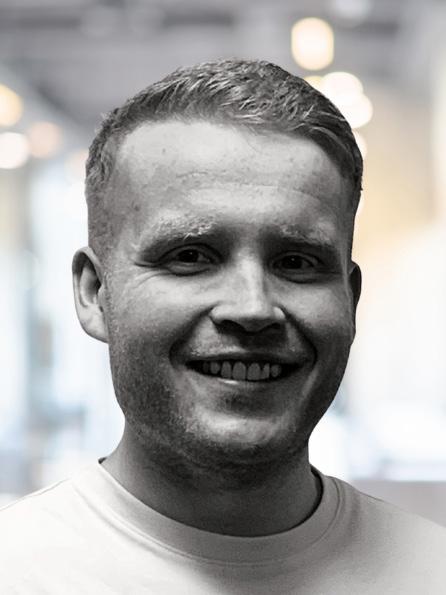
The Right to Remain Safe
Welcome to our 106th edition of Africa Outlook magazine.
The South African Police Service (SAPS) has a proud heritage, having served and protected citizens for more than 110 years and made steady progress in the fight against crime.
SAPS is committed to the creation of a safe and secure environment for all people in South Africa, however, it’s not just the public that needs protecting.
Indeed, policing can be a dangerous profession that sometimes requires officers to use a reasonable level of force and make split-second decisions in the normal course of their duties.
Often, they are also exposed to various physical and mental health risks due to the hazardous situations, violence, and traumatic events they encounter.
On the front line of our latest issue is the South African Police Service Medical Scheme (POLMED), who is securing the safety of the nation through the provision of healthcare for active and retired SAPS employees.
“We are committed to our vision of ‘healthy members for a safer South Africa’, which is supported by our mission to enable quality healthcare for SAPS members and their dependants in a cost-effective manner,” states Neo Khauoe, Principal Officer of POLMED.
From the police force to a driving force in the South African automotive manufacturing sector, Formex Industries supplies parts, completed assemblies, and tubular products to various global brands.
The company has evolved into a renowned manufacturer and supplier of automotive components and has been a reliable partner for original equipment manufacturers (OEMs) for decades.
“We believe that Africa has huge potential. There is a significant amount of work to be done by the various legislatures, but we continue to see good traction and focus,” says CEO, Hennie Venter.
This optimism is echoed by Setraco Nigeria, as the civil engineering behemoth anticipates a year of prosperity and growth in 2024 and looks forward to innovative developments and unveiling new facilities.
“We have a strategic business unit soon to be unveiled that will focus on real estate development and hospitality,” reveals Executive Director, Ignatius Aigbokhaode.
Our latest issue also includes corporate stories from EPC Groupe, Bamburi Cement PLC, CSI Construction, JTC Building Systems, and more.
We hope that you enjoy your read.
Jack Salter Head of Editorial, Outlook Publishing
Africa Outlook Issue 106 | 3 WELCOME FROM THE EDITOR
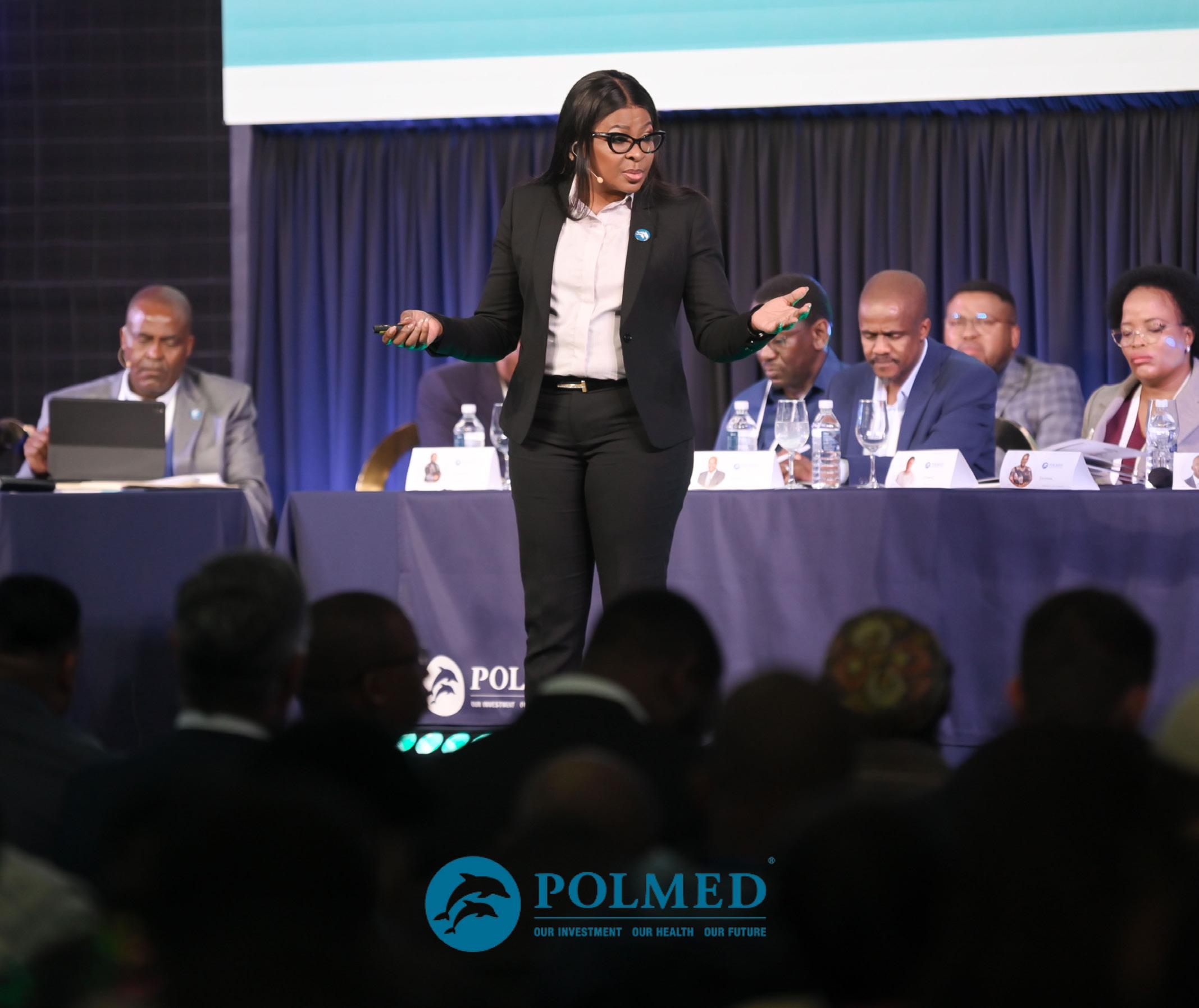
CONTENTS
REGULARS
6 NEWS
8 EXPERT EYE
Raising
BUSINESS INSIGHTS
10 Technology
Expanding

14 Architecture
Holistic Design
Interiors that consider the wellness of mind, body, and soul
TOPICAL FOCUS
18 Sport
Pedalling a Revolution
Making professional keirin racing accessible to all
106 THE FINAL WORD
What guidance you would offer to new entrants in your sector?
18
Around Africa in seven stories
awareness to protect a precious natural wonder
to Multi-Orbit
4 | Africa Outlook Issue 106
Helping connect Africa
FEATURES
22 SHOWCASING LEADING COMPANIES
Tell us your story and we’ll tell the world
HEALTHCARE
24 South African Police Service Medical Scheme
Healthcare for a Safer South Africa
Ensuring the well-being of the country’s police service
34 Bestmed Medical Scheme
A Culture of Care
Thoughtfully providing personalised medical aid

34
MANUFACTURING
44 Formex Industries
True to Form
World-class manufacturing capabilities
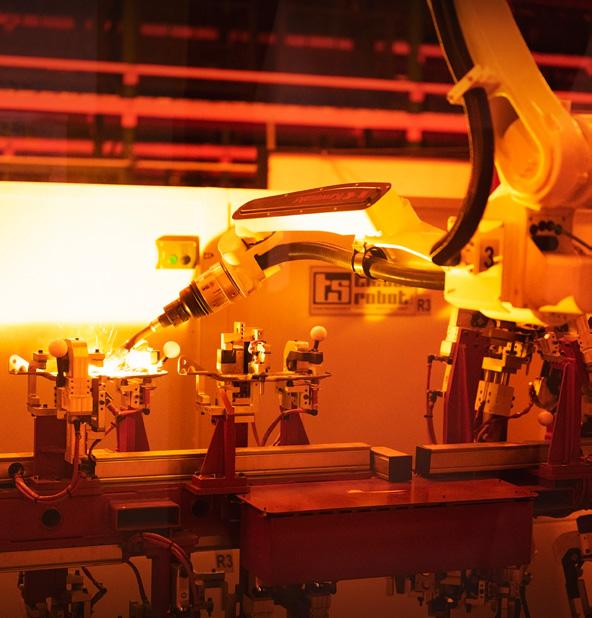
44
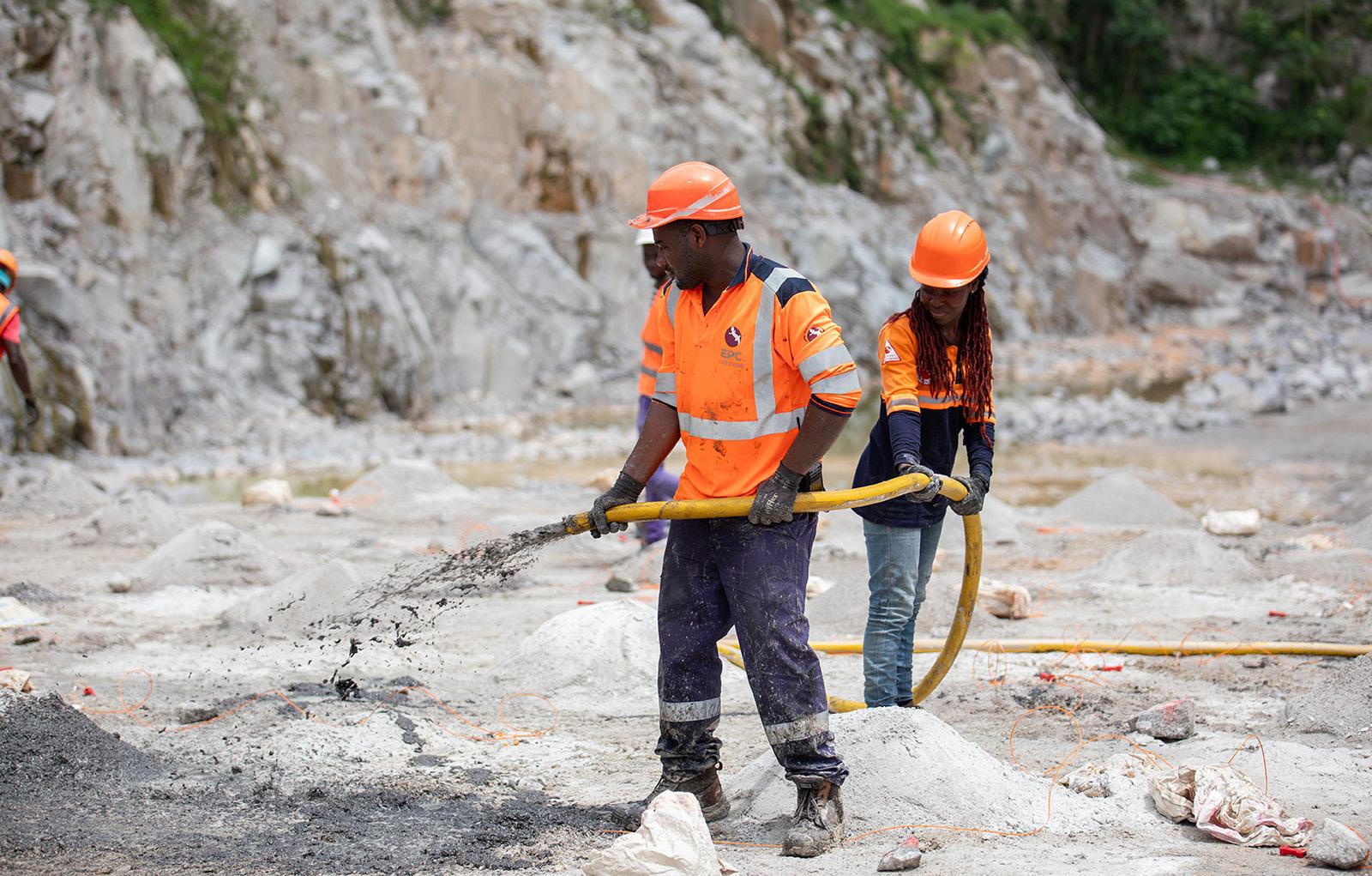
54
MINING
54 EPC Groupe
Having a Blast
A vital link in Africa’s mining chain
62 De Beers
Milestone Delivery
The latest updates from the Venetia Underground Project
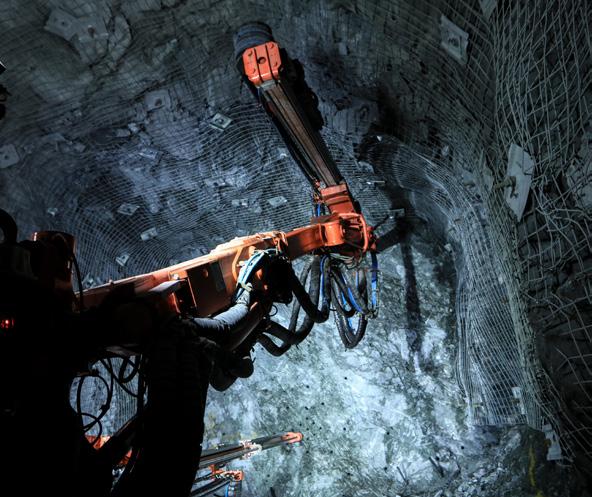
74
CONSTRUCTION
74 Setraco Nigeria
Bridging for the Future
Contributing to construction success in Nigeria
82 Bamburi Cement PLC
Bringing Modern Architecture to Life
A world that works for all
90 CSI Construction
Quality in Every Build
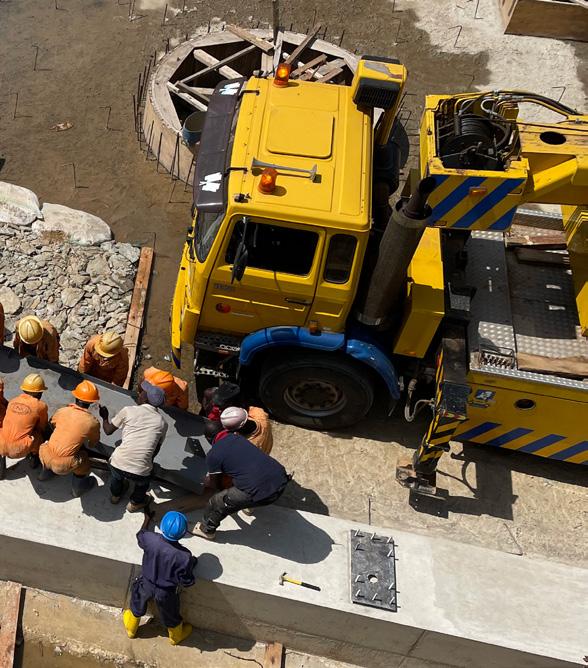
98
98 JTC Building Systems
Construction You Can Count On
Engineering structural success across Africa

FOOD
106 Galito’s Serving Opportunities
success with a competitive
Tanzanian excellence, global impact & BEVERAGE
business
Tasting
model
Africa Outlook Issue 106 | 5 AFRICA OUTLOOK CONTENTS
106
Around Africa in seven stories…
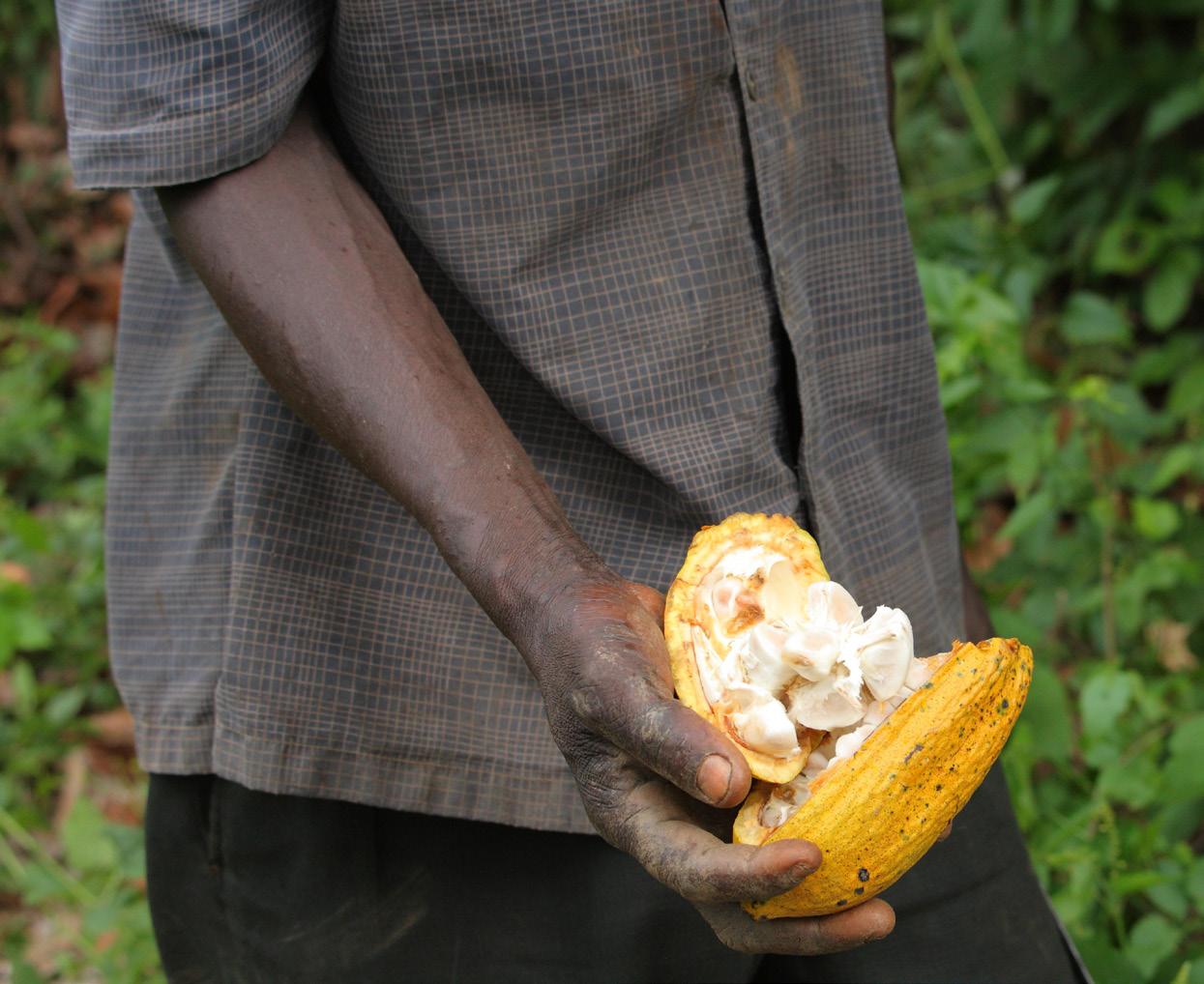
SCARCE COCOA SUPPLIES
STRUGGLING COCOA
CROPS in West Africa may impact worldwide chocolate manufacturers, as depleted cocoa supplies will leave confectioners with little choice but to raise prices.
According to a recent CoBank report, supply remains scarce due to heavy rains and the spread of
WEST AFRICAN CUISINE WOWS
CHISHURU, A WEST African fine dining restaurant in London, UK, was awarded a Michelin star earlier this month.
The restaurant, run by self-taught chef Adejoke Bakare, joins its West African neighbour in London, Akoko, in the accolades of Michelin, as the
black pod disease in West Africa, which is responsible for 70 percent of the world’s cocoa output. The report also outlines how cocoa prices are nearly 65 percent above what they were just one year ago.
Prices are expected to remain elevated until a new cocoa crop from West Africa comes to market later this year.
CONSTRUCTION
PYRAMID PLAN CONTROVERSY
A CONTROVERSIAL PLAN
to reinstall ancient granite cladding on the pyramid of Menkaure in Giza, Egypt, has been halted.
Public outcry forced Egypt’s antiquities authority to review the imminent plans, which intended to reinforce 16 to 18 layers of weak granite that had begun to crumble.
It is thought that the original granite installation was halted early due to the pharaoh’s death in 2503 BCE, contributing to a generally weak structure today.
To reassure the public, Mostafa Waziri, Secretary General of the Supreme Council of Antiquities, has come forward to confirm that replacement of the granite will only proceed after many years of careful archaeological scanning and documentation.

city seemingly undergoes a West African food revolution.
Historically hailed as the barometer of gastronomic success, the Michelin star has come under fire of late amidst claims that it lacks diversity and inclusion.
Bakare, the first black female in the UK to earn the Michelin star and only the second in the world, hopes to set a new precedent.
 AGRICULTURE
FOOD & BEVERAGE
AGRICULTURE
FOOD & BEVERAGE
6 | Africa Outlook Issue 106
NEWS
PLUMMETING PLATINUM PRICES PROMPT CUTS
IN A BID to reduce its overhead costs, Anglo American Platinum (Amplats) plans to cut 3,700 jobs in South Africa, reducing its headcount by almost one-fifth.
The announcement comes after the company reported a 71 percent fall in its annual profitability following a sharp drop in the price of platinum group metals, which are primarily used in petrol and diesel vehicle exhausts.
Alongside diamonds, platinum group metals have contributed to a 45 percent overall fall in Amplats’
DATA DOMINATES IN ETHIOPIA
ETHIOPIA HAS RECENTLY signed a preliminary agreement to develop infrastructure for data mining and artificial intelligence (AI) training operations in the country.
Since the government authorised the practice of Bitcoin mining in 2022, Ethiopia has become a leading

shares in the past year.
The company hopes that implementing cost-cutting measures today will elevate future profitability.
destination for Bitcoin activity.
Ethiopian Investment Holdings (EIH) confirmed in a recent social media post that a memorandum of understanding for a USD$250 million data centre project had been signed with Hong Kong-based West Data Group, to be constructed in the coming years.
This development will contribute to the country’s status as a data infrastructure and technology hub.

LOCAL GOVERNMENT
NEW MINISTERS OF MINING
NIGER’S GOVERNMENT HAS named new mining and energy ministers in a recent government reshuffle.
Mahaman Moustapha Barke Bako, previous Minister of Mines, Petrol, and Energy, will become Minister of Petrol. Professor Amadou Haoua was named the new Minister of Energy, while Colonel Ousmane Abarchi will become Minister of Mines.
All three sectors are strategically important to Niger as one of the world’s largest producers of uranium, the most widely used fuel for nuclear energy.
Meanwhile, the country also hopes to boost its oil output to around 110,000 barrels per day (bpd) from around 20,000 bpd with the new Niger-Benin oil pipeline, launched late last year.
HEALTHCARE
POLLUTION LINKED TO PERIOD POVERTY
IN THE PAST decade, studies have found that exposure to air pollution could make periods heavier, more painful, and more expensive.
A recent case study, led by Audrey Gaskins of Emory University, US, closely investigated the impacts of pollution on periods in Korogocho, Kenya, a slum near Dandora - one of the world’s largest dump sites.
“We’ve found that higher exposure to finite particulate matter (from air pollution) will start girls’ periods sooner and make them more painful. These are girls who could already not afford the onset of menstruation,” Gaskins warns.
Already, an estimated 65 percent of women in Kenya are unable to afford basic period necessities.
TECHNOLOGY
MINING
Africa Outlook Issue 106 | 7
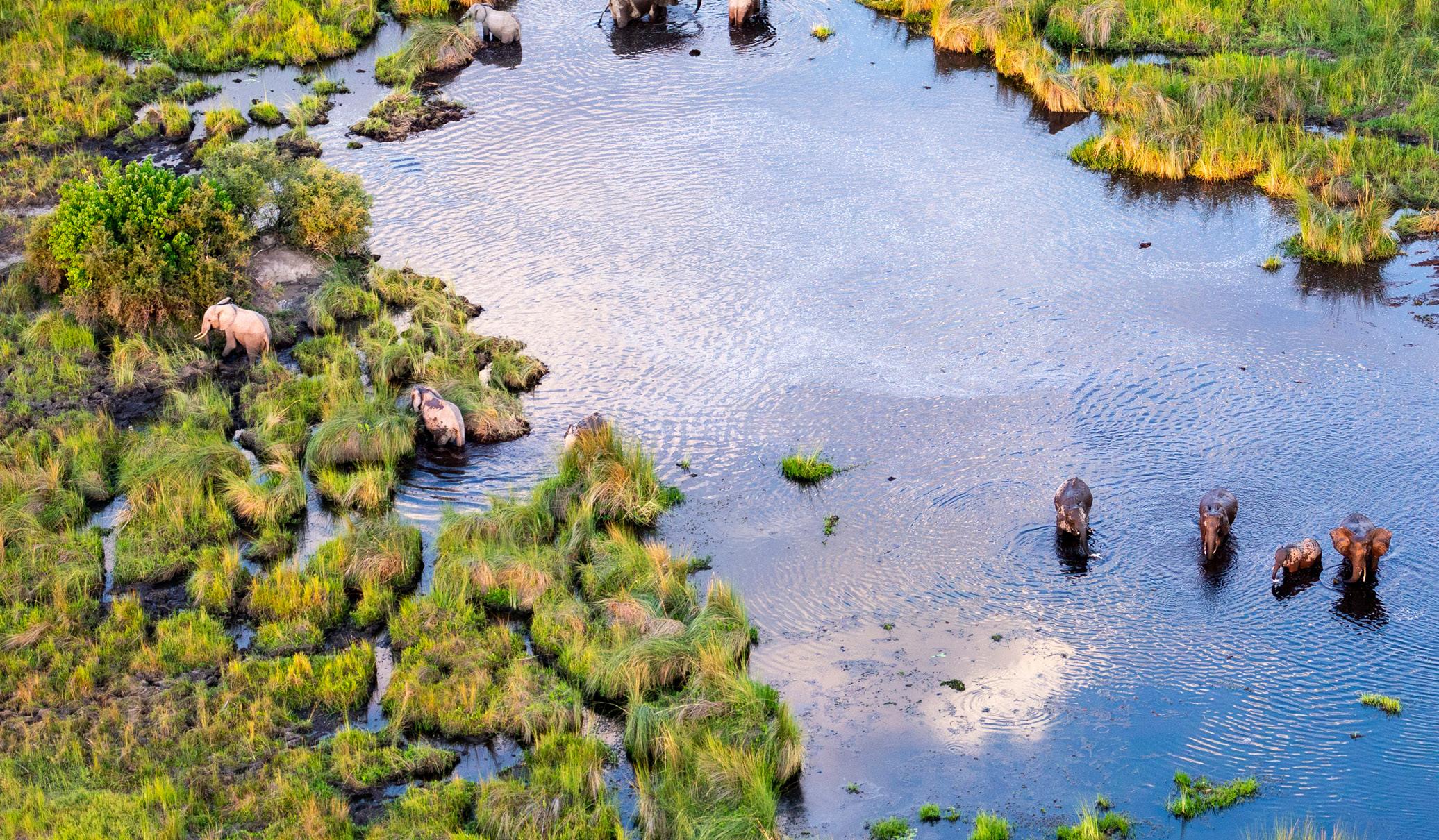
Protecting the Okavango Delta
One of the world’s greatest and most valuable wildlife areas, the Okavango Delta in Botswana, is under serious threat.
Daniel Kaul, CEO of Natucate, an organisation dedicated to the preservation of Earth’s precious resources, emphasises the need to raise awareness and act now
Written by: Daniel Kaul, CEO, Natucate
Botswana’s wildlife, and the tourism industry that depends on it, face an existential threat. The Okavango Delta, a UNESCO World Heritage Site and a hotbed of biodiversity, is at risk due to human demands on its water sources.
The Okavango Delta is one of the most dramatic wilderness areas on the planet. Situated on a faultline, the Okavango Delta, and the wildlife it supports, are reliant on the seasonal flood water that flows in from neighbouring Namibia and Angola.
Yet, these water levels were at an alltime low in 2023 due to the confluence of evaporation caused by climate change, increased irrigation, planned hydroelectric dams, and oil projects upstream.
If water levels continue to drop as forecast, the Okavango Delta, like the Great Barrier Reef before it, could be the next great natural wonder resigned to the history books.
Botswana’s tourism industry, making up some 13 percent of the nation’s GDP and employing some 26,000 people, regards the Okavango Delta as its crown jewel. Of course, beyond the economic implications, the Okavango Delta’s biodiversity is essential for carbon sequestration, water filtration, and wildlife control.
In order to protect the human and animal livelihoods that depend on this region, we need greater inter-state water management planning if we are to preserve this essential biosphere.
THE IMPORTANCE OF WATER
The delicate ecosystem of the Okavango Delta relies on heavy annual flooding. However, with the construction of dams in Angola and large-scale oil projects in Namibia, the flow of water feels more like a trickle.
In addition, one drastic development in Angola is the plan to establish and irrigate a massive 221,000 hectares (ha) of farmland in the future. The water offtakes for irrigation during the dry months would entirely drain the Cubango River, one of the key water sources for the Okavango Delta.
Equally, the construction of large dams and the diversion of water into other areas could exacerbate the situation. As a result, the livelihoods of rural people throughout the Cubango/Okavango River Basin are being affected, with many migrating to urban centres in search of cash incomes and better living standards.
While it is undeniable that increased irrigation and hydroelectric dams provide essential resources and electricity for growing populations, we cannot ignore the fate of the Okavango Delta.
8 | Africa Outlook Issue 106

NECESSARY ACTIONS
We urgently need to raise awareness about the decreasing water levels and advocate for a more rigorous water planning process. It is crucial to protect one of the world’s flagship biodiversity areas and ensure the sustainability of the tourism industry that contributes significantly to Botswana’s GDP.
Several pressing concerns require attention. First, we lack comprehensive data on the cumulative impact of water abstraction from various sources, including irrigation schemes, towns, and other offtakes. Governments must therefore determine the proportion of river water being removed and understand its impact on downstream life, including plants, animals, and people.
Equally, the potential pollution caused by pesticides, fertilisers, and industrial waste must be tracked and measured if we are to fully understand its effects on the ecosystem.
Moreover, the construction of large dams also raises concerns about the life-supporting flow of water into the Okavango Delta. We must
evaluate the long-term effects of such infrastructure on the delicate balance of the ecosystem.
Additionally, with the unpredictability of rainfall due to climate change, the abstraction of water during periods of low rainfall poses further risks.
The recent summer of 2022 to 2023 serves as a reminder, as the expansion of irrigated areas upstream resulted in extremely low water levels in Rundu, potentially depleting the Cubango/ Okavango even more than a decade ago.
RAISING AWARENESS
Given the critical role that the Cubango/Okavango River plays in supporting life, production, and the economy of the region, it is alarming how little we know about water flows, abstraction, and contamination.
Yet, it is exactly this lack of knowledge that highlights the lack of care taken towards this rich biosphere. Of course, the governments of Angola, Namibia, and Botswana, along with the Permanent Okavango River Basin Water Commission (OKACOM), must collaborate to make monitoring data public and raise awareness about any changes in water flows.
That’s why revising government policies and procedures in Angola and Namibia is crucial. We must move away from current practices that provide free land and water to influential developers in Angola while neglecting proper environmental considerations.
Similarly, the tourism sector has a role to play here. By being more vocal about the implications of these human activities, we can help to generate awareness and ultimately move the needle in the eyes of politicians on this key issue.
Furthermore, the Okavango Delta is not only an ecological treasure but also a prized tourism destination. We cannot afford to stand idly by as its water levels continue to decline. Robust, internationally
agreed-upon, and well-researched water management protocols will be essential for its survival.
Effective water planning methods must be implemented to ensure the future of this delicate ecosystem and the wildlife that depends on it. The tourism industry relies on the preservation of the Okavango Delta’s unique beauty.
FINAL THOUGHTS
The Okavango Delta in Botswana holds a significant place in my heart due to its abundant wildlife and biodiversity. As I reflect on my many experiences there, the personal connection I feel is rooted in the remarkable richness of life that characterises this unique ecosystem. I believe it is our collective responsibility to act and protect this precious natural wonder before it’s too late.
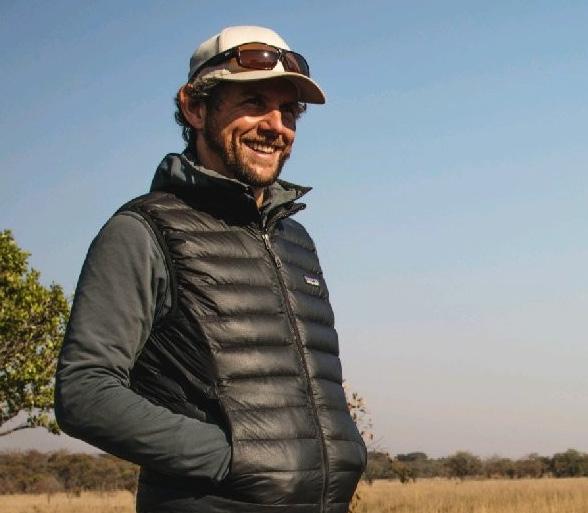
ABOUT THE EXPERT
Daniel Kaul is the CEO of educational travel company, Natucate. Aiming to reconcile nature and education, the organisation offers nature tourism and voluntary services focused on the domains of nature conservation, as well as environmental and animal protection. Kaul, and Natucate, work with local conservation and education non-governmental organisations (NGOs) across the Southern Africa region.
Africa Outlook Issue 106 | 9 EXPERT EYE SUSTAINABILITY
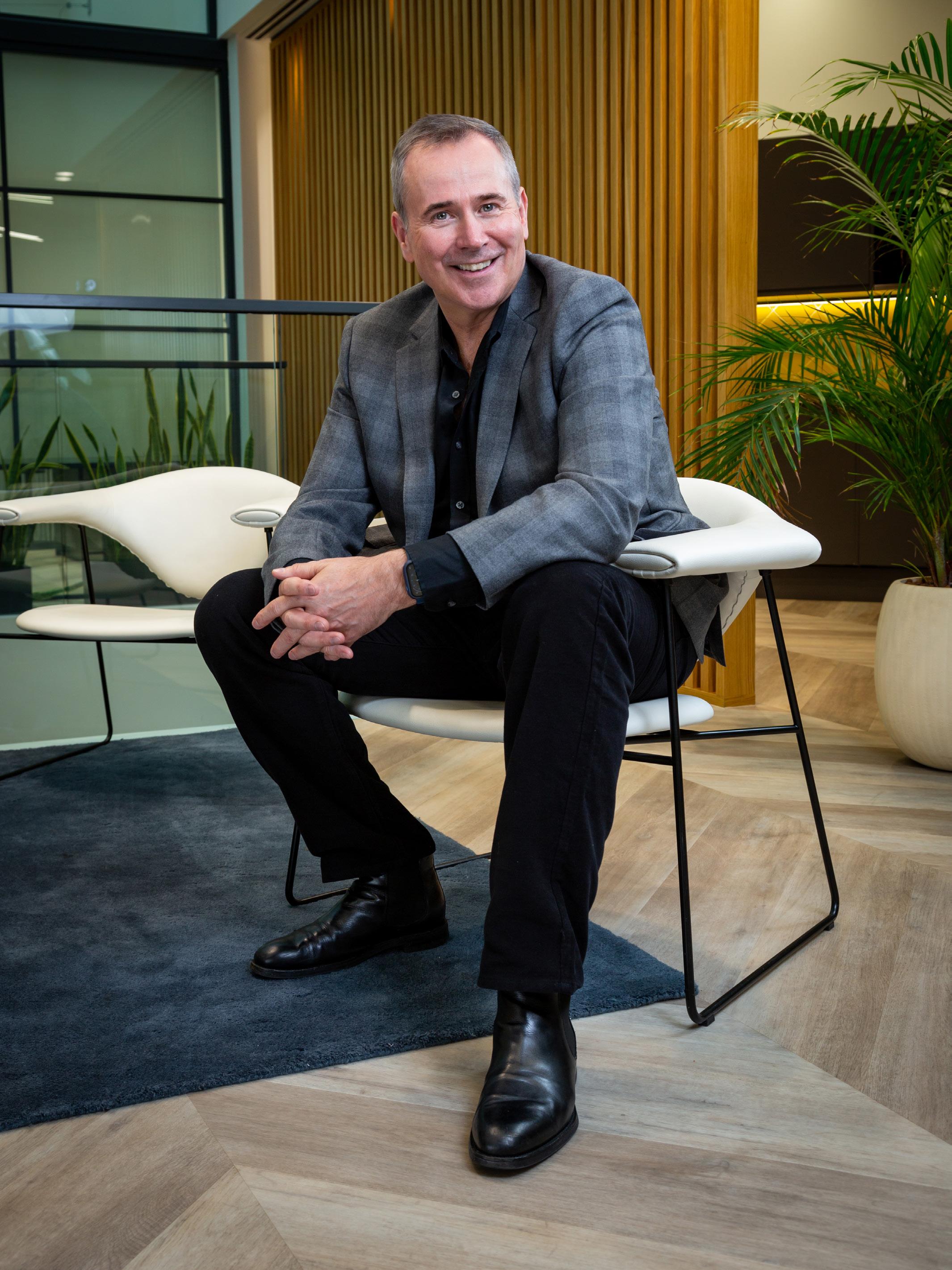 Kyle Whitehill, CEO, Avanti Communications
Kyle Whitehill, CEO, Avanti Communications
EXPANDING TO MULTI-ORBIT
Kyle Whitehill, CEO of Avanti Communications, speaks
to us about the journey to becoming a global multi-orbit provider of fully integrated connectivity services and solutions
Writer: Lauren Kania
As a global multi-orbit provider of fully integrated connectivity services and solutions, Avanti Communications (Avanti) was founded over two decades ago with the mission of helping those across the world become better connected.
Leveraging satellite technology to create custom solutions that protect communities and unlock opportunities for individuals, businesses, and governments all over the world, Avanti is proud to be a global business known for its ability to deliver reliable, high-performance solutions even in the most challenging locations.
Kyle Whitehill, CEO, joined Avanti in April 2018 and has since led the company’s growth strategy, expanding its global footprint even wider. Both in orbit and on the ground, Avanti has built a set of assets in order to deliver rural backhaul and provide mission-critical satellite capacity for its communication industry partners.
By using its scale and expertise to connect hard-to-reach rural areas, improving communities’ access to education, and helping to create a safe environment for people
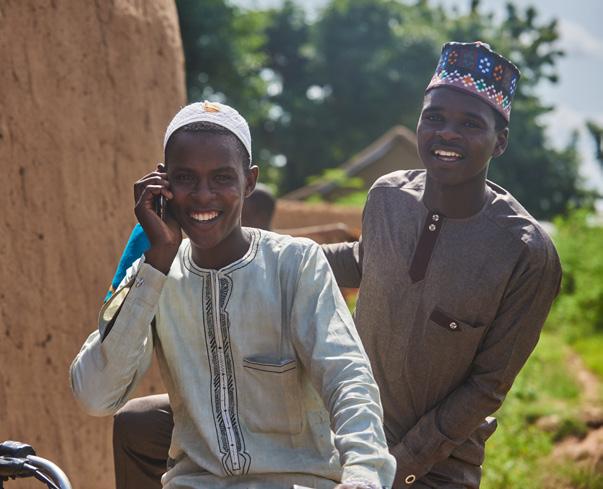
to thrive, Avanti has become the leading Ka-band high-throughput satellite capacity partner to the communications industry in Europe, the Middle East, and Africa (EMEA).
Ultimately, Avanti is leading the industry when it comes to providing customer-centric services and solutions, offering choice and flexibility for a diverse range of needs, while delivering high-performance solutions on a global scale.
Africa Outlook (AO): Firstly, please introduce us to Avanti as a worldleading provider of agile, secure, and pioneering satellite technology.
Kyle Whitehill, CEO (KW): Avanti was
founded in 2002, and we currently operate a fleet of four satellites and a network of seven gateway earth stations. We’re a global company and have seven offices across EMEA, three of which are in Africa as it’s such an important market for us.
We are a multi-orbit provider, which means we use various forms of satellite technology to provide connectivity services all over the world. These range from large satellites in geostationary orbit, which follow the direction of the Earth’s rotation, and small low-Earth orbit satellites, which operate closer to the planet and cover a smaller surface area.
Our mission is to help the world become better connected, even for those living in the most challenging, hard-to-reach, rural communities. We believe everyone should be able to benefit from a connected life, so we’re focused on helping to close the digital divide. In particular, we’re using our scale and expertise to improve access to education and create a safer environment for people to live and work through reliable and costeffective connectivity.
PHOTOGRAPHY:
©
AVANTI COMMUNICATIONS TECHNOLOGY Africa Outlook Issue 106 | 11
PHOTOGRAPHY: AVANTI COMMUNICATIONS © FOWOSIRE DAMILOLA
AVANTI COMMUNICATIONS
JULIAN DODD
AO: Can you tell us more about your on-the-ground presence in Africa?
KW: We have significantly grown our presence in Africa over the past six years as it represents a big growth opportunity for us. More than 70 percent of our satellite coverage extends over the continent, and Africa represents 75 percent of our total investment (around USD$800 million), so we are very serious about putting strong roots down.
I have lived and worked in Ghana and South Africa and know that each country has both unique challenges and opportunities. A ‘one-size-fitsall’ approach simply does not apply in Africa, which is where many other global companies go wrong. For us, we need teams in our key markets to fully understand the specific needs and requirements of that country.
We opened our first African office in South Africa in 2018, and we have recently moved to new,
state-of-the-art offices in Nigeria and Kenya. Now, we are focused on creating more local employment opportunities and growing our presence across Africa.
AO: As a satellite technology company, can you provide some key details about your mission to help connect Africa?
KW: Africa is an incredibly important market for us as the digital divide is still so stark, especially in sub-Saharan Africa. While life without access to the internet is unthinkable for many of us, it is a reality for the 64 percent of Africa’s population who do not have broadband access. Although access to mobile internet has increased, the reach and quality of services still lag behind much of the rest of the world. Digitalisation can open the door to many opportunities, especially in education and employment, yet too few people can access its benefits.
Approximately 230 million jobs in sub-Saharan Africa will require some level of digital skills by 2030, yet the region has the lowest literacy rate in the world. A huge 90 percent of children leave school without learning any basic digital skills, which limits much of what they can do in today’s connected world.
We want to change that reality, which is why providing access to education is a key strategic pillar of ours. To date, we’ve supported the education of more than 180,000 children in Kenya, and we’ve been supporting the Global Partnership for Education (GPE) to raise awareness of, and facilitate access to, quality education for young people around the world.
AO: What about the 1,000 villages and schools Avanti has connected across Africa to date?
KW: We are proud of the progress we
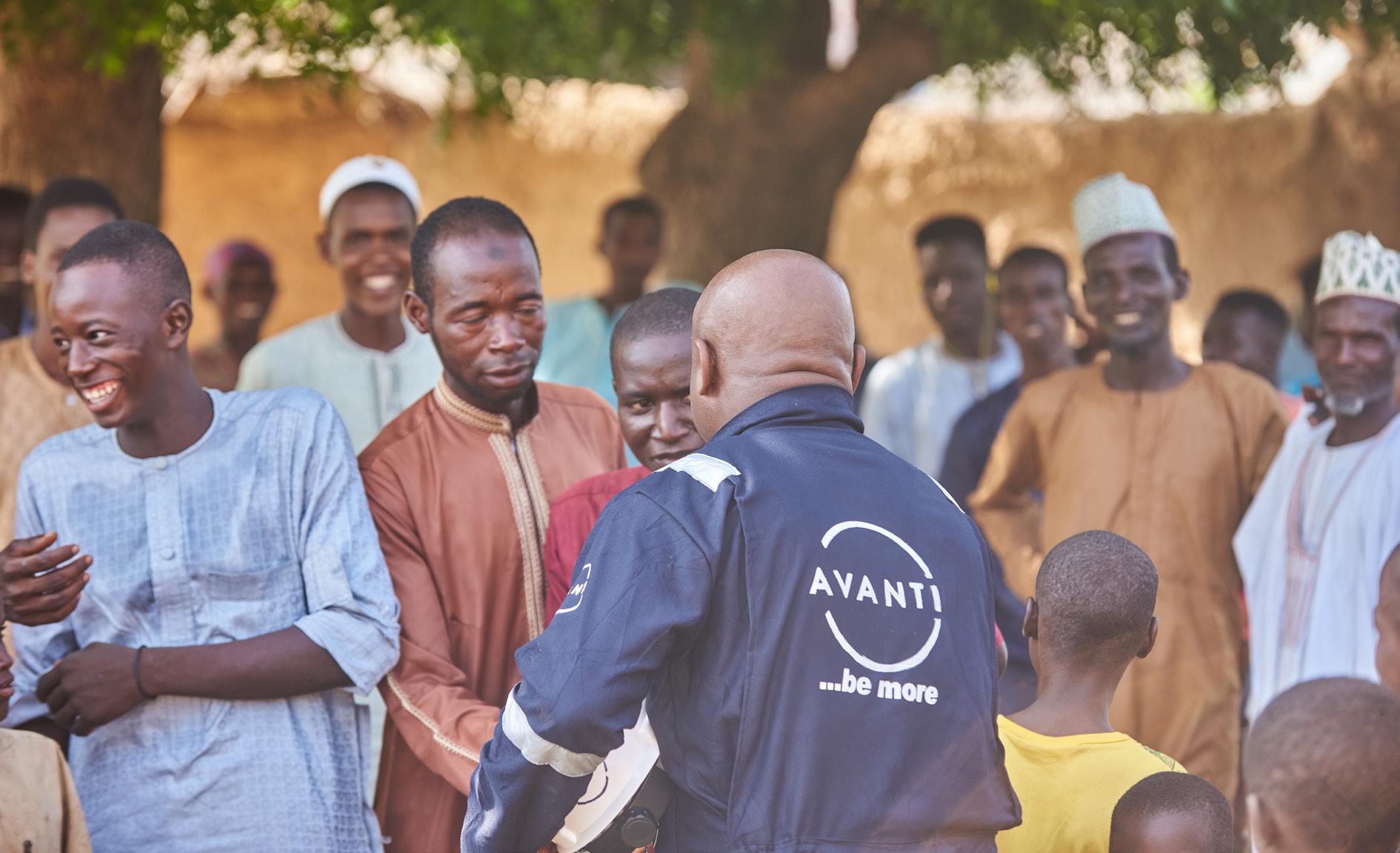
12 | Africa Outlook Issue 106 AVANTI COMMUNICATIONS TECHNOLOGY
PHOTOGRAPHY: AVANTI COMMUNICATIONS © FOWOSIRE DAMILOLA
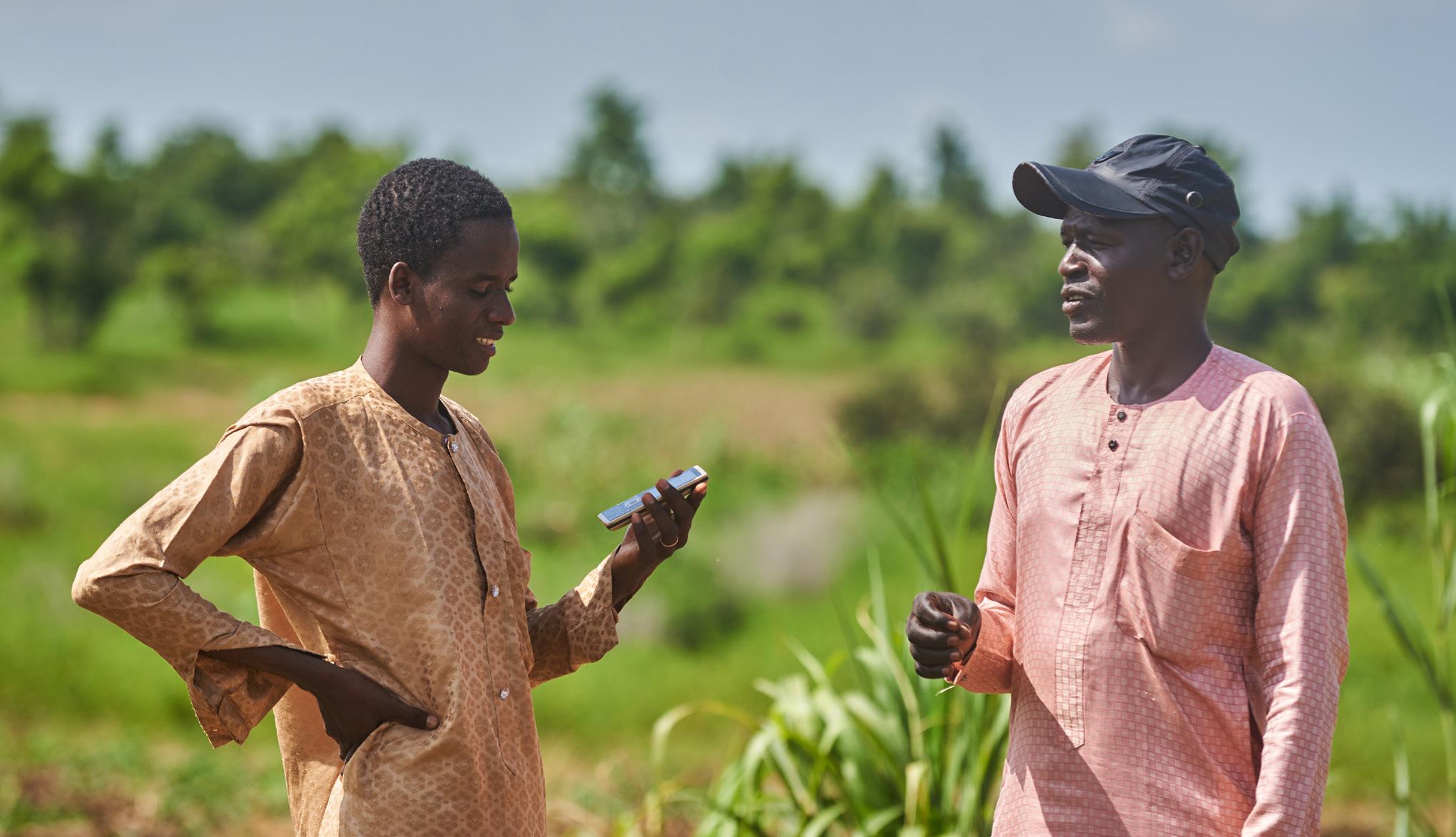
have started to make in connecting rural Africa, but this is just the tip of the iceberg and there is much more work to be done.
One of the biggest challenges when connecting rural areas is the lack of infrastructure and terrestrial networks. The traditional methods of connectivity, such as telecommunications towers, take a long time to build and often require a level of infrastructure that rural areas simply cannot support.
It is also very costly, as transmission costs for traditional terrestrial systems can vary based on the distance from a tower, so connecting individuals living in rural and ultra-rural areas can be expensive. Satellite technology has a significant role to play in the cost-effective roll-out of connectivity in these areas as it does not require traditional infrastructure or need to be close to a tower.
AO: How will your plans to connect a further 10,000 sites over the next five years enable even more communities to benefit from a connected life?
KW: We have developed a solution
that integrates the networks of local mobile network operators to help extend the reach of their coverage using our satellite technology. This means we can provide highperformance and cost-effective 2G, 3G, and 4G connectivity to hardto-reach areas that are otherwise impossible or challenging to access using traditional infrastructure.
The connectivity we roll out provides critical access to healthcare, financial services, e-commerce, and education – improving quality of life and economic prospects.
AO: In terms of a recent innovative project, can you tell us about your new multi-orbit business strategy?
KW: The satellite industry has grown rapidly over the past few years, and multi-orbit satellite connectivity has taken centre stage. This is exciting, as it’s given customers more choice and flexibility, but has also driven complexity. There are now so many choices at people’s fingertips; it’s hard to know which technology solution is best.
This is why our multi-orbit strategy
is based on a “customer pull” versus “technology push” model, whereby we are led by the needs of our customers. This means our satellite technology solutions are bespoke and suited to the requirements of the individual customer, which sets us apart from the rest of the industry.
AO: How will this multi-orbit business strategy help Avanti grow and deliver on its ambitions to connect the region?
KW: Instead of building or buying satellites, we are taking a distinctive route by prioritising cost-effective capacity acquisition. In doing so, we don’t need to push a square peg into a round hole; we can provide customers with optimal capacity solutions and integrate them into comprehensive services, setting us apart in the evolving satellite landscape. www.avanti.space
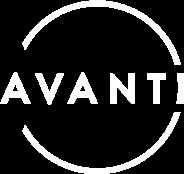
Africa Outlook Issue 106 | 13
PHOTOGRAPHY: AVANTI COMMUNICATIONS © FOWOSIRE DAMILOLA

HOLISTIC DESIGN

14 | Africa Outlook Issue 106

AOrt, design, and performance arts have been a lifelong passion of mine; some of my earliest memories are of drawing, painting, and doing arts and crafts of all kinds.
Interior design is often misunderstood as a superfluous profession that can be easily achieved by any amateur. In truth, it is a multifaceted discipline with many subspecialties that requires many years’ worth of study and experience – it not only improves people’s environments, but their lives, too.
As I grew older, I came to appreciate the levels of intricacies involved in design and architecture, which ultimately led me to opt to study interior design over getting a communications degree once I had left high school.
I achieved my diploma in interior design after three years of study from 1996 to 1998 at Technikon Witwatersrand in Johannesburg, South Africa, one of the leading design colleges at that time. I couldn’t wait to get out into the ‘real’ world, and started my career in furniture retail for a year before working for a corporate design firm.
This was the start of my corporate interior career, and even when I began freelancing a few years later, office interiors remained a favourite.
I’ve had the pleasure of designing all types of interiors since the inception
Nicolene Mausenbaum, Founder of Dezyna Interiors, discusses how her holistic approach to interior design considers the wellness of mind, body, and soul
Writer: Nicolene Mausenbaum, Founder, Dezyna Interiors
of my career – residential, hospitality, commercial, retail, and even hospital interior design.
Eventually, I decided it was time to create my own opportunities to design unique interiors, so I founded my company, Dezyna Interiors.
PHYSICAL, EMOTIONAL, AND SPIRITUAL
I naturally approach interiors from a holistic point of view. I would not be doing my job as an interior design professional if I did not pay keen attention to the requirements –spoken and unspoken – of my clients.
Holistic design is one of the many facets of interior design; it considers the wellness of the mind, body, and soul, and combines the practices
of biophilic design (incorporating a variety of forms of nature in design), colour psychology, human biology, and ergonomics, to name a few.
Holistic design incorporates not only physical elements, such as lighting and furniture, but also emotional and spiritual aspects, such as the energy flow and the connection to the nature of the space. It aims to create an interior that is not only visually pleasing, but also promotes relaxation, harmony, and a sense of well-being.
The use of natural materials, such as wood, stone, and plants, is often incorporated to bring a connection to nature into the space. The incorporation of natural light, proper ventilation, and biophilic design elements is also a common feature of holistic interior design. The use of colour, texture, and pattern is another carefully considered aspect in order to create a cohesive and harmonious space.
It is an in-depth formula that can be curated to each individual through careful consideration and design.
IID MEMBERSHIP
I am proud to say that I am a Professional Senior Interior Design member of The South African Institute of the Interior Design Professions (IID).

O O
DEZYNA INTERIORS ARCHITECTURE Africa Outlook Issue 106 | 15
O O O
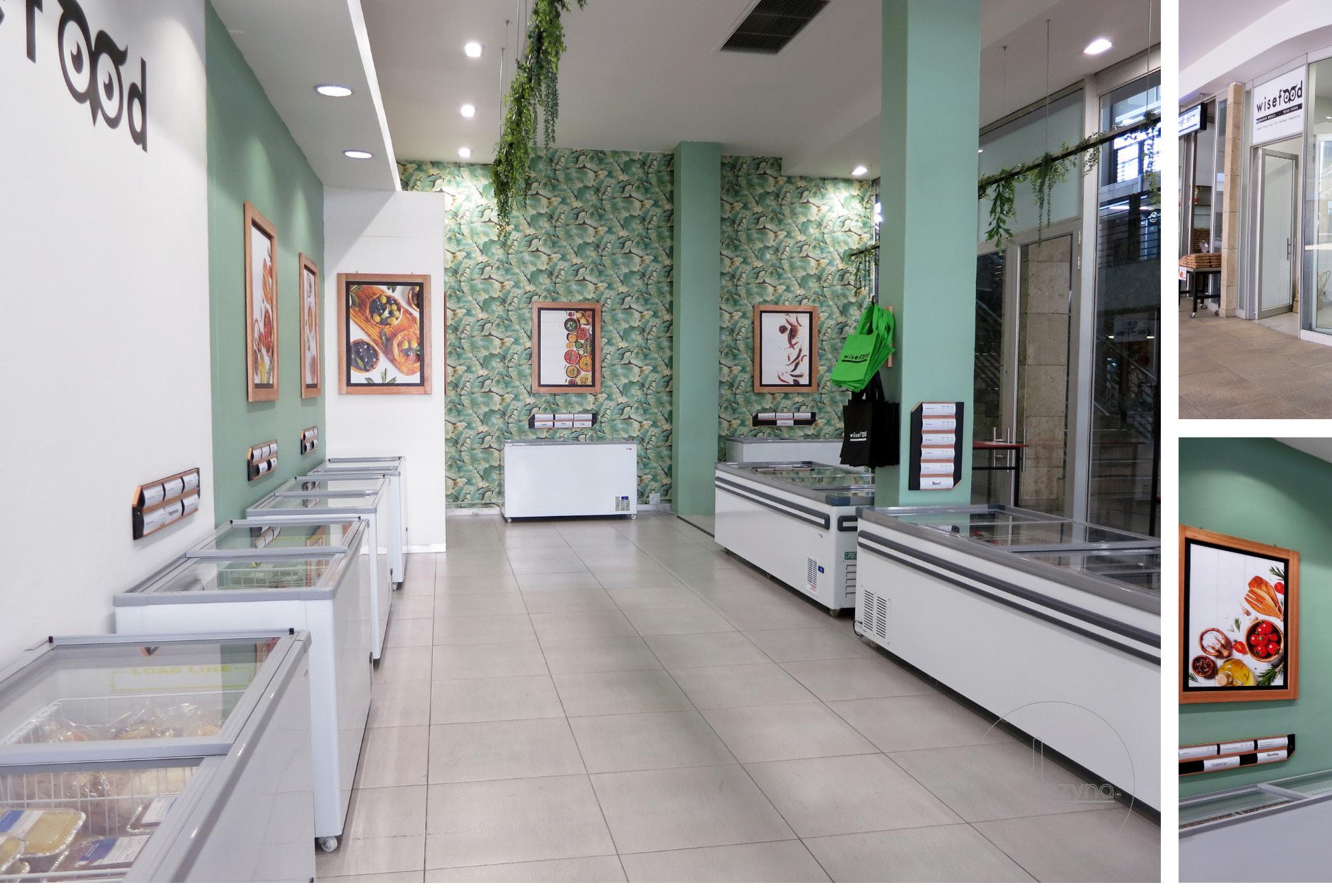
to further the social and aesthetic standards of the design community.
“HOLISTIC DESIGN INCORPORATES NOT ONLY PHYSICAL ELEMENTS, SUCH AS LIGHTING AND FURNITURE, BUT ALSO EMOTIONAL AND SPIRITUAL ASPECTS, SUCH AS THE ENERGY FLOW AND THE CONNECTION TO THE NATURE OF THE SPACE”
– NICOLENE MAUSENBAUM, FOUNDER, DEZYNA INTERIORS
The IID is the only professional body for interior architects, designers, decorators, education institutions, and suppliers to the interior design industry in South Africa.
The institute promotes awareness and recognition of the status of professional members to government and public and business communities.
The IID is dedicated to establishing, promoting, and maintaining
expertise, professionalism, and high standards throughout the industry. Its annual programme of continued professional development (CPD) workshops and seminars promotes continued learning as a key element of professional interior design practice, and as a member, I have a code of ethics to adhere to, in order to honour the dignity of my profession.
I also have a professional obligation
Being a member of the IID not only demonstrates my status as a business professional with valuable skills, but also reiterates my credibility, enhancing the trust and confidence of my clients in my ability as an industry professional.
NEW OPPORTUNITIES
Interestingly, the COVID-19 pandemic created new opportunities with the advent of work from home and virtual design.
As with all spaces, I enjoy the challenge of creating the ideal office interior for the individual. No two people are alike; therefore, no two design briefs are the same, which is exciting for me as a designer.
Creating a functional, aesthetically pleasing interior – even in conceptual form – that my client loves to be in is always the goal and truly rewarding when accomplished. This principle
16 | Africa Outlook Issue 106
O O O O OO
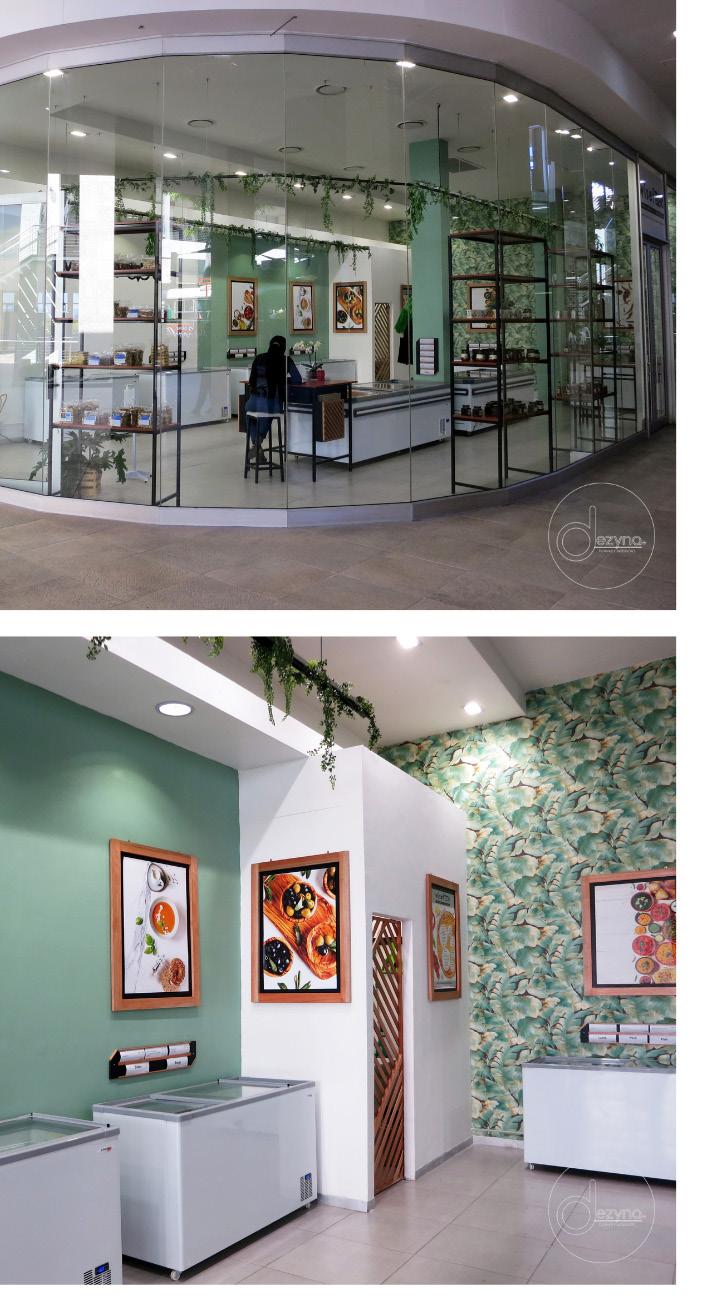
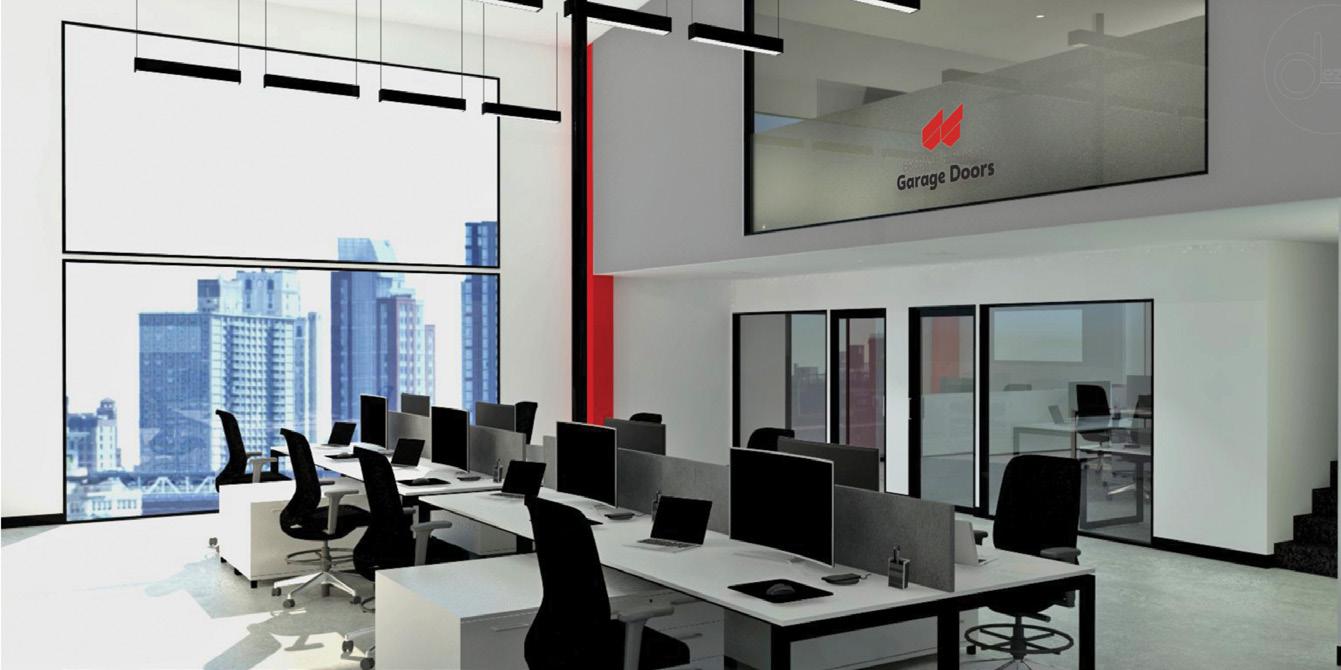
“I NATURALLY APPROACH INTERIORS FROM A HOLISTIC POINT OF VIEW.
I WOULD NOT BE DOING MY JOB AS AN INTERIOR DESIGN PROFESSIONAL IF I DID NOT PAY KEEN ATTENTION TO THE REQUIREMENTS – SPOKEN AND UNSPOKEN – OF MY CLIENTS”
O O O O O O
– NICOLENE MAUSENBAUM, FOUNDER, DEZYNA INTERIORS

applies across the board, from large corporations to store owners, homeowners, and even apartment dwellers.
Including virtual design as part of my service has afforded unlimited global work opportunities. People often ask how I manage e-design successfully, but it is possible. Having
over 25 years of design experience also aids in understanding what my clients would really like.
Not only do I design the space for my clients, but thanks to the internet, I can recommend furniture and finishes from their favourite stores, anywhere in the world.
Since introducing e-design to
Dezyna Interiors’ list of offerings, I’ve successfully consulted and completed design work for residential, retail, commercial, and corporate interiors locally and internationally.
Having the opportunity to network with amazing people, not only in South Africa but all around the world, is another positive development for the business. I am proud to say that Dezyna Interiors recently received the African Excellence Award for Best Unique Interior Design Studio in Johannesburg.

+(27) 76 713 3385 nicolene@dezyna.com dezyna.com DEZYNA INTERIORS ARCHITECTURE Africa Outlook Issue 106 | 17

PEDALLING A REVOL UT ION
With the goal of globalising professional keirin racing, DerbyWheel emerges as a pioneer of velodrome cycling and hopes to share the profits generated from its global operation. Shabaan Mohamed, Managing Director of DerbyWheel Africa, tells us more about its growing popularity on the continent
Writer: Lily Sawyer


As a sport, cycling has historically proven extraordinarily popular, owing in part to its versatility.
Indeed, track, road, and mountain cycling all boast strong international fan bases, which have seen hundreds of indoor and outdoor velodromes built across the world.
However, in recent years, many velodromes across Europe and the US have faced an uncertain future due to high maintenance costs, which could, in turn, adversely affect associated athletes and stakeholders.
Yet, in Japan and South Korea, professional keirin racing has seen huge annual revenues generated solely from domestic betting, totalling around USD$10 billion in the former and USD$2 billion in the latter.
Professional keirin athletes in the two countries often compete for significant prize monies of up to USD$1 million.
DerbyWheel is an organisation intent on globalising the discipline,
which is currently operated as a closed domestic enterprise in Japan and South Korea.
“Our intent, mission, and goal is to create an open professional keirin league with equal accessibility for the entire cycling family, to provide benefits to riders, venues, and other stakeholders across the globe,” opens Shabaan Mohamed, Managing Director of DerbyWheel Africa.
To distribute race content to the international market, the organisation plans to adopt the lucrative Japanese and Korean business model.
“Fundamentally, we will contribute to the welfare and future of cyclists and utilise velodromes around the world by sharing the profits generated from its global operation,” Mohamed details.
GLOBAL IMPLEMENTATION, AFRICAN OPERATION
Due to a considerable lack of infrastructure and owing to the high cost of events, cycling in developing
TOPICAL FOCUS SPORT Africa Outlook Issue 106 | 19
THE GHANA CYCLING FEDERATION
As the General Secretary of the Ghana Cycling Federation (GCF) and President of the African Paracycling Commission, in addition to his responsibilities at DerbyWheel, Mohamed is evidently deeply invested in promoting the sport across Africa.
In a bid to make cycling more accessible to all, GCF announced the African Road Cycling and Paracycling Championships last year, held in Ghana in February 2023.
Mohamed observed that the championships served as an opportunity for Ghana to host between 20 and 40 participating countries, increasing interest in the sport, whilst the dual event served as preparatory grounds for the 2023 African Games hosted in Accra, Ghana, and the 2024 Olympic Games being held in Paris, France.
“The hosting of this event offered paracyclists a platform to get classified,” he comments.
Meanwhile, ahead of the 2023 African Games, GCF made the influential move to begin training female cyclists.
Female riders were taught the rules and regulations of the sport whilst being educated on the correct apparel and nutrition.
GCF hopes that following a successful debut of the team at last year’s African Games, Ghanaian female cyclists can continue to make waves at future sporting events.

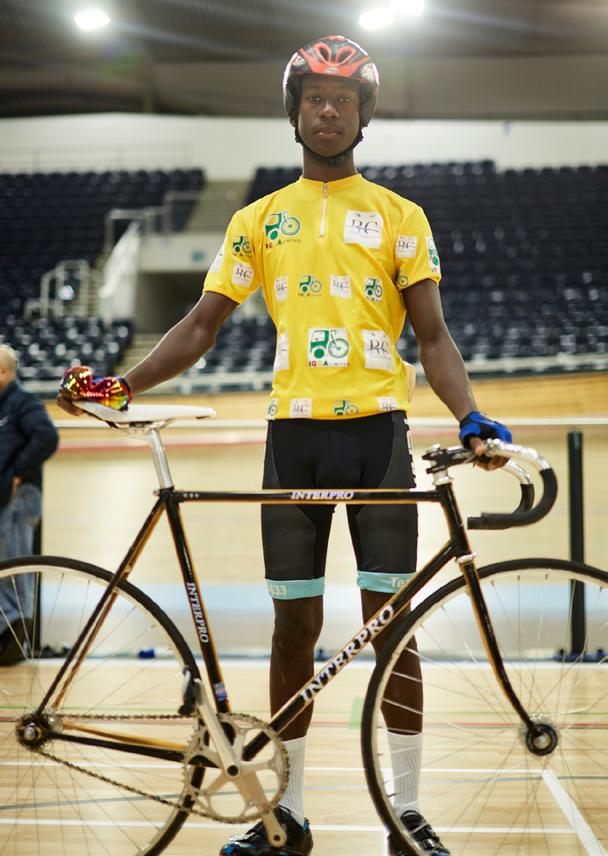
countries, such as those in Africa, has often been heavily underrepresented. DerbyWheel hopes to change this.
“Our mission is to give equal opportunities to cyclists around the world, especially to those less privileged, from countries where there is very little investment in cycling. DerbyWheel has given hope to a lot of African cyclists, and we are excited to see what the future holds,” Mohamed excites.
DerbyWheel intends to provide a realistic pathway for riders across


Africa to enter events such as the World Championships and the Olympic Games. It hopes to achieve this by sponsoring riders to attend events.
“Usually, riders must spend their own money to go to events, many of which provide no financial reward.
DerbyWheel intends to cover riders’ expenses and eventually reward them with a cut of the revenue generated from the event.”
Despite Africa’s vast population spanning 54 countries, which are
20 | Africa Outlook Issue 106 TOPICAL FOCUS SPORT
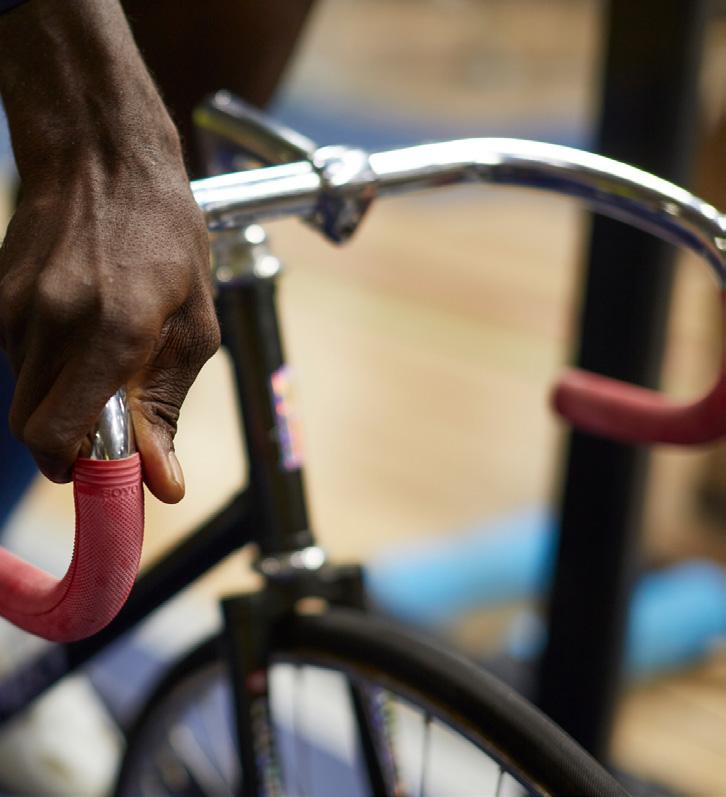

home to over three million cyclists, there is currently only one standard velodrome in Cairo, Egypt. Thus, most African cyclists can be found training on grass or athletic tracks – a far cry from the facilities found in Europe, the US, Japan, or South Korea.
“We hope that DerbyWheel will offer a pathway for cyclists from countries where there are limited cycling facilities and infrastructure, providing hope for those riders and discovering hidden talent along the way,” Mohamed reflects.


A SUSTAINABLE PATHWAY
It is hoped that more velodromes in different African regions will be developed in the coming years, and DerbyWheel intends to have a positive impact on this prospect by influencing increased participation.
“The fact we have the possibility to offer riders a consistent income and cover their expenses will make a massive difference in making cycling more accessible and sustainable in places like Africa,” Mohamed comments.
Ghana has already received five bicycles and other associated equipment from DerbyWheel, which has been a massive help in introducing cyclists in the region to the sport.
“It is only the beginning, but we hope to continue to increase the amount of equipment we provide and improve the facilities we use,” he enthuses.
Last year, DerbyWheel sponsored the National Cycling Tour of Ghana. The winners, Solomon Tegoe and Farrakhan Shaaban Mohammed, were able to attend the DerbyWheel introduction event in Manchester, UK, that took place in January this year.
“Initiatives like this will only help to increase participation,” Mohamed explains.
As DerbyWheel’s efforts in Africa continue, the organisation hopes to establish a sustainable pathway for riders and develop the sport across the nation.
“The future of African cycling is close to my heart, and I am proud to be associated with such a visionary outfit as DerbyWheel, which has proven beyond scepticism that it can deliver and serve as a platform of change for many cyclists across the world, especially in Africa,” he concludes.
TOPICAL FOCUS SPORT Africa Outlook Issue 106 | 21
AFRICA OUTLOOK is a digital product aimed at boardroom and hands-on decision-makers across a wide range of industries on the continent.
With content compiled by our experienced editorial team, complemented by an in-house design and production team ensuring delivery to the highest standards, we look to promote the latest in engaging news, industry trends and success stories from the length and breadth of Africa.
We reach an audience of 185,000 people across the continent, bridging the full range of industrial sectors: agriculture, construction, energy & utilities, finance, food & drink, healthcare, manufacturing, mining & resources, oil & gas, retail, shipping & logistics, technology and travel & tourism.
In joining the leading industry heavyweights already enjoying the exposure we can provide, you can benefit from FREE coverage across our digital platforms, a FREE marketing brochure, extensive social media saturation, enhanced B2B networking opportunities, and a readymade forum to attract new investment and to grow your business.
To get involved, please contact Outlook Publishing’s Managing Director, James Mitchell, who can provide further details on how to feature your company, for FREE, in one of our upcoming editions.





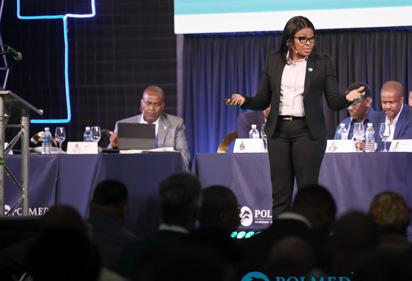

Tell us your story and we’ll tell the world CSI CONSTRUCTION / EPC GROUPE SOUTH AFRICAN POLICE SERVICE MEDICAL SCHEME Ensuring the health and well-being of the South African Police Service Kyle Whitehill CEO of Avanti Communications, speaks of the satellite technology company’s multi-orbit business strategy and mission to connect Africa SETRACO NIGERIA Contributing to in Nigeria FORMEX INDUSTRIES World-class manufacturing capabilities www.africaoutlookmag.com FREE Marketing Opportunity www.africaoutlookmag.com/work-with-us

HEALTHCARE FOR A SAFER SOUTH AFRICA
Ensuring the health and well-being of the South African Police Service (SAPS) is critical for the continued prosperity of the country. Neo Khauoe, Principal Officer, tells us how the South African Police Service Medical Scheme secures the safety of the nation through provision of healthcare to SAPS
Writer: Lucy Pilgrim | Project Manager: Cameron Lawrence

The South African Police Service Medical Scheme (POLMED) was established in 1967 to provide healthcare services and cover consequential costs for active and retired SAPS employees.
“We are committed to our vision of ‘healthy members for a safer South Africa’ (SA), which is supported by our mission to enable quality healthcare for SAPS members and their dependants in a cost-effective manner,” introduces Neo Khauoe, Principal Officer of POLMED.
In recent years, the medical scheme industry in SA has faced many challenges, such as rising healthcare costs, fraud, waste, abuse, the burden of disease, and the need to ensure financial sustainability.
In this context, the affordability of health plans continues to be an issue for both medical schemes and their members, which is the result of worsening economic challenges and increased levels of unemployment.
SOUTH AFRICAN POLICE SERVICE MEDICAL SCHEME HEALTHCARE

Africa Outlook Issue 106 | 25
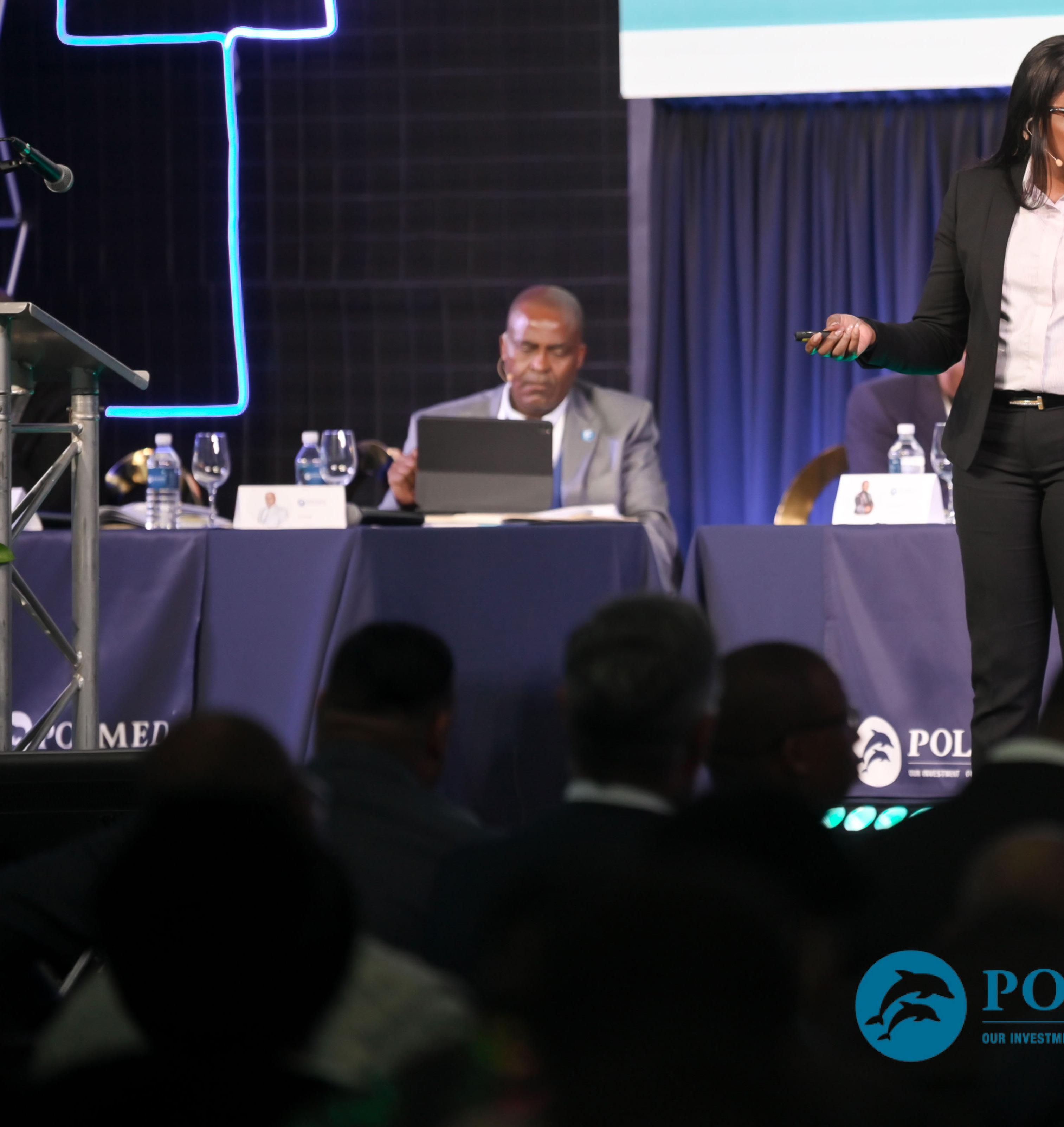
This has manifested through the amalgamation and liquidation of medical schemes across the country. In 2000, there were 135 medical schemes, however, as of December 2023, only 72 remained active.
On the contrary, POLMED has shown significant growth in recent years, demonstrated by a consistent increase in the number of principal members.
Although the Scheme has faced difficulty in levying premiums that match medical inflation, the organisation mitigates this issue with a well-planned investment policy that addresses both the sustainability and liquidity basket, thus protecting reserves, growing solvency, and pay increasing claims.
Alongside the Scheme’s thorough
investment policy, POLMED’s other initiatives include tariff negotiations with healthcare providers, fraud and waste management, engagement with industry bodies, as well as many other preventative healthcare initiatives.
PROVIDING CRITICAL SUPPORT
The organisation’s vision encapsulates the significance and importance of the Scheme.
Firstly, the nature of police work often exposes officers to various physical and mental health risks, given their frequent exposure to dangerous situations, violence, and traumatic events.
Due to the impacts this can have on officers’ well-being, it is essential that they have access to comprehensive healthcare services that can address their specific needs. As such,
POLMED offers the necessary care, comprising preventative measures, medical treatments, and mental health support.
Secondly, the physical demands of police work can lead to injuries and health issues caused by hyper-active daily tasks.
Consequently, the Scheme ensures that officers can receive medical treatment and rehabilitation services that heal injuries promptly and effectively. Thus, by receiving the right care, police officers can recover and return to their duties as quickly as possible.
Additionally, police officers may experience post-traumatic stress disorder (PTSD), depression, or anxiety due to high levels of stress and emotional trauma.
26 | Africa Outlook Issue 106 SOUTH AFRICAN POLICE SERVICE MEDICAL SCHEME HEALTHCARE

“WE ARE COMMITTED TO OUR VISION OF ‘HEALTHY MEMBERS FOR A SAFER SOUTH AFRICA’, WHICH IS SUPPORTED BY OUR MISSION TO ENABLE QUALITY HEALTHCARE FOR SAPS MEMBERS AND THEIR DEPENDANTS IN A COST-EFFECTIVE MANNER”
– NEO KHAUOE, PRINCIPAL OFFICER, SOUTH AFRICAN POLICE SERVICE MEDICAL SCHEME
Africa Outlook Issue 106 | 27
It is therefore vital for POLMED to provide mental health support services so that officers can better manage potentially distressing events and prevent the long-term consequences associated with untreated healthcare conditions.
“We maintain that specialised health benefit plans – specifically designed for police officers, considering their occupational risks, health needs, and duty-related injuries – are indispensable. These plans must provide comprehensive coverage and are best delivered through a medical scheme,” asserts Ms Khauoe.
Providing the appropriate care through a dedicated medical scheme benefits the individual officers and overall functionality of the police force, as well as security services at large.
ENSURING LONG-TERM HEALTH
POLMED offers its services via two plans – Aquarium and Marine. The latter is the largest of the two, attracting 61 percent of the principal members registered with the Scheme.

The Marine plan is the organisation’s flagship programme, where members enjoy greater benefits than the baseline requirements stipulated by the Prescribed Minimum Benefits (PMBs), which dictate the benefits given throughout the South African medical scheme industry.
For instance, this year, Marine contributions for a principal member or adult dependent will range from ZAR474 to ZAR1,497 per month, and Aquarium contributions will range from ZAR117 to ZAR403.
Meanwhile, members’ contributions for a child dependent range from ZAR50 to ZAR190 under the Aquarium plan, and ZAR118 to ZAR656 in the Marine programme. This demonstrates the extent to which POLMED prioritises affordable healthcare services, making care more accessible when compared to other providers.
In response to changes in the industry, the Scheme is transitioning from a therapeutic traditional medical scheme focused on the payment of claims to an integrated wellness
organisation.
As a result, POLMED is centred around the prevention of illnesses, as well as early diagnosis and intervention to avoid any longterm illness and reliance on the organisation.
“This approach aims to keep members healthier for longer, extend their productive lives, and reduce costs. This leads to lower contribution increases, as well as enhanced benefits – a win-win for the Scheme’s members,” explains Ms Khauoe.
A further challenge POLMED is diligently overcoming is the deterioration of the general health profile in SA, compounded by limited healthcare access to hospitals and specialists.
In response to this, the Scheme is pursuing wellness-based health management in the form of a Member Engagement and Experience Division, which became operational in 2023. The division’s focus is on educating members in the self-management of specified diseases and healthcare issues.
AFRICA OUTLOOK: HOW DO YOU TRY TO RECOGNISE THE CONTRIBUTIONS OF YOUR STAFF?
NEO KHAUOE, PRINCIPAL OFFICER: “Our staff play a vital role in our success, and we are committed to fostering a work environment that empowers and recognises their valuable contributions.
“POLMED employs highly skilled individuals with a strong work ethic. This manifests in a performance distribution curve where over 90 percent of employees obtain above-average scores. Such performance is recognised through an incentive programme that acknowledges significant contributions across all levels of the organisation.
“In addition, POLMED recognises that most of its employees are highperforming individuals. Accordingly, our performance bonuses compare better than the market.
“The Scheme also invests in the development of its employees through a study assistance programme for their formal qualifications. Informal development is also provided through on-the-job training, including acting in higher-level roles, thereby improving career development and promotability.”
28 | Africa Outlook Issue 106 SOUTH AFRICAN POLICE SERVICE MEDICAL SCHEME HEALTHCARE






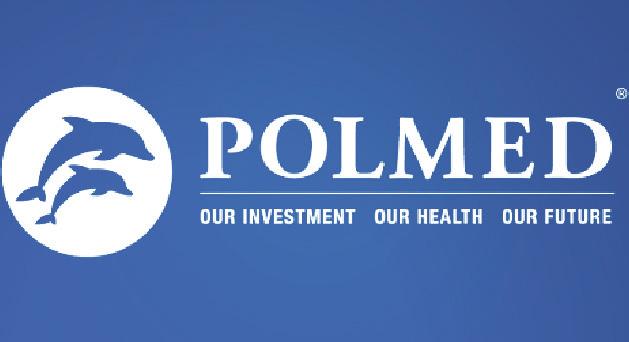
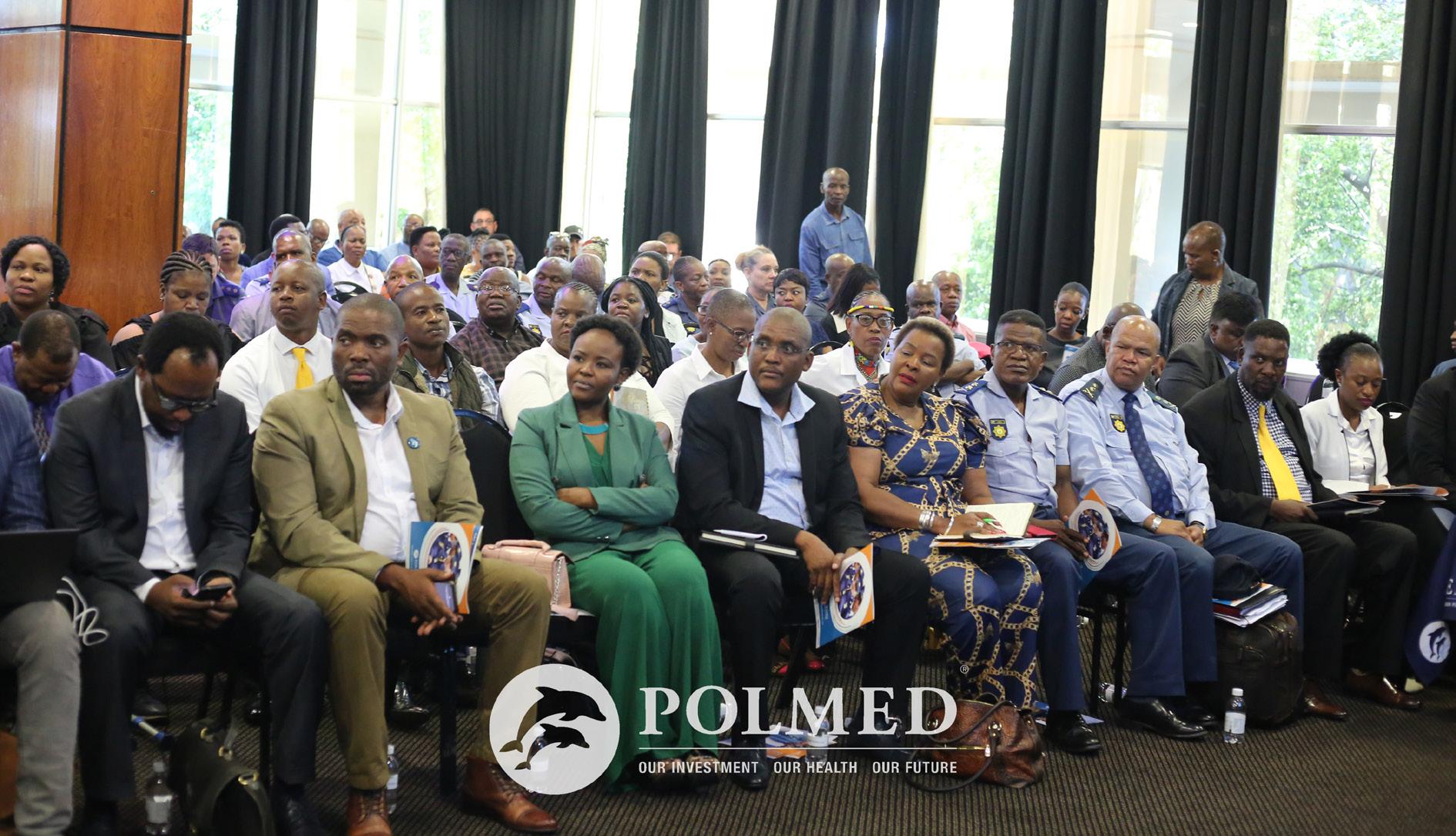
Meanwhile, in the hope of launching Scheme-owned physical health facilities, POLMED’s Board of Trustees (BoT) is processing a transition in the Scheme’s business model from a fully-fledged insurance scheme to one that incorporates aspects of a Health Maintenance Organisation (HMO).
The primary difference between an insurance health model and an HMO is that the latter insources and focuses more on primary and preventative measures to ensure members remain healthy and avoid long-term, costly hospital admissions.
“The facilities will enable the Scheme to focus on preventative care, early diagnosis, and intervention, and will serve to support members with administrative queries.
“The successful implementation of Scheme-owned facilities should result in improved health outcomes as well as better management of healthcare costs,” Ms Khauoe adds.
PLANNING AHEAD
POLMED has identified several risks as well as opportunities emanating from policy and industry developments, most notably from the
“OUR STRATEGY ETCHES THE SUSTAINABLE ROLE OF MEDICAL SCHEMES AND A LONGTERM POSITIVE CONTRIBUTION TO THE ACHIEVEMENT OF UNIVERSAL HEALTHCARE COVERAGE”
– NEO KHAUOE, PRINCIPAL OFFICER, SOUTH AFRICAN POLICE SERVICE MEDICAL SCHEME
recent introduction of the National Health Insurance (NHI) bill from the South African government.
Although this is an attempt at improving the affordability and accessibility of healthcare, it also dictates uncertainty over how medical schemes will operate once the bill is enacted, further deteriorating the affordability of healthcare.
POLMED has identified three strategic goals for the next five years, namely Scheme sustainability, quality healthcare for beneficiaries, and sound relationships with stakeholders.
As part of its forward-thinking strategy, the organisation is also focusing on technology integration to monitor and study the impact of healthcare interventions and make early adjustments where necessary.
POLMED’S KEY PRIORITIES FOR 2024
1. Enhance research and data analytics capabilities by acquiring requisite skills for hardware and software tools.
2. Acquire tools to automate and digitalise the monitoring and management of healthcare outcomes.
3. Entrench health facilities investments.
4. Run parallel systems for services identified for insourcing.
30 | Africa Outlook Issue 106






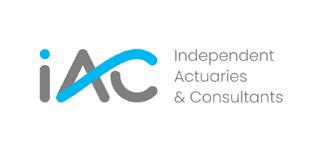







Discover the seamless alliance between Medscheme and POLMED, the esteemed medical aid scheme dedicated to offering cost-effective health insurance for those risking their lives to protect the public and their dependents. Since 2016, and with almost 500,000 beneficiaries under our care, this partnership has embodied excellence in primary health care access, ensuring tailored solutions, comprehensive coverage, and support. As a flagship administrator and biggest subsidiary of the AfroCentric Group, Medscheme offers an integrated approach to healthcare supported by data driven insights and innovation - empowering our law enforcement personnel to focus on their duties with peace of mind. Rendering South Africa Healthier Together! afrocentric.za.com www.africaoutlookmag.com/work-with-us Tell us your story and we’ll tell the world Navigate the Financial Landscape with Confidence Independent Actuaries and Consultants (IAC) is a team of highly experienced professionals dedicated to providing comprehensive actuarial and investment consulting services to a wide range of institutions. We offer specialized services to the legal community, including expert quantification of motor vehicle accident (MVA) claims. At IAC, we are committed to fostering strong relationships with our clients, not only providing expert guidance but also transferring our skills to empower them with the knowledge to make informed decisions. Partner with IAC and experience the synergy of independent expertise, unparalleled experience, and unwavering commitment to your success. 086 133 3820 | info@iac.co.za | iac.co.za | www.scriptpharm.co.za. We are accredited for both Pharmacy Benefit Management and Provider Network Management with a contracted network of over 2,900 pharmacies that provide services in acute, chronic, HIV, and oncology medicine management to our medical scheme clients. Efficient Medicine Risk Management Scriptpharm is a registered Managed Care Organisation with more than 20 years’ experience in risk management and pharmaceutical value chain optimisation through an integrated approach between various stakeholders. Africa Outlook Issue 106 | 31 SOUTH AFRICAN POLICE SERVICE MEDICAL SCHEME HEALTHCARE
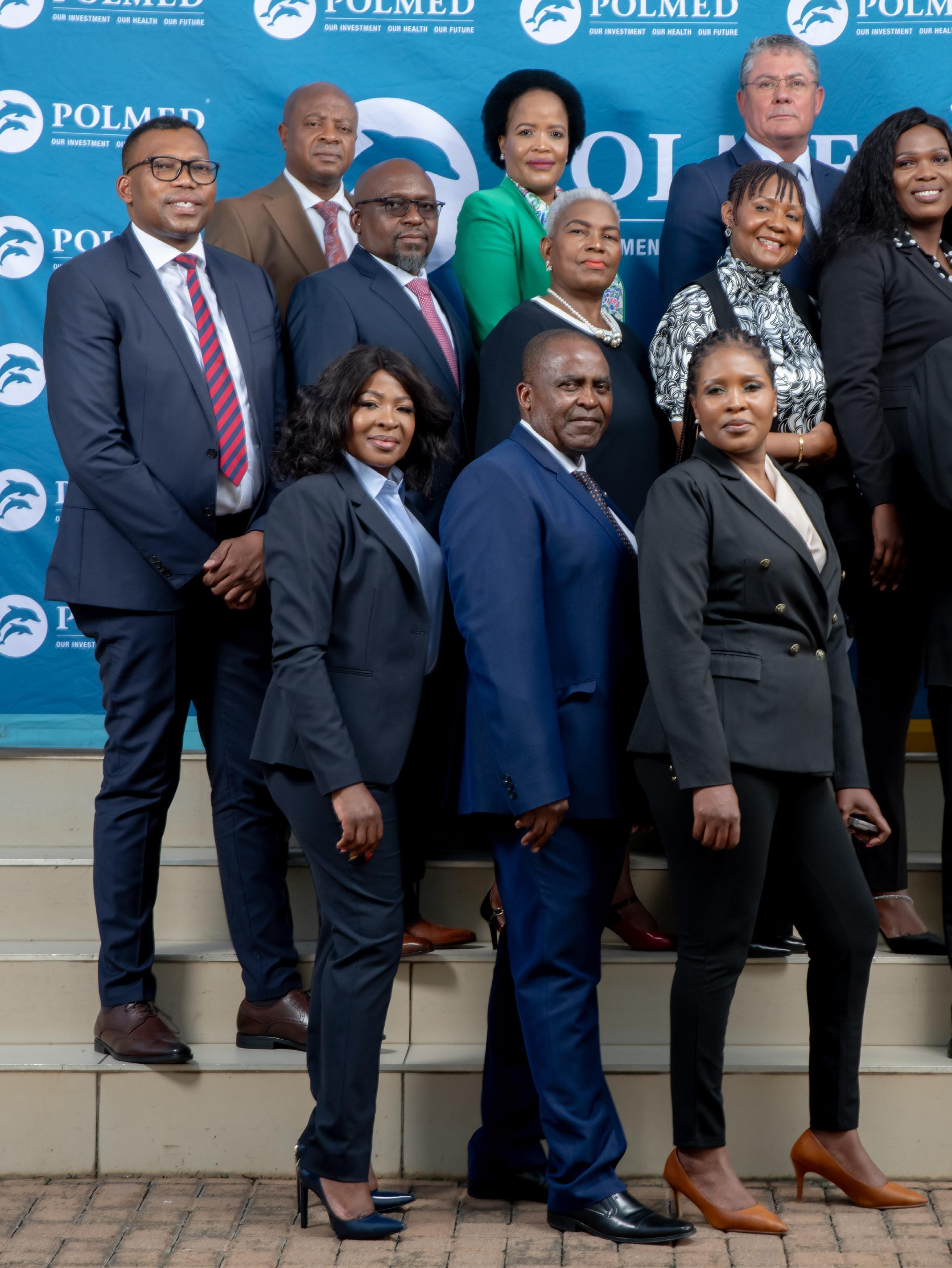
32 | Africa Outlook Issue 106

In instances where POLMED maintains healthcare partnerships, technology integration could also be used to help facilitate reimbursement models based on healthcare outcomes. Therefore, technology integration will be pivotal in the delivery of quality healthcare for beneficiaries.
“A POLMED beneficiary is not only a patient, but by participating in technology devices to gather data, is a partner in the delivery of a healthcare value chain.
“Relations between beneficiaries, healthcare providers, and the Scheme will be enhanced through collaboration on our auditable central data portal,” comments Ms Khauoe.
In this way, POLMED will add objective and measurable indicators of sound relationships with stakeholders.
“Our strategy etches the sustainable role of medical schemes and a long-term positive contribution to the achievement of universal healthcare coverage. Successful implementation of the POLMED strategy will make the Scheme a centre of excellence,” she adds.
AFFORDABILITY AND ACCESSABILITY
As a non-profit organisation, POLMED’s primary purpose is to promote affordable access to healthcare services.
Additionally, the scheme strives to incorporate environmental, social, and governance (ESG) practices through energy efficiency and an environmental management system. In order to maintain a green building status, it also advocates for paper recycling and reduced paper usage across the business.
The Scheme integrates social elements by implementing equal opportunity access to employment and procurement programmes that are aimed at promoting economic participation and correcting gender
and racial imbalances. This is demonstrated by the fact that the company possesses a 70 percent female staff base.
POLMED also provides internship opportunities to the children of ‘fallen heroes’ – SAPS members who passed away whilst on duty.
“The Scheme works closely with SAPS and labour unions, including the Police and Prisons Civil Rights Union (POPCRU) and South African Policing Union (SAPU), to understand the demanding realities of police work and serve as a community anchor for our members’ medical needs and their holistic wellbeing,” Ms Khauoe emphasises.
Furthermore, the governance element of ESG is encouraged by developed risks and ethics management programmes for members of the Scheme.
As such, ESG is embedded throughout POLMED’s business practices and remains a top priority for the BoT as they look to develop the organisation’s investment strategy.
POLMED is of the utmost significance for SAPS officers, as the Scheme ensures that they are protected from financial catastrophe and receive the right care by addressing their specific physical and mental health needs.
By providing comprehensive healthcare services, POLMED plays a crucial role in supporting the well-being of police officers and providing financial support for catastrophic expenses.
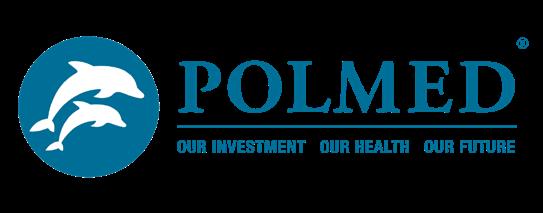
Tel: 0860 765 633
polmed@medscheme.co.za
www.polmed.co.za
Africa Outlook Issue 106 | 33 SOUTH AFRICAN POLICE SERVICE MEDICAL SCHEME HEALTHCARE

A CULTURE OF CARE
With comprehensive and competitive healthcare strategies that are leading South Africa’s medical aid industry, Bestmed Medical Scheme is a titan in preventative care. Principal Officer and CEO Leo Dlamini tells us more
Writer: Lucy Pilgrim | Project Manager: Cameron Lawrence
BESTMED MEDICAL SCHEME HEALTHCARE 34 | Africa Outlook Issue 106

The medical scheme industry is a vital part of South Africa’s functioning healthcare system.
Yet, the sector has experienced recent challenges and remained stagnant due to prevailing economic circumstances that have restricted short to medium-term growth.
The medical scheme industry has become highly regulated, with organisations in the sector
consistently reviewing their procedures and processes.
To compound this, both public and private medical schemes are acutely aware of the developments related to the South African government’s implementation of National Health Insurance (NHI). As such, the funding for NHI and the overall future of medical schemes is still unclear.
On the contrary, Bestmed Medical
Scheme (Bestmed) is optimistic about the future, as the organisation is a proactive part of the industry through its participation on the Board of Healthcare Funders, which monitors and contributes to the development and representation of the South African private healthcare industry in the face of the new NHI bill.
“We believe that medical schemes have the opportunity to make a
Africa Outlook Issue 106 | 35
AFRICA OUTLOOK: TELL US ABOUT THE ORGANSIATION’S SUPPLY CHAIN OPERATIONS AND THE IMPORTANCE OF THESE RELATIONSHIPS?
LEO DLAMINI, PRINCIPAL OFFICER AND CEO: “To ensure mutually beneficial relationships with our various stakeholders, Bestmed continues to commit to our promise of being ‘Personally Yours’ via stakeholder engagements. At the centre of our stakeholder management plans is the aspiration to extract value for the Scheme and its members, while also positively impacting various spaces in which we operate. We achieve this by understanding any concerns or opportunities that stakeholders have and identifying measures that manage these effectively.
“Bestmed has also built strong relationships with hospital groups, the healthcare advisor community, corporates, industry bodies, and service providers, and continues to foster a transparent and independent relationship with the Council for Medical Schemes (CMS). Ultimately, Bestmed’s stakeholder engagements ensure that we reach our goals of greater transparency and good corporate governance, as well as ensuring the Scheme’s sustainability.”
difference in people’s lives,” opens Leo Dlamini, Principal Officer and CEO of Bestmed.
“We have reassured our members that Bestmed will do everything in its power to protect the rights of the Scheme and its members to ensure that access to quality healthcare is not compromised,” he explains.
BESPOKE OFFERINGS
This tenacity and drive stems from Bestmed’s flourishing history, providing medical aid for nearly six decades. With in excess of 240,000 lives under its care, Bestmed is the largest self-administrated scheme and the fourth-largest open medical scheme in South Africa.
To cater to its vast base of members, the organisation has approximately 18,000 competent healthcare providers and ancillaries nationwide, making it one of the country’s most extensive healthcare networks.
Bestmed offers its members 14 structured plans, which include competitive preventative care benefits such as flu vaccines, female contraceptives, and baby growth
and development assessments. The organisation also offers managed healthcare interventions to ensure efficient, cost-effective, and highquality healthcare services including oncology, HIV/AIDS, dialysis, and maternity care.
Significantly, the preventative care and managed healthcare interventions not only help minimise the risk of prolonged illness and impairment, but save members the associated treatment costs in the long-term.
One of the organisation’s fundamental focuses is to ensure accessibility to as many members as possible. Bestmed prides itself on having an incredibly accessible member administration contact base, with walk-in centres in Pretoria, Cape Town, Durban, Port Elizabeth, Nelspruit, and Polokwane, where members can make appointments, obtain membership cards, and change contact details and dependants.
“The Scheme’s promise of being ‘Personally Yours’ has become synonymous with Bestmed, distinguishing our people, our culture, our partners, and how we deliver

exceptional service to our members every day in every interaction,” Dlamini tells us.
A key part of the organisation’s value proposition is its wellness programme, Tempo, which comes at no additional cost.
“The Tempo wellness programme includes Nutritional Health, Fitness (Get Active), and Emotional Wellbeing Journeys to promote a healthy, balanced lifestyle,” he adds.
Members can complete a health assessment to access two consultations each with a Tempo partner biokineticist and dietician, both playing a vital role in the patient’s Fitness and Nutritional Health Journeys. The consultations with a biokineticist include a fitness assessment and personalised exercise plan, alongside a nutritional assessment and the development of a tailored eating plan with a dietician.
In 2023, the Tempo wellness programme was expanded to include a Get Active Journey, to incorporate physical activity into the wellness plan. Furthermore, all journeys are available on the Bestmed App and online member portal.
36 | Africa Outlook Issue 106 BESTMED MEDICAL SCHEME HEALTHCARE






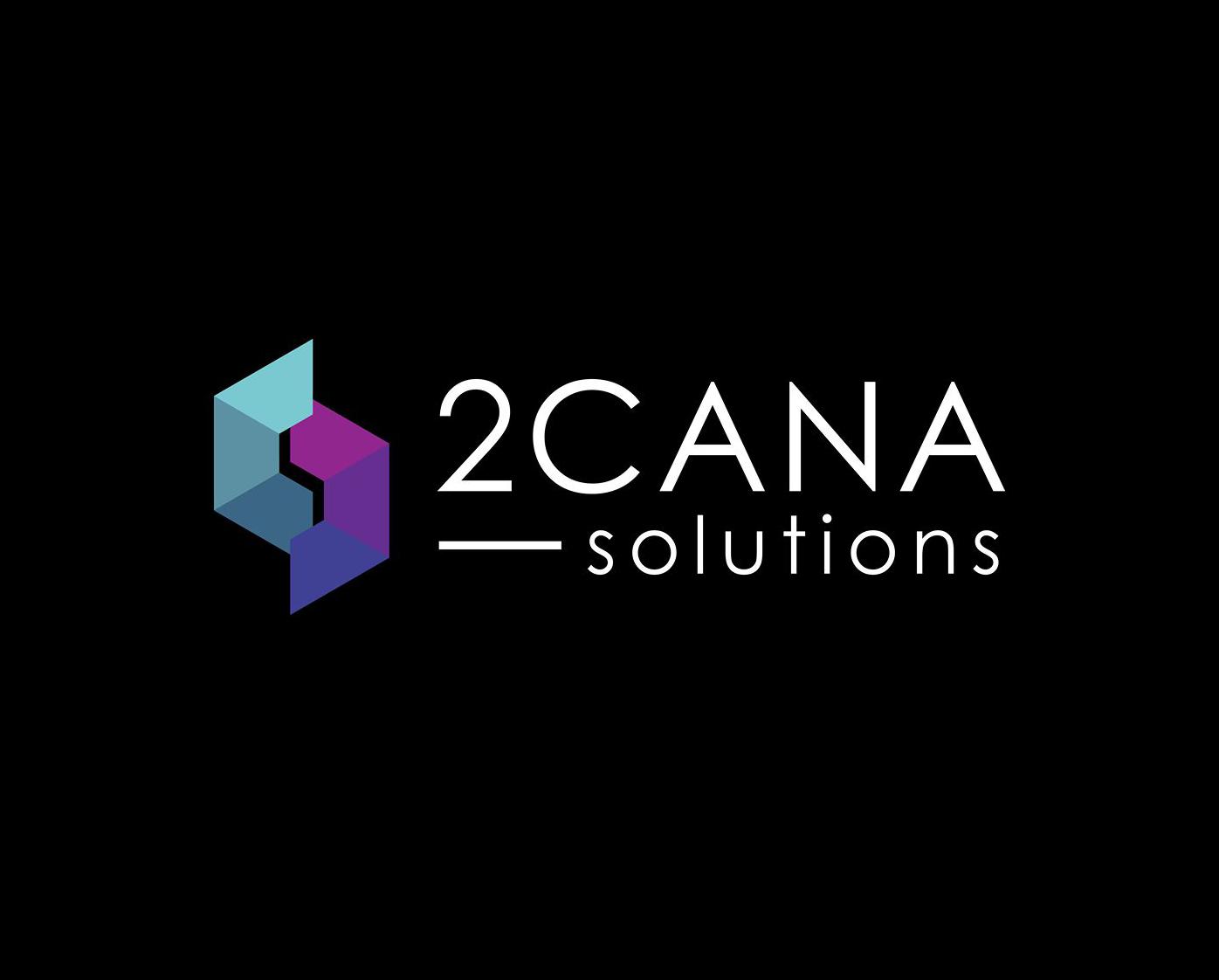

Partner with Mediscor for customised medicine benefit management solutions www.mediscor.co.za | info@mediscor.co.za | +27 (12) 674 8000 Mediscor PBM is the largest independent pharmaceutical benefit management organisation in Southern Africa, specialising in real-time claims processing and the management of medicine benefits. Over the past 11 years, the per beneficiary cost increases experienced by Mediscor’s clients were significantly lower than that of the industry. Key benefits of partnering with Mediscor • Independent and experienced organisation • Specialists in managing medicine benefits • Customised solutions per client and country • Guaranteed accurate claims processing • Guaranteed savings from interventions • Reputable and clinically intelligent systems Years of experience 34 2.4 Million lives managed 63 Funder clients www.africaoutlookmag.com/work-with-us Tell us your story and we’ll tell the world 2Cana solutions is a leading independent provider of insurance software solutions to the financial services sector, having established a reputation of excellence for its commitment to providing high quality and cost-effective business solutions to customers locally and internationally. 2cana.co.za solutions@2cana.co.za Africa Outlook Issue 106 | 37 BESTMED MEDICAL SCHEME HEALTHCARE
“The Get Active Journey allows all members to set personal goals and sync their fitness devices for exercise tracking. Members also have access to challenges in which they participate, including on-demand Tempo exercise classes, with a library of health and wellness topics,” highlights Dlamini.
In a competitive environment, it is an important focus for Bestmed to differentiate itself from competitors. To achieve this, it has two payment runs every week, whilst members pay child-dependant rates for children up to 24 years old and registered students are covered as child dependants up to 26 years old, inter alia.
From a financial perspective, the CMS requires all medical schemes in South Africa to have a minimum solvency ratio of 25 percent to ensure financial sustainability in the event of an unexpected increase in claims.
Bestmed has a solvency ratio of 41.7 percent as of December 2022, maintaining a strong financial position, and forecasts a promising growth trajectory.
IT INNOVATION
Regarding the wider industry, the realm of virtual consultations is shaping the delivery of benefits and services for medical scheme members. As an industry leader in this area, Bestmed was the first medical scheme to partner with Intermedix in 2020 to create the innovative iCanRefer™ digital referral programme.
This has been instrumental in enabling general practitioners (GPs) to find cost-effective and Schemeapproved specialists near a patient’s home, through the use of an e-scripting web application that allows healthcare professionals to generate a digital prescription to track and record their patients’ medical history.
The application also makes costeffective medicine included in the Scheme’s medicine formularies available, issues a digital prescription,

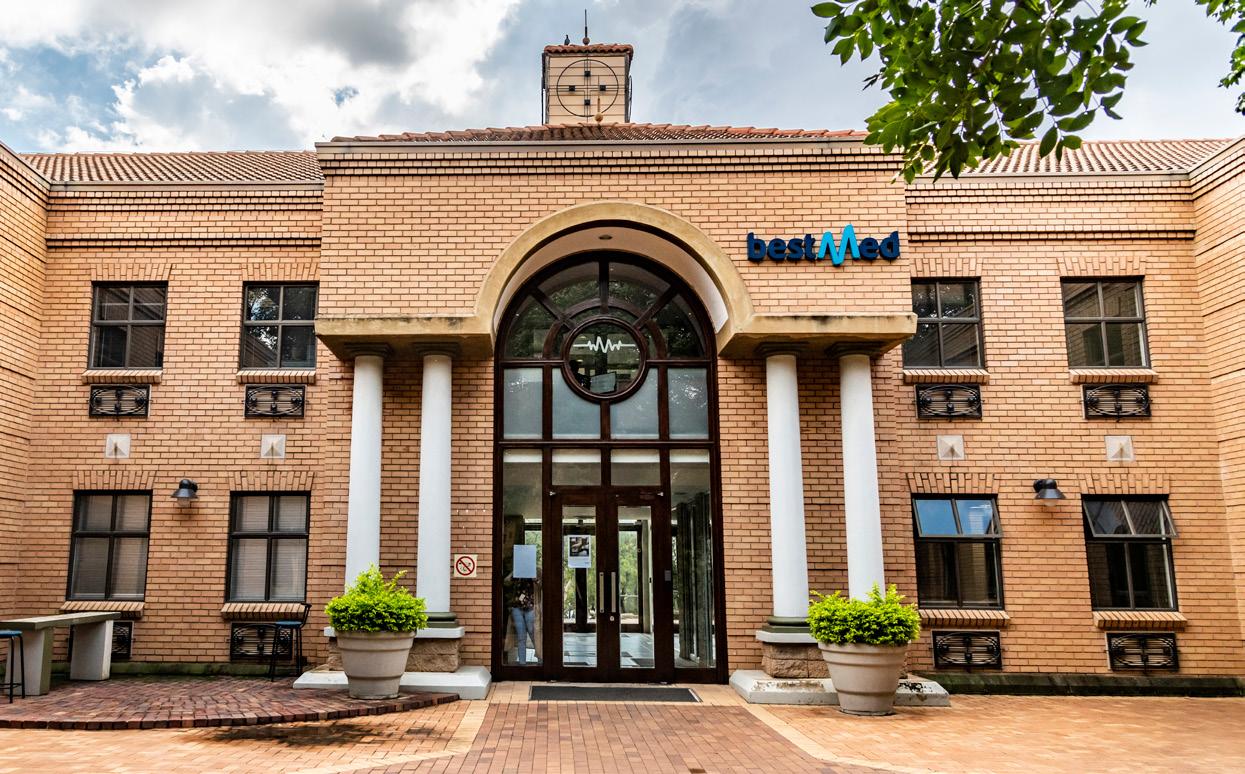
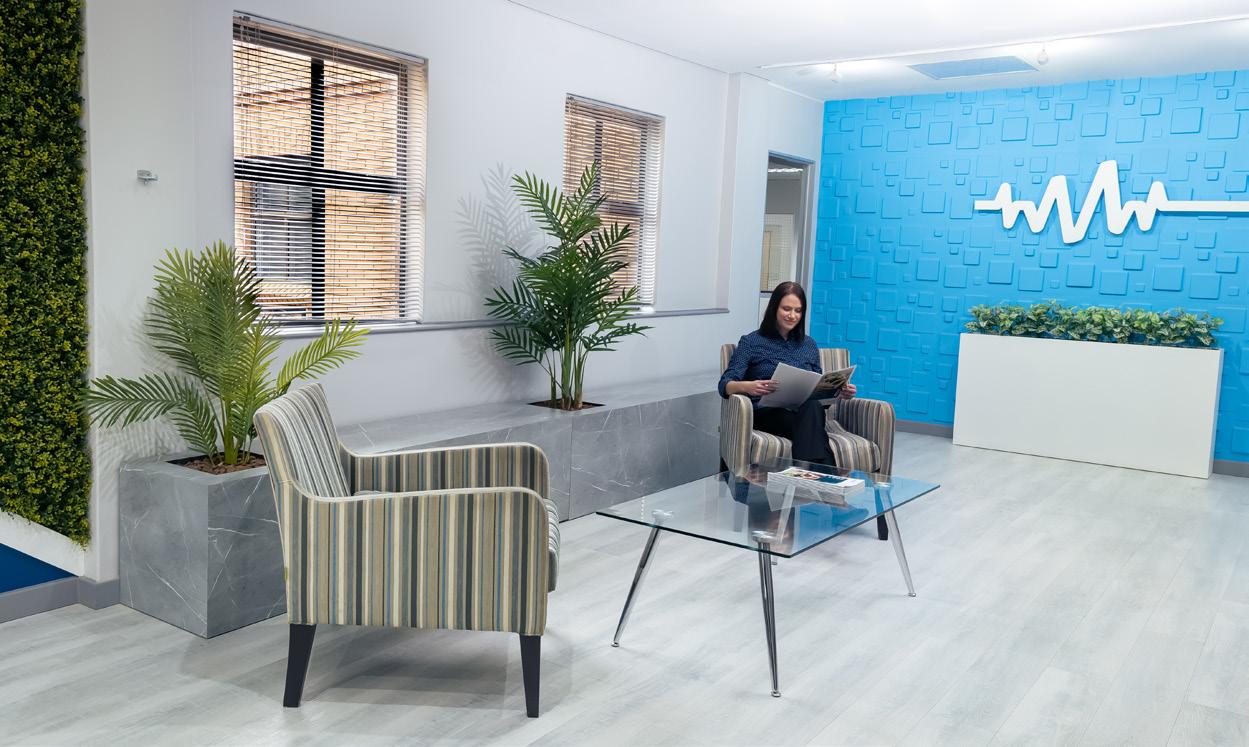
and lets GPs send the digital prescription and digital script to the retailer or courier pharmacy via an advanced electronic signature.
“Through this process, the iCanRefer™ programme creates a digital footprint that ensures greater compliance and adherence by health professionals and patients. It also guarantees, through data analytics, a
better overall health outcome for the individual,” Dlamini elaborates.
Elsewhere, to strengthen the organisation’s position and remain competitive in the industry, Bestmed has strategically invested in improving its ICT infrastructure and systems to benefit the end user and enhance the efficiency of the organisation’s operations.
38 | Africa Outlook Issue 106 BESTMED MEDICAL SCHEME HEALTHCARE
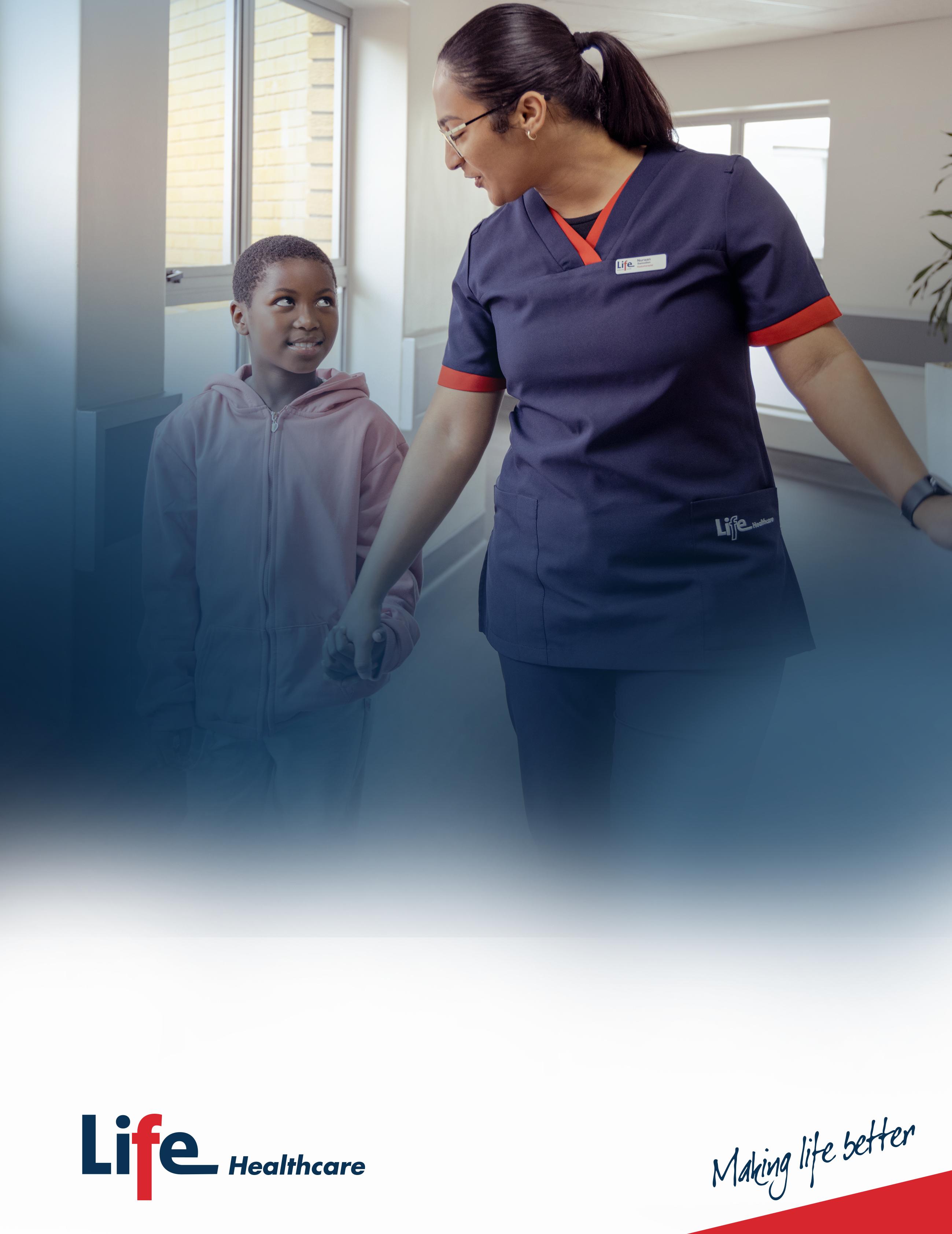

In line with the organisation’s strategic objectives and need for agility, it refreshed the Scheme’s binary digit (BIT) administration hardware last year not only to remain relevant in the industry, but to enhance projects and add value to the member experience.
“Businesses need to be agile, flexible, and willing to embrace new ideas and new technologies. We will continue to enhance our infrastructure throughout 2023 and into next year with the aim of providing an even better service for our members and other stakeholders.”
EMPOWERING LOCAL OPPORTUNITIES
Alongside its strategic investment in digital infrastructure, the Scheme has an equally well-defined corporate social investment (CSI) framework. Bestmed’s main intent is to benefit previously disadvantaged members of society in a sustainable manner and engage as a good corporate citizen.
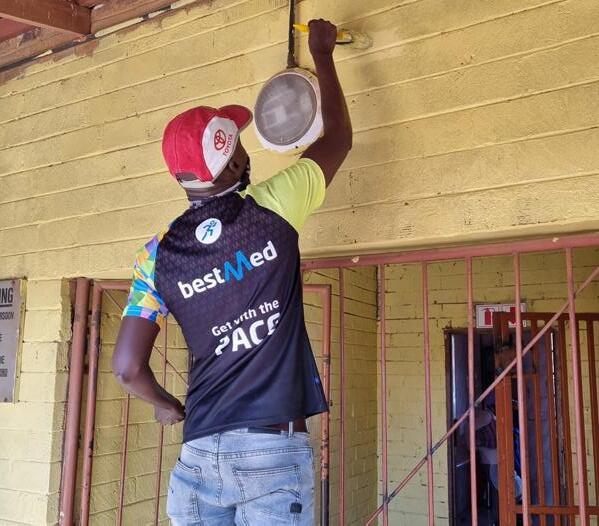
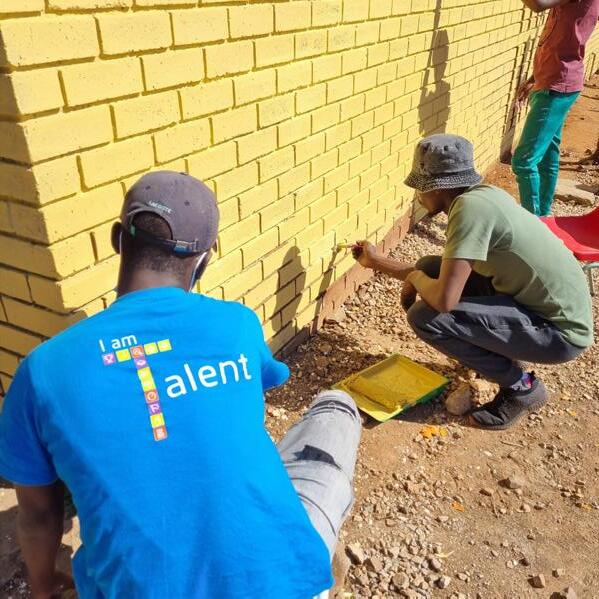
BESTMED’S CSI INITIATIVES
PARTNERS FOR POSSIBILITIES – Facilitating a partnership between schools and businesses that ensures personal growth and development opportunities at grassroots level over the space of 12 months. Last year, the initiative offered health assessments and a financial wellness presentation at Matseke Primary School in Atteridgeville, donating computers, projectors, desktops, tables, and chairs.
UNJANI CLINIC HEALTH POD SPONSORSHIP – Funding a mobile clinic that is equipped with the necessary medicine and medical equipment to provide access to primary healthcare in underserved and vulnerable communities in and around the George region, where primary healthcare services are not usually accessible.
PARTNERSHIP WITH SUPERSPORT LET’S PLAY – As a partner of SuperSport
Let’s Play’s modified hockey programme, Bestmed helps make hockey more accessible to communities that previously had little to no exposure to the sport.
STUDENT TRANSPORT DONATION TO NELSON MANDELA UNIVERSITY - A Bestmed-branded 22-seater bus was donated in March 2023 to the Faculty of Health Sciences at Nelson Mandela University in the Eastern Cape. The faculty continuously strives to produce fit-for-purpose graduates by ensuring they get practical training at clinics and hospitals throughout the Eastern Cape.
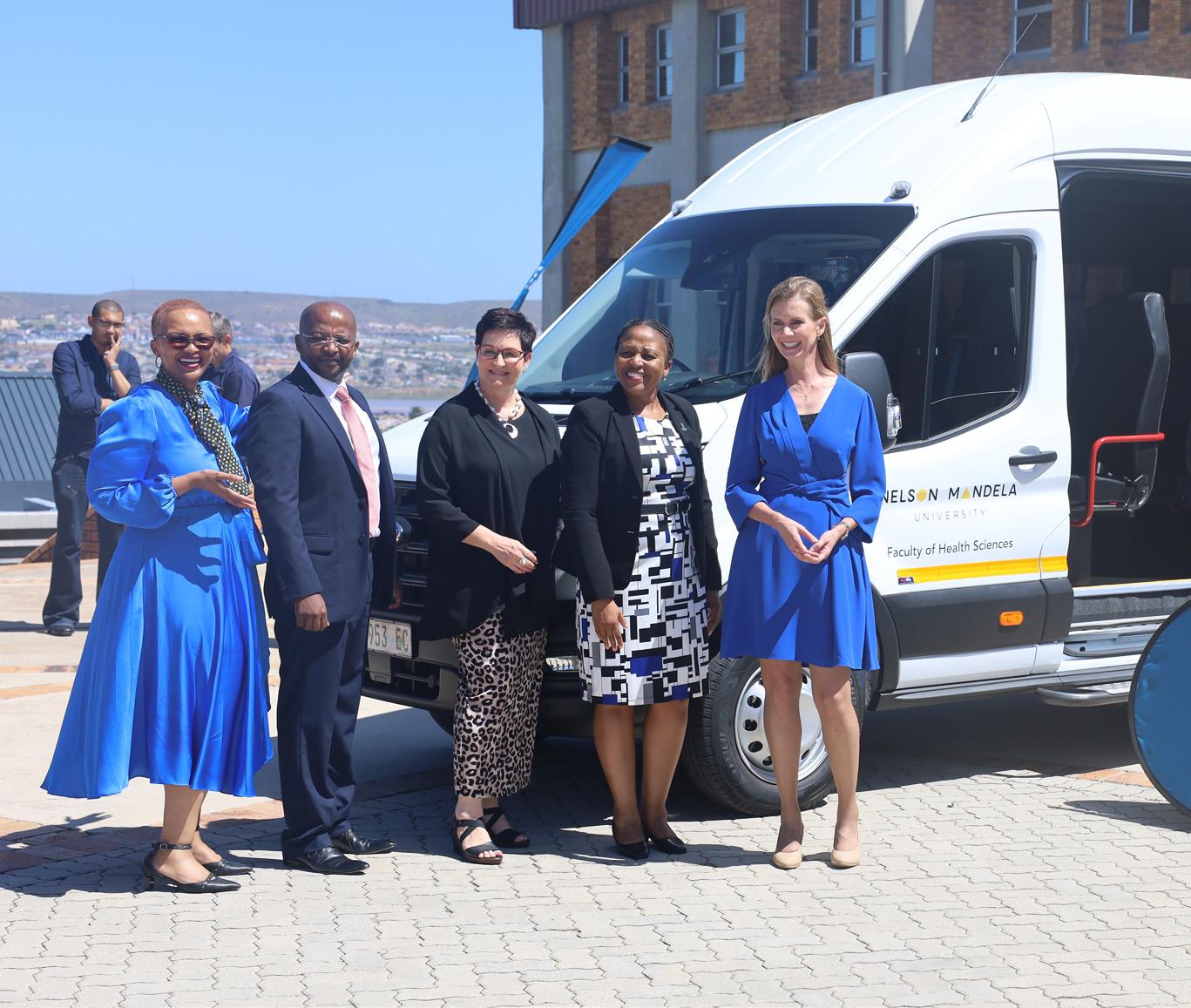 Student transport donation to Nelson Mandela University
Student transport donation to Nelson Mandela University
40 | Africa Outlook Issue 106 BESTMED MEDICAL SCHEME HEALTHCARE
Matseke Primary School, Atteridgeville
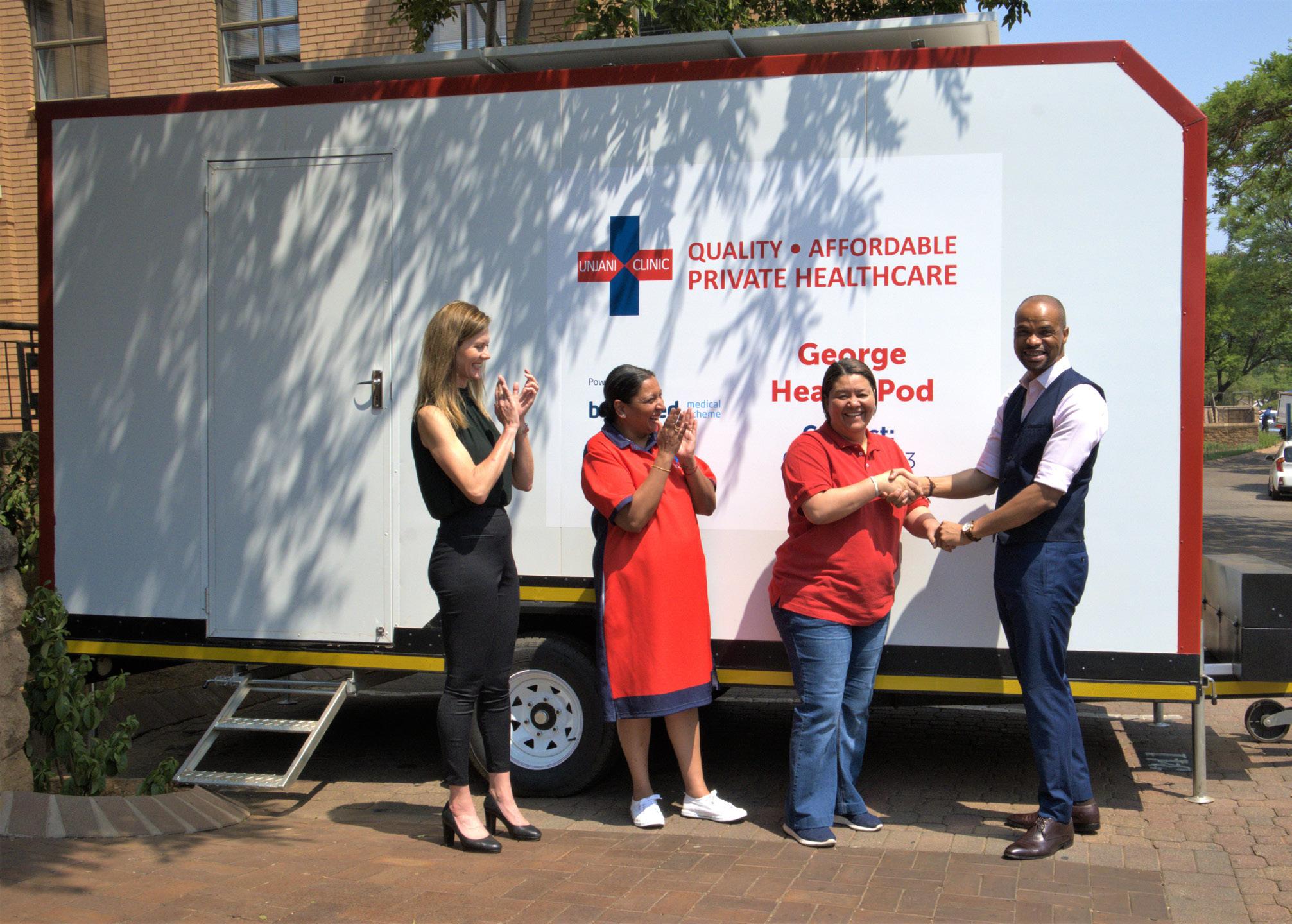
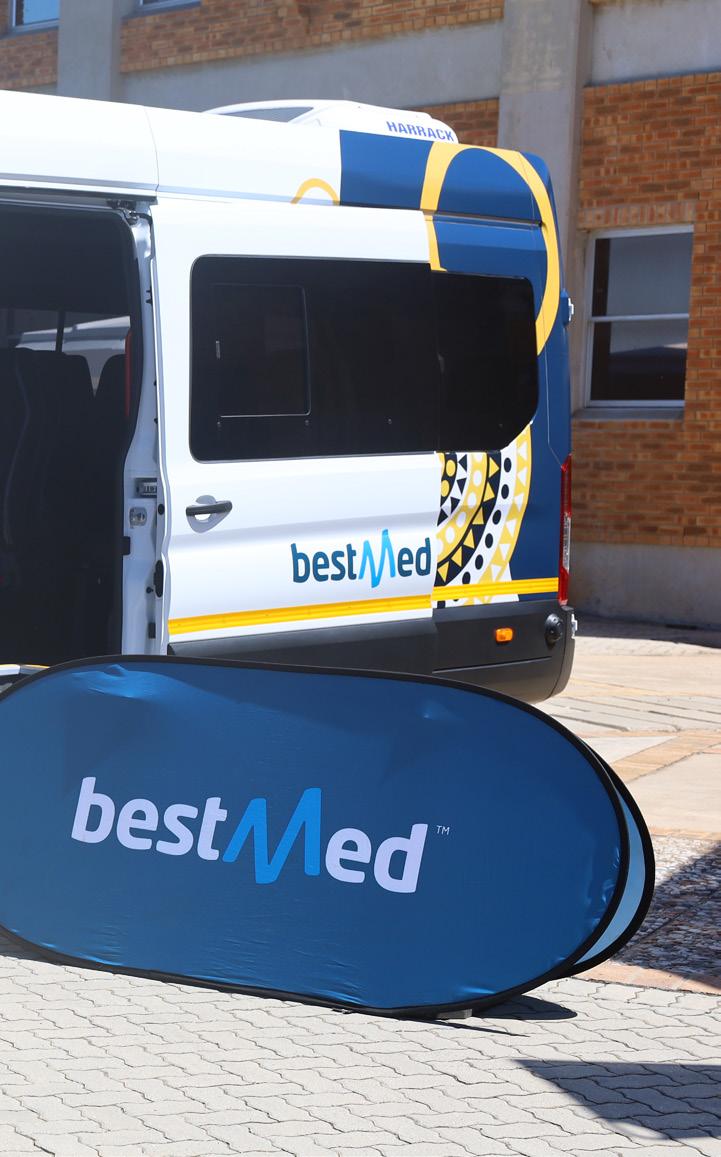
In addition to the CSI budget, Bestmed also implements initiatives that require its employees to contribute to society and nurture an organisational culture of caring.
“Bestmed’s achievements of winning the Titanium Award for Excellence in Creating Access to Quality Healthcare, presented by the Board of Healthcare Funders (BHF), for three consecutive years is testament to our commitment to making a difference in South African communities.”
The award seeks to honour organisations from across the healthcare industry who are driving programmes, initiatives, and campaigns that create access to quality healthcare for underserved communities.
Alongside its corporate social responsibility (CSR), Bestmed also hopes to continue to enhance its brand and value proposition into next year. This will span several different areas, including increasing its service
provider network, growing its brand awareness, and remaining the preferred choice for members and healthcare providers.
“We will actively continue to reposition Bestmed as a next-generation healthcare business that can achieve high growth and exceptional service whilst maintaining sustainable financial performance.
“Caring for our employees also remains critical. We will support and build resilience in the ranks through various health and well-being initiatives that continue to provide a stellar member experience,” Dlamini closes.

BESTMED MEDICAL SCHEME
Tel: +27 (0)86 000 2378
service@bestmed.co.za
www.bestmed.co.za
Africa Outlook Issue 106 | 41
Unjani Clinic Health Pod sponsorship


A production-line of exclusive content, delivered straight to your inbox
Building on the global success of its regional titles – Africa Outlook, EME Outlook, APAC Outlook, and North America Outlook – Outlook Publishing is proud to introduce a digital magazine and web platform dedicated to the manufacturing sector.
As manufacturing organisations worldwide confront unprecedented change, embracing technological innovations and incorporating critical environmental sustainability agendas, now more than ever is the time to showcase the strides being taken in this dynamic sector.
A multi-channel brand, Manufacturing Outlook brings you the positive developments driven by organisations across the global manufacturing industry through its various platforms. Discover exclusive content distributed through our website, online magazine, social media channels, and dispatches delivered straight to your inbox with a bi-weekly newsletter.
Through this compelling new venture, we foreground the movers and shakers of the industry. To participate as a featured company and join us in this exciting endeavour, contact one of our Project Managers today.
www.mfg-outlook.com/work-with-us
SUBSCRIBE NOW TO THE DIGITAL MAGAZINE

WORLD-CLASS MANUFACTURING CAPABILITY
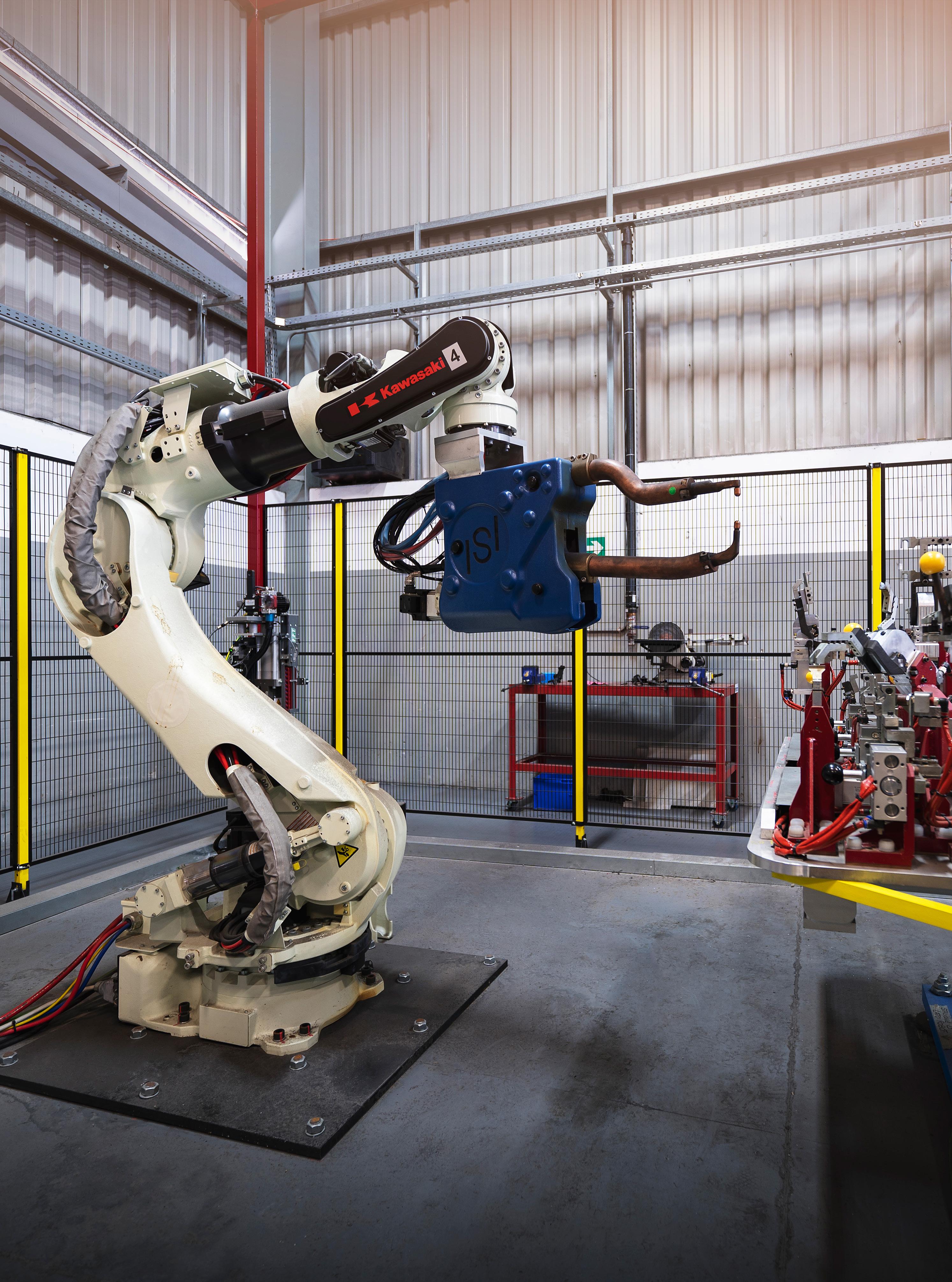
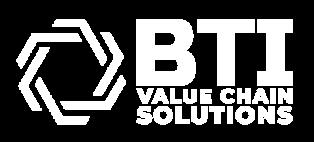

TRUE TO FORM
Formex Industries, consisting of Formex Pressings and Formex Tubing, continues to flourish as a primary economic driving force in the South African automotive manufacturing industry.
We find out more with CEO, Hennie Venter
Writer: Ed Budds | Project Manager: Poppi Burke
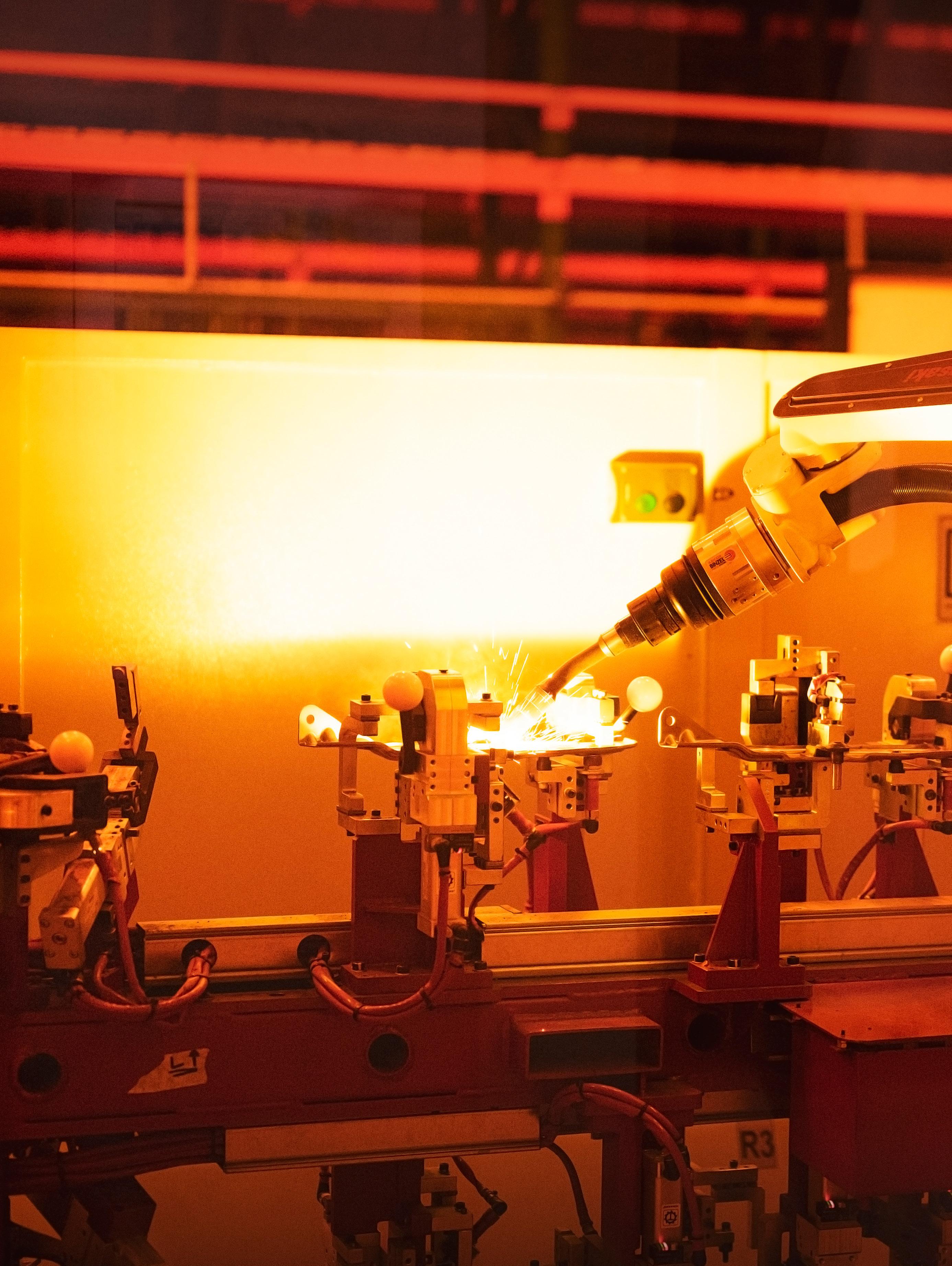
44 | Africa Outlook Issue 106
FORM
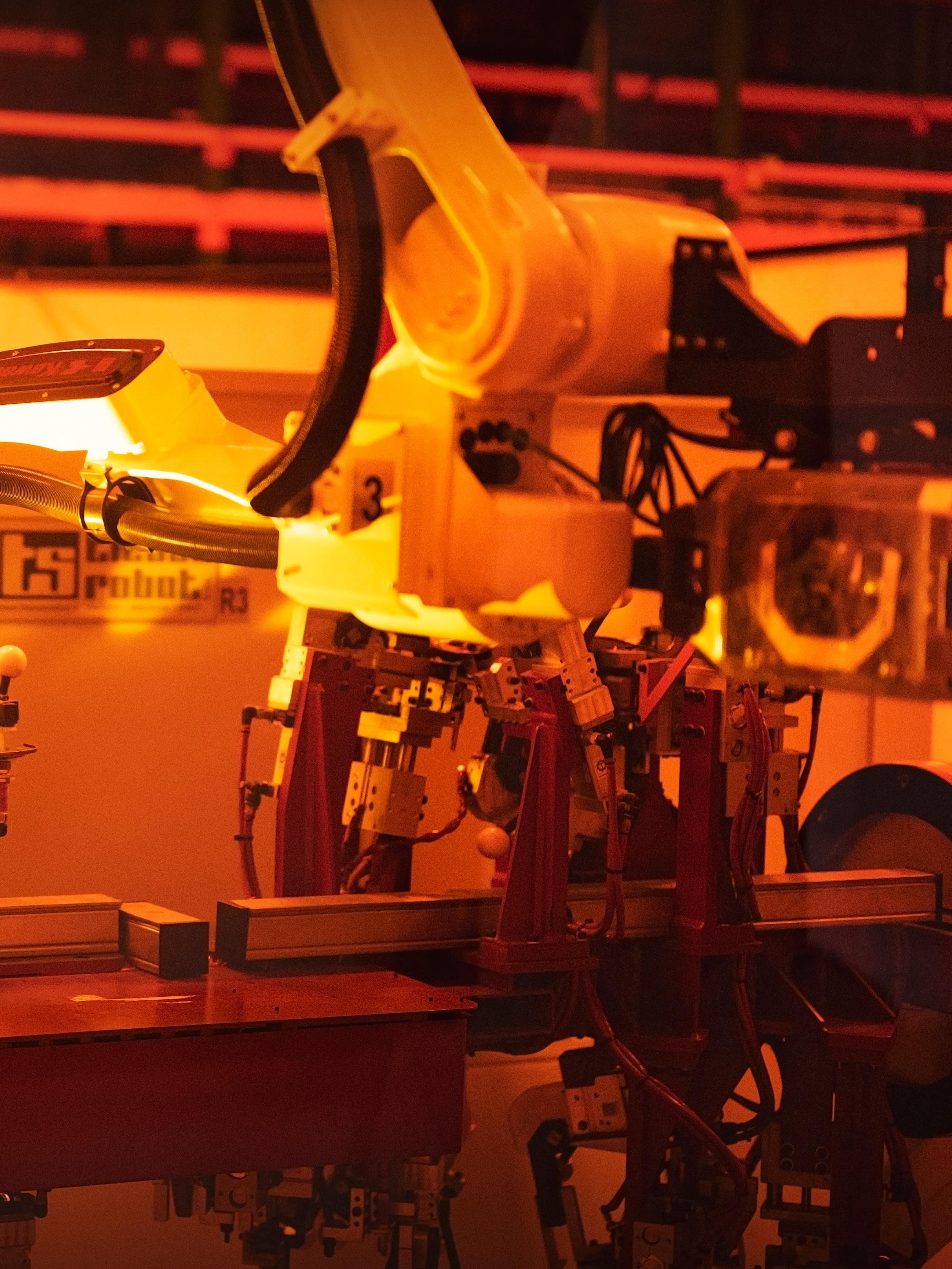
With an ever-increasing demand for vehicles, having dependable suppliers of high-quality components is critical. Therefore, automotive manufacturing is a vital contributor to the South African economy.
This vast industry employs around 114,000 people in the original equipment manufacturer (OEM) and component sectors, and contributes 4.3 percent to South Africa’s gross domestic product (GDP).
The automotive manufacturing industry is still growing, despite challenges created by load-shedding and supply chain logistics, and has experienced a steady growth in export earnings over the last decade.
FORMEX INDUSTRIES MANUFACTURING
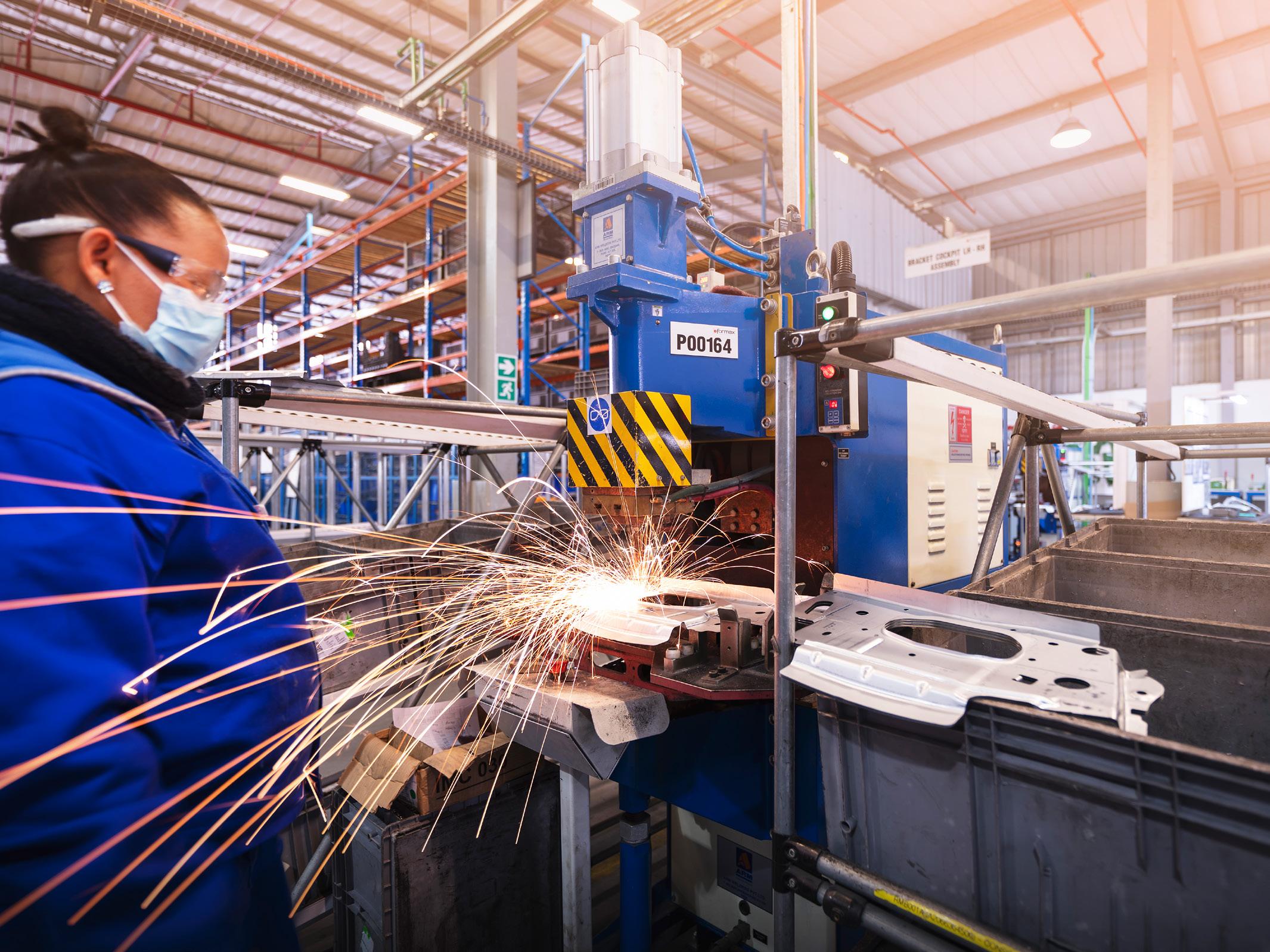
Currently, South Africa boasts a 53.6 percent market share of the African automotive industry and exports 63.1 percent of its cars and bakkies (a small van or truck) to 152 different countries worldwide.
In total, the country manufactures just under 556,000 vehicles every year, generating ZAR193 billion in new product sales. As such, its domestic market remains extremely competitive, with 42 passenger car brands offering 2,513 models to local buyers.
Situated within this expansive landscape, Formex Industries (Formex) plays a core role in the industry, supplying automotive parts, completed assemblies, and tubular products to various global automotive brands.
“The last year has seen many milestones surpassed for the company,
“THE LAST YEAR HAS SEEN MANY MILESTONES SURPASSED FOR THE COMPANY, AND OUR LONG-STANDING RELATIONSHIPS WITH DIRECT AND INDIRECT CUSTOMERS ARE A TESTAMENT TO FORMEX’S GROWTH STRATEGY AND LEADERSHIP”
– HENNIE VENTER, CEO, FORMEX INDUSTRIES
and our long-standing relationships with direct and indirect customers are a testament to Formex’s growth strategy and leadership,” introduces CEO, Hennie Venter.
Formex has evolved into a renowned manufacturer and supplier of automotive components in South Africa and has been a reliable partner for OEMs for decades.
“We believe that Africa has huge
potential. There is a significant amount of work to be done by the various legislatures, but we continue to see good traction and focus,” he continues.
Formex knows it is still early days, but the company believes there is potential that can be explored further and currently sees a wealth of opportunity in the African aftermarket, as second-hand vehicles
46 | Africa Outlook Issue 106
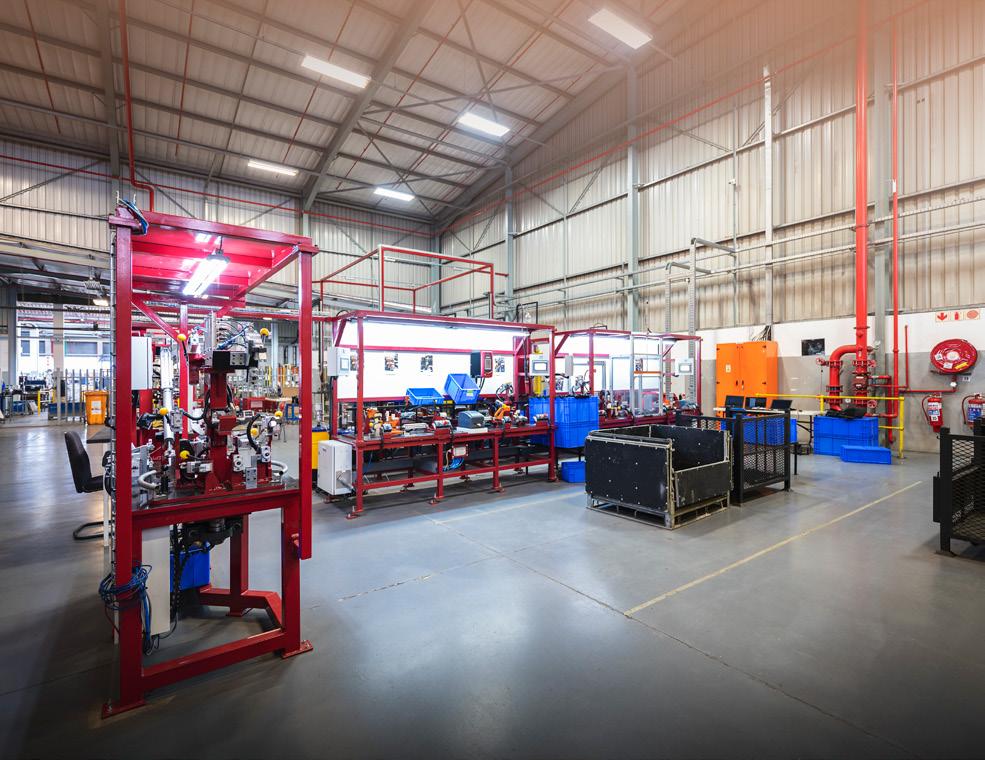
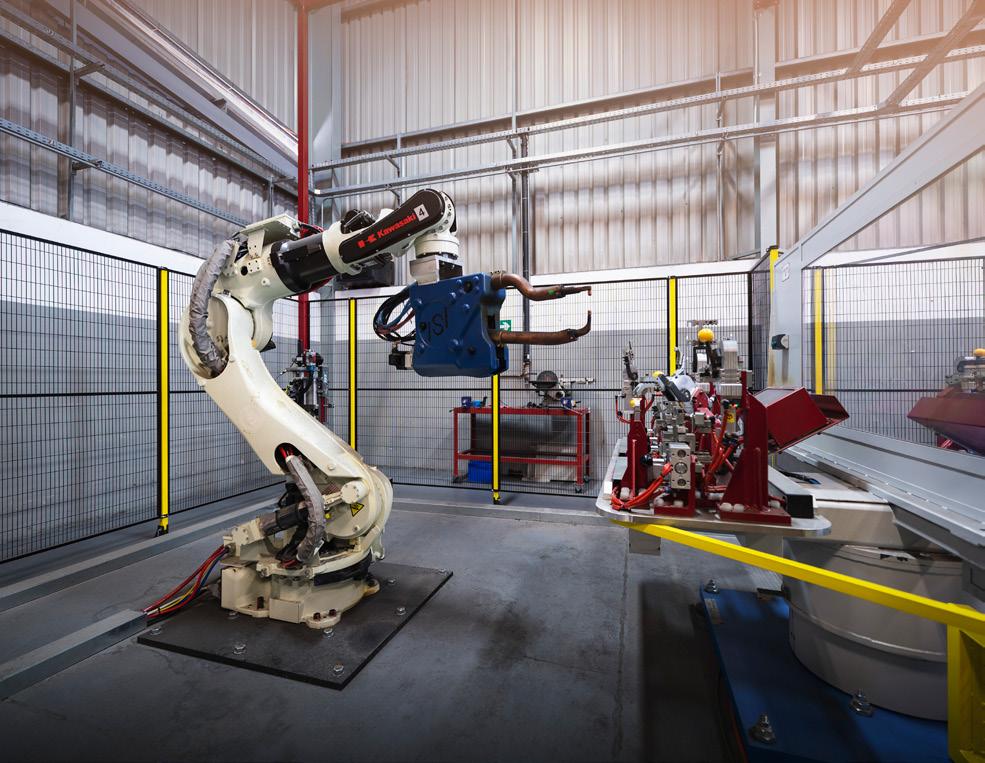
are far outselling new vehicles at present.
PRIDE OF THE NATION
As a specialist metal forming and assembly company, Formex supplies various complex products to the local automotive industry, as well as the South African export market, and proudly celebrated its 110th anniversary last year.
With its distinguished reputation in the industry, Formex has achieved numerous ISO certifications and industry related awards. The latest was an A-rating in the Verband der Automobilindustrie (VDA) 6.3 process audit, which sets the standard for evaluating and improving controls in a manufacturing facility’s new product introduction and manufacturing processes.
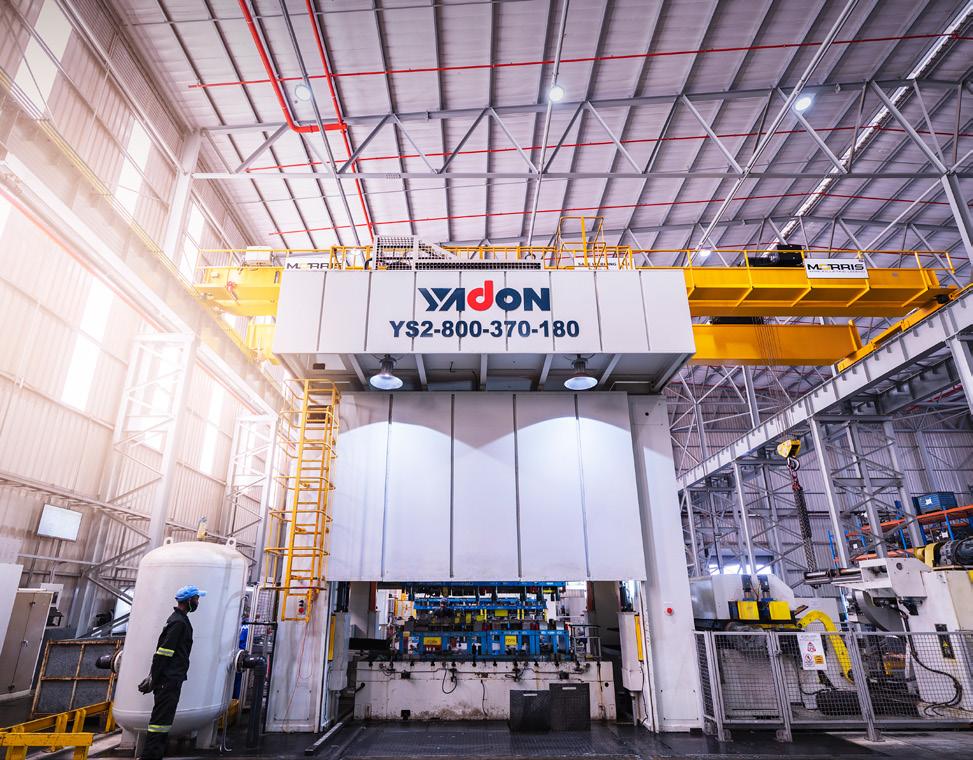
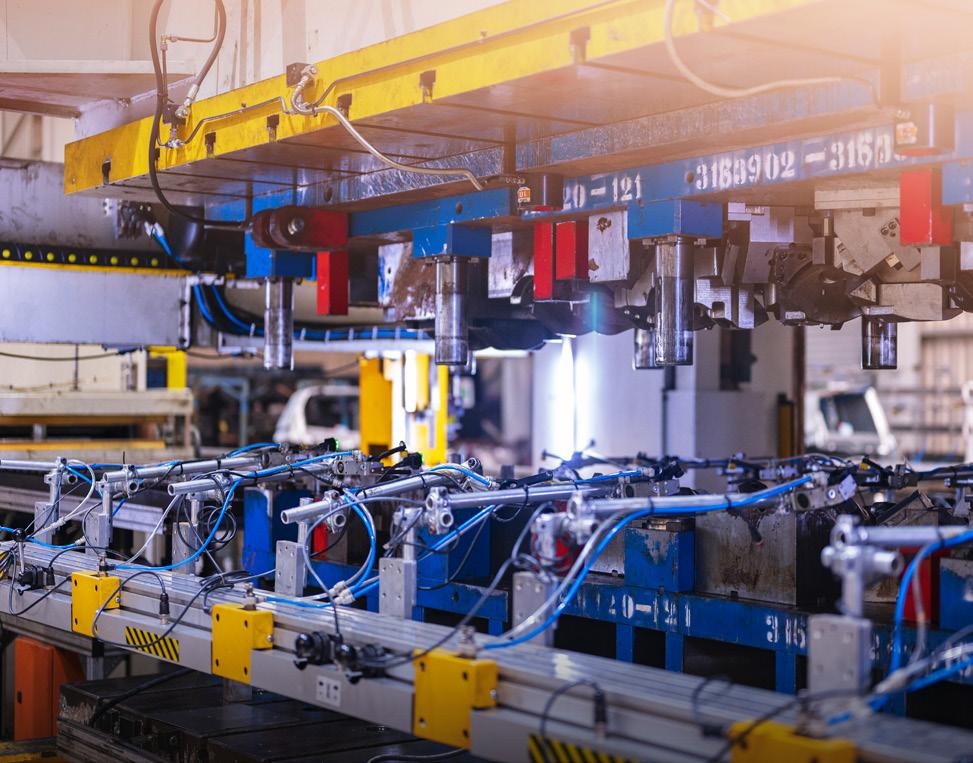
FORMEX MISSION, VISION, AND VALUES
Formex strives to be a technological, competitive entity in the development, fabrication, and supply of automotive metal-formed components.
The company looks to achieve its goals through:
• Leading technologies and superior technical support.
• World-class manufacturing capability.
• Excellent service and customer orientation.
• Striving towards world competitive standards and continuous productivity improvements.
• Utilising a motivated and empowered workforce through employment equity, focus, and teamwork.
• Acting in a socially and environmentally responsible manner.
• Ensuring long-term prosperity for all stakeholders, shareholders, customers, employees, and suppliers.
Africa Outlook Issue 106 | 47
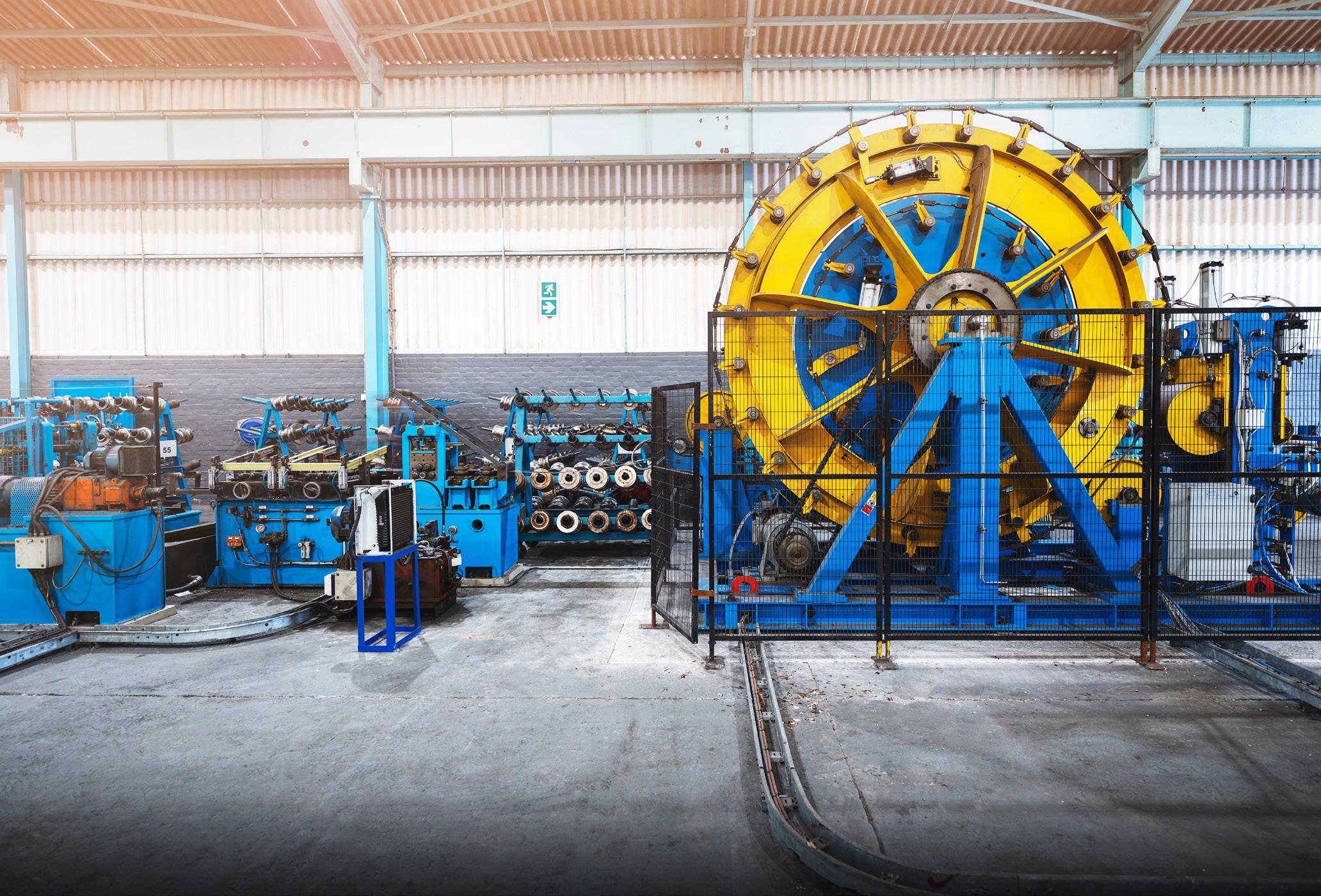
AFRICA OUTLOOK: HOW DID YOU FIRST BECOME INTERESTED IN THE AUTOMOTIVE MANUFACTURING INDUSTRY?
HENNIE VENTER, CEO: “I started in the automotive industry at Mercedes Benz SA in 1995, and gained a range of experience in the logistics and production disciplines.
“In 2003, I joined Ford Motor Company as Operations Manager before being appointed as CEO of Formex in 2012.
“My interest in the automotive industry was ignited during my work at Mercedes Benz SA, where I came to understand the great industry that it was, along with both the high standards and the challenges that each day brought.”
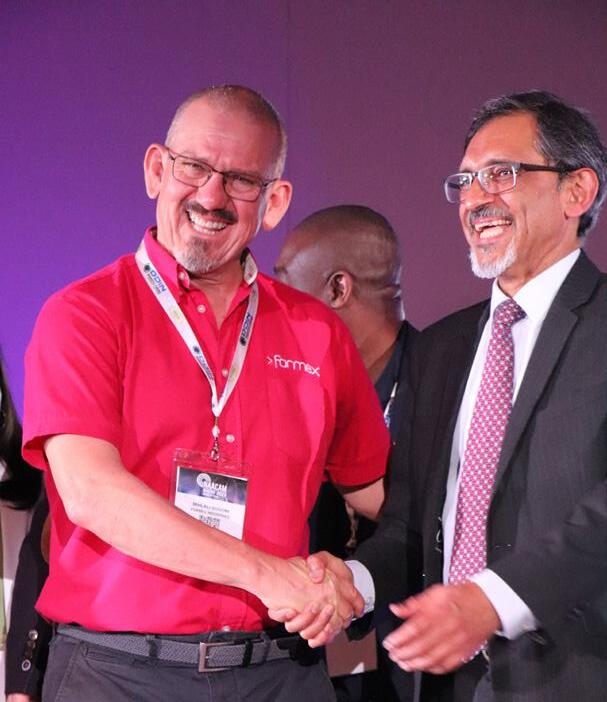
“Our exemplary ratings are indicative of the exceptionally high standards maintained by Formex and ensure that we continue to lead the way in the automotive industry in terms of quality, service delivery, and best pricing,” Venter acclaims.
The company is strategically located in South Africa, the continent’s most vibrant economic centre, nestled on the nation’s east coast in the Nelson Mandela Bay metropole of Gqeberha, where Formex exists as a primary economic driving force in the region. Nelson Mandela Bay has a population of more than 1.8 million people and is the largest city in the Eastern Cape, as well as the fifth largest metropole in South Africa.
Dubbed the “Friendly City”, Nelson Mandela Bay is also home to the largest automotive cluster in South Africa and plays host to a large number of component suppliers and related industries. As such, the city, aided by an extensive hub of catalytic converter
manufacturers, is one of the primary contributors to the national economy. Situated approximately halfway between the ports of Cape Town to the southwest and Durban to the northeast, the company is ideally placed to effect efficient logistics operations both inside the country and for export markets. Formex also enjoys easy access to the country’s largest regional economy – Gauteng –by road, air, and rail.
TUBING AND STAMPING DIVISIONS
Now consisting of two distinct divisions, Formex Pressings and Formex Tubing, the former specialises in stamped and assembled components.
Stamped components are widely used in the automotive industry for various applications, including chassis, body panels, and structural parts. Furthermore, Formex provides a wide variety of these products, including chassis components, brake
48 | Africa Outlook Issue 106 FORMEX INDUSTRIES MANUFACTURING

and suspension system parts, engine and transmission components, and structural parts.
The tubing division, meanwhile, produces and distributes tubular and exhaust-related components.
“This division reaches beyond the automobile industry with stainless steel tubing being a crucial product for a few other industries,” Venter exudes.
Formex Tubing also makes use of laser welding, TIG welding, computer numerically controlled (CNC) bending and forming, and robotic welding technology to manufacture tubular components such as exhaust system components, air conditioning and ventilation tubes, suspension system parts, and boiler and air reheater tubes.
Further to this, it has the capability for roll-over protection structures, drivetrain tubes, mining split sets, and construction industry products.
STRENGTH IN LOCAL
Working with a local supplier brings various benefits to South African OEMs and enterprises.
“For starters, it ensures supply chain efficiency, lowering lead times and logistics expenses. Local suppliers understand the market well and can respond swiftly to changes and requests,” Venter sets out.
“Secondly, working with a local supplier offers financial savings. Businesses can access competitively priced components by reducing overseas shipping and customs costs, contributing to lower expenditure,” he adds.
Finally, working with a local supplier means that rapid support can be provided due to their close proximity to OEMs, decreasing reaction times and minimising production disruptions.
Elsewhere, in terms of corporate social responsibility (CSR),
Formex has launched a learnership programme for people in education with disabilities. This initiative has provided the necessary skills and even some income-earning opportunities for 20 new learners.
Formex is aligned with the HCI Foundation, who has contributed to a corporate social investment (CSI) spend of over ZAR9.7 million from 2016 to January 2024 in bursaries and grants in the Nelson Mandela Bay metropole.
“Our CSI responsibilities lie in improving the lives and education of residents in the Eastern Cape. Formex is based in Gqeberha, so giving back to our community is an important aspect of the business,” Venter enthuses.
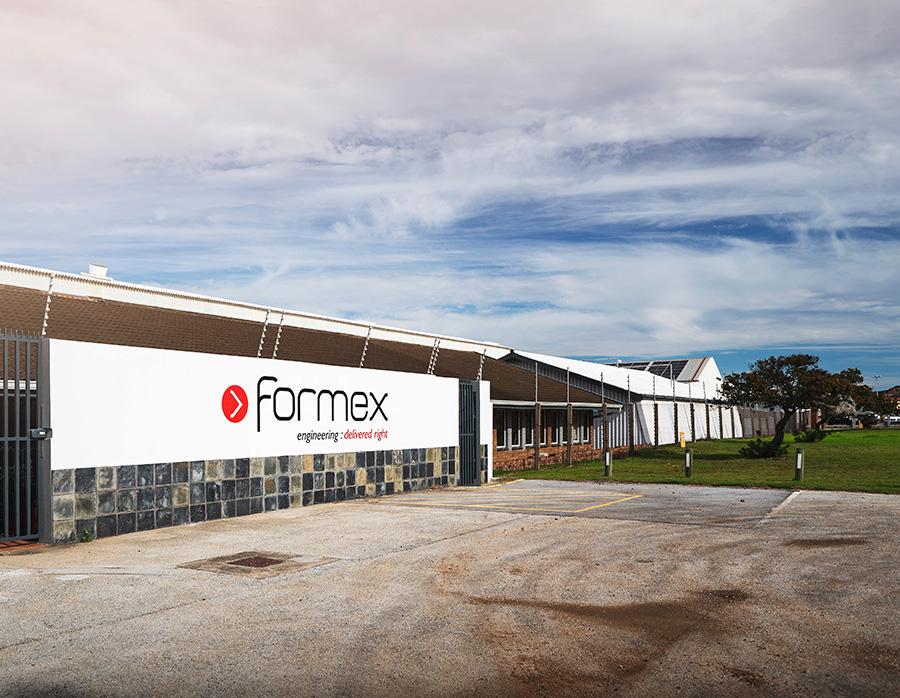
INVESTING IN THE FUTURE
Over ZAR140 million has recently been invested by Formex towards several exciting technology and
“OUR EXEMPLARY RATINGS ARE INDICATIVE OF THE EXCEPTIONALLY HIGH STANDARDS MAINTAINED BY FORMEX AND ENSURE THAT WE CONTINUE TO LEAD THE WAY IN THE AUTOMOTIVE INDUSTRY IN TERMS OF QUALITY, SERVICE DELIVERY, AND BEST PRICING”
– HENNIE VENTER, CEO, FORMEX INDUSTRIES
50 | Africa Outlook Issue 106 FORMEX INDUSTRIES MANUFACTURING

manufacturing expansion projects, largely through financial support provided by Deneb Investments.
Formex is a Level 2 B-BBEE supplier and manufacturer. The company is owned by Deneb Investments Limited – a subsidiary of Hosken Consolidated Investments Limited (HCI) – one of South Africa’s biggest true B-BBEE companies listed on the Johannesburg Stock Exchange (JSE).
These upgrades have put Formex in a key position to respond to emerging export markets, and brings the company’s total investment in the past seven years to approximately ZAR340 million.
As part of these investments, Formex has installed a new 1,600tonne (t) auto transfer press at the Struandale plant.
“This is the largest press in the Eastern Cape for a locally owned supplier and will allow Formex to become more internationally competitive for body shop stampings,
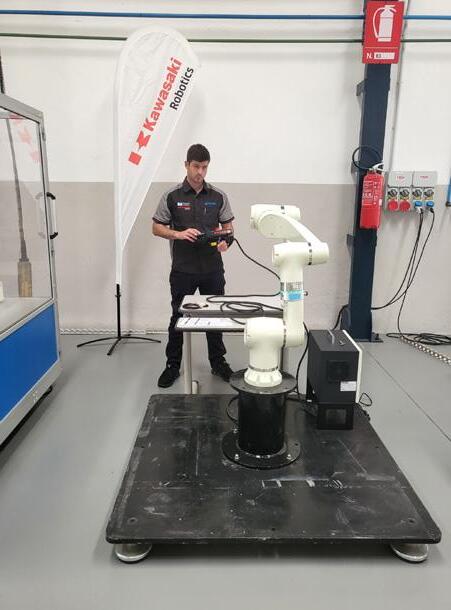
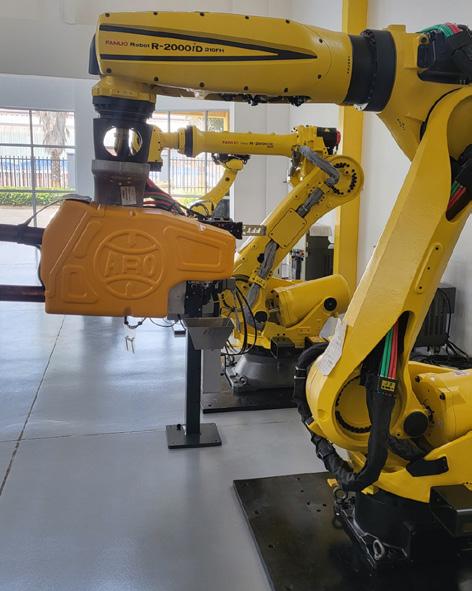

which is important in the shift away from traditional internal combustion engine components,” Venter excites.
A second, 1,000 t press was installed in mid-2023, which requires an additional 24 employees including managers, toolmakers, maintenance technicians, and production staff members.
“The compounded offerings lead to increased volumes of vehicle production for our customers and our ‘Vision with Action’ plan is designed to ensure excellence and outstanding performance,” he continues.
“We have our eye on a few new customers, and we are aggressively chasing some exiting projects for growth. As with many companies in South Africa, it is vital for us to become less reliant on the grid as that will ensure we maintain our stability and reduce our operational costs.”
It is Formex’s mission to become more productive daily and retain its place as a leading automotive supplier
in the vibrant manufacturing sector. Overall, Formex continues to lead the sector through updated technology, financial backing, and world-class skills.
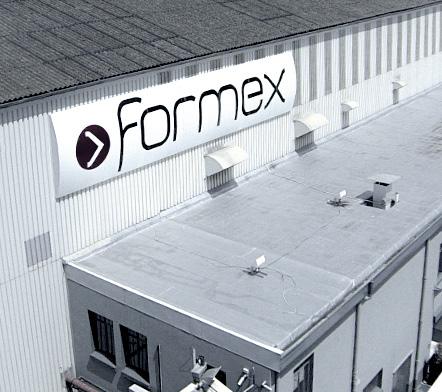
Tel: +27(83) 601-2085
commercial@formex.co.za
www.formex.co.za
Kawasaki Robotic systems www.tiesserobot.it Tip Dressers and Cap Changers: www.svs-schweisstechnik.de Resistance Welding Equipment www.arotechnologies.com Dresspack Solutions and MTPReel: www.sumcab.de LeBronze Alloys and Electrodes www.lebronze-alloys.com
AlphaServ provides full technical and commercial support for the brands we represent.
AlphaServ. supplies and supports the following: ARO Welding Technologies The supply and support of all SVS Schweisstechnik products and services TiesseRobot/ Kawasaki robotic systems SUMCAB Robotics
AlphaServ. (PTY) Ltd. Is a company dedicated to providing quality products and services into the automotive and manufacturing environment. We represent well established brands, and maintain high levels of technical support for all our products and services.
Africa Outlook Issue 106 | 51 FORMEX INDUSTRIES MANUFACTURING












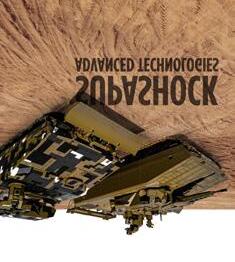

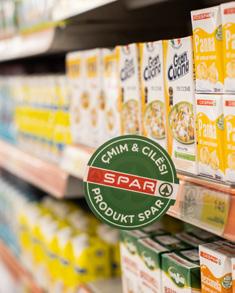







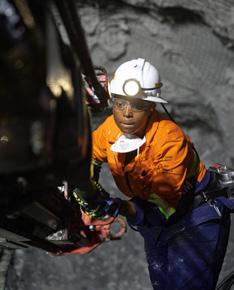




Tell







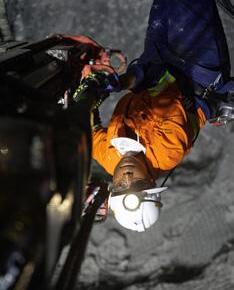







Pursuing originality, which often results in globally recognised innovation, Supashock’s advanced mobility systems are improving vehicles in various industries Shaping the future of Nick Mitchell CEO and Founder of Ultimate Performance, tells us about pushing the boundaries in the Asia Pacific fitness industry SPAR ALBANIA food system CONSTRUCTION INDUSTRY Delivering better society Luc Demoulin CEO of St. Antonius Hospital, speaks about how constant innovation is helping meet the demands of the healthcare industry The country’s fastest-growing supermarket chain www.emeoutlookmag.com ARIS MINING energy-efficient With over 75-years’ experience, KMC Mining boasts legacy of excellence in a busy and exciting industry Bruce Bharat Kamstrup’s Country Manager and Vice President of North America, talks about his company’s dominant force in smart water metering KMC MINING A ROCK SOLID OPERATION ADVANCED DERMATOLOGY AND COSMETIC SURGERY NgaireTranter,GeneralManagerat Australia,takesusthroughhervisiontobuild amodernminingandrehabilitationcompanydrivinggrowth,sustainability,andprosperity BCI MINERALS generational The latest updates from De Beers on the underground expansion of South Africa’s VENETIA UNDERGROUND PROJECT www.mining-outlook.com ARIS MINING VILLAGE NATIONAL GROUP SOUTH AFRICAN POLICE SERVICE MEDICAL SCHEME Ensuring the health and well-being of the South African Police Service CEO of Avanti Communications, speaks of the satellite technology company’s multi-orbit business strategy and mission to connect Africa NIGERIA INDUSTRIES manufacturing Dr Ahmed Hersi MD, MBA CEO of King Saud University Medical City, speaks about the hospital’s aim to advance its medical practices Advanced Dermatology and Cosmetic Surgery Utilising a relationshipbased care model between patient and clinician to deliver premier healthcare MATILDA INTERNATIONAL HOSPITAL APOLLOMD Providing innovative and person-centred care for the Netherlands REGAL REXNORD AEROSPACE AND DEFENSE Establishing itself as the industry leader in aerospace bearings, seals, electrical components, and gears Offering state-of-thewater metering INDUSTRIES GROUP industry Bernie Quinn Engineering Director and Partner at Premcar Pty Ltd, discusses helping global carmakers and their Australian importers create new cars that buyers really want DAYTON LAMINA CORPORATION MILLER INDUSTRIES recognised innovation, Supashock’s advanced mobility DARWIN PORT MTR Nick Mitchell CEO and Founder of Ultimate Performance, tells us about pushing the boundaries in the Asia Pacific fitness industry www.apacoutlookmag.com SIMONDS GROUP SPAR ALBANIA KING SAUD UNIVERSITY MEDICAL CITY Using data to unlock nature-positive INDUSTRY COUNCIL Luc Demoulin CEO of St. Antonius Hospital, speaks about how constant innovation is helping meet the demands of the healthcare industry The country’s fastest-growing supermarket chain DEFENSE Creating better, With over 75-years’ experience, KMC Mining boasts legacy of excellence in a busy and exciting industry Kamstrup’s Country Manager and Vice President of North America, talks about his company’s dominant force in smart water metering KMC MINING A ROCK SOLID OPERATION www.northamericaoutlookmag.com ADVANCED DERMATOLOGY AND COSMETIC SURGERY NgaireTranter,GeneralManageratBUMAAustralia,takesusthroughhervisiontobuild amodernminingandrehabilitationcompanydrivinggrowth,sustainability,andprosperity BCI Deliveringmultiindustry The latest updates from De Beers on the underground expansion of South Africa’s leading diamond mine VENETIA UNDERGROUND PROJECT PIMSGROUP resourcepotential www.mining-outlook.com ARIS MINING VILLAGE NATIONAL GROUP CSI CONSTRUCTION EPC GROUPE SOUTH AFRICAN POLICE SERVICE MEDICAL SCHEME Ensuring the health and well-being of the South African Police Service Kyle Whitehill CEO of Avanti Communications, speaks of the satellite technology company’s multi-orbit business strategy and mission to connect Africa SETRACO Contributing to www.africaoutlookmag.com Dr Ahmed Hersi MD, MBA CEO of King Saud University Medical City, speaks about the hospital’s aim to advance its medical practices Advanced Dermatology and Cosmetic Surgery Utilising a relationshipbased care model between patient and clinician to deliver premier healthcare ST. ANTONIUS HOSPITAL Facilitating Australian manufacturing REGAL REXNORD AEROSPACE AND DEFENSE Establishing itself as the industry leader in aerospace bearings, seals, electrical components, and gears KAMSTRUP GROUP Assembling success the aerospace industry Bernie Quinn Engineering Director and Partner at Premcar Pty Ltd, discusses helping global carmakers and their Australian importers create new cars that buyers really want www.mfg-outlook.com DAYTON LAMINA CORPORATION MILLER INDUSTRIES

Africa Outlook, APAC Outlook, EME Outlook, North America Outlook, Mining Outlook, Healthcare Outlook and Manufacturing Outlook are digital publications aimed at boardroom and hands-on decision-makers, reaching an audience of more than 800,000 people around the world; spanning the full range of industrial sectors.
With original and exclusive content compiled by our experienced editorial team, we look to promote the latest in engaging news, industry trends and success stories from across the globe.
Your company can join the leading industry heavyweights enjoying the free exposure we provide across our platforms with a free marketing brochure, extensive social media saturation, enhanced B2B networking opportunities, and a readymade forum to attract new investment and to help you grow your business.
Visit www.outlookpublishing.com/get-involved for details on how your company can feature for free in one of our upcoming editions. us your story, and we’ll tell the world
www.outlookpublishing.com/get-involved


Discover our exclusive content, delivered straight to your inbox
Building on the global success of its regional titles – Africa Outlook, APAC Outlook, EME Outlook, and North America Outlook – Outlook Publishing is proud to introduce a digital magazine and web platform dedicated to the mining & resources sector.
As mining organisations worldwide confront unprecedented change, embracing technological innovations and incorporating critical environmental sustainability agendas, now more than ever is the time to showcase the strides being taken in this dynamic sector.
A multi-channel brand, Mining Outlook brings you the positive developments driven by organisations across the global mining industry through our various platforms. Discover exclusive content distributed through our website, online magazine, social media channels, and dispatches delivered straight to your inbox with a bi-weekly newsletter.
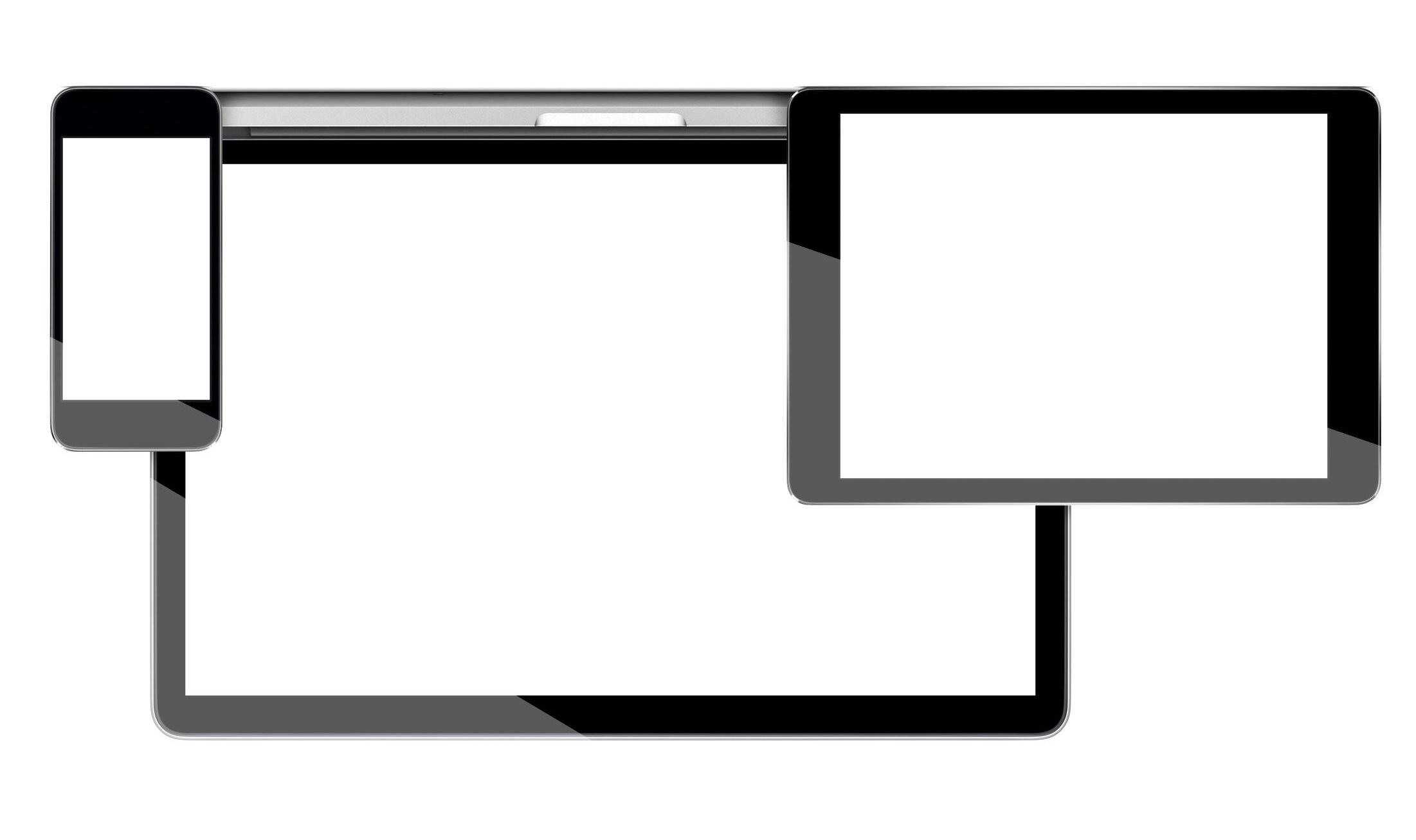
Through this compelling new venture, we foreground the movers and shakers of the industry. To participate as a featured company and join us in this exciting endeavour, contact one of our Project Managers today.
www.mining-outlook.com
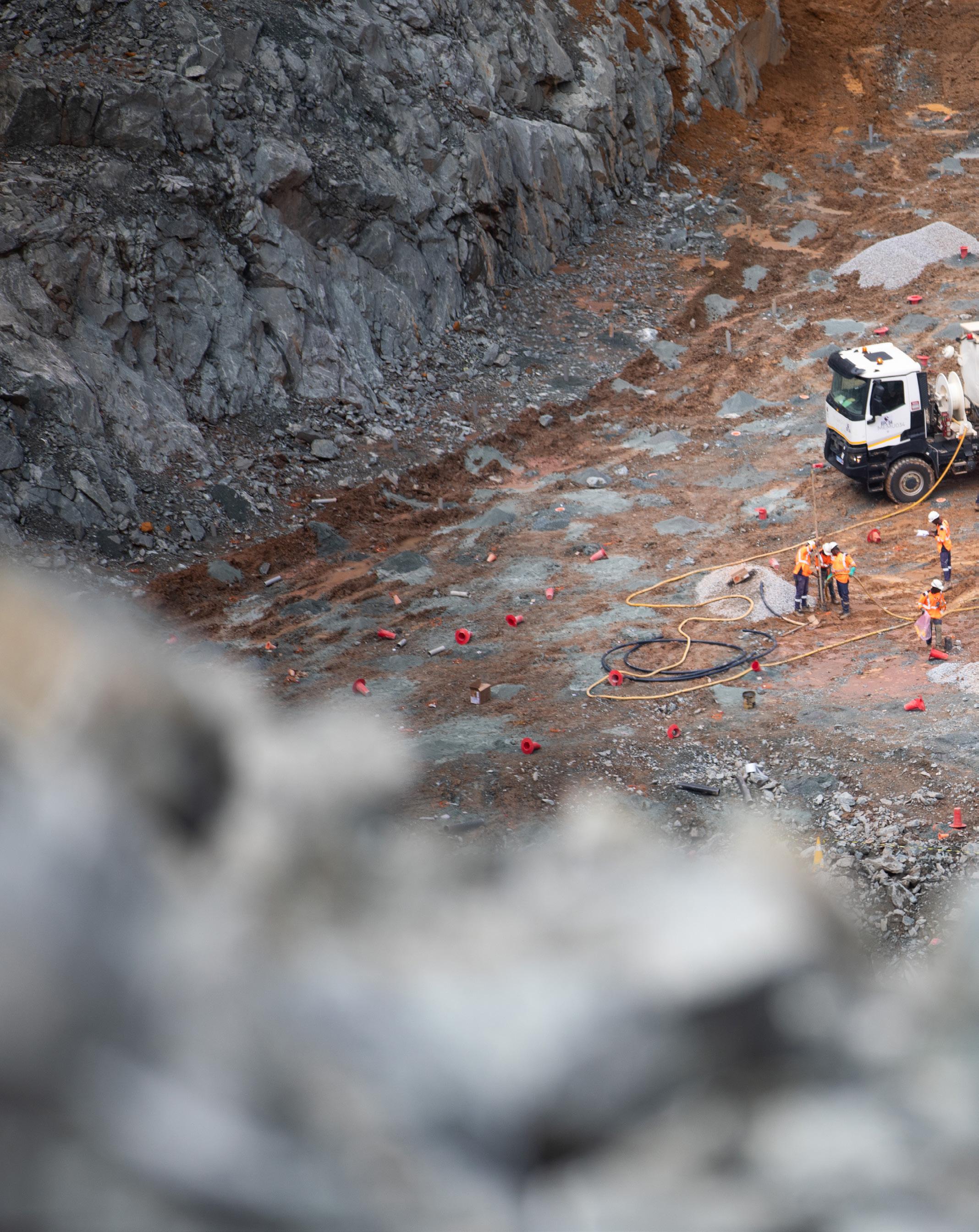
HAVING A BLAST
Frontrunners in drilling and blasting services, the African division of EPC Groupe has consolidated the continent as an integral part of the global mining industry. Wilfred Latte, Regional Head of Business Development, tells us more
Writer:
Lucy Pilgrim | Project Manager: Joshua Mann
54 | Africa Outlook Issue 106 EPC GROUPE MINING
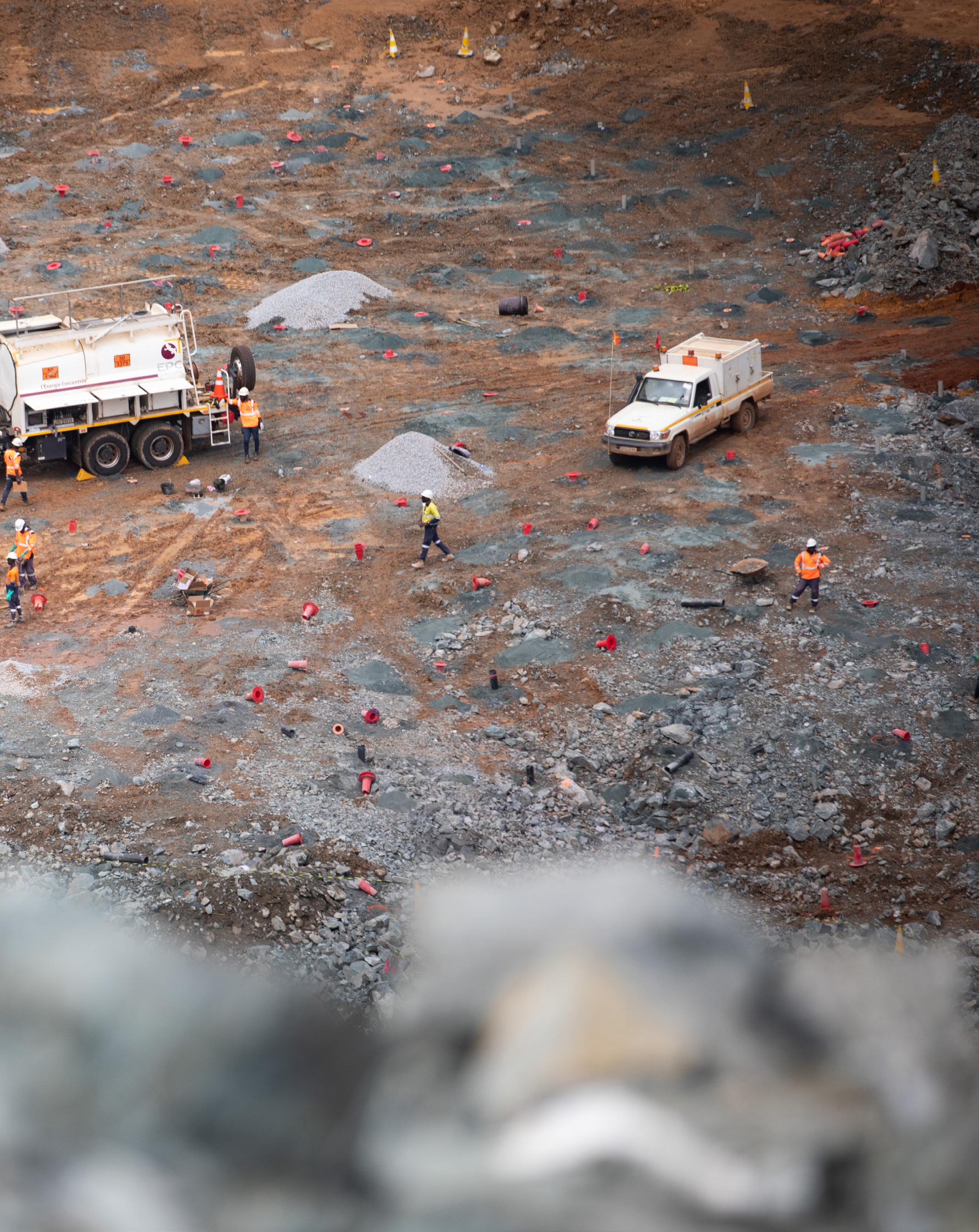
The drilling and blasting sector in Africa has experienced significant pressure in the face of challenges caused by harsh environments, increased energy costs, and land disputes in recent years. Despite this, the industry has prevailed by taking advantage of its vast mineral reserves.
In Africa, EPC Groupe possesses the requisite rich history, extensive global experience, and project ambition to sufficiently navigate the continent’s ever-expanding mining sector.
Africa Outlook Issue 106 | 55
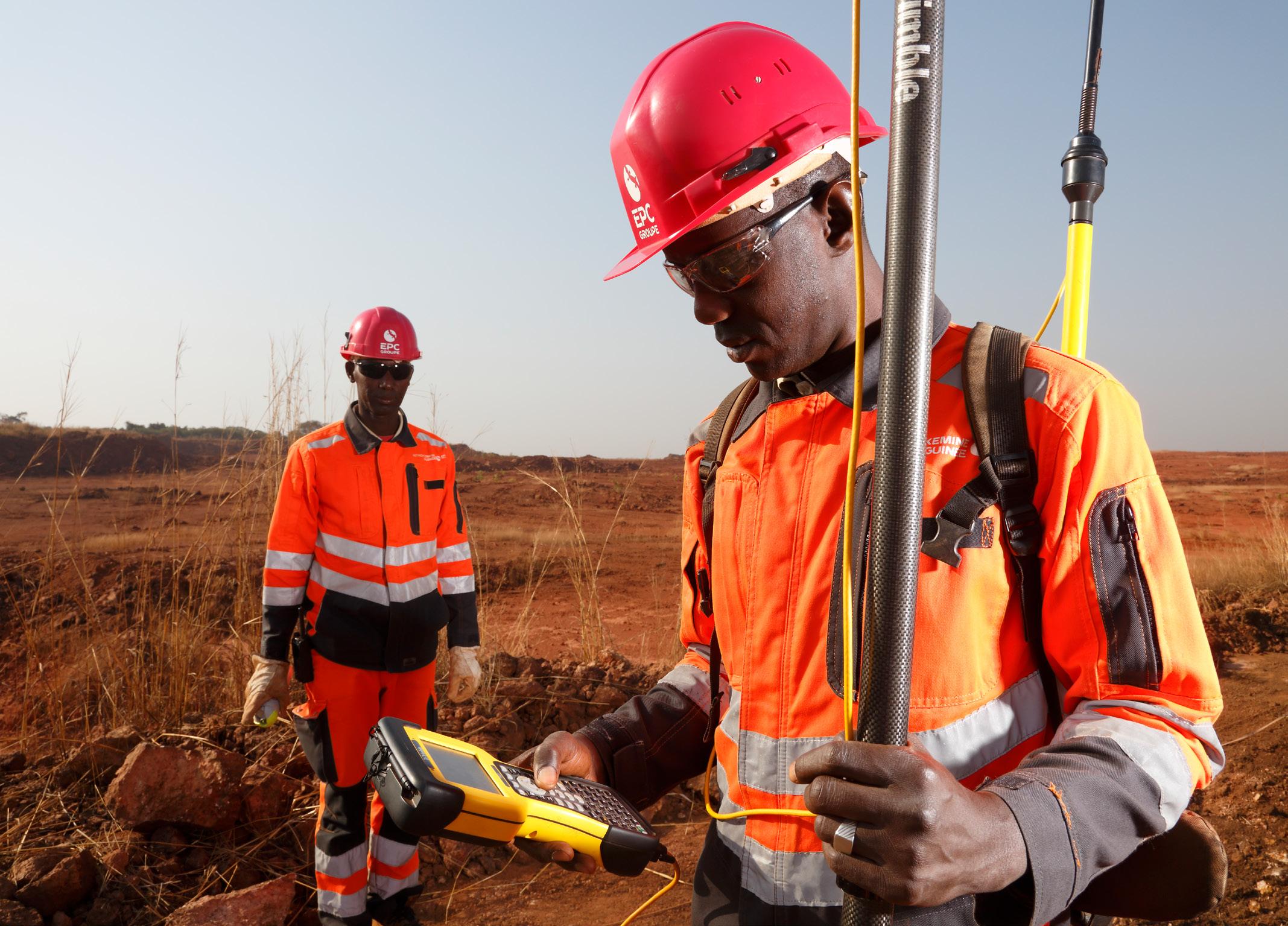
EPC Groupe was first founded in France in 1893 by Chairman, EugèneJean Barbier. In just a short amount of time, the organisation became a world leader in the manufacturing of explosives, storage and distribution, and drilling and blasting.
“For 130 years, EPC Groupe has enjoyed a reputation for effective solutions, technological innovation, and high-quality customer service,” introduces Wilfried Latte, Regional Head of Business Development.
In the early 2000s, the organisation progressed from its predominantly distribution activities to drilling and blasting services via its African subsidiaries in Guinea – Nitrokemine and Nitrokemfor – who still hold an exclusive contract with Compagnie des Bauxites (CBG) for mine drilling, on-site explosives manufacturing, and blasting operations.
“AFRICA REMAINS THE PLACE TO BE IF WE WANT TO PLAY OUR PART IN THE
ENERGY TRANSITION.
ALONGSIDE THE PRODUCTS AND SERVICES WE OFFER, WE THEREFORE TAKE GREAT CARE TO ENSURE THAT THE ENVIRONMENTAL ASPECT IS TAKEN INTO CONSIDERATION”
– WILFRED LATTE, REGIONAL HEAD OF BUSINESS DEVELOPMENT, EPC GROUPE
This global expansion of capabilities elevated EPC Groupe to become pioneers in explosives manufacturing, as well as drilling and blasting, cementing itself as a leading international player in the fields of mining, civil construction, demolition, and the circular economy.
Today, EPC Groupe has a vast range of divisions to cover the scope of the industry, with more than 40
subsidiaries in over 20 countries worldwide. This can be split into five main regions that handle business across Nothern Europe, the Mediterranean, Asia Pacific, the Americas, and sub-Saharan Africa.
As such, EPC Groupe has been present in Africa for over 60 years, originating in the civil explosives market with the establishment of trading companies initially in
56 | Africa Outlook Issue 106 EPC GROUPE MINING
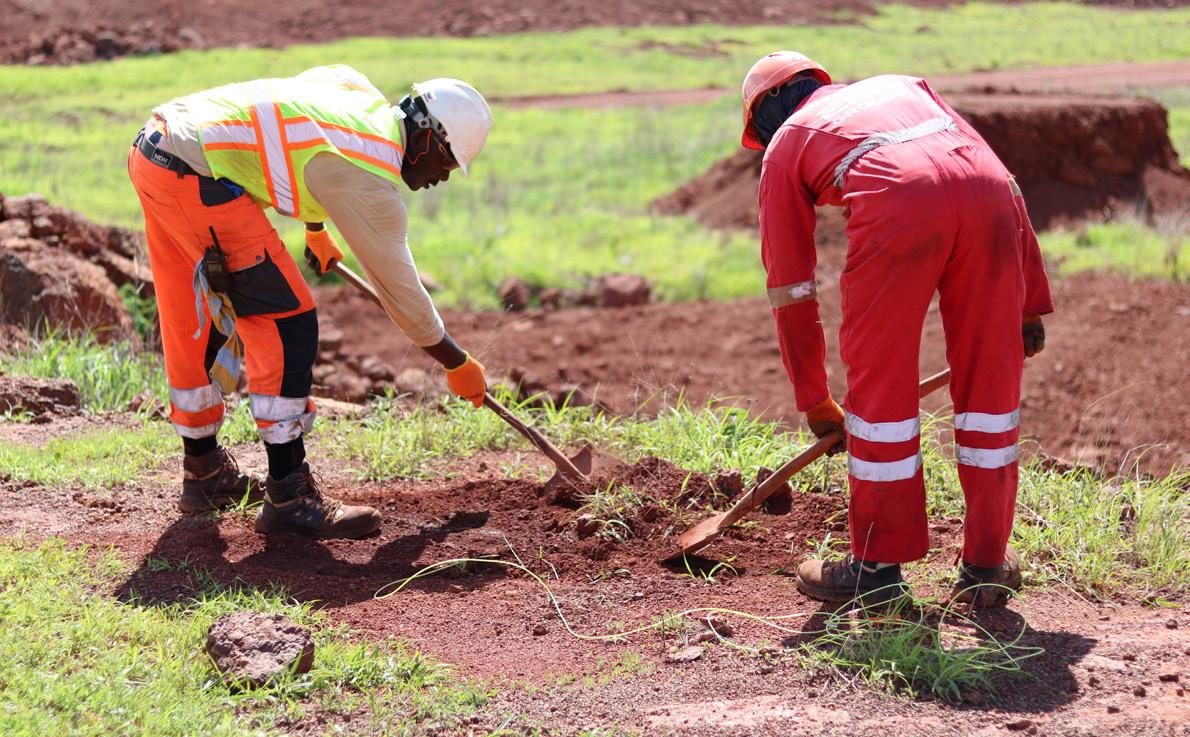
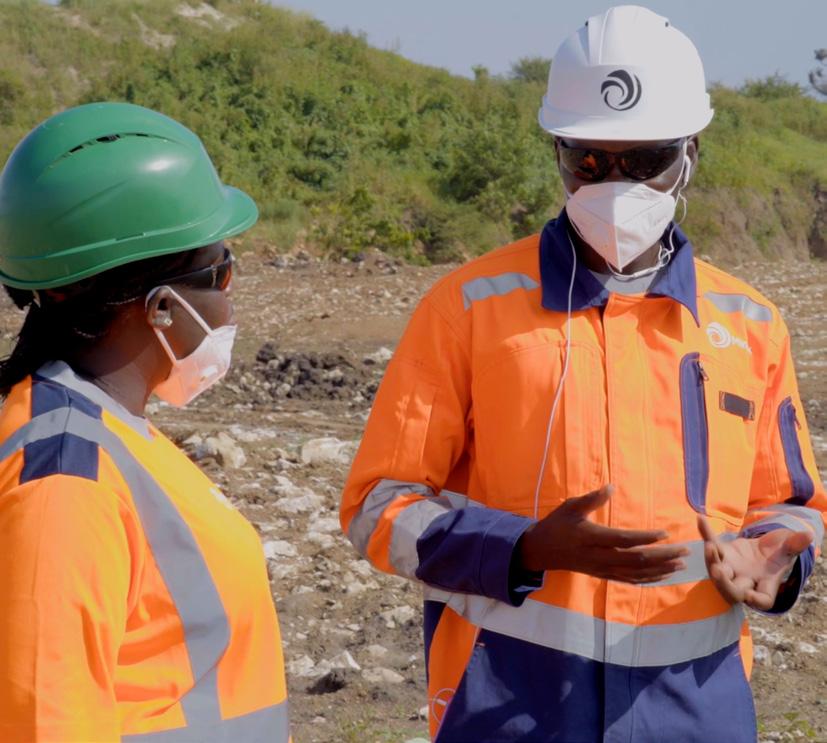
Cameroon in 1953, before expanding further across West Africa.
The group oversaw drilling and blasting operations in Gabon, Senegal, Ivory Coast, Burkina Faso, Benin, Guinea, and Cameroon with its vast customer base comprising leading names in mining, cement, aggregates, civil engineering, and defence.
“Today, we manufacture and supply a range of commercial explosives and tailor-made services, both from our national industrial plant based in Ivory Coast and on-site for our clients in Guinea and Ivory Coast,” Latte highlights.
OPTIMISING OPERATIONS
In 2022, Africa and Asia contributed to 22 percent of EPC Groupe’s turnover, following a considerable 57 percent increase in output over the last two years.
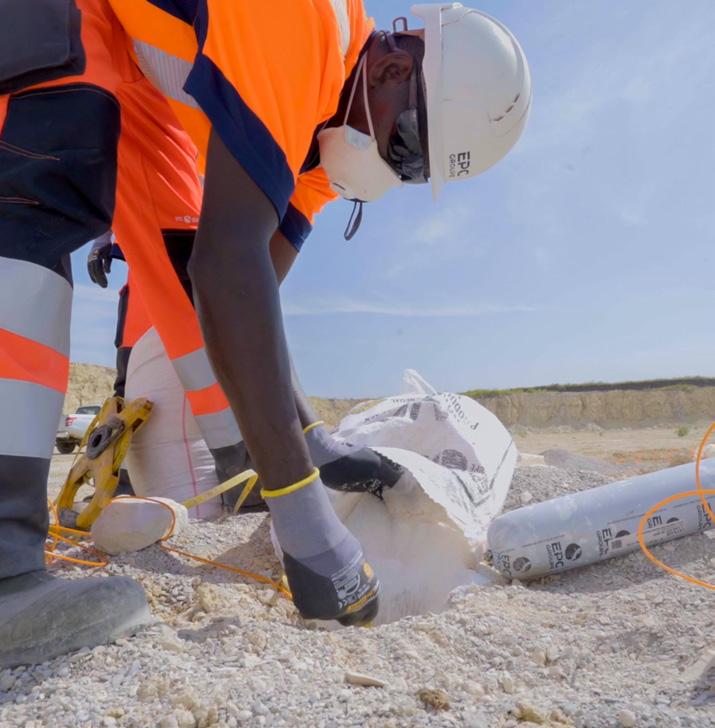
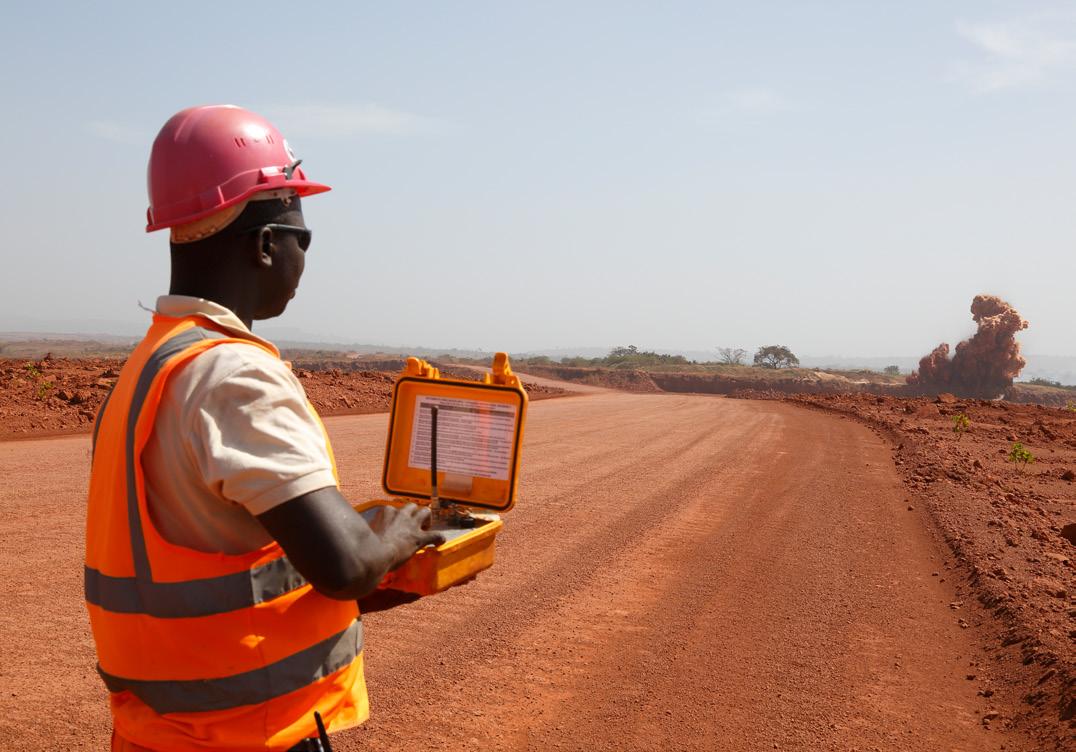
“Africa offers room for EPC Groupe to develop its activities in a very demanding area; we are all in line to strengthen our position in West and Central Africa, and continue our development across the continent,” comments Latte.
This is demonstrated by the company’s industry-leading supply and manufacture of commercial explosives, including cartridge and bulk explosives.
More specifically, EPC Groupe was a frontrunner in the development and use of mobile bulk explosive manufacturing units for both surface and tunnelling work in Africa. This equipment presents a notable advantage for the productivity of its customers’ sites and guarantees a higher level of safety and reliability.
“Our involvement does not stop at making the product available
EPC GROUPE’S SERVICES –AT A GLANCE
• Blast design
• Loading of explosives in the hole
• Priming and shooting services
• Vibration measurement of the complete blasting space
• Data analysis and reporting conducted by an experienced team of technicians, engineers, and operators, equipped with cutting-edge tools and technologies
in such an optimised way; we also offer a range of customised services in accordance with our clients’ needs, organisational structure, and objectives,” he adds.
Africa Outlook Issue 106 | 57
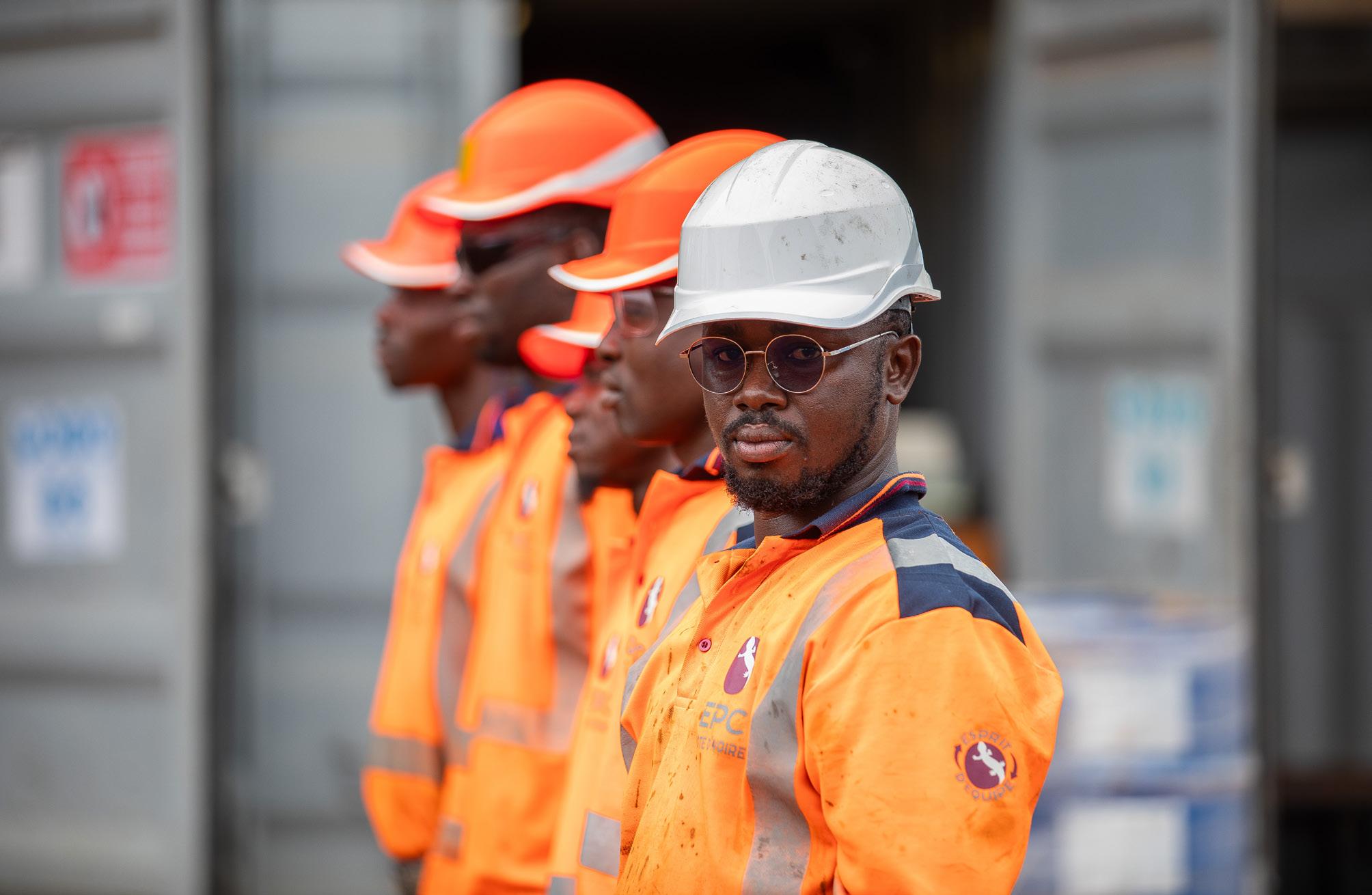
One of the company’s most innovative tools used across its services is VERTEX©, a digital suite implemented to optimise drilling and blasting techniques in the field. The toolbox was developed in-house by the company’s Research and Development Division to ensure cutting-edge and fully-optimised mine to mill operations.
As a result, EPC Groupe can provide vital solutions to the recurrent challenges of the continent’s mining industry, namely by maximising the fragmentation of rock to allow for more efficient ore extraction, precise drilling patterns, and controlled blasting, which minimises the need for secondary blasting or excessive crushing.
Additionally, well-executed drill and blast strategies facilitated by VERTEX© lead to better ore recovery rates, optimising the overall efficiency of the company’s mining process and lowering operational costs. Therefore, the toolbox is an integral component of the group’s growth.
Broken down, the first product of
EPC GROUPE’S SUPPLY CHAIN OPERATIONS
As drilling and blasting is a key part of the mineral extraction process, the company is committed to providing global logistics to secure the end-toend supply chain of raw materials such as ammonium nitrate.
EPC Groupe’s specialist portfolio of products and services ensures that its customers receive both compliant and value-driven solutions to support them in niche markets. These services include:
• Global shipping
• Consolidation services
• Secure customs bond storage facilities
• Access to an overland trucking network
• International air freight
• Specialist logistics team
• Supply chain methodology
the suite, named Expertir©, is a blast design tool for shotfirers to optimise drill patterns, alongside loading and sequencing. Meanwhile, VERTEX© also incorporates an app known as Expertab™, which is used daily by operators to feedback data of the high-quality standards achieved in the field.
Thirdly, the web platform, Explore, interfaces the Expertir© design with the Expertab™ field reality, along with the key performance indicators (KPIs) extracted from EPC Groupe’s African mining operations.
“In a nutshell, our VERTEX© digital suite ensures cost-effective and productive extraction methods by helping each mining operation to design, execute, and optimise its drill and blast operations,” surmises Latte.
Currently, the group is leveraging its tools across Africa, present in locations such as Senegal, Gabon, Guinea, Burkina Faso, Benin, Cameroon, and Ivory Coast.
To add to this, EPC Groupe looks forward to delving into some new mining contracts in the latter
58 | Africa Outlook Issue 106 EPC GROUPE MINING
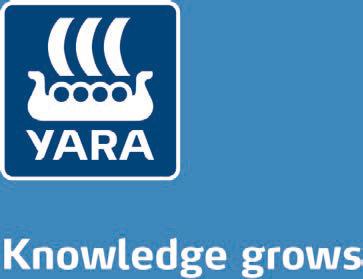
Green Ammonium Nitrate a Low Carbon product from Yara
Yara Green Ammonium Nitrate can lower the CO2e emissions from our current manufacturing of AN by 90% and more.
• Embrace Sustainable Blasting Solutions: Discover Green Ammonium Nitrate from Yara, that will assist the explosives industry and lower the CO2e emissions from our current manufacturing of AN by 90%+ with significant decrease on the LCA of your AN-based explosives.
• Unlock the Potential Today: Begin sustainable infrastructure projects, mining and quarrying practices with Yara’s Green Ammonium Nitrate. Contact us to transform operations and secure a greener future today, with no change to your operations, only greener.
• Environmental Benefits: Significant reduction of CO2e emissions while maintaining performance and optimal rock fragmentation to avoid the additional costs and effort that secondary blasting entails.
• Sustainable explosives: Developments of Low Carbon explosives; Formulation optimized; Formulation and implementation tuned when NOx or N leaching become an issue.
• Regulatory Compliance, Safety and handling: Safety is a top priority throughout our organization and at all stages of the production process and supply chain. This includes helping our customers improve safe storage, handling, transport, and use.
• Sharing best practice is at the heart of what we do to achieve and maintain safe working wherever your business is located. To ensure this we have a:
• Dedicated HESQ (health, environment, safety and quality) team for assistance and advice
• Global presence with local representatives and in-house technical experts
• Ammonium Nitrate based explosives are safe providing well handled, ammonium nitrate is a well-known chemical, very stable and safe under normal
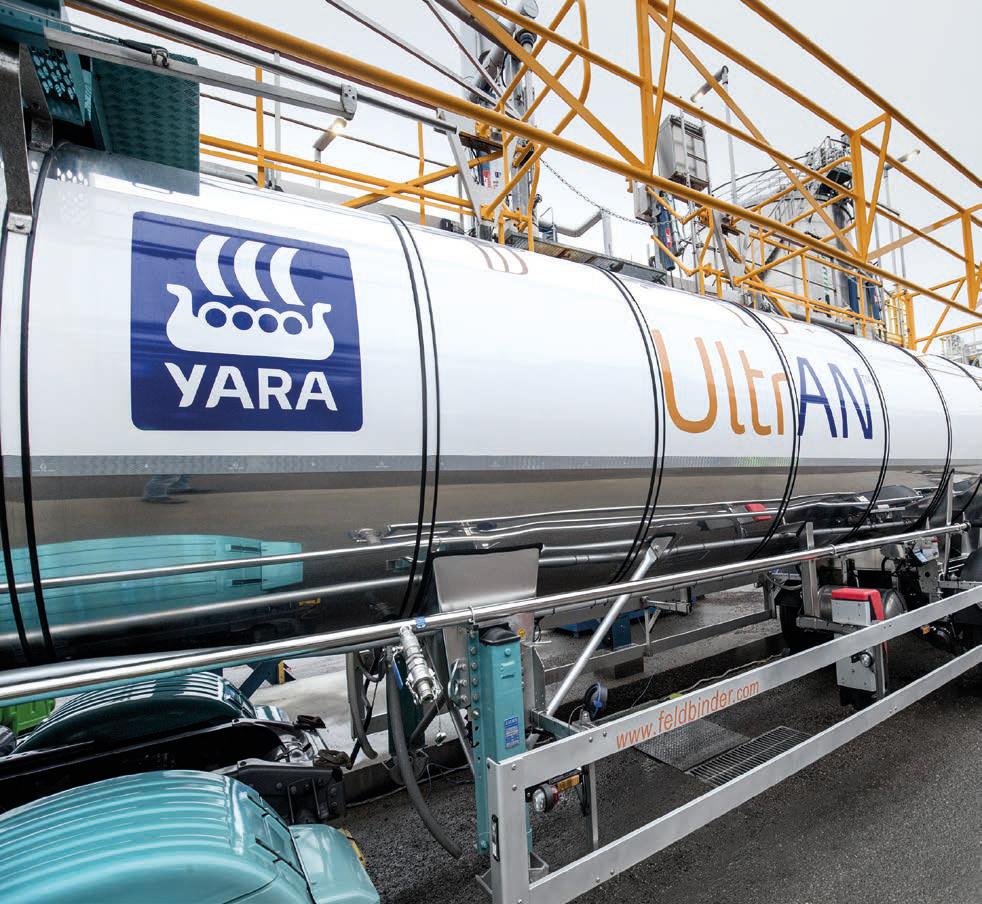
Trusted Partner in Sustainability: Yara, is a major local supplier of ammonium nitrate, that supports your sustainable journey with Ammonium Nitrate supply.
To learn more see:
Why buy Green Ammonium Nitrate from Yara?
specifically. This includes the supply of explosives and blasting services for Australian-based company, Perseus Mining Limited, for their Yaouré Gold Mine located near Yamoussoukro, the capital of Ivory Coast.
“We effectively started the contract in January 2021, with the key specification of providing the first emulsion manufacturing plant on-site, named the Euro Modular Plant (EMP), which was designed and built by our R&D department, EPC Innovation and Industry (EPC2I),” recounts Latte.
“The plant is working well and has the capacity to provide up to 20,000 tonnes of emulsion per year, in preparation for the demands of both open-pit operations and upcoming underground projects,” he adds.
EMP provides EPC Groupe with a greater capacity to provide tailored solutions for its clients from a variety of locations.
Furthermore, the company anticipates new developments in Gabon, where it is preparing for the ramp-up phase of the Belinga project, providing explosive and blasting services.
“We are currently in the process of providing on-site solutions to enhance productivity at the Belinga project and match the increased demand forecasted by the mine operators,” Latte informs.
EPC Groupe has a deep understanding of the local regions in Africa and their mining demands. Therefore, it is knowledgeable enough to approach potential customers from a local development perspective.
“All of the General Managers in our subsidiaries are from Africa, so their local understanding, involvement, and commitment are key for our operations. We are a trusted partner in the region,” Latte explains.
“Innovation is part of our DNA. We are investing in R&D for sustainable products and equipment, whilst strengthening our digital solutions to generate value for our customers.”
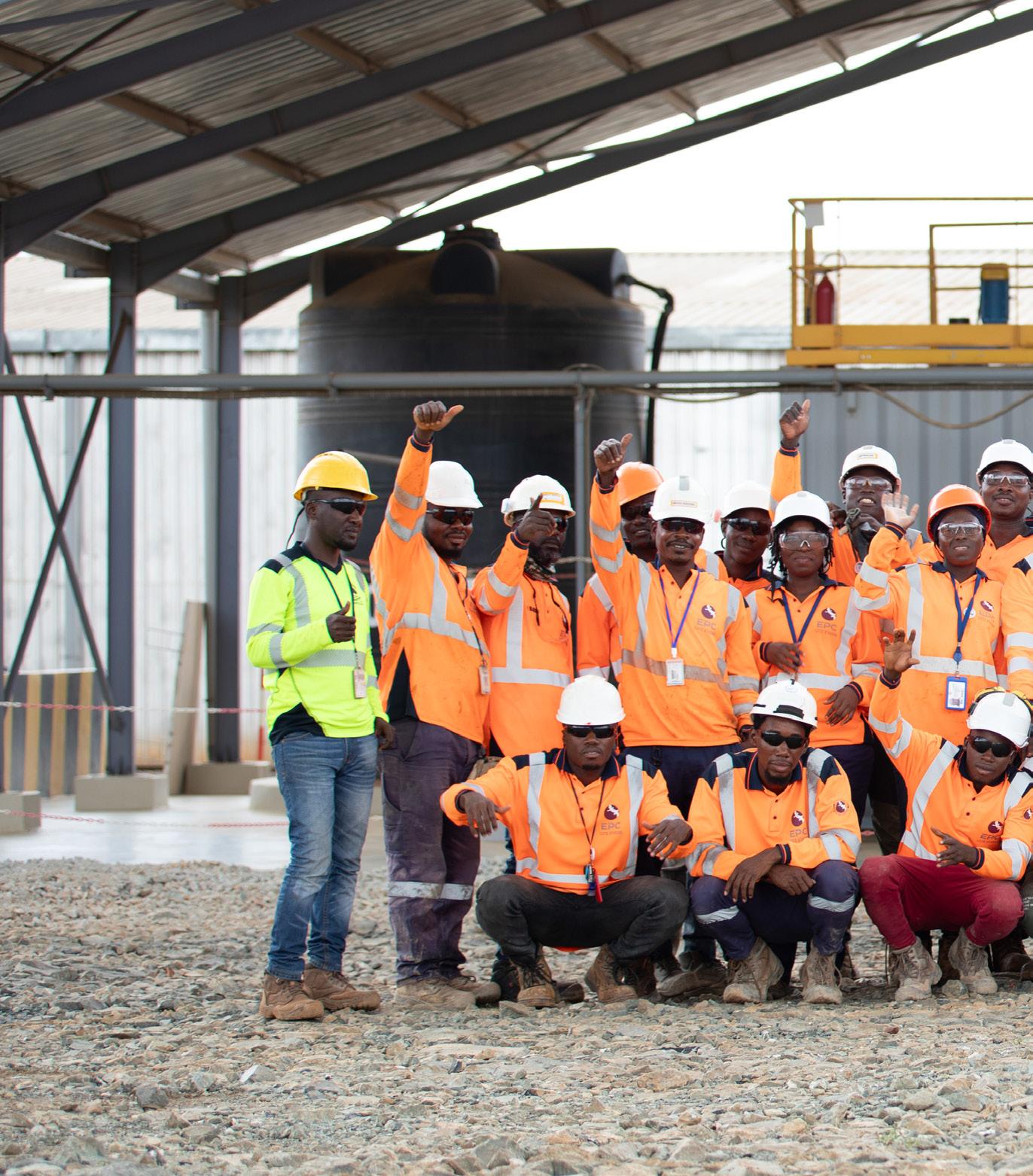
“INNOVATION IS PART OF OUR DNA. WE ARE INVESTING IN R&D FOR SUSTAINABLE PRODUCTS AND EQUIPMENT, WHILST STRENGTHENING OUR DIGITAL SOLUTIONS TO GENERATE VALUE FOR OUR CUSTOMERS”
– WILFRED LATTE, REGIONAL HEAD OF BUSINESS DEVELOPMENT, EPC GROUPE
ACCELERATING THE ENERGY TRANSITION
EPC Groupe proactively harnesses Africa’s abundance of mineral supplies, comprising platinum group metals (PGM), copper, cobalt, iron ore, chrome, manganese, gold, and lithium. With the accelerating pace of decarbonisation and the resulting transition to renewable energy, demands for green minerals have
increased exponentially. The continent has already significantly benefitted from the uptake of such minerals, particularly with the increasing need for gold.
This is especially significant in the context of growing demand in the value supply chain for mine to mill and drilling and blasting activities, which forecasts a bright future for the company.
60 | Africa Outlook Issue 106 EPC GROUPE MINING
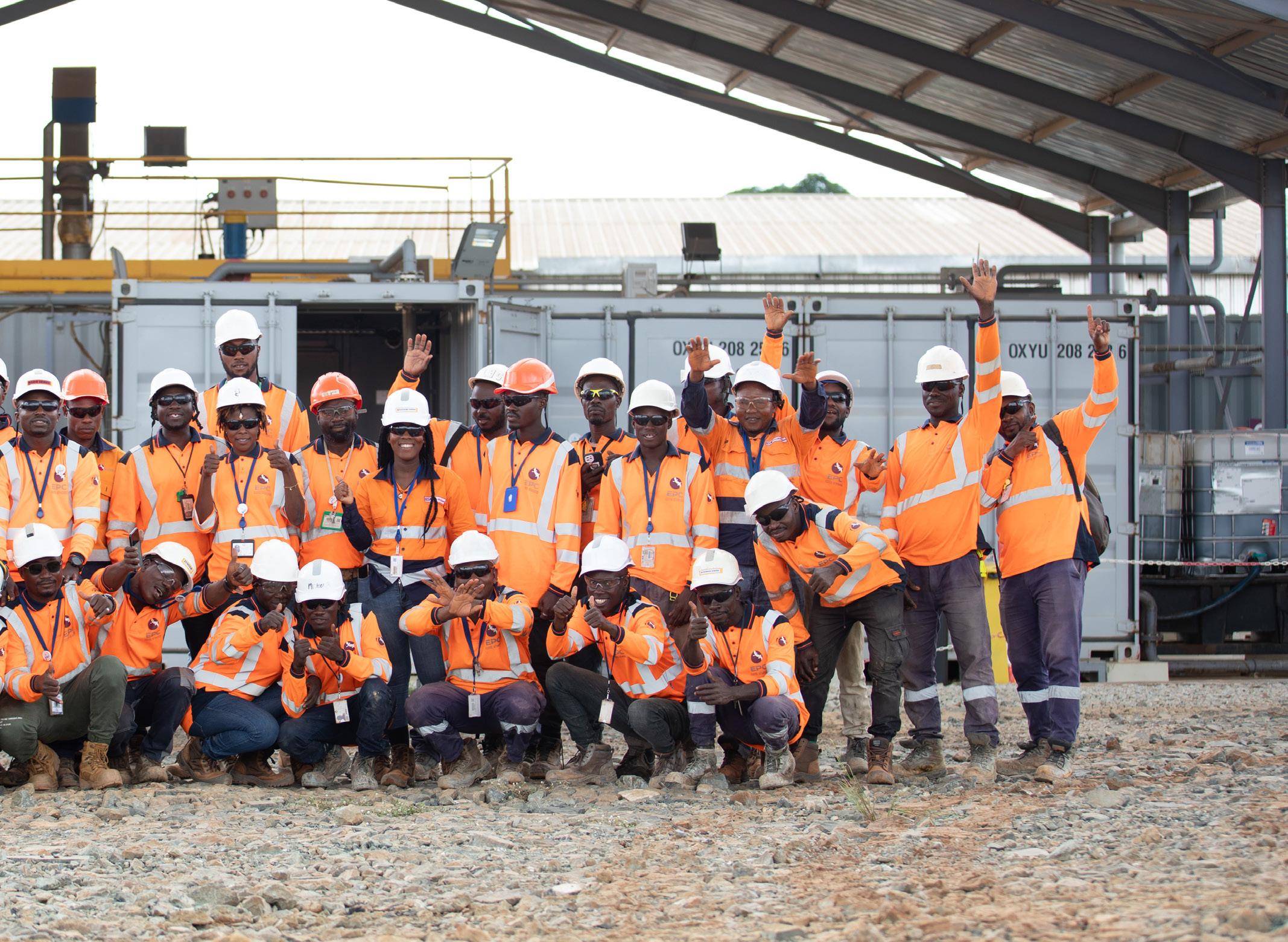

However, new challenges are arising in the mastery of the supply chain and the transportation of raw materials to specified production areas. This enables EPC Groupe to remain competitive and consistently cater for the increasing demands of its customers whilst meeting the needs of renewable energy.
“Africa remains the place to be if we want to play our part in the energy
transition. Alongside the products and services we offer, we take great care to ensure that the environmental aspect is taken into consideration in all our working procedures,” Latte details.
Moreover, the company prides itself on exceeding typical corporate social responsibility (CSR) standards, as EPC Groupe is devoted to the advancements of the local African communities in which it operates.
“Our decisions and activities are planned and conducted to comply with the group’s own broader definition of CSR, which corresponds with our vision of being responsible in front of our own people, the community as a whole, and our stakeholders,” Latte details.
With such a passion for doing right, not only from the company but its surrounding people, EPC Groupe’s
priority for 2024 is to expand its presence across Central and Southern Africa, particularly in the development of emerging subsidiaries that are entering the mining market.
“As an organisation, we strive to strengthen our market share and continuously provide solutions to our customers,” Latte concludes.
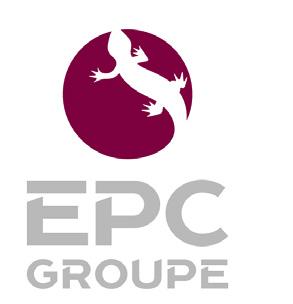
Tel: +225 27 22 48 81 51 Tel: +225 07 69 72 54 24 infos.zoneafrique@epc-groupe.com www.afrique.epc-groupe.com Africa Outlook Issue 106 | 61


MILESTONE DELIVERY
Kobus Van den Berg, General Manager of Underground Production, updates us on the latest progress of De Beers’ Venetia Underground Project during the past year and details the landmark delivery of first production
Writer: Jack Salter | Project Manager: Thomas Arnold
De Beers’ USD$2.3 billion underground expansion of the leading diamond mine in South Africa (SA), which ceased open-pit mining operations in December 2022 after 30 years of production from the Tier 1 asset, represents the biggest single investment in the country’s diamond mining industry for decades.
The highly mechanised underground operation will deliver up to six million tonnes (t) of kimberlite ore per year to produce around four million carats (ct) of diamonds annually.
Last year, De Beers celebrated the delivery of first production from underground operations at its Venetia Mine, a highly anticipated milestone and a landmark achievement witnessed by the mining industry.
This significant event marked a new chapter in the history of diamond mining at the Venetia Mine, showcasing the dedication, innovation, and collaborative efforts of all involved.
“The Venetia Mine represents a bold transition from open-pit mining to underground operations, as cemented by the team’s first production blast,” acclaims General Manager of Underground Production, Kobus Van den Berg.
This strategic move was driven by the need to access deeper diamond reserves, opening up new opportunities for the extraction of high-quality gems.
“The increased production will contribute to meeting global diamond demand and solidify the Venetia Mine’s position as a prominent diamond producer,” he adds.
UNDERGROUND TRANSITION
Having delivered first production from its underground operations, the investment in the world-class Venetia Mine will bolster De Beers’ global production in the long term and is an indication of the company’s commitment to SA.
PHOTOGRAPHY: SIMPHIWE NKWALI Africa Outlook Issue 106 | 63 DE BEERS MINING
The underground expansion extends the life of the operation by an estimated 25 years, ensuring the continued longevity and sustainability of the Venetia Mine, securing the livelihoods of workers, and contributing to the local economy.
Transitioning to underground mining at the Venetia Mine involved the implementation of advanced mining techniques. For example, the underground mine will use sublevel caving to extract material from its K01 and K02 orebodies.
Initially, the ore will be hauled to the surface using a combination of underground and surface haul trucks. As the operation matures, the hauling systems will transition to an automated truck loop in combination with vertical shafts for steady-state production.
Known for its efficiency and safety, sublevel caving was chosen as the primary mining method, and the journey ahead will likely involve continuous technological advancements.
“The mining industry is constantly evolving and embracing new technologies and innovation which will enhance operational efficiency, safety, and productivity. Automation, data analytics, and advanced monitoring systems will be further integrated to optimise mining operations,” Van den Berg notes.
UPSKILLING EMPLOYEES
With these technological advancements and the underground expansion of the Venetia Mine, training has therefore been important to transition De Beers’ employees from open pit to underground mining.
The success of VUP relies heavily on its workforce, and going into an underground operation naturally requires a complete shift in mindset. As a result, De Beers has partnered with a Tier 1 contractor to teach the necessary skillsets.
“This is done through the training
and assessment of our employees. In this way, we will ensure that no one is left behind and they have the necessary skills to take VUP further,” says Van den Berg.
“Upskilling our team to operate a mine of the future remains key. We are prioritising the training of long drill operators, who are crucial to advancing VUP, and trackless mobile machine operators following the first production in June 2023.”
To date, more than 30,000 interventions for both new and existing employees have been completed since the USD$10.5 million Venetia Mine training centre was commissioned in June 2021. This was a key component of its operational readiness framework to enhance the transformation of people, processes, and systems for the successful transition from open pit to underground mining.
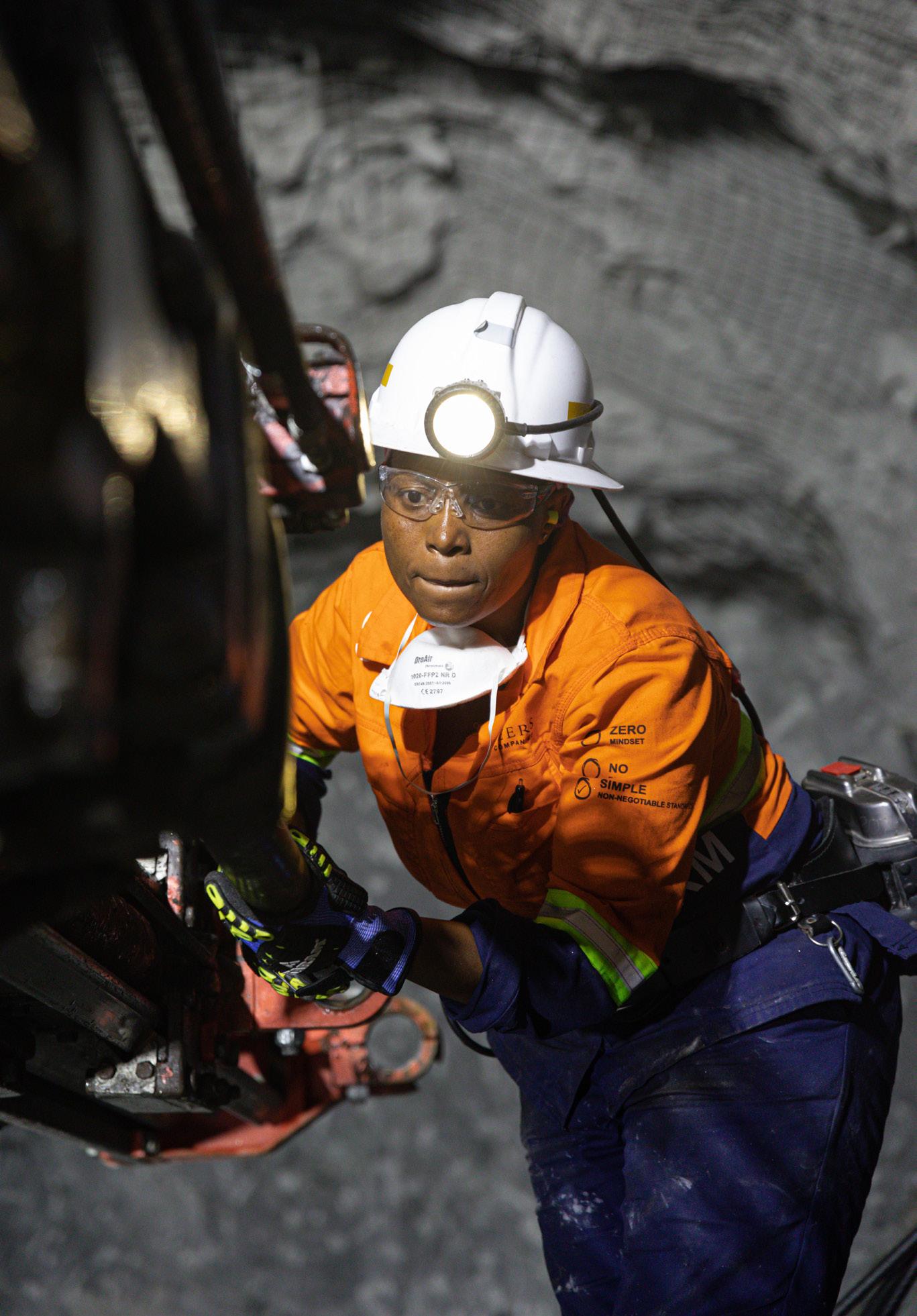
64 | Africa Outlook Issue 106 DE BEERS MINING
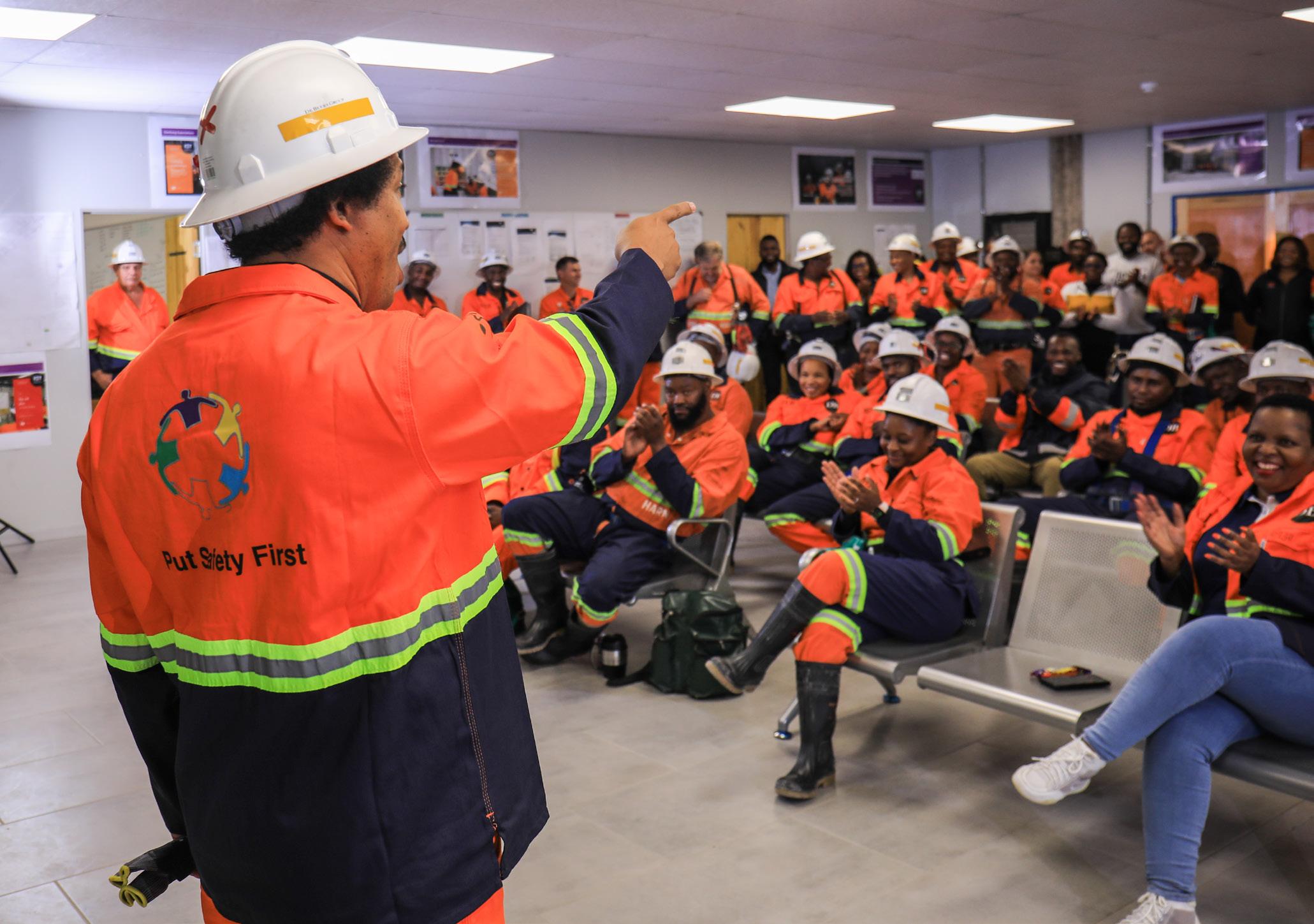
“THE VENETIA MINE REPRESENTS A BOLD TRANSITION FROM OPEN-PIT MINING TO UNDERGROUND OPERATIONS, AS CEMENTED BY THE FIRST PRODUCTION BLAST
CONDUCTED BY THE TEAM”
– KOBUS VAN DEN BERG, GENERAL MANAGER OF UNDERGROUND PRODUCTION, VENETIA UNDERGROUND PROJECT
Training covers areas such as health and safety, the operation of underground equipment, and technical aspects, including geology. It also involves training for ventilation, which is key for underground operations, as well as sophisticated equipment such as winders.
Early warning systems training is also undertaken to ensure that mine workers understand the meaning of various alarms for safety purposes.
As De Beers is building an underground mine that will eventually
be autonomous, skilled personnel are therefore required for this ambitious technological development.
“People will still be responsible for operating mining equipment, but will do so remotely, removed from any potential danger underground,” confirms Van den Berg.
As a follow-up to the training which employees receive at the centre, De Beers has partnered with Tier 1 mining contractor, Redpath, to further enhance the skills of its operators on key mechanised equipment and
ensure safety and performance levels meet international mining standards.
FULLY AUTONOMOUS MINE
In order to create a fully autonomous mine, the company’s digital transformation journey continued to progress in 2023 and is an integral part of the underground expansion.
De Beers’ objective is to have a number of autonomous mining systems performing multiple processes by 2027. The introduction of these systems is now beginning, with a ramp-up process occurring over the next four years.
The technologies that De Beers is implementing, some of which are under development, will be gradually phased in.
“Automation at VUP will be applied in a phased approach, then gradually introduced with the necessary training in the operation and support of these technologies,” Van den Berg divulges.
PHOTOGRAPHY: SIMPHIWE NKWALI Africa Outlook Issue 106 | 65
PHOTOGRAPHY: SIMPHIWE NKWALI
VUP has partnered with Sandvik Mining and Rock Solutions (Sandvik), who manufactures the iSeries range of intelligent automated mining machines, which can be operated underground within access-controlled safety zones or from a control room on the surface.
Sandvik has delivered a 34-strong fleet made up of load haul dump (LHD) machines, articulated dump trucks (ADTs), twin-boom drill rigs, roof bolters, cable bolters, and production long hole drills.
“These iSeries machines include 17 and 21 t payload LH517i and LH621i LHDs, 51 t payload TH551i ADTs, DS412i roof bolters, DS422i cable bolters, DL422i production drills, and DD422i face drills,” shares Van den Berg.
PHASED APPROACH
This first phase of introducing automation to VUP includes Sandvik’s DD422i automated underground drill rig, which is being implemented with the help of Anglo American’s technical service department.
iSeries drill rigs simplify operations using automated functions, while an intuitive user interface delivers a consistent operator experience across all drill models.
The proven Sandvik Intelligent Control System Architecture (SICA), a key component of the iSeries family, provides the operator with real-time feedback regarding the machine’s performance and health, along with tools for drill planning, reporting, and analysis, ensuring quality and consistency hole-to-hole.
Sandvik is additionally providing its AutoMine® system for the remote operation of loaders and trucks, as well as its OptiMine® solution for machine health monitoring, task management, and location tracking.
On top of Sandvik’s OptiMine® and AutoMine®, De Beers is looking to integrate Howden’s Ventsim™ CONTROL system for monitoring,
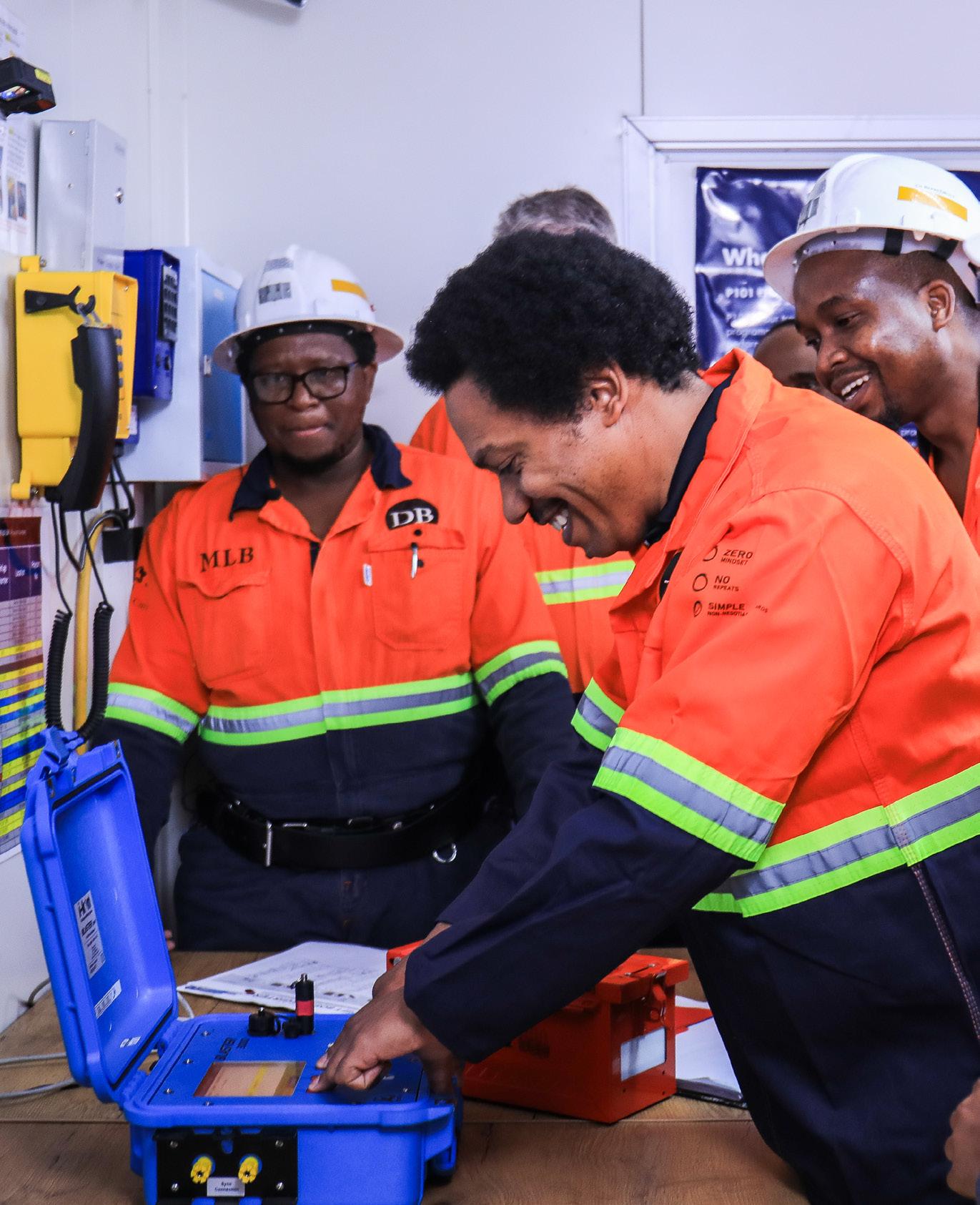
“AUTOMATION AT VUP WILL BE APPLIED IN A PHASED APPROACH, THEN GRADUALLY BE INTRODUCED WITH THE NECESSARY TRAINING IN THE OPERATION AND SUPPORT OF THESE TECHNOLOGIES”
– KOBUS VAN DEN BERG, GENERAL MANAGER OF UNDERGROUND PRODUCTION, VENETIA UNDERGROUND PROJECT
controlling, and optimising underground ventilation.
The company is also employing the Mobilaris Mining Intelligence platform for personnel location and situational awareness to help locate individuals in case of an emergency and notify them of incidents should they occur.
On the productivity side, De Beers is employing a cave management
system to reduce overdrawing, linking the sublevel caving mine plan with on-board LHD diagnostics and bucket weighing for efficiency and safety.
“When working in harmony, all of this will make it easier for us to reach our goal of achieving just under six metric tonnes per annum (Mtpa) of kimberlite ore and at least four million ct per year,” states Van den Berg.
66 | Africa Outlook Issue 106 DE BEERS MINING
PHOTOGRAPHY: SIMPHIWE NKWALI
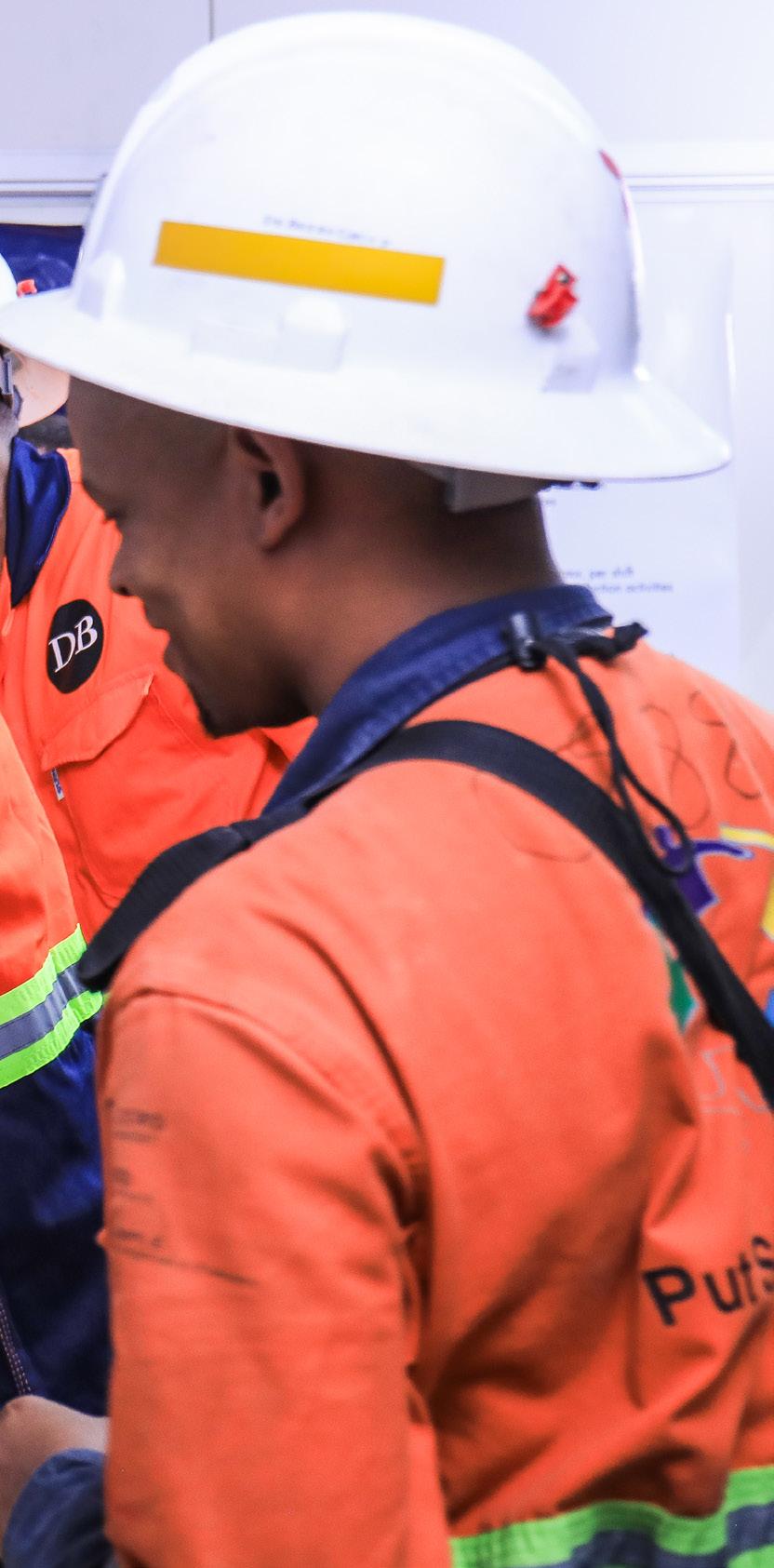
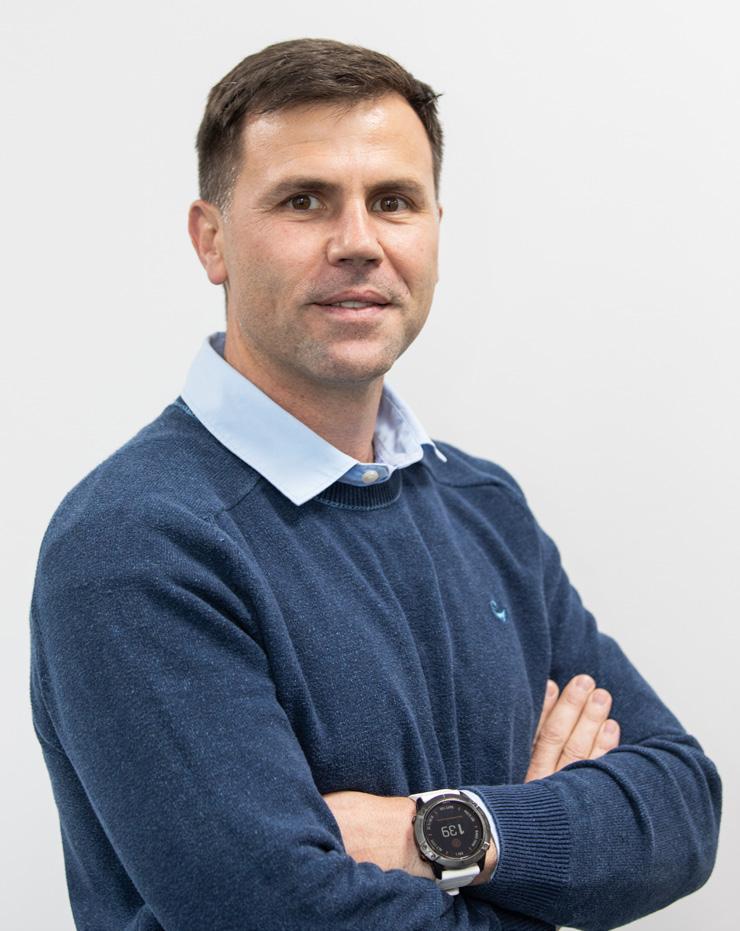
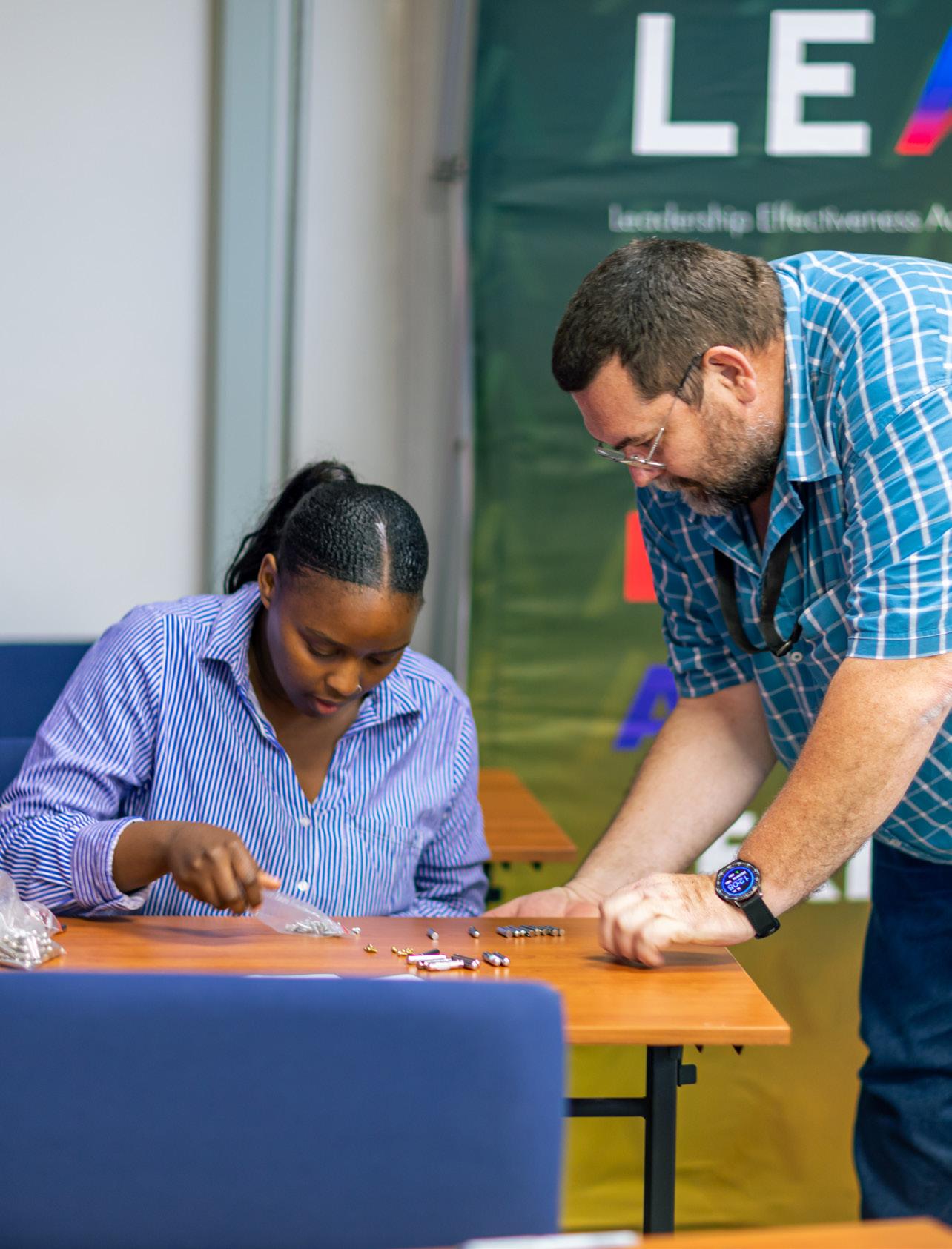
AFRICA OUTLOOK: CAN YOU TELL US MORE ABOUT YOUR PILOT PROJECT FOR REMOTE LOADING AND AUTONOMOUS TRAMMING?
KOBUS VAN DEN BERG, GENERAL MANAGER OF UNDERGROUND
PRODUCTION: “A pilot project to prepare the production team for the use of remote loading at the drawpoints and autonomous tramming to the tip is in the process of being established. Trials have commenced, and these will continue in 2024.
“With sublevel cave mining, there is a risk of mud rushes and water ingress at drawpoints, and remote loading will allow material to be loaded without putting operators at risk.
“This pilot project will have a single loader operating under AutoMine Lite in a dedicated area on 46L that is isolated from other areas of the mine, with the machine controlled locally from a mobile tele-remote station just outside the autonomous operating area.”
Africa Outlook Issue 106 | 67
PHOTOGRAPHY: SIMPHIWE NKWALI
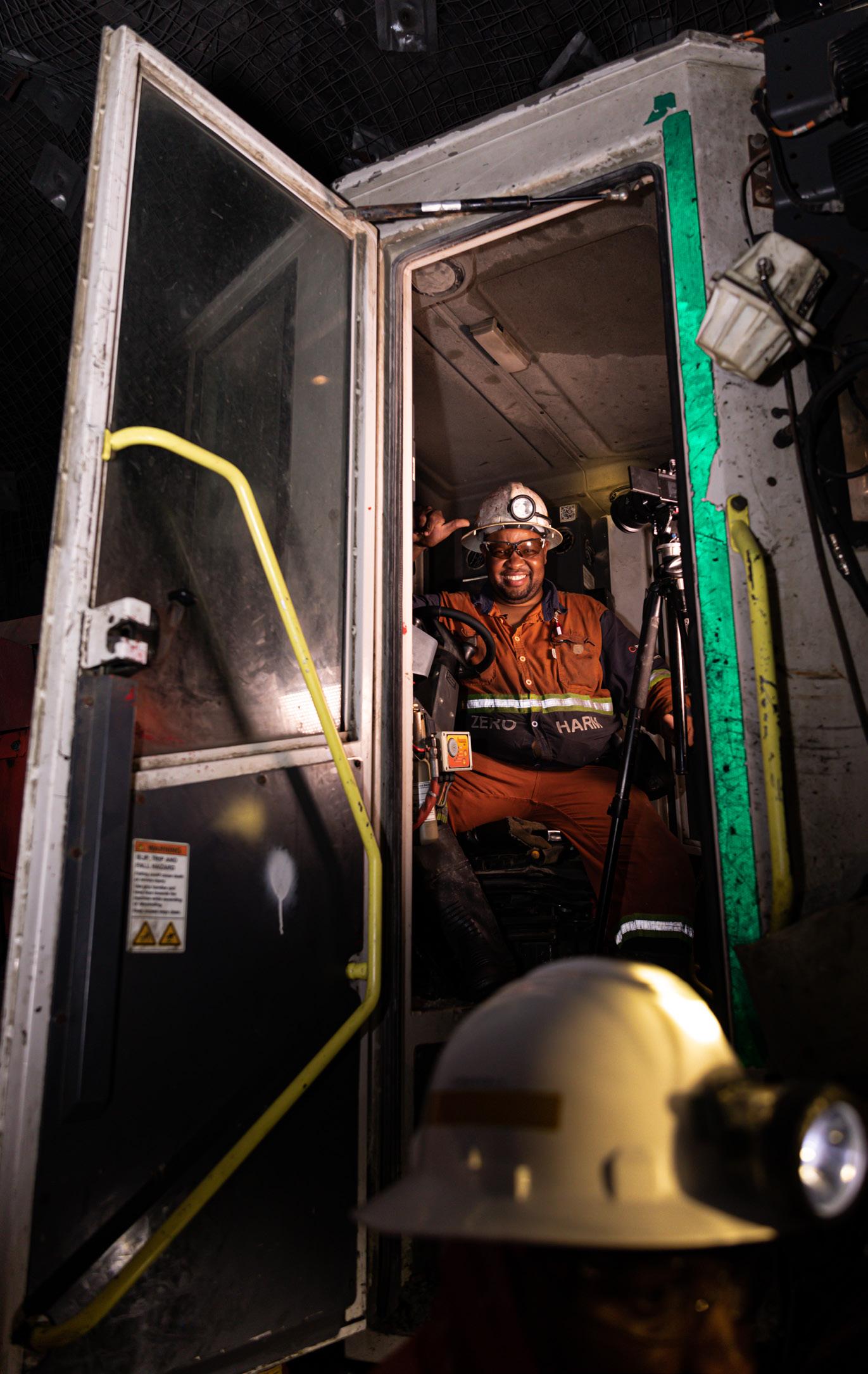
Following this, the next stage will be to introduce autonomous machines, which do not require an onboard operator.
The final phase will then be the implementation of a complete autonomous mining system, comprising the use of multiple autonomous machines working in harmony and managed by an
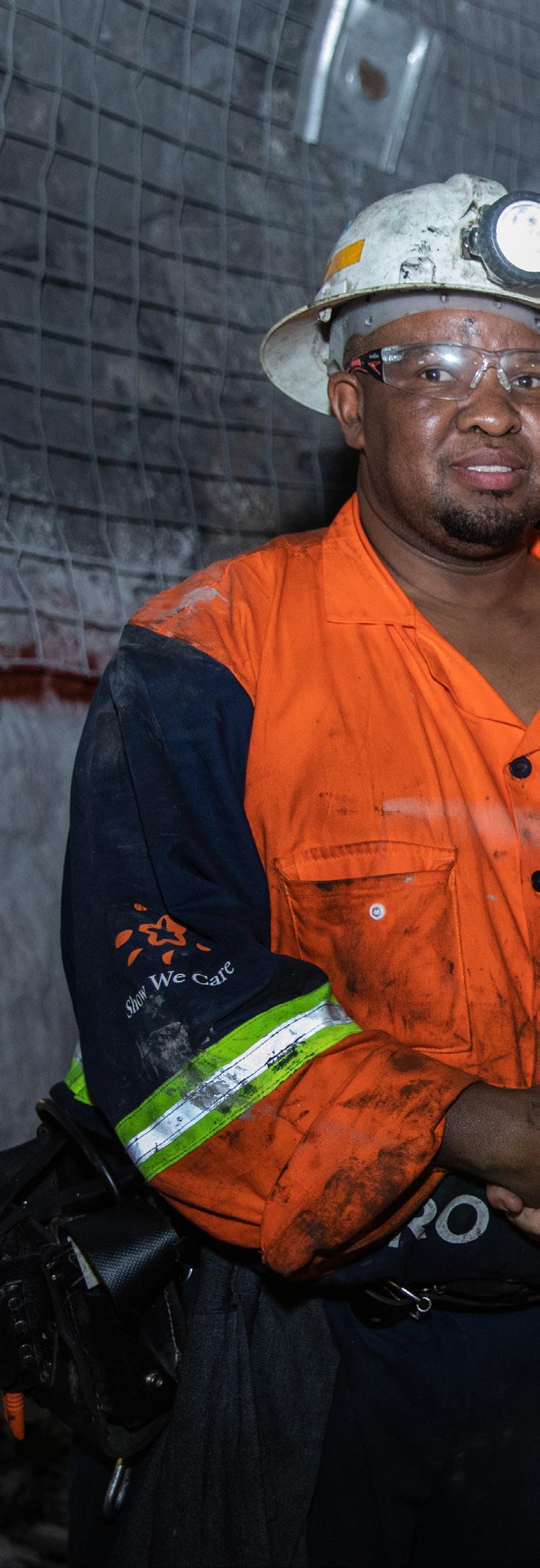
integrated central traffic management system.
In addition, the company recently migrated to its integrated operations control room, where all operations will be carried out when the mine is fully automated.
Where appropriate, De Beers will take advantage of proven technologies first to ease the
change management process, before advancing to less mature technologies thereafter.
“The process should see us start operating areas of the mine in a fully autonomous capacity by 2027,” Van den Berg excites.
“We will be integrating more technologies into the mix – digital mobility, data analytics, a cave
68 | Africa Outlook Issue 106
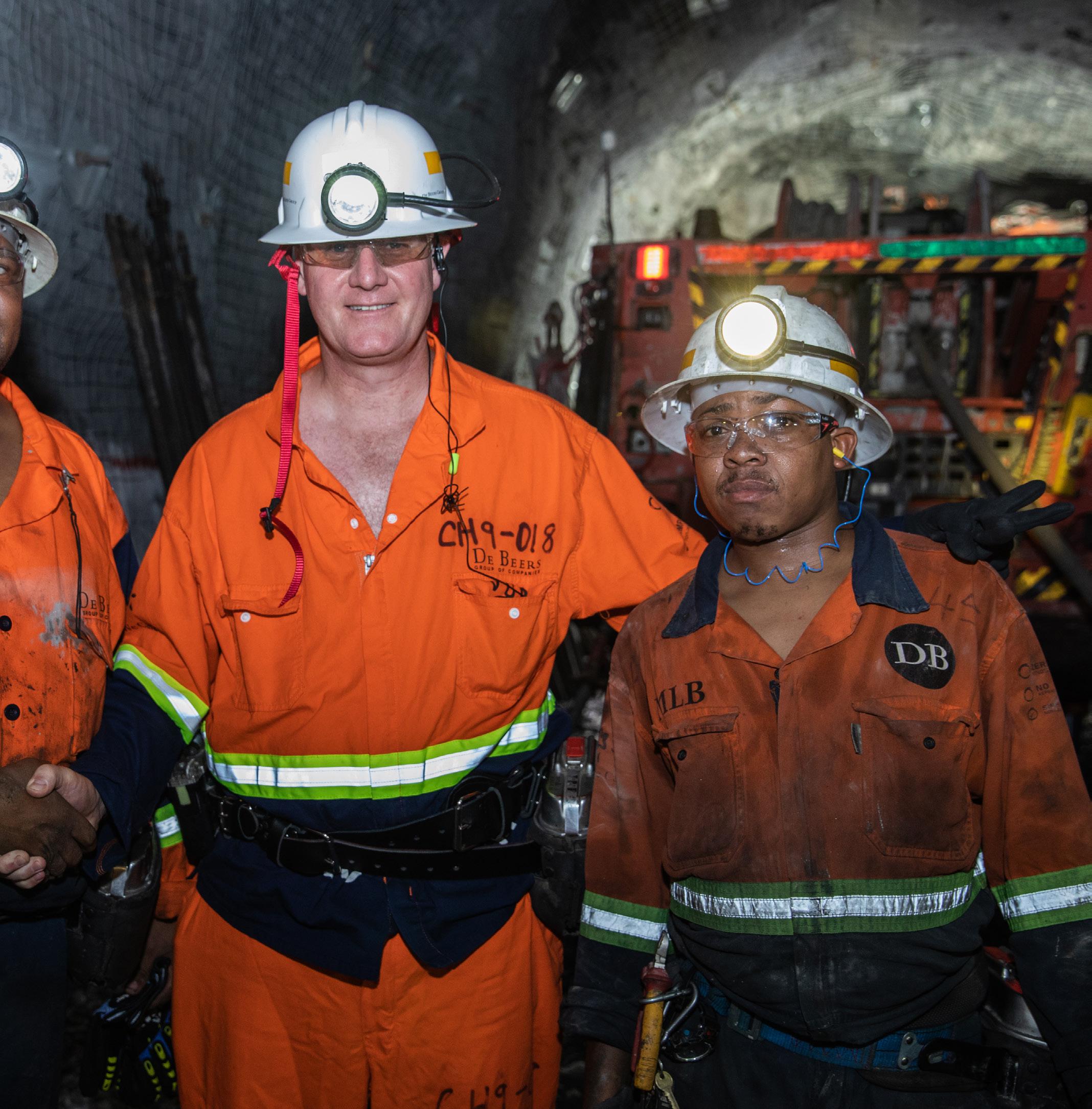
management system, collision prevention, personnel alert systems, equipment location and tracking, production management through digital platforms, and centralised blasting systems,” he adds.
NEARING COMPLETION
Infrastructure development at VUP is around 72 percent complete, with
the miner on target for production ramp-up and project completion by 2028.
To date, the miner, which initiated its first blast at the end of June 2023, is in the early stages of production.
“We are also busy developing our second ore body, K02, from which we will start production in 2026,” reveals Van den Berg.
“Production is currently focused on the top of mine (TOM), which is located between 450 and 540 metres (m) below surface from 46 Level (46L) to 54 Level (54L). The main infrastructure is located 900m to 1,000m below surface.”
The remaining infrastructure development yet to be completed includes the installation of water
Africa Outlook Issue 106 | 69 DE BEERS MINING
PHOTOGRAPHY: SIMPHIWE NKWALI
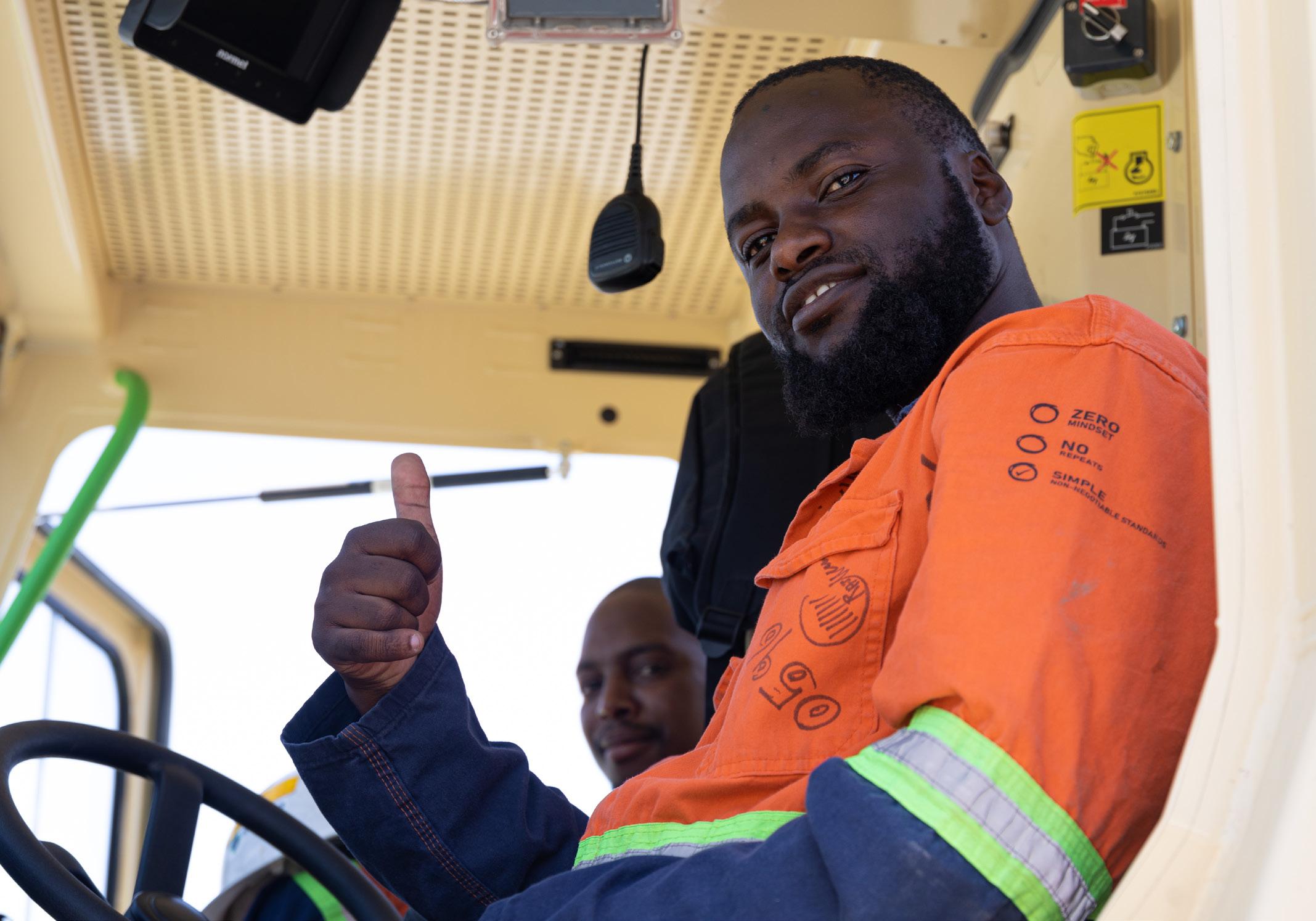
management systems, such as pump stations on 56 Level (56L) to cater for the excess water during the rainy seasons, as well as the construction of a primary crusher on 54L.
Further to this, the service shaft, which is currently at roughly 1,000m, will be equipped and deepened by 60m.
“There is roughly 30 percent of infrastructure development that still needs to be completed, which is earmarked for completion by 2027/28,” Van den Berg outlines.
A state-of-the-art Integrated Operations Centre (IOC), meanwhile, was recently launched on 26th January 2024, enabling a digital environment for driving sustainable improvement at the Venetia Mine.
With the safety of VUP teams as the project’s number one priority, IOC will be critical in monitoring potential hazards and creating a safe underground operating environment.
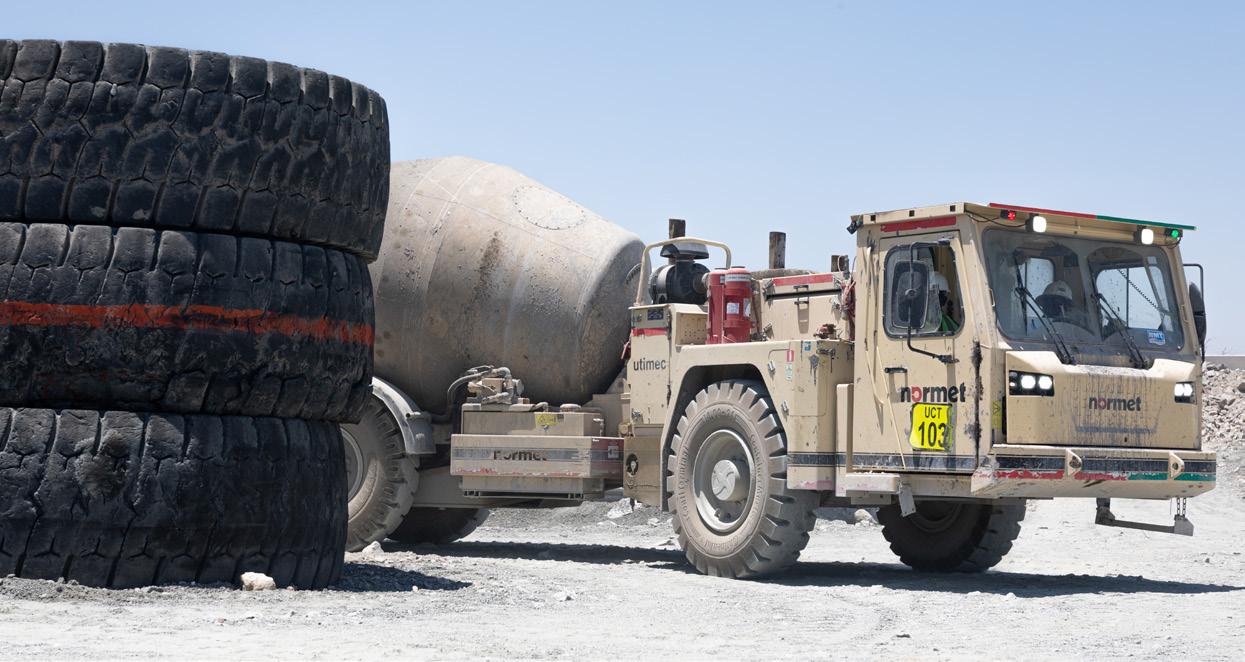
IOC’s design and use of sophisticated technology will ensure that the underground teams work safely and efficiently, while having around-the-clock support in case of emergencies.
VUP looks forward to the positive impact that IOC will have on its journey towards achieving zero harm.
POSITIVE IMPACT
As well as increasing De Beers’ long-term global production, the underground expansion of the Venetia Mine will also bring positive socioeconomic impacts to the region.
The transition has led to the creation of new job opportunities, providing employment and skills
70 | Africa Outlook Issue 106
development for local communities.
Furthermore, the mine’s operations generate economic growth through local procurement, infrastructure development, and community investments, contributing to sustainable progression in the area.
The underground expansion will therefore benefit the lives of host communities in SA, which De Beers is committed to having a positive impact on.
This commitment is further exemplified by the launch of De Beers’ Building Forever sustainability strategy, comprising 12 goals that focus on leaving a lasting legacy, one of which includes establishing the means to ensure that host communities thrive.
De Beers has also partnered with the International Youth Foundation to ensure that graduates from technical vocational education and training (TVET) colleges are equipped with the right skill sets required for available jobs.
The programme has been rolled out by De Beers to benefit 12,000 students and lecturers in Limpopo, and through digitisation, it has in fact been possible to extend the scheme to all 50 TVET colleges across the country.
Moreover, for communities to thrive, it is essential that they have access to necessities such as water and healthcare.
De Beers has therefore been working with many villages surrounding its operations to provide water access infrastructure closer to the communities.
“We also sponsor various sporting codes as it promotes a healthy lifestyle for communities,” Van den Berg informs us.
Concentrated on the critical pillars of its sustainability strategy, De Beers’ Building Forever 2030 Goals were developed in partnership with the communities in which it operates.
The company has set out clear
DE BEERS’ BUILDING FOREVER 2030 GOALS – AT A GLANCE
PROTECTING THE NATURAL WORLD
Climate change – Carbon neutrality across all operations.
Water – Reducing its water footprint by 50 percent.
Biodiversity – Achieving a real, positive impact on biodiversity.
ACCELERATING EQUAL OPPORTUNITIES
Diverse talent in jewellery – Increasing the diversity of creative talent in the diamond jewellery sector.
Women in business and technology – Supporting 10,000 female entrepreneurs and engaging 10,000 young women in STEM.
Inclusive workplace – Achieving equality of opportunity, including gender parity, for employees across the workforce.
LEADING ETHICAL PRACTICES ACROSS THE INDUSTRY
Artisanal mining – Delivering scalable solutions to improve the livelihoods of artisanal miners.
Provenance – Aiming to provide the origin and impact of every diamond it discovers and sells.
Responsible sourcing – Extending its Best Practice Principles (BPP) programme beyond the value chain to advance industry standards.
PARTNERING FOR THRIVING COMMUNITIES
Health and well-being – Achieving priority SDG3 targets in all partner communities.
Skills and education – Establishing skills partnerships in all partner communities. Livelihoods – Supporting four jobs across its partner countries for every one job at De Beers’ operations.
pathways for achieving these goals and will measure its progress along the way. De Beers will work towards hitting its targets by collaborating with key partners, investing in innovation and technology, and assessing itself against performance metrics.
“We are partnering with academics, educational institutions, nongovernmental organisations (NGOs), and government to help build livelihoods and create jobs in our host communities through regional, enterprise, and supplier development support,” reveals Van den Berg.
“We’re providing access to opportunities through education and skills programmes, focused on both supporting traditional education as well as preparing and building resilience for an increasingly digital and automated future for both our local communities and workforce.”
De Beers is also working with local partners and investing in campaigns, programmes, and facilities, with a particular focus on women and youth, to achieve the UN’s Sustainable Development Goal 3 (SDG3) targets for good health and well-being.
Africa Outlook Issue 106 | 71 DE BEERS MINING
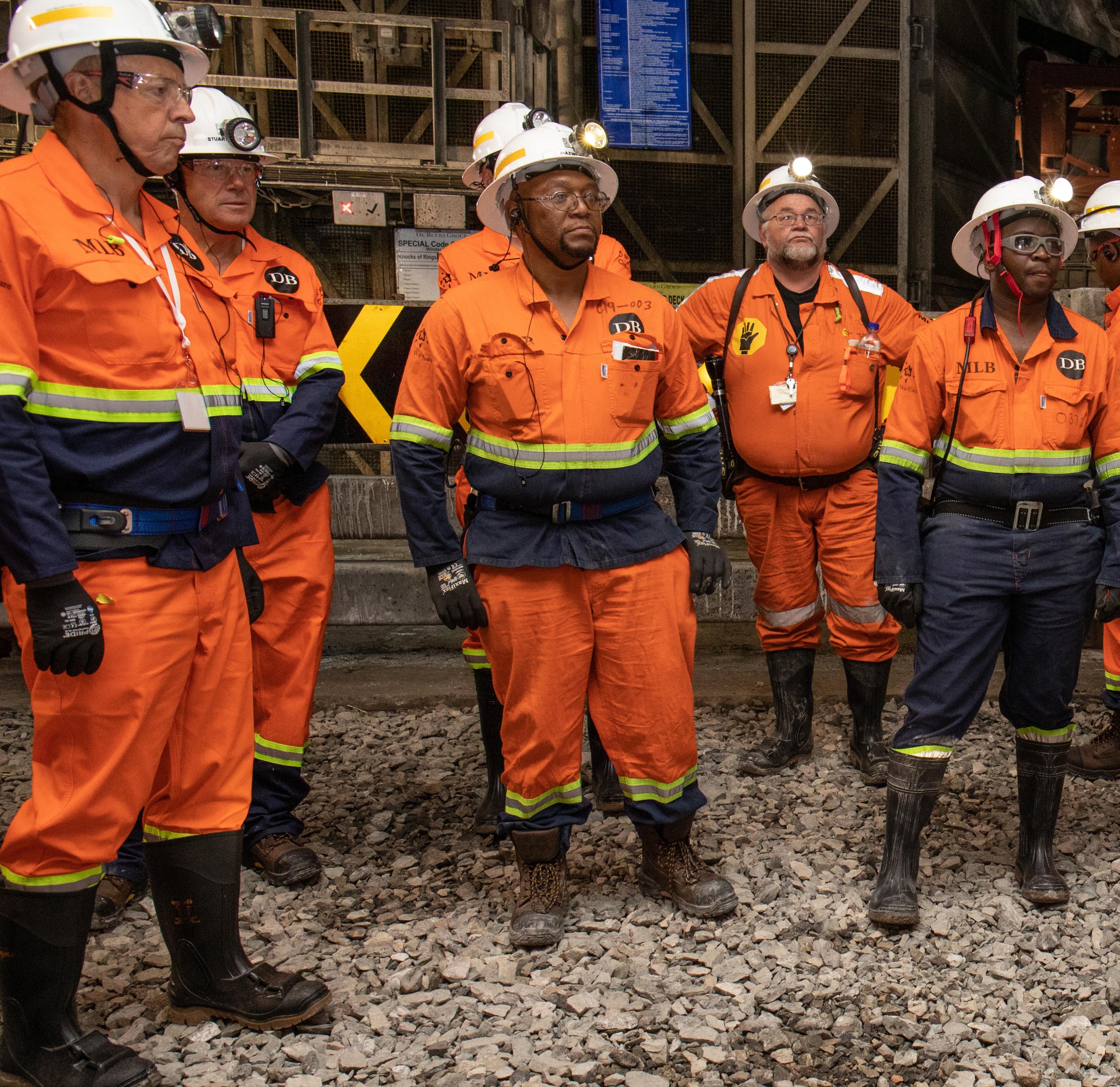
“THE WELL-BEING OF OUR PEOPLE IS OUR NUMBER ONE PRIORITY, AND SAFETY REMAINS THE MOST IMPORTANT AREA OF FOCUS FOR OUR TEAM”
– KOBUS VAN DEN BERG, GENERAL MANAGER OF UNDERGROUND PRODUCTION, VENETIA UNDERGROUND PROJECT
SAFETY FIRST
Safety has remained an intrinsic thread in VUP throughout the past year and indeed since the project’s inception.
De Beers’ number one value is ‘Put Safety First’, which drives the company’s goal of achieving zero harm.
Understanding that safety is everyone’s responsibility and embracing this key value requires the company to ensure that everyone is
doing their part to create a zero-harm workplace.
“The well-being of our people is our number one priority, and safety remains the most important area of focus for our team,” Van den Berg emphasises.
“This is what makes the Venetia Mine a safe and mature operation. Our business case is built on our ability to improve safety and keep our people away from harm, as well as to make
us more efficient and beat inflation, ensuring the margins we promised investors are realised.”
Nothing is more important to the overall success of De Beers and VUP than employees going home safely each and every day.
“We are seeing some improvement as we drive our value of ‘Show We Care’ through the successful participation in the Brother’s and Sister’s Keepers and SafeSENTRY
72 | Africa Outlook Issue 106
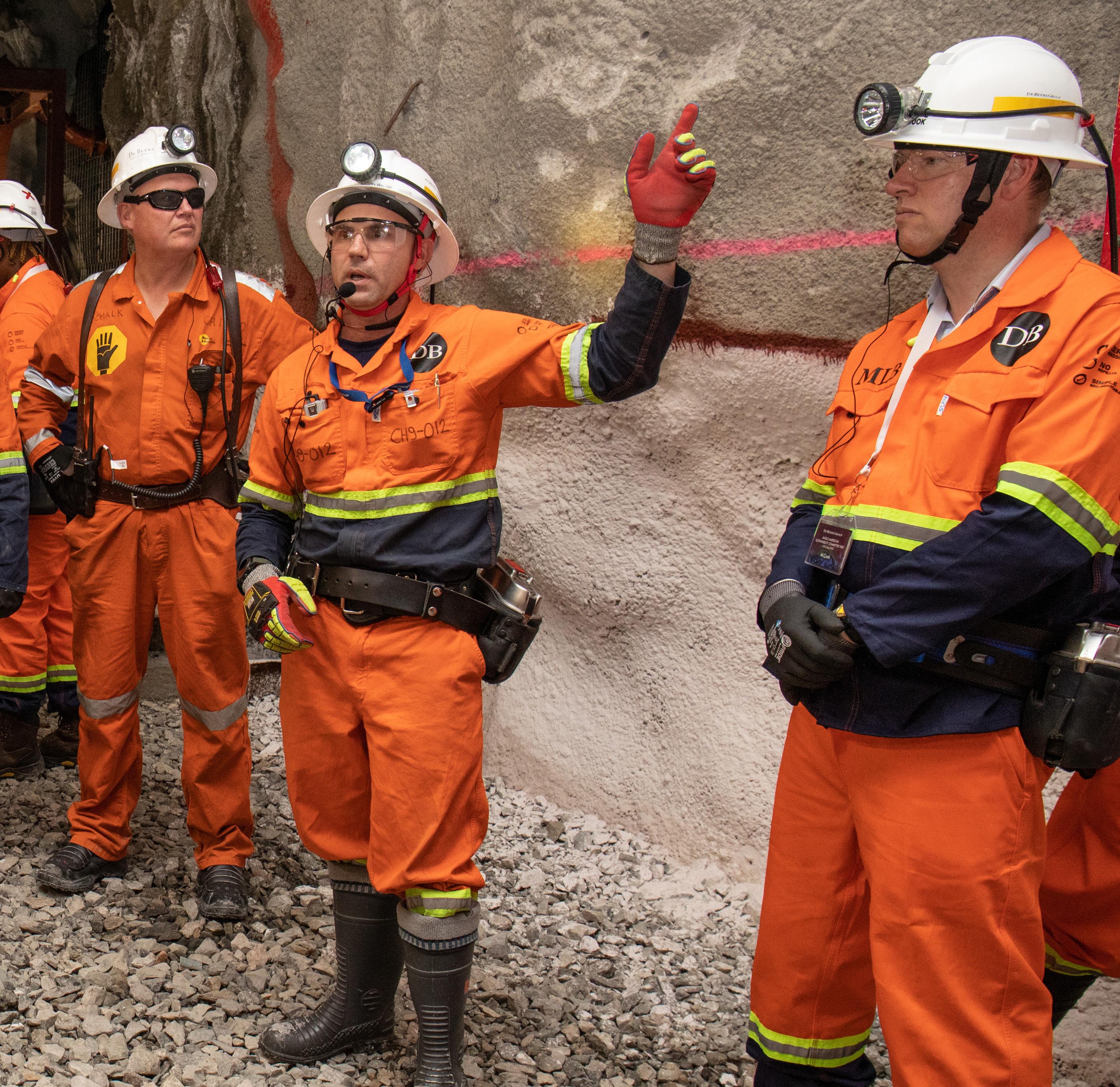
programmes,” he tells us.
Safety has always been a top priority in the mining industry, and the Venetia Mine is no exception.
Rigorous safety protocols, comprehensive training programmes, and state-of-the-art monitoring systems have been implemented in the mine to ensure the well-being of the workforce.
This commitment to safety has resulted in a collaborative culture
where every individual plays an active role in maintaining a safe working environment.
“As the underground mine progresses, operational refinements will be made based on real-time data and feedback,” concludes Van den Berg.
“Over and above the safety aspirations, continuous improvement initiatives will aim to optimise mining methods, streamline processes, and reduce costs.”
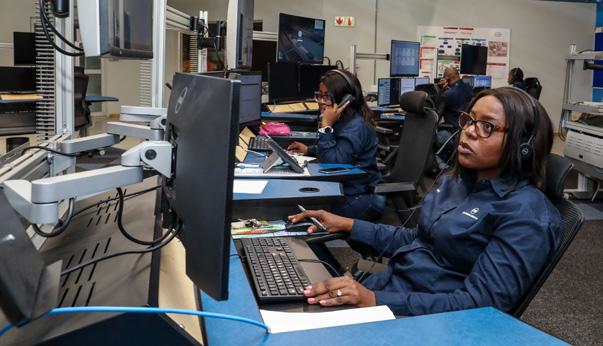

Tel: +27 11 374 7000
www.debeersgroup.com
SIMPHIWE NKWALI
PHOTOGRAPHY:
THABO
Africa Outlook Issue 106 | 73 DE BEERS MINING
PHOTOGRAPHY:
MONANYANE
BRIDGING FOR THE FUTURE
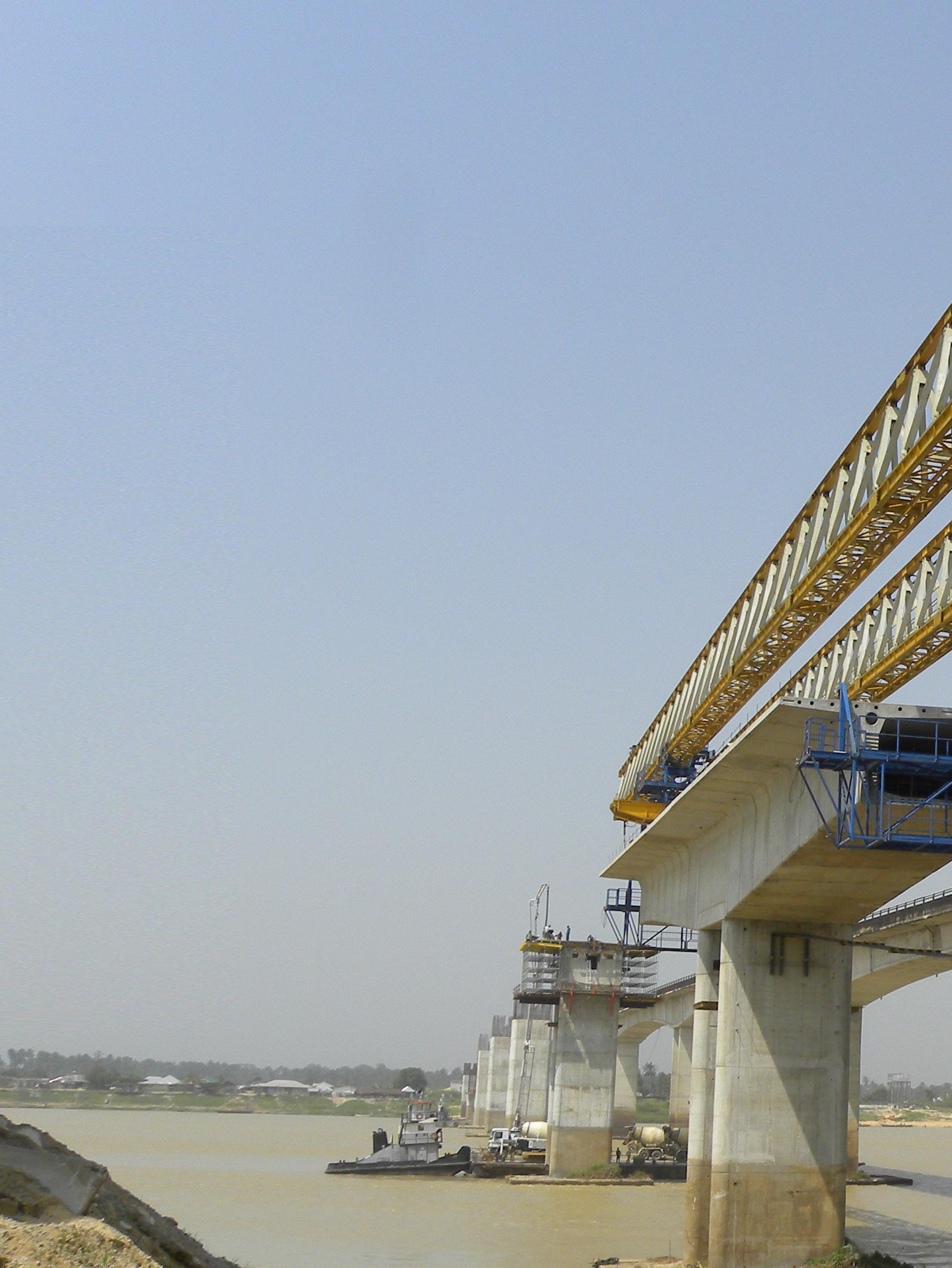
Against a backdrop of national infrastructure deficits and funding shortages, Setraco Nigeria has remained a household name in the country for over 30 years. Executive Director, Ignatius Aigbokhaode, explains how the company’s bridge-building and road construction capabilities have contributed to its lasting success Writer: Lily Sawyer | Project Manager: Kierron Rose
From its humble beginnings as a small construction company in 1977, concerned with the rehabilitation of rural roads in Nigeria, Setraco Nigeria (Setraco) has emerged as a considerable behemoth of the country’s civil engineering industry, specialising in road, bridge, and real estate development, as well as flood control and infrastructure management.
Catering for a range of clients, from the federal government of Nigeria to various state governments, international oil companies, and other private corporate organisations, Setraco boasts manifold capabilities, including state-of-the-art bridge-building technologies.
74 | Africa Outlook Issue 106
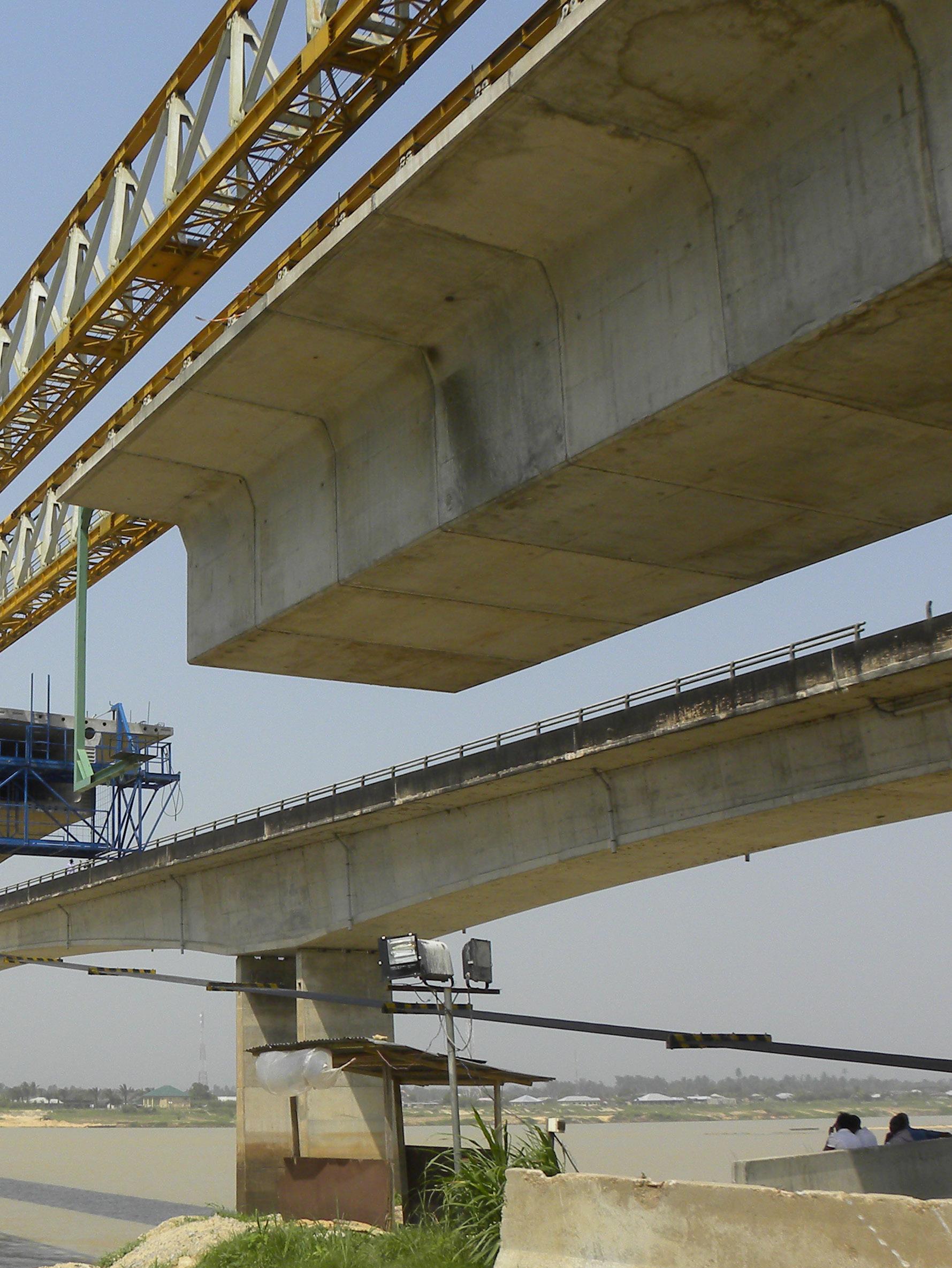
Patani Bridge SETRACO NIGERIA CONSTRUCTION
“We combine modern technology with our years of experience to take on the most challenging bridge projects, spanning the country’s major rivers in the savannah grassland, rain forest, and swamps, linking people together,” opines Ignatius Aigbokhaode, Executive Director of Setraco.
The company can also be considered an expert in road construction, especially when providing non-conventional geotechnical solutions.
“Our experts are able to stabilise the earth and consolidate the clay prior to the laying of road pavement layers by implementing sand pile
grids or prefabricated vertical drains,” Aigbokhaode informs.
Having faced various challenges over the years, such as Nigeria’s considerable infrastructure deficit and funding shortages, Setraco has expertly traversed obstacles to remain a trusted supplier to the country’s wider construction industry.
“Whilst the company has so far been unable to expand its operations into other African nations, it has been able to navigate its way around manifold challenges within Nigeria, which increases our competitive edge,” he comments.
Thus, Setraco remains a major player in building Nigeria’s civil
infrastructure and hopes to continue to implement its vision of supplying reliable and sustainable construction solutions across the country for years to come.
POWERFUL PROJECTS
Due to its vast experience as a trusted civil engineering company, Setraco has been awarded multiple contracts, many of which occur within wellknown sites across Nigeria.
From the dualisation of the EastWest Road cutting through Delta, Bayelsa, and Rivers States; Section II of the Kano-Maidugri Road in Jigawa State; and Section II and Subsection I of the East-West Road in Rivers State,
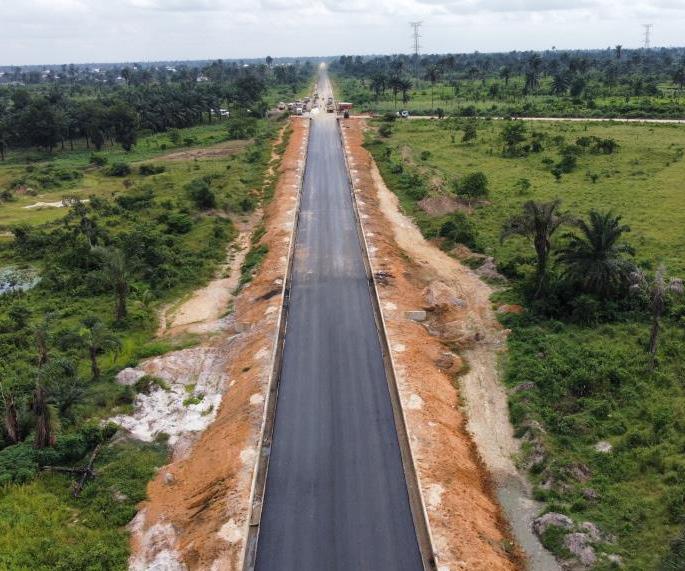 Flexible pavement construction on East-West Road - Rivers State
Flexible pavement construction on East-West Road - Rivers State
SETRACO NIGERIA CONSTRUCTION
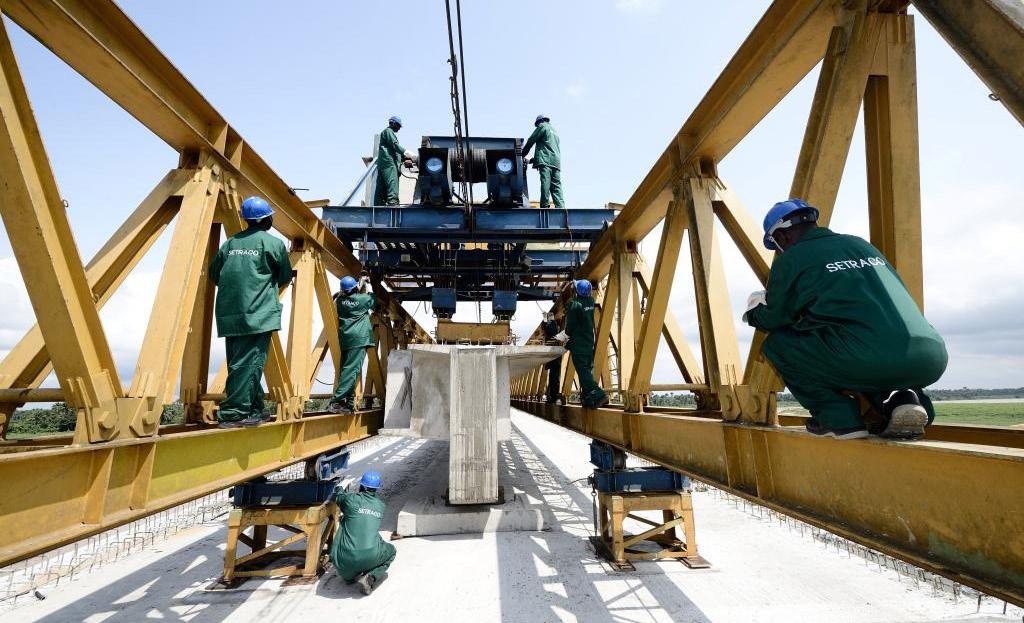
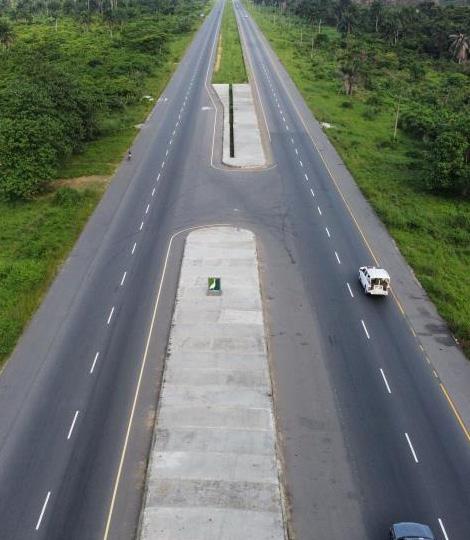
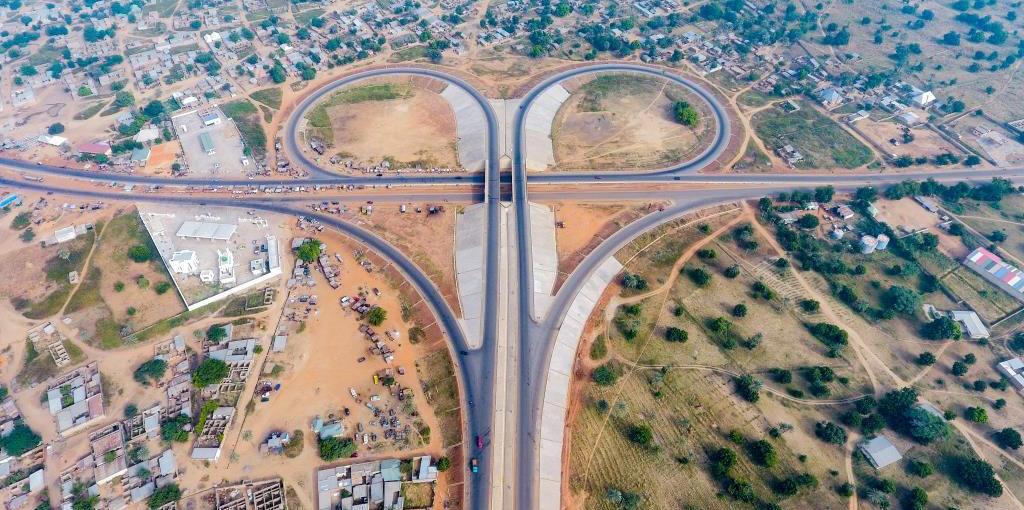
“THE COMPANY SEEKS TO DEVELOP HIGHLY PRODUCTIVE STAFF THAT ARE MOTIVATED TO DELIVER SUPERIOR PERFORMANCE AT ALL TIMES”
– IGNATIUS AIGBOKHAODE, EXECUTIVE DIRECTOR, SETRACO NIGERIA
to the construction of the Ikom Bridge in Cross River State and the Ojobo Bridges in Delta State, the company has demonstrated its competence.
“We pride ourselves on using the highest quality materials and cuttingedge technology in the execution of all our projects to ensure the best
outcome,” comments Aigbokhaode.
In addition, owing to its distinguished reputation, Setraco is working on a number of ongoing projects, which promise to further the company’s national reach.
“The dualisation of the ZariaFuntua-Sokoto Road in Kaduna,
Katsina, Zamfara, and Sokoto States; Section II of the Shema-Tsafe-Gusau Road; the dualisation of major roads in River and Bayelsa States; and the rehabilitation of roads in Cross River, Kaduna, and Plateau States are just a few of our recent projects,” he informs us.
The company is also overseeing the construction of the Baro Bridge in Niger State, the construction of the Southern Parkway between Christian Centre S8/9 and Ring Road I (RRI) in Abuja within the Federal Capital Territory (FCT), and the construction of various bridges across Delta and Bayelsa States.
Completed clove bridge and road between Kano and Maiduguri
Beam launching at Patani Bridge - Delta State
Africa Outlook Issue 106 | 77
Dualisation of East-West Road - Rivers State
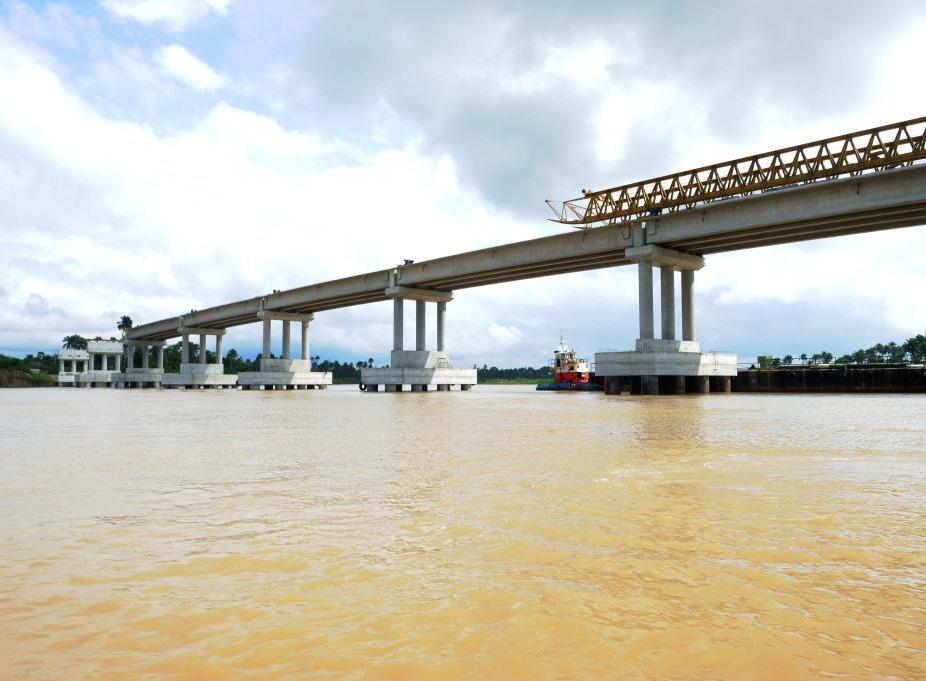
“For many years, we’ve been building bridges of all types and lengths to best suit the site conditions, client budget, and the surrounding environment,” expands Aigbokhaode.
To achieve its state-of-the-art outcomes, Setraco relies on a diverse and trustworthy team of over 4,000 staff, many of whom hail from across the globe.
“The quality of human resources at any organisation determines the attitude and the altitude of its output,” Aigbokhaode enthuses.
To this end, the company places high value on training and retraining its staff, as well as employee wellbeing, with the ultimate goal of retaining highly motivated personnel guided by professionalism and high ethical standards.
SUPPLY CHAIN
In terms of procurement, Setraco sources its assets from global partners
who comply with both local and international importation laws.
“We work with a diverse range of supply chain members who have undergone a stringent selection process,” Aigbokhaode reveals.
Having established suitable partners, Setraco works to ensure that each of them is able to align with the company’s policy of enhancing its core competencies, geared towards delivering a superior service to its clients.
“In line with the Setraco brand mantra ‘bridging for the future’, we have developed a supply chain that has the capacity to deliver high-quality products and services efficiently and effectively.”
Over the years, the company has assembled a comprehensive list of high-performing supply chain partners, which it significantly values and intends to continue working with far into the future.
CORPORATE VALUES
• Setraco relies on personnel who think and act as responsible managers at every level.
• The company is transparent and responsible.
• Setraco is prepared to openly communicate its procedures and results.
• The company is competent, innovative, and risk-aware.
• Setraco values its staff.
• The company considers itself as team-oriented and open to criticism.
• Setraco is honest and fair.
78 | Africa Outlook Issue 106 SETRACO NIGERIA CONSTRUCTION
Beam placement at Bomadi Bridge - Delta State

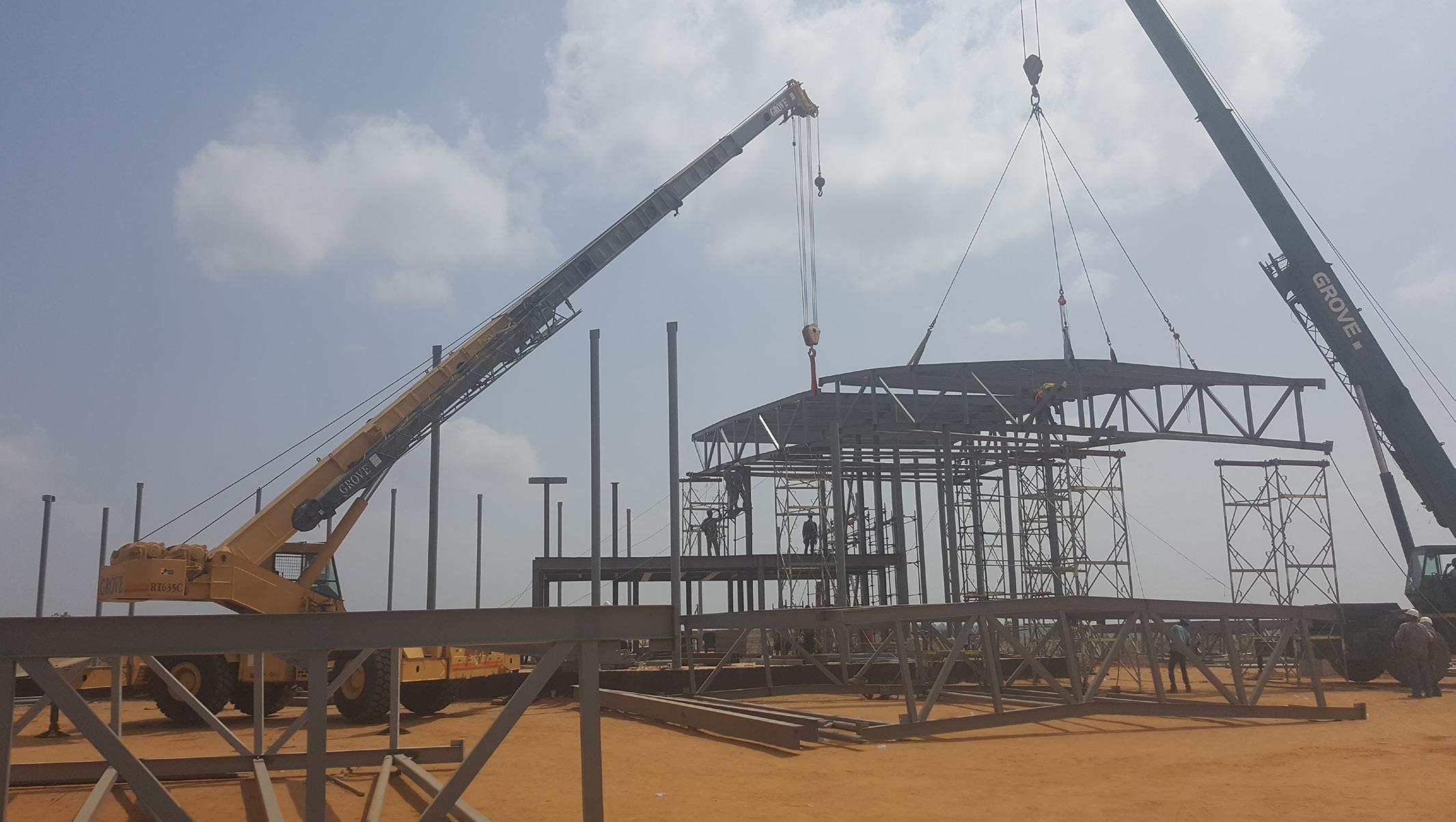
Total Production facilities: 15,000 sqm
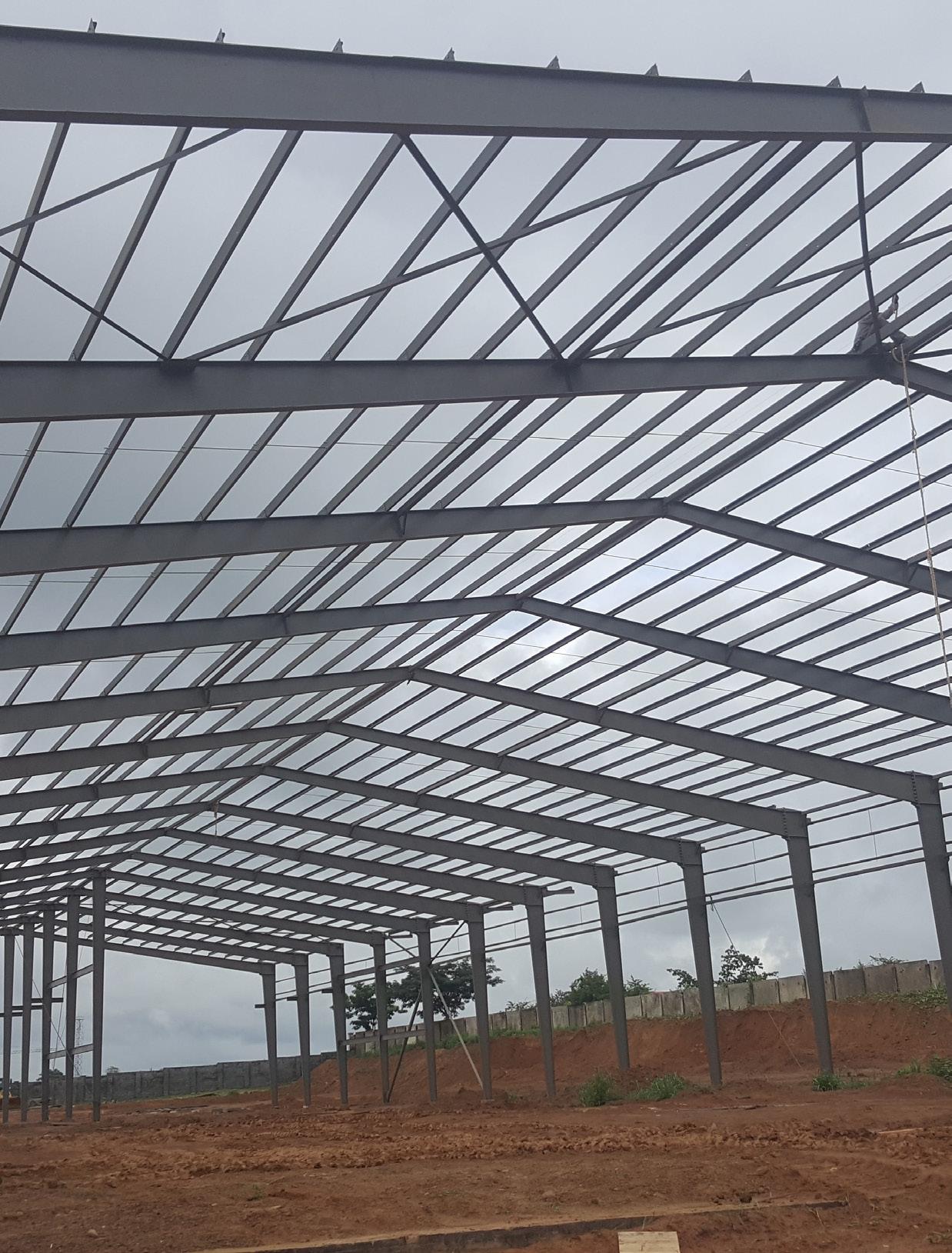
REGISTRATIONS:
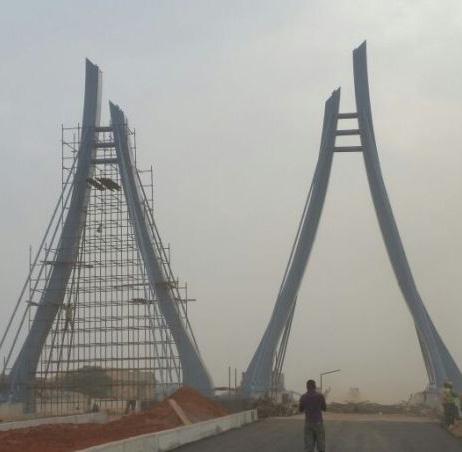
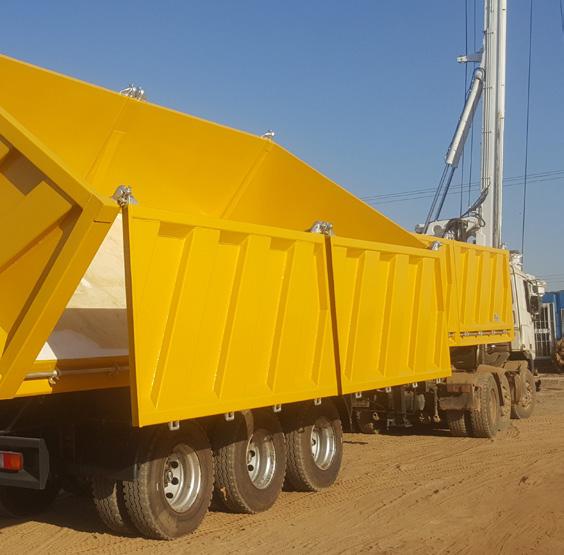
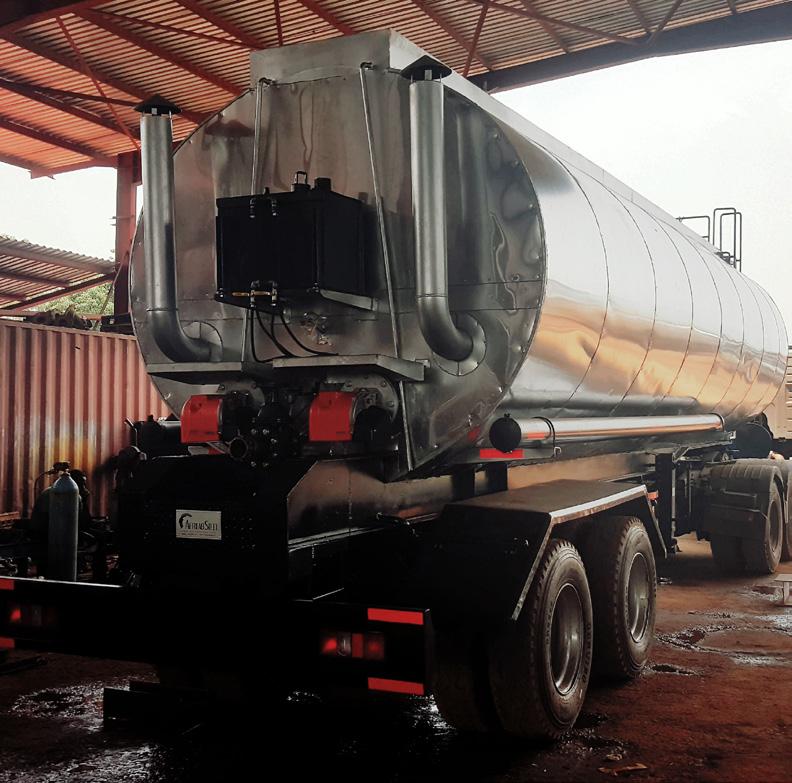
AFRIFAB STEEL LIMITED is a professional manufacturing and engineering company for static and mobile steel structures with more than 12 years’ experience. Founded in 2011, the company offers complete solutions, from design and engineering, to fabrication, construction and erection of various and heavy steel structures.
Due to the experienced management team (with more than 25 years in the field), skilled employees and the implementation of latest design software and equipment, we are able to design, develop and produce a wide range of steel fabricated products.
ISO9001:2015 (Quality Management system) with certificate No.SIS240122Q209 DPR certification for major category under DPR/OGSIP/19/652120/N171814. MAN (Manufacturers Association of Nigeria) with membership no.MAN/GML/4735
Phone: +2348035825566
Email: Info@afrifabsteel.com
Website: www.afrifabsteel.com

“WE PRIDE OURSELVES ON USING THE HIGHEST QUALITY MATERIALS AND CUTTING-EDGE TECHNOLOGY IN THE EXECUTION OF ALL OUR PROJECTS TO ENSURE THE BEST OUTCOME”
– IGNATIUS AIGBOKHAODE, EXECUTIVE DIRECTOR, SETRACO NIGERIA
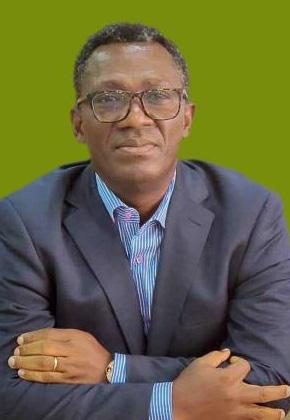
AFRICA OUTLOOK: HOW DID SETRACO COME TO BE?
IGNATIUS AIGBOKHAODE, EXECUTIVE DIRECTOR: “In 1997, two friends, Alhaji Inu Umoru and Said Khalaf, came together to set up Setraco. The company began as a civil engineering and construction business, concerned with the building and rehabilitation of rural roads.
“Together, Inu Umoru and Khalaf ran and managed the entire company for the first 26 years before they gradually began to appoint a Board of Directors. Inu Umoru became the Chairman and CEO of Setraco, whilst Khalaf was appointed as the Managing Director.
“Inu Umoru remained CEO until he passed away in 2009, whilst Khalaf retired in 2016. Inu Umoru’s son, Abu, took up the mantle following his father’s death and remains as CEO today.
“The Khalaf family relinquished their involvement in the company in 2020, thus making Setraco a business entirely owned and managed by the Inu Umoru family.”
80 | Africa Outlook Issue 106 SETRACO NIGERIA CONSTRUCTION

“We rely on our supply chain partners and, together with them, we’re able to create successful teams with shared values and professionalism,” Aigbokhaode states.
Setraco always welcomes new partners who meet its high standards and are able to provide the skill sets and innovation to support the growing brand.
“For companies that desire to work with us, the same high standards which we’ve applied to our existing supply chain are extended,” he outlines.
FUTURE PLANNING
As Setraco anticipates a year of prosperity and growth in 2024, it looks forward to innovative developments and unveiling new facilities.
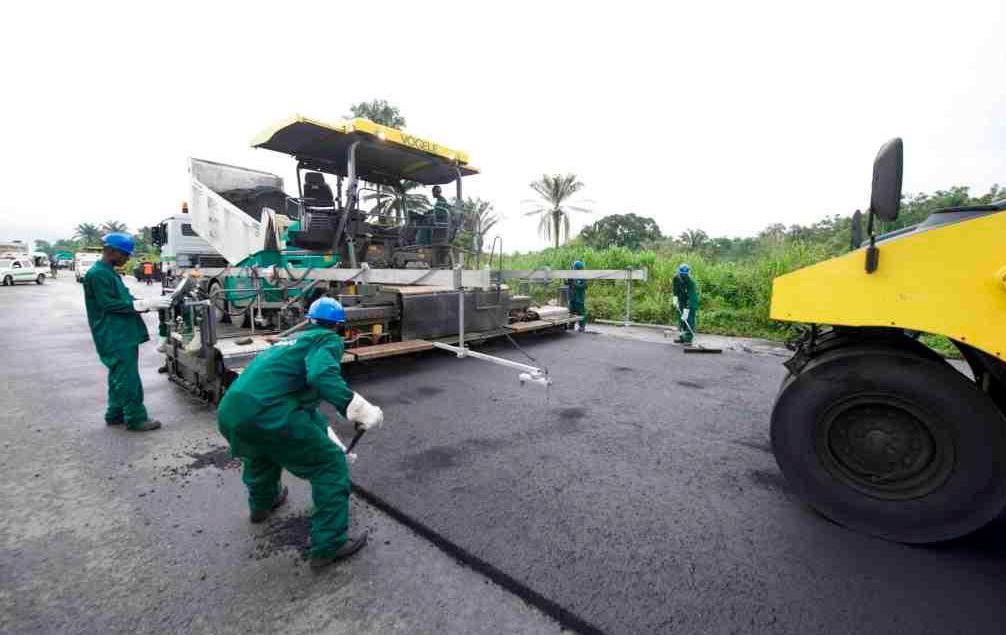
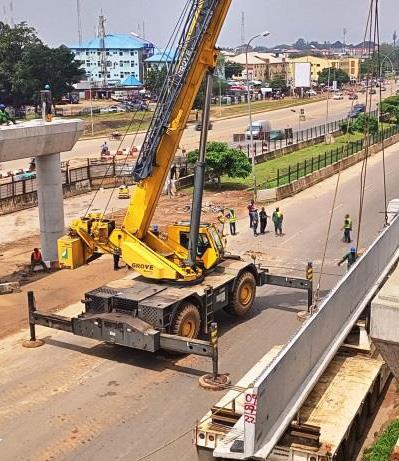
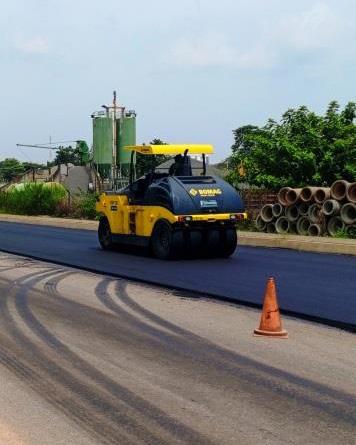
“We have a strategic business unit soon to be unveiled that will focus on real estate development and hospitality,” reveals Aigbokhaode.
The new unit’s first project is the development of the Cedars Setraco Life Camp, a 5-star complex that will house diplomats and expatriates. It is currently in the final phase of completion.
In addition, the company is looking to diversify its offering in the coming years by investing in the oil and gas sector and overseeing civil works for international oil corporations.
“We have the existing building capacity to undertake turnkey projects in the oil and gas industry in the medium term, whilst we seek other opportunities and ventures in the longer term,” he concludes.
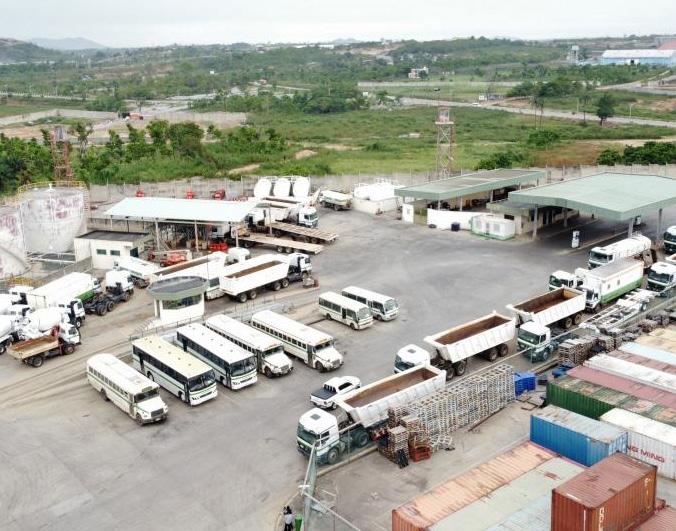

Tel: +234 8069447441
info@setraco.net
https://www.setraco.net/
Laying of asphalt at EWRI - Delta and River States
Wearing course at South Parkway - Abuja Beam launching at South Parkway - Abuja
Africa Outlook Issue 106 | 81
Alignment at Lokpanta Road 2 in Enugu and Abia States
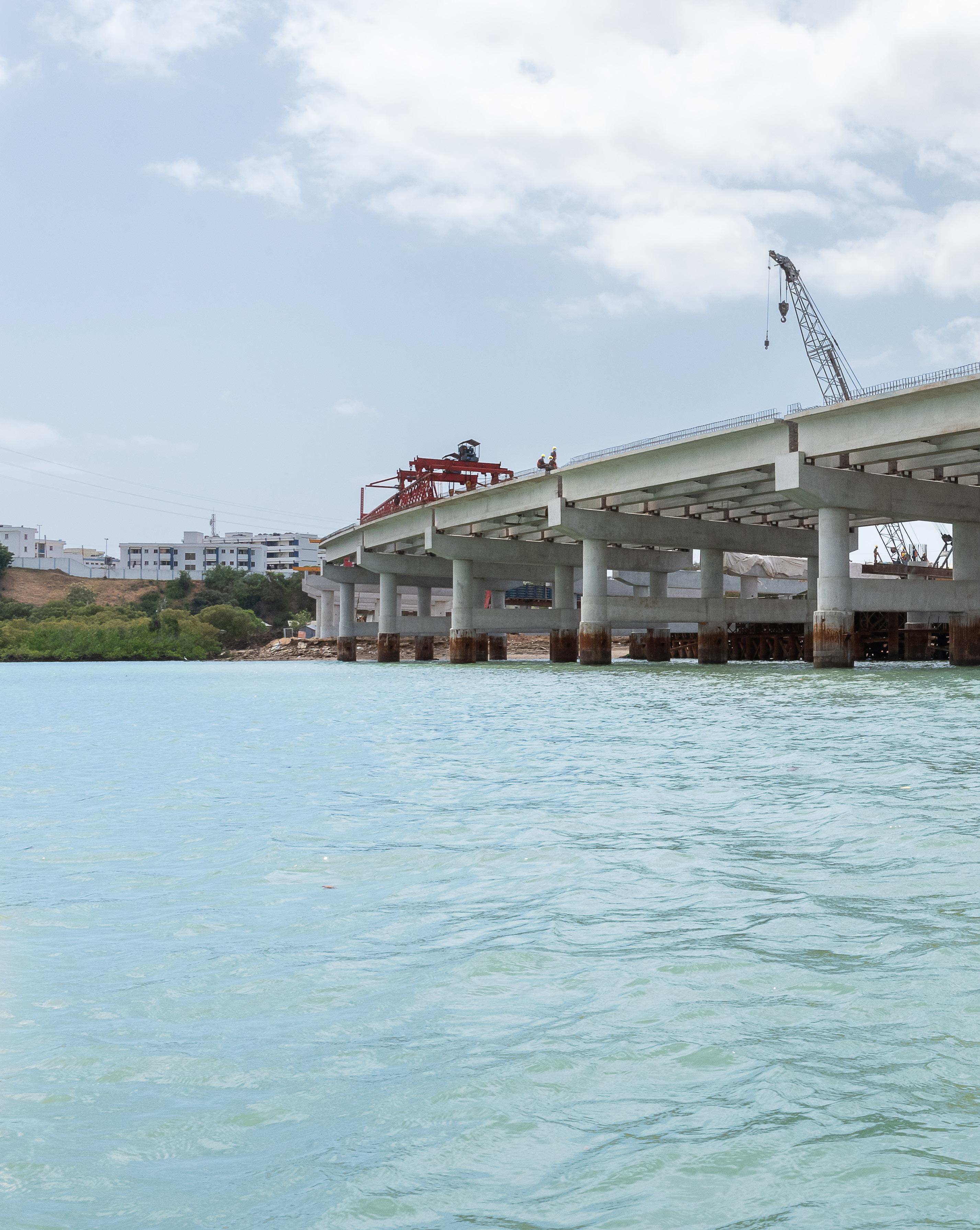
BRINGING MODERN ARCHITECTURE TO LIFE
The 457m long and 22m wide USD$42.1m Makupa Bridge that links Mombasa Island to the mainland 82 | Africa Outlook Issue 106
As Kenya’s most trusted cement and concrete partner with over 70 years of expertise, Martin Kariuki, Commercial Director at Bamburi Cement PLC, speaks to us about putting innovation and customised solutions to work to build a nation
Writer: Lauren Kania | Project Manager: Kierron Rose
It is impossible to tell the story of East African cement manufacturing without starting with Bamburi Cement PLC (Bamburi).
When Croatian construction magnate, Felix Mandl, arrived in Kenya in 1951 whilst on an exploration mission, he promptly decided to make the country his home, beginning a cement company in the coastal town of Mombasa and thus invigorating the now colossal industry.
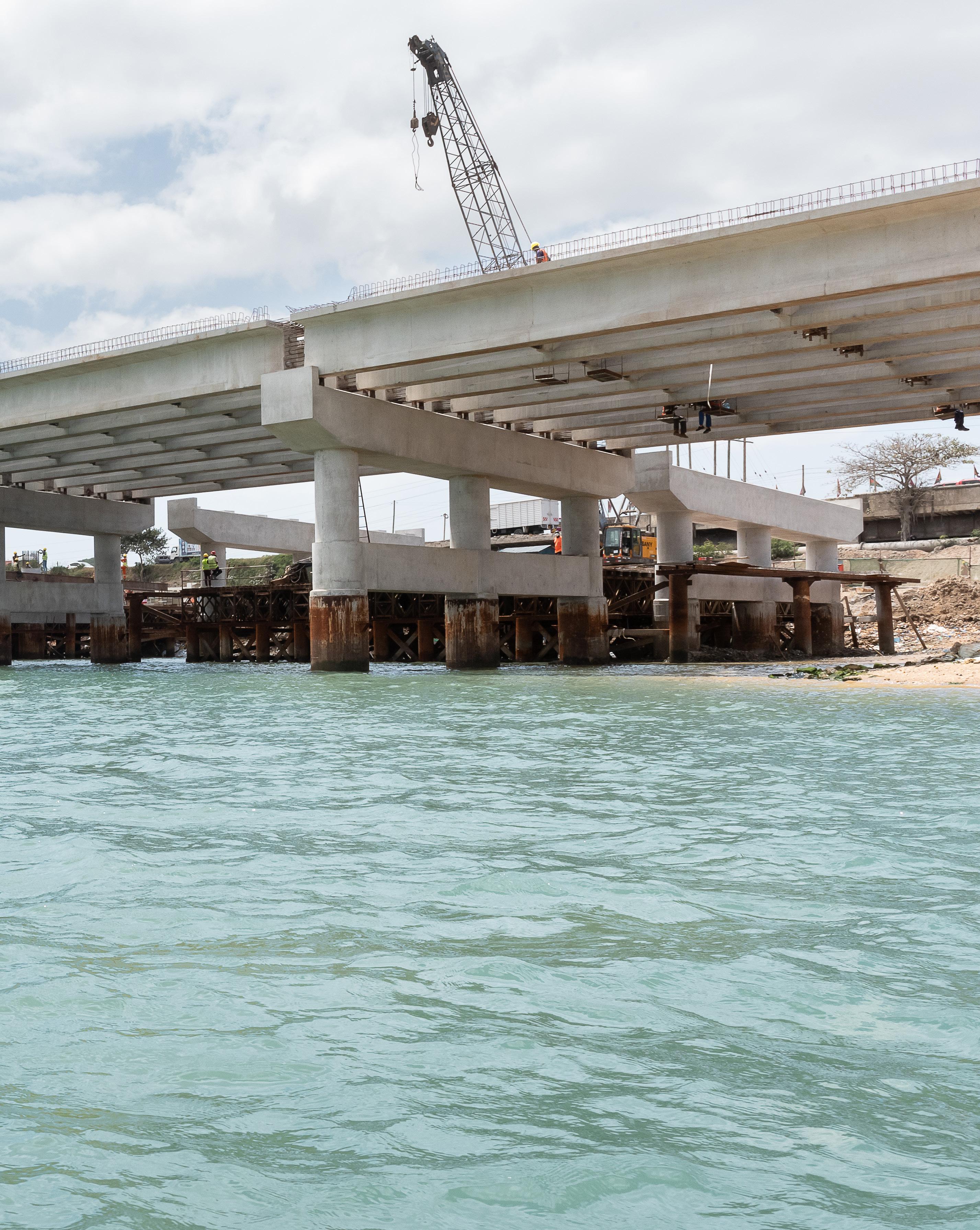
Having been synonymous with cement manufacturing and marketing in the region for decades, Bamburi is at the forefront of innovation in construction, driven by high performance, new technologies, and sustainable building and construction products and solutions.
Martin Kariuki, Commercial Director of Bamburi, has nearly two decades of experience in auditing, assurance, and finance, along with a
Africa Outlook Issue 106 | 83 BAMBURI CEMENT PLC CONSTRUCTION

BAMBURI PRODUCTS

BAMBURI READYMIX CONCRETE:
Provides convenience, coupled with guaranteed quality for any construction process. The concrete mix is weight-batched using a highly controlled and computerised process which is then delivered via transit mixers, ready for use without additional labour costs, material wastage, or pollution.
BAMBURIBLOX:
High-quality precast concrete paving blocks that offer superior paving solutions. Manufactured by the Bamburi Special Products subsidiary, these come in a variety of designs, colours, and other aesthetics for every preference, offering an affordable, easy, and durable option for exterior pavement applications.
BAMBURI PRECAST MOULD:
A variety of precast mould concrete products for different applications and specifications ranging from black drainage, hollow blocks, road kerbs, and edge restraints to fencing products.
diversified financial services career. These abilities and attention to detail have proven to be crucial in project management and cost analysis within the ever-growing building sector.
“My career in financial auditing exposed me to a variety of industries. I viewed the possibilities of the construction sector as a substantial transition that could provide a new
perspective to the organisation,” he opens.
With products and solutions that have helped build the nation, the company’s history speaks for itself –shaping a world that works for both people and the planet.
“Since our inception, Bamburi’s cement and concrete products have been used in the construction of many
84 | Africa Outlook Issue 106 BAMBURI CEMENT PLC CONSTRUCTION
The 27km Nairobi Expressway is a toll road connecting the region’s biggest airport, Jomo Kenyatta International Airport, and Nairobi's business districts
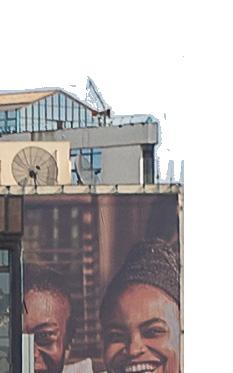
“SOCIAL INITIATIVES ARE A PART OF OUR BUSINESS MODEL THAT HELPS US REMAIN ACCOUNTABLE TO STAKEHOLDERS AND MAXIMISES OUR POSITIVE IMPACT WITHIN THE COMMUNITIES IN WHICH WE OPERATE”
– MARTIN KARIUKI, COMMERCIAL DIRECTOR, BAMBURI CEMENT PLC

homes, community infrastructure, and building projects every day across Kenya and the wider region. We take great pride in the trust our customers and partners place in us to bring their dreams to life,” enthuses Kariuki.
“We are proud to have built most of the country’s road infrastructure, facilities, monumental buildings, and iconic structures in partnership with contractors and the government.”
Leading the industry in technical expertise, Bamburi continually expands its solutions to find the best ways to build sustainably.
PROVIDING LEADERSHIP TO THE INDUSTRY
Cement is a key ingredient in construction, and no business understands cement in the East African region like Bamburi does.
The company has three subsidiaries in Kenya - Bamburi Special Products Limited, the major provider of readymix concrete and precast blocks; Lafarge Eco Systems Limited, an environmental arm whose operations include sustainable land use and quarry rehabilitation; and Diani Estates Limited, whose primary
activity is the management of land reserves.
With these three extensions encompassing everything from commercial operations to social impact, there is much excitement and growth to be found within the current market, especially with the profound dynamics of urbanisation.
According to statistics, Africa’s population will reach one billion by 2050, with cities absorbing two-thirds of that total. With more than half of the predicted population being of a young age, the potential for
Africa Outlook Issue 106 | 85
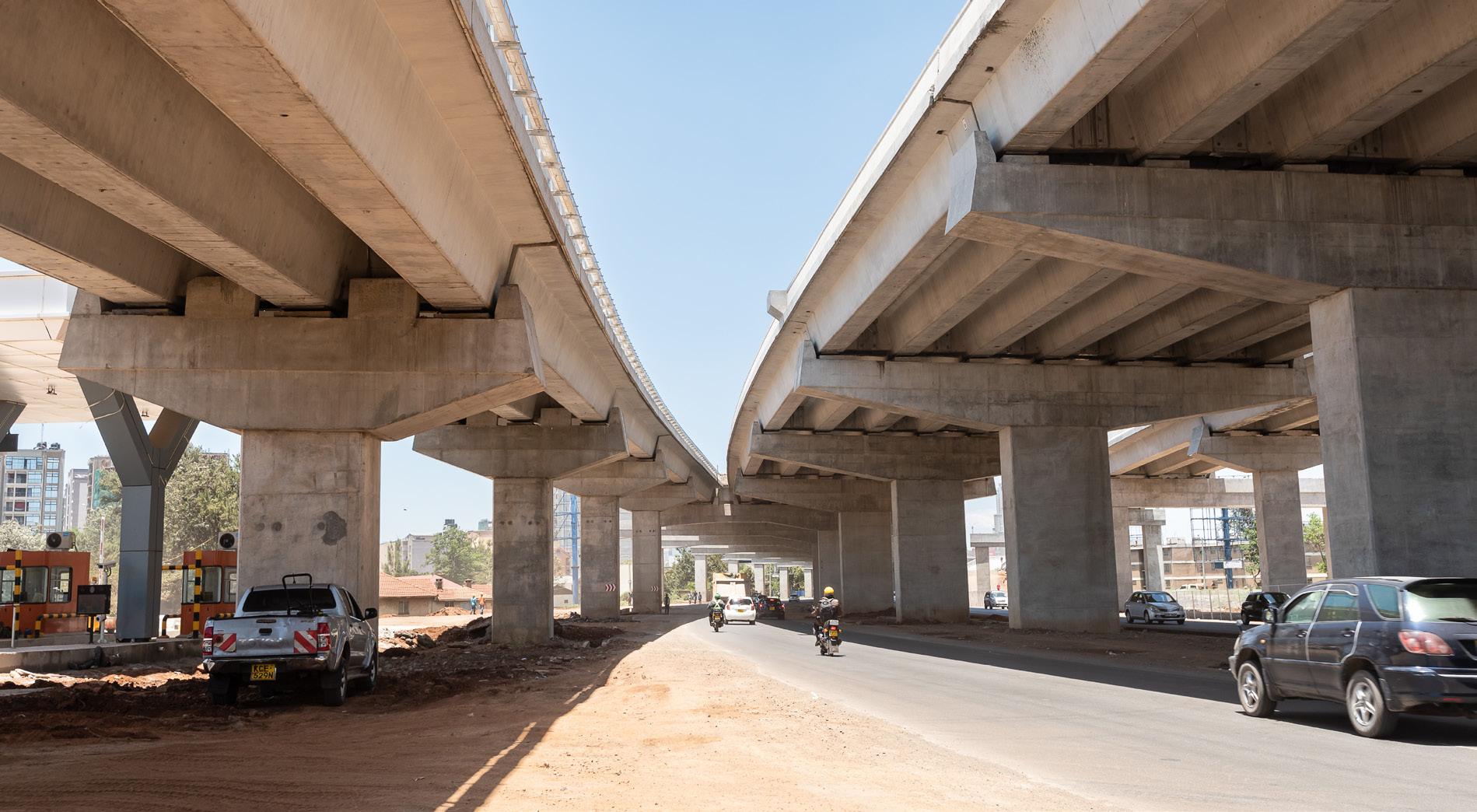
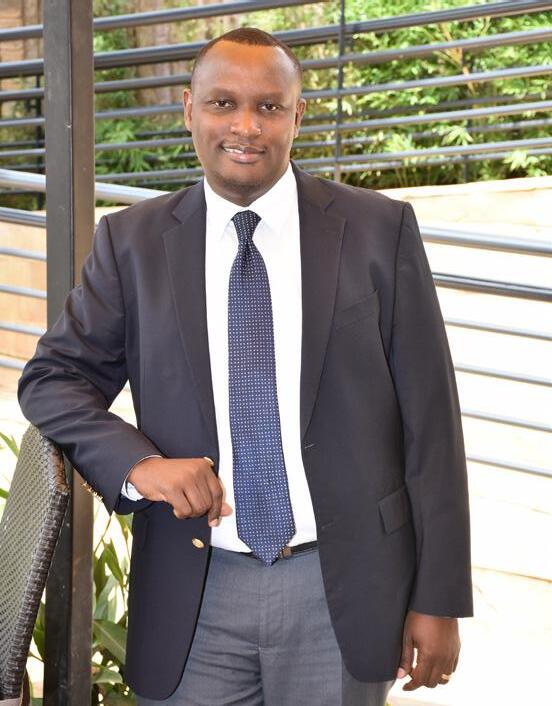
sustainable building and affordable housing is enormous.
Equally significant is the expansion of matching infrastructure connecting major cities, as well as the continent’s rising need to close the infrastructure gap found in other emerging markets.
“With over 50 years of experience in the building sector, we see this as a two-pronged opportunity. First, we must position ourselves to facilitate this growth, and second,
“SINCE OUR INCEPTION, BAMBURI’S CEMENT AND CONCRETE PRODUCTS HAVE BEEN USED IN THE CONSTRUCTION OF MANY HOMES, COMMUNITY INFRASTRUCTURE, AND BUILDING PROJECTS EVERY DAY ACROSS KENYA AND THE WIDER REGION. WE TAKE GREAT PRIDE IN THE TRUST OUR CUSTOMERS AND PARTNERS PLACE IN US TO BRING THEIR DREAMS TO LIFE”
– MARTIN KARIUKI, COMMERCIAL DIRECTOR, BAMBURI CEMENT PLC
we must ensure that the next phase of infrastructure development is constructed in a sustainable manner,” expands Kariuki.
“This entails reducing the impact of construction on our environment in all activities undertaken and using ecofriendly materials in the process.”
This sustainable mindset is linked to Bamburi’s efforts to implement green methods of construction material production and contribute to
its decarbonisation goal to attain net zero by 2050.
Such environmentally-friendly efforts can be directly observed in some of the company’s recent projects, including the nowcompleted Nairobi Expressway Project, the Kenya Standard Gauge Railway, the Dongo Kundu Bypass Highway, the Makupa Bridge, and the Thwake Dam Project.
Specifically, the latter is expected
86 | Africa Outlook Issue 106 BAMBURI CEMENT PLC CONSTRUCTION
The Nairobi Expressway
Revolutionising the Cement Industry: Sustainable productivity in the cement industry
In the dynamic realm of the cement industry, where precision and reliability are paramount, one name stands out as a gamechanger—Atlas Copco. In a cement factory, compressed air is an integral part of the operation. The company offers a complete range blowers and compressors that fit all cement industry applications, making sure you have the optimal solution for both your production process and business.
Our expertise in the sector, focus on service, and our global presence has resulted in a range of reliable compressed air solutions with a low total cost of ownership in the cement industry.
Your Benefits-
Power Generators:

Atlas Copco offers a wide range of generators that deliver unrivalled versatility, optimised performance, and excellent fuel economy in many applications, including the demanding modular power plants (MPP). It offers a quiet operation, small footprint, low emissions, enhanced fuel economy, high resale values and the lowest total cost of ownership perclass.
The perfect solution to your prime and critical standby power needs to suit a range of applications, including utilities, events, rental, construction, quarrying, mining and oil and gas.
Helping you optimise your process and achieve the lowest possible total cost of ownership by offering you the right solution.
- Choosing the right technology
Each technology Atlas Copco offers you is designed to optimise your process. Choosing an installation that fits the exact demands of your process will help you save money on the biggest component of a blower’s or compressor’s total lifecycle cost: energy consumption.
- Sizing your pneumatic conveying installation
So how exactly do you know which size compressor is right for your pneumatic conveying process?
A correctly sized installation will help you maximise your energy savings. But don’t worry, we’ve got you covered! Our experts can help youdo this as well as define the correct size of your compressed air installation by calculating the exact flow and pressure required for your pneumatic conveying process.
- Saving energy with a Variable Speed Drive (VSD)
Atlas Copco’s VSD technology closely follows the air demand by automatically adjusting the motor speed. This results in large energy savings of up to 35 percent. In addition, lowered system pressure with VSD minimises energy use across your production dramatically.
- Service
We offer you different service plans to fit your needs. Our dedicated service experts are available to assist you in keeping your business up and running in the most efficient way.

Tel: +254 20 660 5000, +254 70 305 4000 info.acea@ke.atlascopco.com | atlascopco.com

to have a reservoir capacity of approximately 688 million cubic metres with the potential to serve 100,000 hectares of irrigated land, as well as generate and inject 20 megawatts of electricity into the national grid.
This project is particularly special as it utilises one of the company’s green cements, Duracem, which reduces carbon emissions while still being durable and versatile in aggressive environments, highlighting Bamburi’s dedication toward a greener future.
PROGRESSING PEOPLE AND THE PLANET
Managing its industrial impact on the environment is a deliberate agenda for Bamburi. This is in line with the UN Sustainable Development Goal (SDG) 9 on building resilient infrastructure, sustainable industrialisation, promoting inclusivity, and fostering innovation.
As a green company, it takes emission control seriously and is leading the industry in its steadfast belief that adopting sustainable initiatives in day-to-day operations should be the standard.
“Through Holcim Group, we are part of the global solution when it comes to sustainable development for people and the planet, and we, therefore, go beyond holding a locallevel social license to operate. Over the past five years, we have invested over CHF200 million in facilitating a positive social impact, benefitting millions,” insights Kariuki.
“In our region, we have positively and socially impacted approximately 130,000 individuals this year through infrastructure programmes, as well as community initiatives on education, water and sanitation, health, and the environment.”
For Bamburi, it’s not just about meeting environmental management regulations but having the best sustainability practices across every area of its operations and committing to the progression of the community and the environment.
Alongside its sustainability endeavours, the company works to ensure its 370 employees are recognised and empowered for their continuous dedication.
With a talent, growth, and management agenda focused on all
aspects of employee engagement and development, lateral and vertical mobility from inside teams to senior and managerial positions are being highlighted to encourage employee growth and retainment.
“There is also a strong commitment in prioritising diversity and inclusion, with efforts underway to improve diversity at all levels of leadership. It’s the reason females comprise 40 percent of our board, 20 percent of senior management, 40 percent of professional and line management, and 17 percent of operations,” expands Kariuki.
BUILDING FOR THE FUTURE
Bamburi has been setting itself apart from the competition since its inception.
With comprehensive health and safety, cutting-edge innovation, a high-quality portfolio, value-added products, and a rich history of sustainability, Bamburi is proud of the trust its customers and partners have in the company to bring their dreams to life.
Having built some of Kenya’s most formidable construction projects,
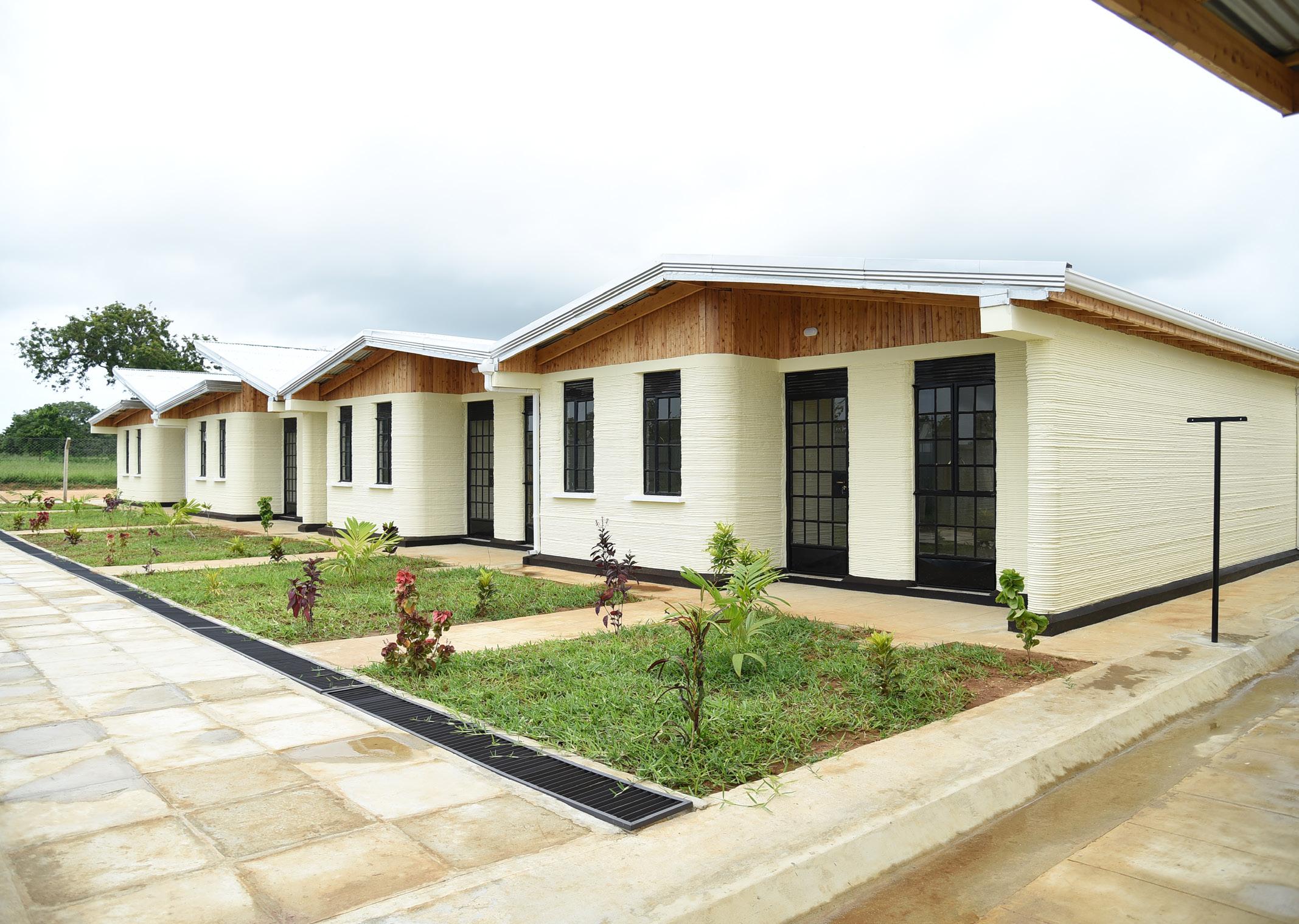
88 | Africa Outlook Issue 106 BAMBURI CEMENT PLC CONSTRUCTION
Mvule Gardens, Africa's largest 3D printed affordable housing project in Kenya through Holcim Group
BAMBURI SUSTAINABILITY EFFORTS

REHABILITATION
WORK:
From the beginning, the company has engaged in the rehabilitation of its quarries, such that after it extracts minerals from the ground the exhausted quarries are turned into thriving ecosystems. Bamburi Haller Park and Bamburi Forest Trails are two examples of these barren quarries being transformed into lush flora and fauna.
SUBSTITUTION OF FOSSIL FUELS:
Industrial and municipal waste and biomass are used to power the cement plants, allowing for a safe and environmentally-friendly way to recover waste and reduce the company’s carbon footprint.
CONTINUOUS WORK ON LOWCARBON
CEMENTS:
Completed via Bamburi Fundi (masonry and plaster work), Bamburi Tembo (all-purpose applications), Bamburi Nguvu (structural applications and precast concrete), and Bamburi Duracem (sulphate resistance and low-heat cement), all of which reduce carbon emissions by 54 percent, 41 percent, 41 percent, and 64 percent, respectively.
LONG-STANDING COMMITMENT:
The company strives to make a positive, tangible, and sustainable difference among the communities in which it operates and serves. This sustainable development agenda is organised around a social, economic, and environmental pillar.

Bamburi recognises the importance that supplier relationships have within the industry.
“Supply chain operations are the glue that holds all of our operations together, both internally from demand creation to supply execution, and externally from customers, suppliers, and regulatory agencies,” explains Kariuki.
Looking to proactively procure through supply chain partnerships, the company has made it a mission to increasingly include minority-owned businesses in its supply base, with a goal of channelling 30 percent of its total addressable spend by 2025 into underrepresented groups.
“We are committed to continuously making a positive impact towards this goal. Our suppliers and partners are critical allies in this journey,” he continues.
Additionally, Bamburi is looking ahead as it continues to grow on a feasible, sustainable path to a net zero future.
One of the most fascinating initiatives it is involved in is 3D printing technology in building. This innovation seeks to provide greater operating efficiency along with quick, scalable, and affordable
housing, saving close to 20 percent on construction expenses and lowering carbon dioxide emissions by up to 80 percent.
Over the years, the company has embarked on a mission to build the nation through investment in innovation, high-quality cement, solutions that meet the specific needs of the industry, and most importantly, a sustainable approach.
Today, Bamburi proudly stands as the leading cement manufacturing and marketing company in the East Africa region.
“We simply transform customer dreams into reality by exceeding their expectations,” concludes Kariuki.
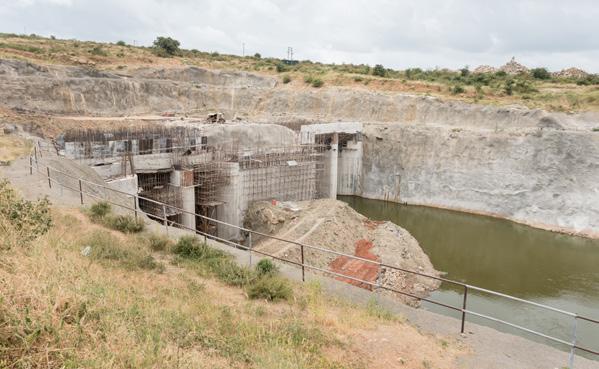

Bamburi Cement PLC
Tel: 254 20 2101000 corp.info@lafarge.com lafarge.co.ke
Makupa Bridge
Africa Outlook Issue 106 | 89 BAMBURI CEMENT PLC CONSTRUCTION
Thwake Dam is a rock-fill dam with a reservoir capacity of approximately 688 million cubic metres
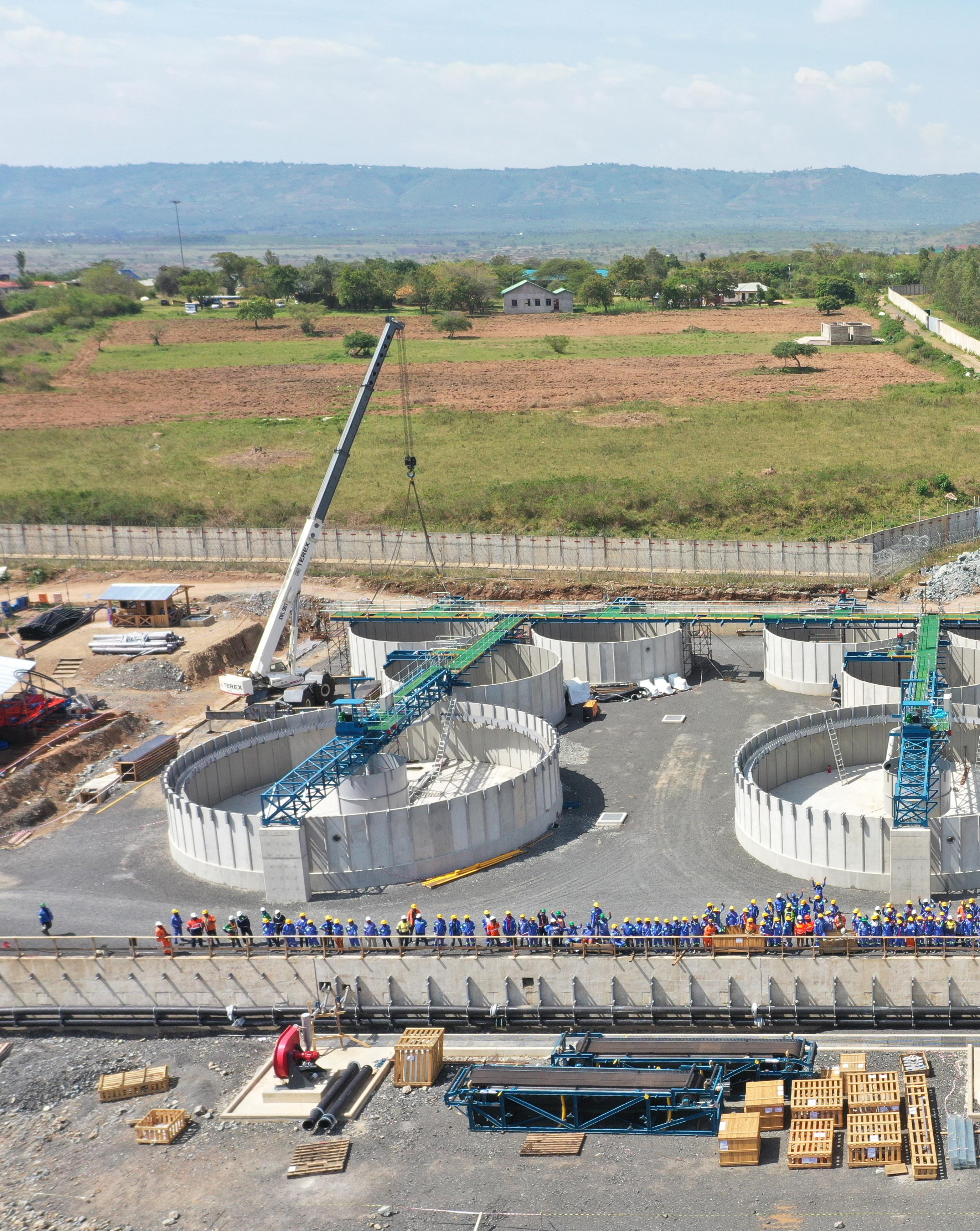
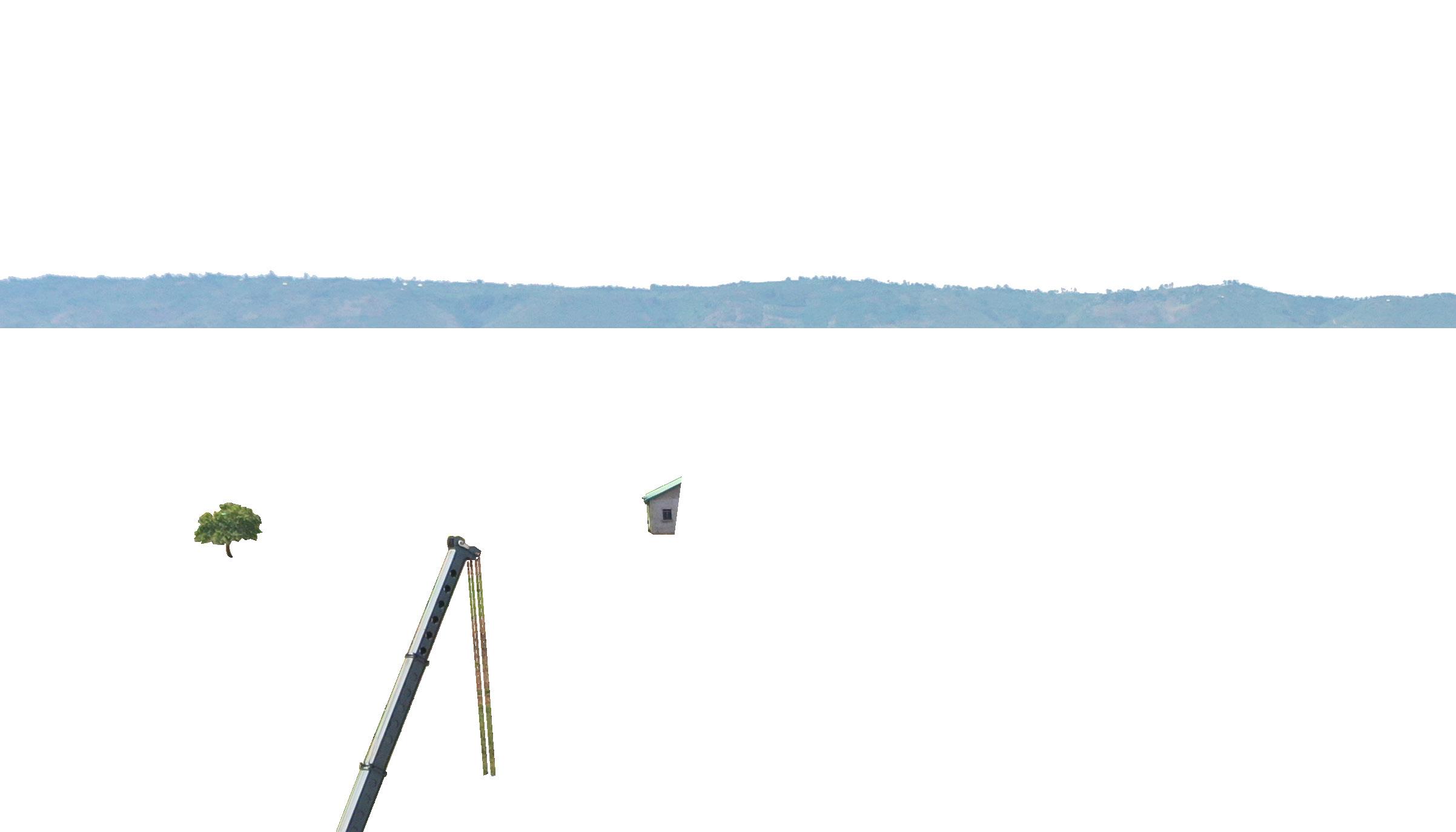
CSI CONSTRUCTION CONSTRUCTION 90 | Africa Outlook Issue 106
North Mara Gold Mine
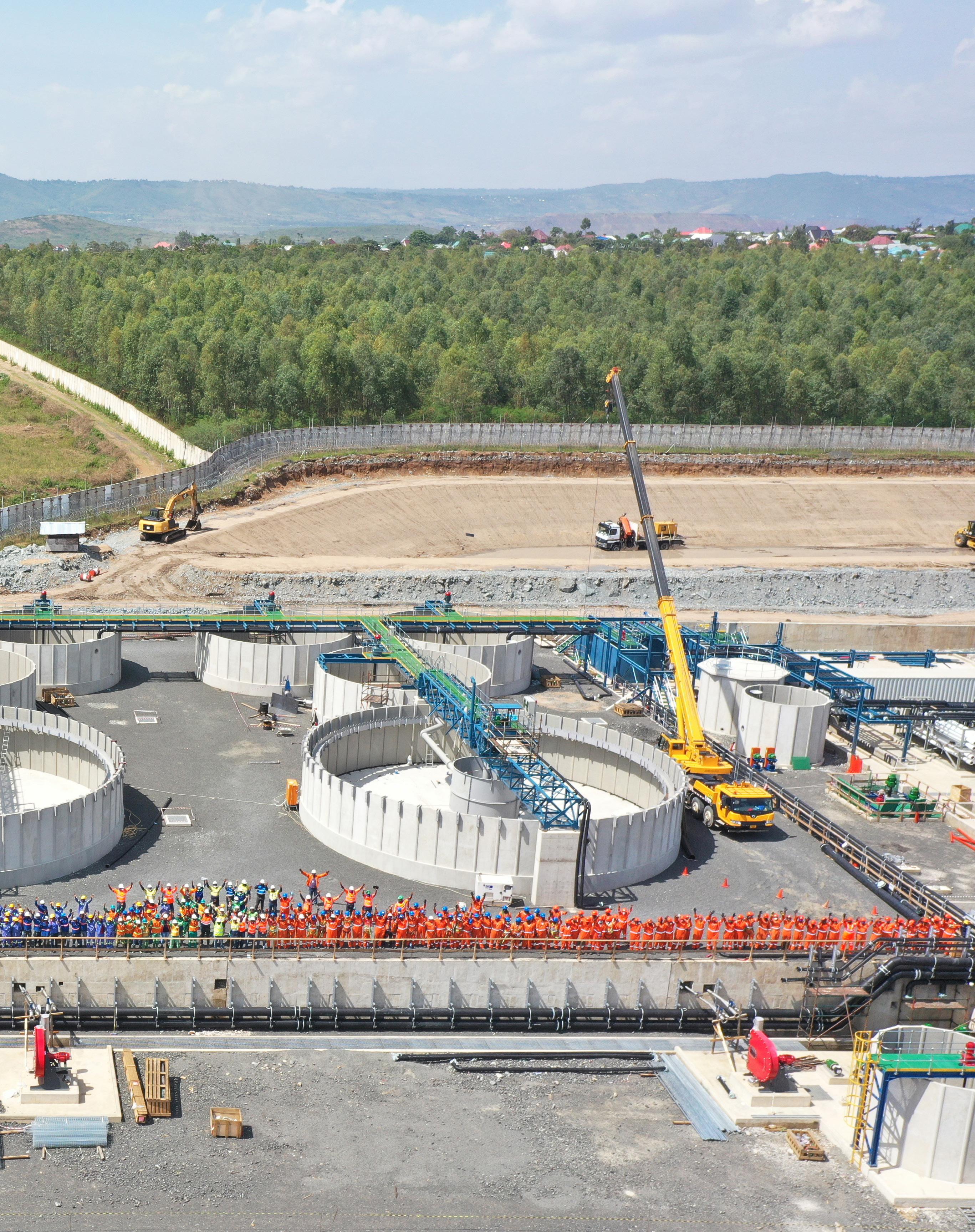
With a longstanding reputation for success in Africa, CSI Construction is committed to quality, safety, and client-centric solutions. Zuh Versi, Director, tells us more about the company’s continuous growth and expansion
Writer: Lily Sawyer | Project Manager: Kierron Rose
Africa Outlook Issue 106 | 91
In recent years, Tanzania’s economy has flourished amidst an influx of national growth. The country has piqued the interest of both private and international investors, whose attention has been drawn to the construction industry.
As a result, construction in Tanzania has been forecast to reach a revenue of over USD$7 billion by 2029, with a compound annual growth rate (CAGR) of 4.67 percent.
“Africa certainly seems to be thriving at the moment, especially Tanzania. We are seeing a lot of interest from those looking to infiltrate the market,” opens Zuh Versi, Director of CSI Construction (CSI).
As a locally owned and operated Class 1 construction company focused on producing quality products and maintaining high health and safety standards, CSI has worked on a variety of projects within the sector.
“We have had a continuous presence in the mines since 2007 and have completed many projects for Barrick, a well-known, global gold mining company,” Versi reveals.
CSI’s success in mining is largely due to its track record for delivering projects within the promised timeframe, and its ability to conform to health, safety, and environmental requirements.
The company has also worked with manifold other industries, including the construction of 85
well-known bank branches across the country, a number of power stations, and numerous residential and commercial projects.
“Due to our ability to deliver quality products and workmanship that often exceed client expectations, we are able to take the utmost pride in our overall output.”
CSI’s team consists of 120 full-time staff, many of whom have been with the company for up to 30 years, whilst a number of contract staff are also involved in taking numerous projects to completion.
“QUALITY AND RESPONSIBILITY ARE NOT JUST WORDS IN OUR COMPANY, THEY ARE A BELIEF”
– ZUH VERSI, DIRECTOR, CSI CONSTRUCTION
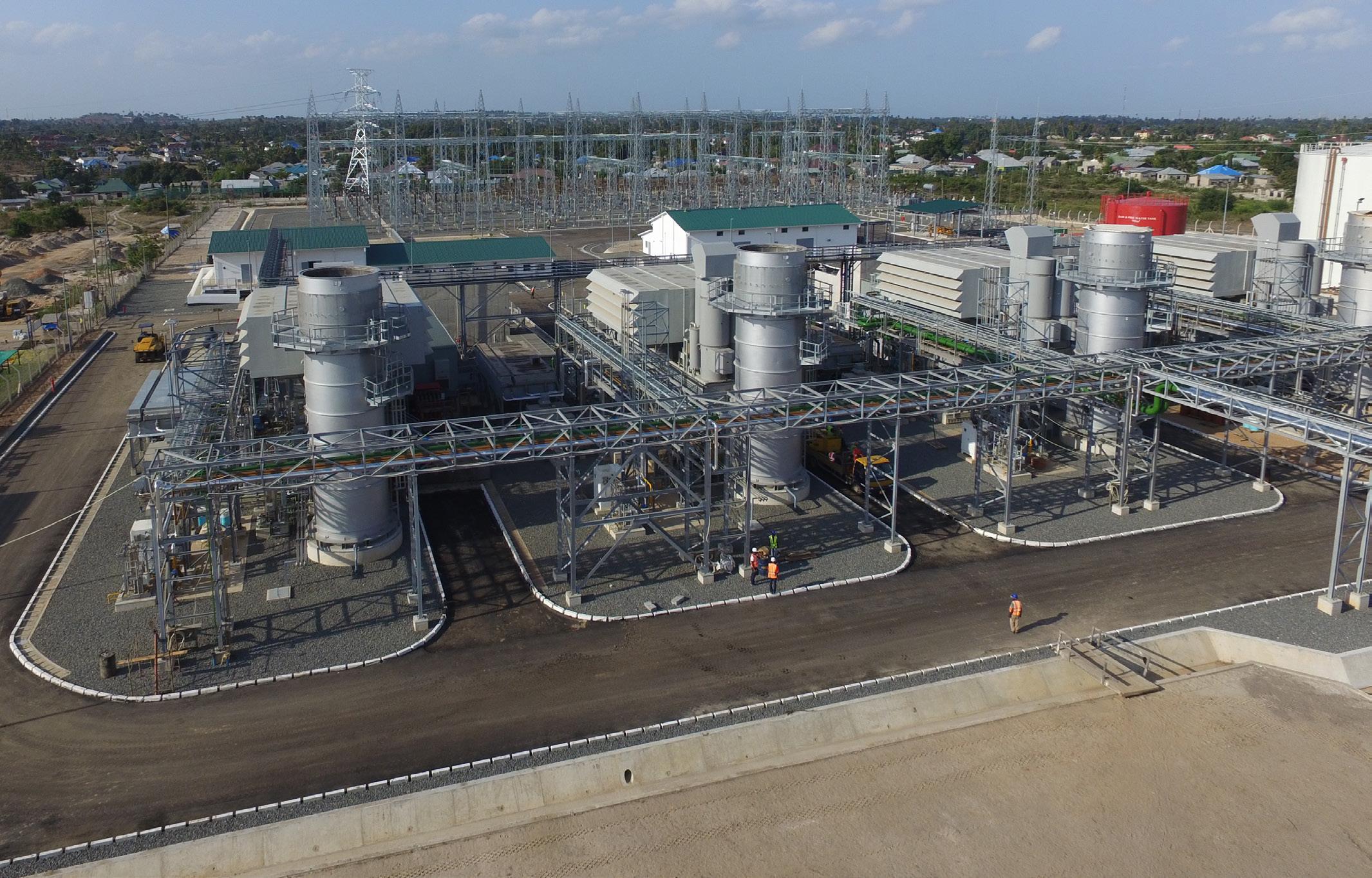 Kinyerezi Power Station
CSI CONSTRUCTION CONSTRUCTION
Kinyerezi Power Station
CSI CONSTRUCTION CONSTRUCTION
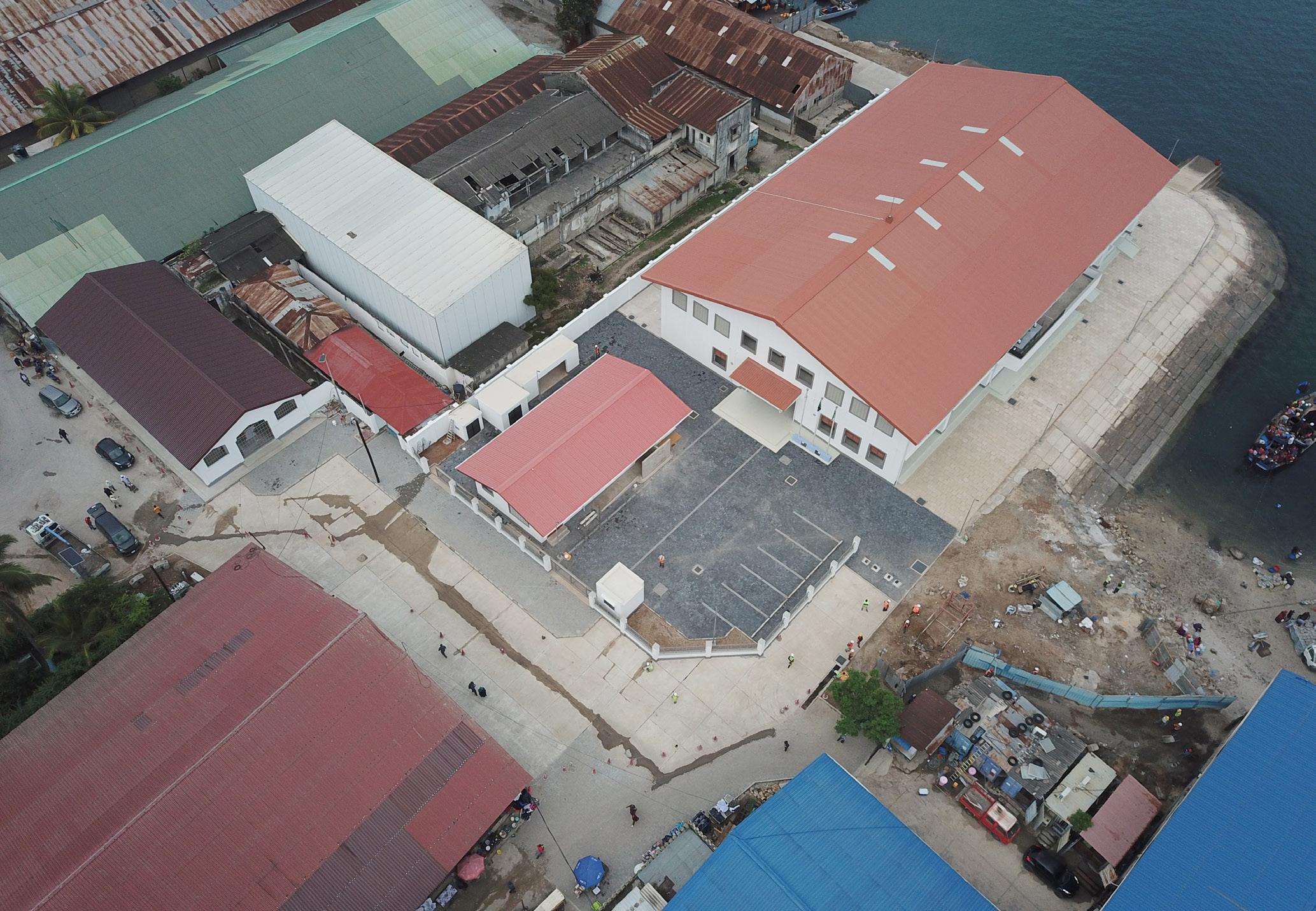
“Depending on the project, we often employ around 700 staff. We have been extremely fortunate to have found great employees over the years,” reflects Versi.
For over 30 years, CSI has maintained industry-leading status by delivering high-quality construction projects. Boasting a multi-million-dollar turnover, the company strives to continue to specialise in construction services for the healthcare, hospitality, oil and gas, mining, power, and infrastructure industries for years to come.
COUNTLESS CAPABILITIES
As a priority, CSI focuses on maintaining a flexible approach toward its project deliverables. Versi believes that this differentiates the company from the competition.
“We maintain a flexible approach to each project and are constantly
looking for a win-win solution for the client and ourselves,” he outlines.
A reputation for reliable project delivery, and a solution-focused mentality, has earned CSI strong industry relationships and repeat clients.
“All projects have challenges, but it’s how we resolve them that makes all the difference. We are qualityfocused, and we stand by our product, which has resulted in clients returning year on year.”
Owing to its established reputation and unmatched versatility, the company has been offered unique opportunities to deliver construction projects across a wide variety of industries.
Of note, the Bulyanhulu Photon Assay Laboratory at Barrick’s Bulyanhulu Gold Mine in Tanzania was a design and build project completed by CSI - and the first laboratory of its kind in Africa.
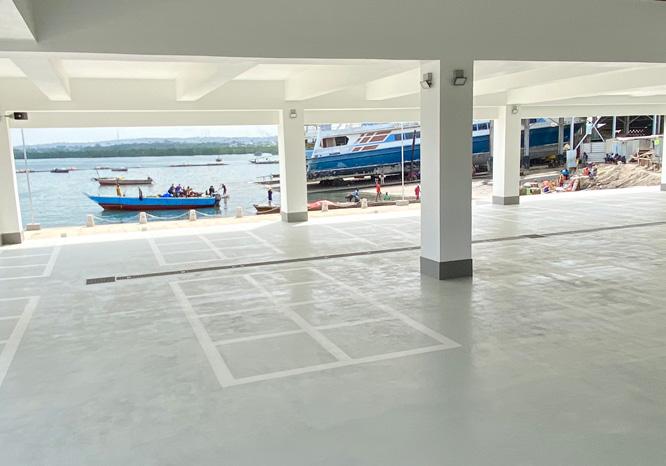
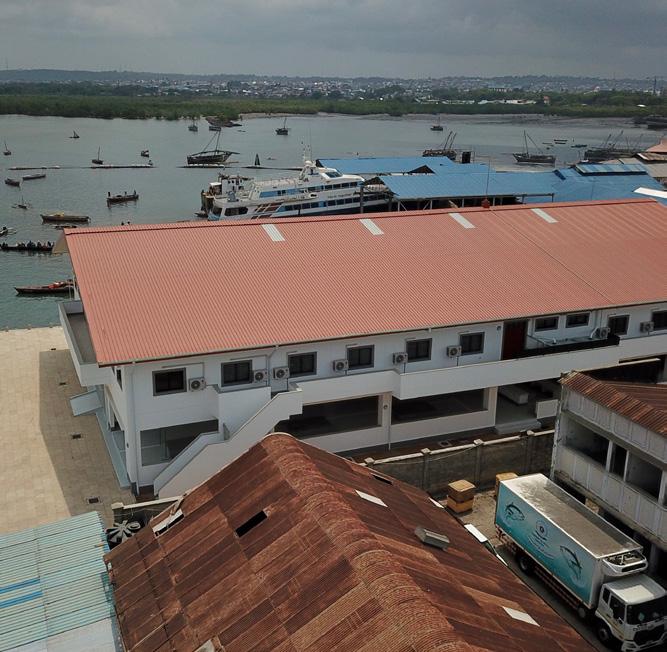
Africa Outlook Issue 106 | 93
Malindi Fish Market project
“Having completed the project very successfully, and with high praise from Mark Bristow, Barrick’s President, we were awarded a similar project at Barrick’s North Mara Gold Mine,” Versi informs.
Similarly, the company’s involvement in the Malindi Fish Market project, funded by the Japan International Cooperation Agency (JICA), and the Kinyerezi Power Station project, both in Tanzania, have earned CSI recognition across the country and demonstrated the company’s versatility, which extends to the implementation of sustainable construction in some cases.
“Our recent renovation and maintenance work on the Swiss Embassy in Dar es Salaam involved a large solar power installation, and managed to take the embassy offgrid,” he expands.
More recently, CSI’s involvement in the North Mara Water Plant project, for DRA Global and its subsidiary, Prentec, saw it oversee the construction of a water treatment plant, adding to the company’s growing suite of capabilities.
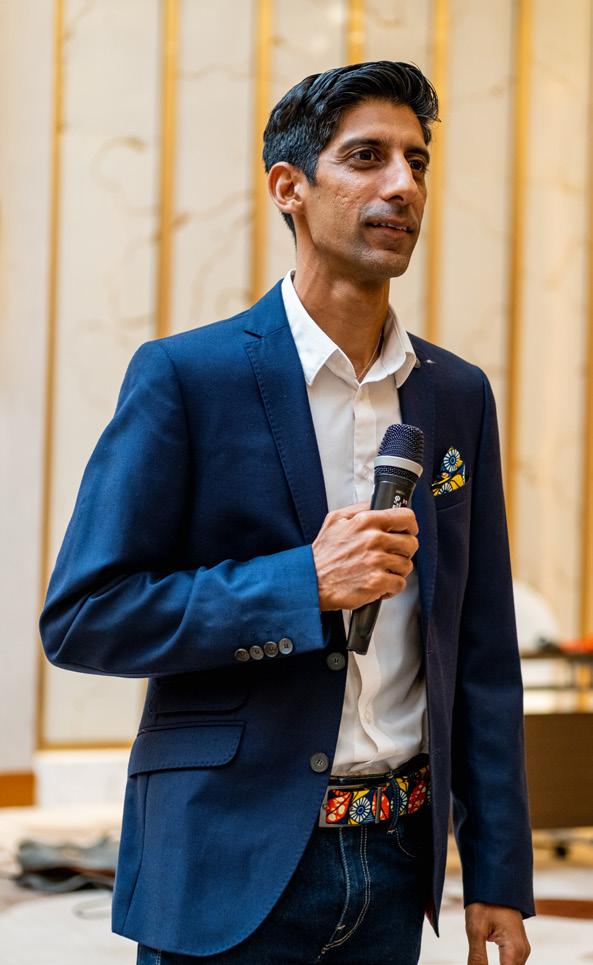
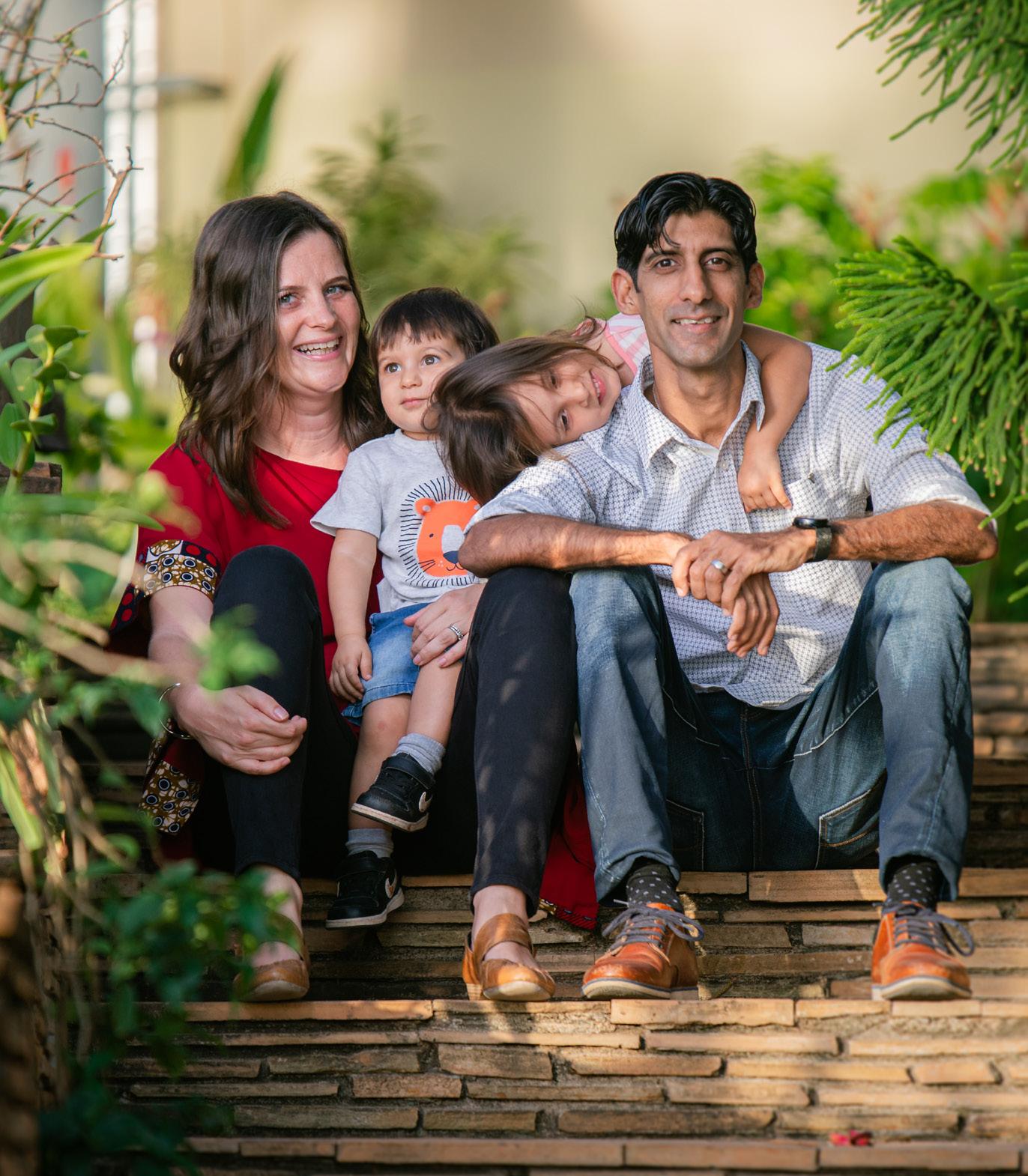
AFRICA OUTLOOK: HOW DID YOU FIRST BECOME INTERESTED IN THE CONSTRUCTION INDUSTRY?
Zuh Versi, Director: “My father was the founder of CSI, but I never expected to follow in his footsteps. In school, I was much more interested in the arts, despite having a knack for physics and maths.
“However, at the age of 18, I accepted a summer job at the company and immediately fell in love with the construction industry. I decided it was what I wanted to do with my career, although I was still not convinced that I wanted to return to Tanzania, or CSI, permanently.
“In 2000, I moved to Canada where I obtained a diploma as well as a bachelor’s degree in civil engineering. I worked for a very reputable consulting firm in a small town in Ontario, where I specialised in civil and traffic design, obtaining my license with the Professional Engineers of Ontario.
“In 2011, I took my father up on his offer to return to Tanzania and work for CSI, with the idea of eventually taking the reins. I soon came to appreciate my decision and, to this day, love working for the company.”
94 | Africa Outlook Issue 106 CSI CONSTRUCTION CONSTRUCTION
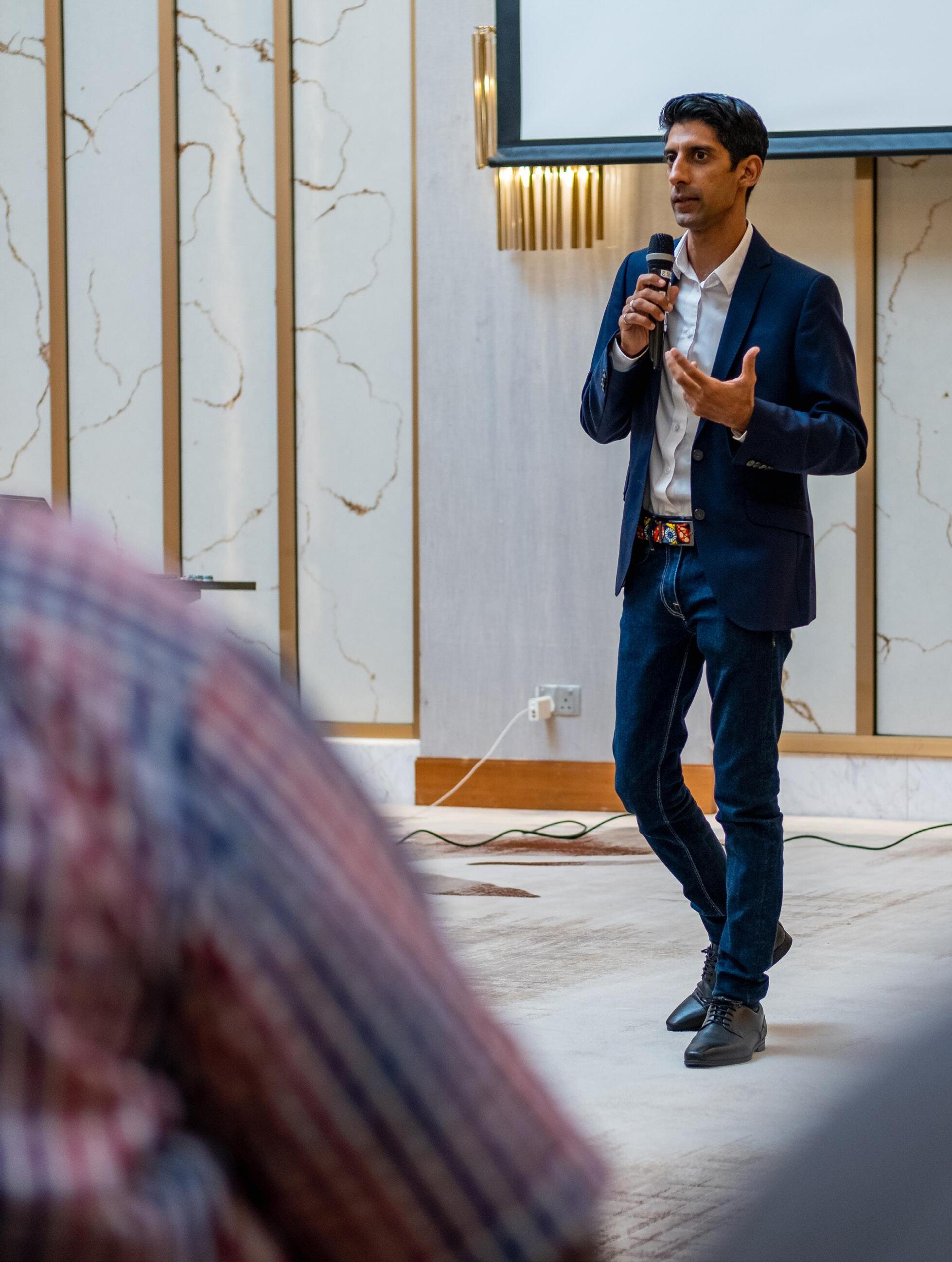
CSI – AT A GLANCE
CSI is committed to the continual improvement of its Quality, Occupational Health, Safety, and Environmental Management System (QHSE MS), in all construction business activities. This is achieved through:
• Complying with applicable QHSE legislation and with any other related requirements to improve the effectiveness of the integrated MS.
• Providing training for all employees for effective implementation, participation, and consultation to improve QHSE performance.
• Delivering quality and timely services at all times to satisfy the needs of its customers, thereby ensuring client satisfaction.
• Taking practicable measures to prevent and eliminate the risks of personal injuries, disabilities, ill health, occupational diseases, near misses, and damage to properties.
• Taking proactive steps towards the conservation and preservation of the environment by minimising or eliminating the impact caused by its construction activities.
• Encouraging active participation from all its employees and business partners towards the achievement of QHSE excellence, performance, and continual improvement of its QHSE MS.
• Systematically evaluating and monitoring the performance of the external provider to ensure quality, health, and safety improvements, whilst encouraging environmental protection.
Africa Outlook Issue 106 | 95
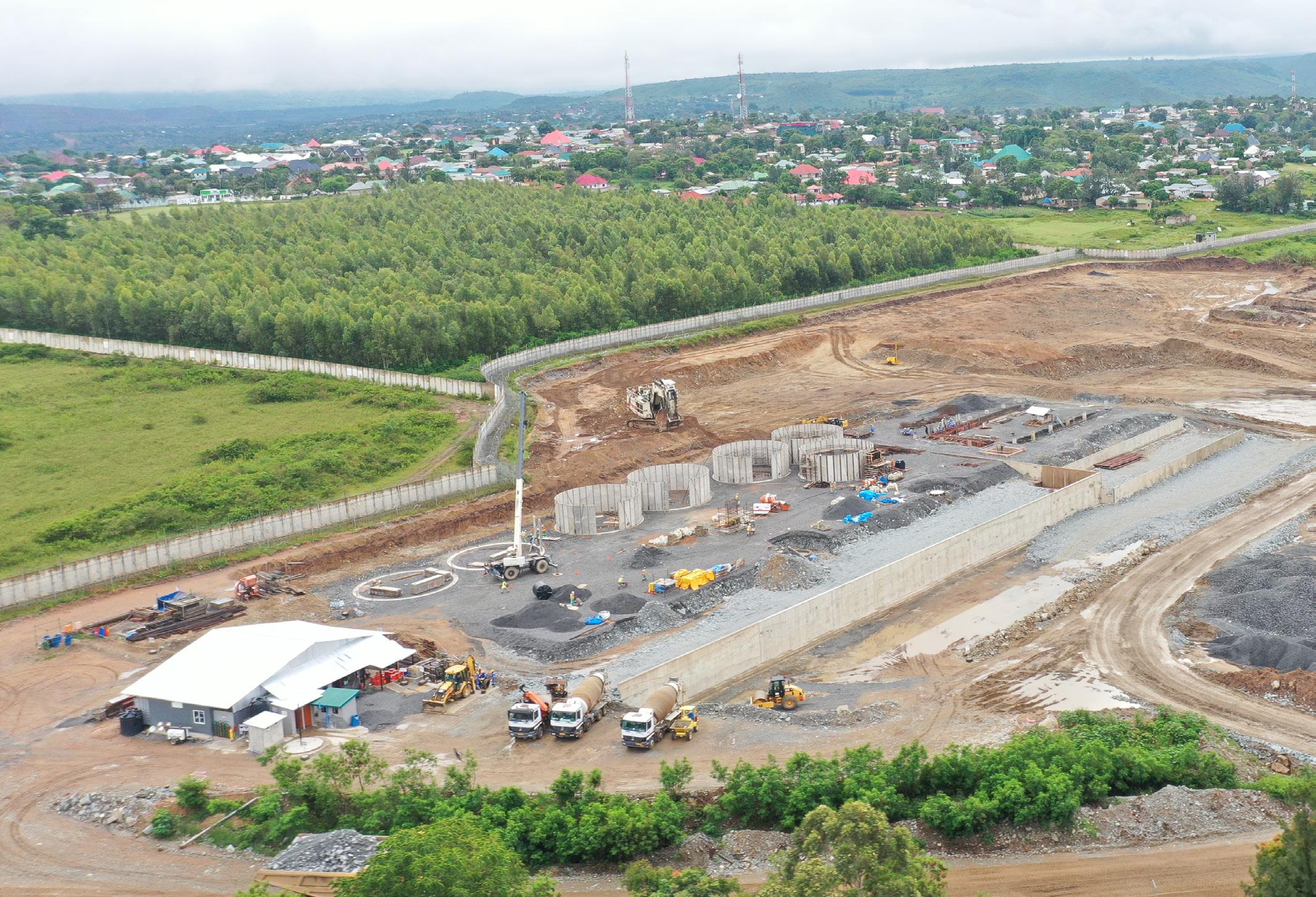
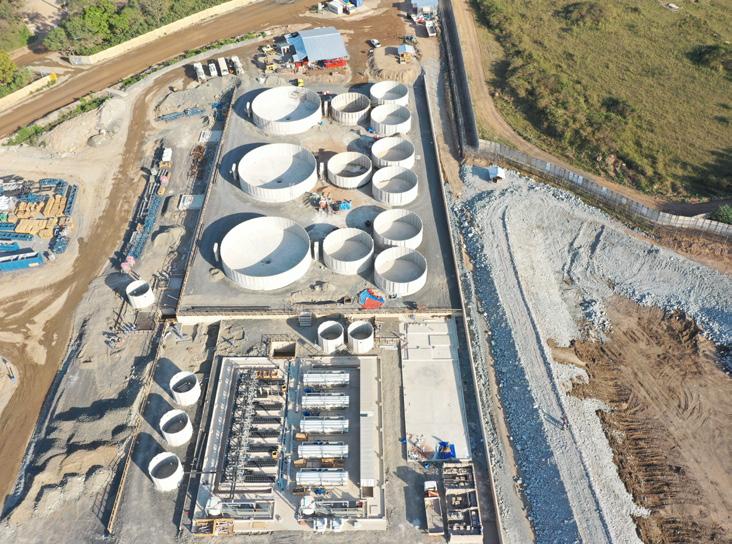
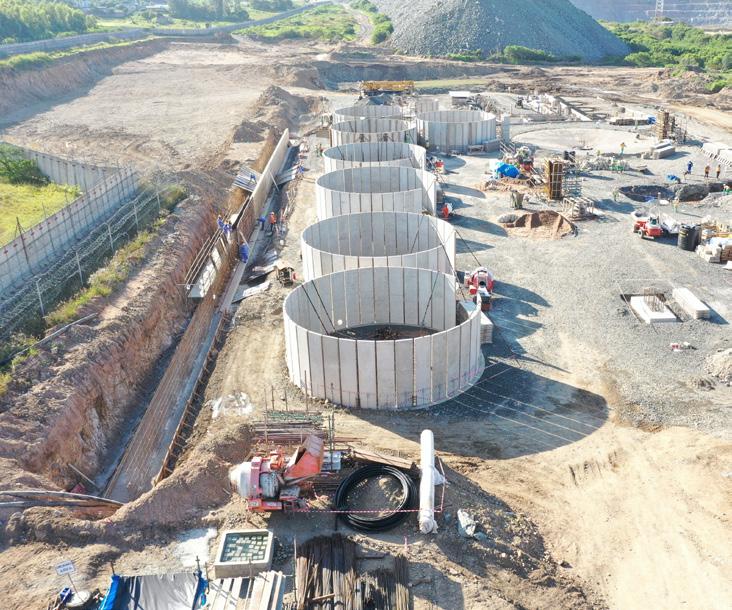
“WORKING AND PARTNERING WITH RELIABLE AND PROFICIENT SUPPLIERS AND SUBCONTRACTORS IS VITAL FOR ENSURING THE QUALITY OF OUR PRODUCTS AND THEIR ENVIRONMENTALISM”
– ZUH VERSI, DIRECTOR, CSI CONSTRUCTION
“We were contracted to provide the civil works for the project, which included the installation of precast concrete panels for the tank walls. However, due to a number of challenges, including the COVID19 pandemic and logistical issues, we ended up fabricating the walls ourselves, and devising a system to cast and stack walls on top of each other,” Versi tells us.
“This essentially saved the client the cost and hassle of temporarily
bringing in the pre-cast panel moulds.”
CSI’s vast range of products and services, coupled with its ability to overcome challenges, reinforces the company’s values of flexible solutions and timely project delivery, no matter what.
SUCCESS, SUSTAINABILITY, AND GROWTH
As a sustainability-conscious organisation, CSI strives to reduce
North Mara Gold Mine 96 | Africa Outlook Issue 106
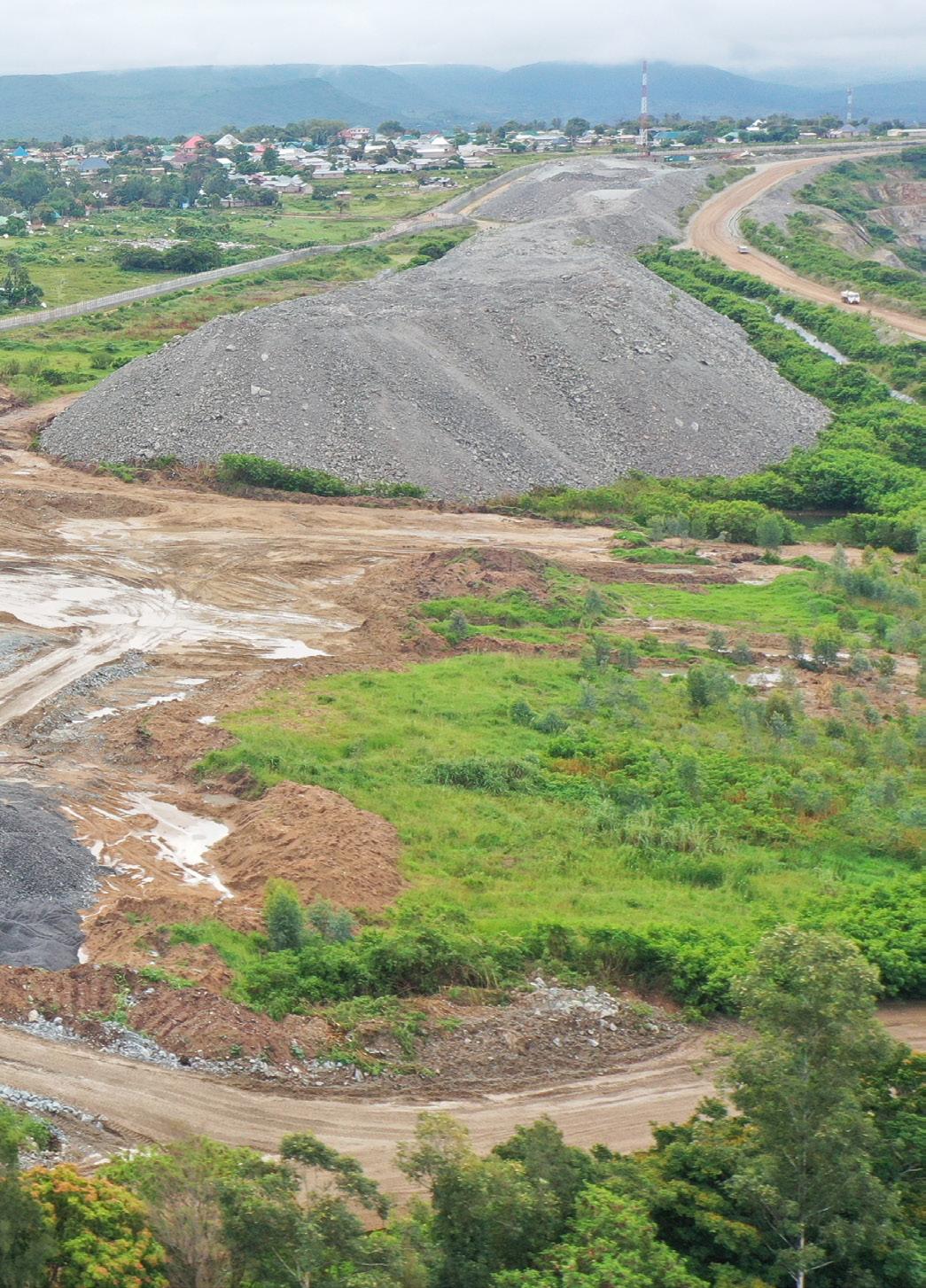
its impact on the environment. The company is ISO 45001 certified, as well as meeting ISO 9001 and ISO 14001 requirements.
“In addition to industry-standard operating procedures of separating chemicals and treating them, at CSI we also try to reduce our impact. We have a system in place of reducing, reusing, and eventually recycling waste,” Versi explains.
Furthermore, the company provides a water treatment facility on each of its construction sites to avoid the use of single-use plastic bottles.
CSI has also been involved in projects that aim to use an ecofriendly replacement for cement. Although these projects are yet to materialise, and may not be feasible, they demonstrate the company’s inclination to work with clients on sustainable options.
Additionally, CSI has a strict subcontractor policy to optimise
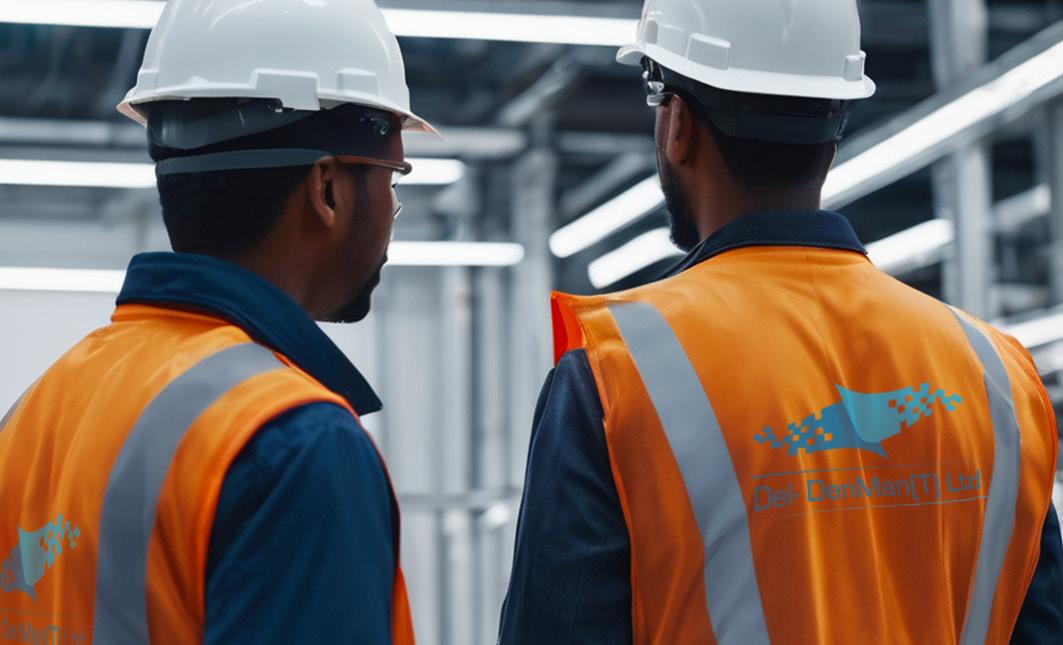

its QHSE practices. Its stringent supplier requirements ensure that the company’s whole supply chain conforms to high sustainability standards.
“Working and partnering with reliable and proficient suppliers and subcontractors is vital for ensuring the quality of our products and their environmentalism,” Versi comments.
In addition to implementing strict sustainability guidelines, CSI often partners with its subcontractors to help them develop and expand. Doing this allows the company to build longterm relationships that both parties can benefit from.
Looking ahead to 2024, there are a lot of projects in the pipeline for CSI that are hoped to continue to contribute to the company’s growth.
“We have grown about 30 percent each year for the past two years, and we are looking very promising for 2024,” Versi divulges.
In addition, CSI is keen to get involved in more sustainable projects and environmentally-friendly options.


Tel: +255 787 188 566
info@csi-construction.cc csi-construction.cc
We deliver electrical works as follows: • Complete electrical installations and maintenance Cable supply, installation, and termination Indoor and outdoor lighting installations • Electrical fault finding, analysis, and providing technical, temporary, and permanent solutions • Installation, testing, and commissioning of medium voltage (M.V) transmission and low voltage (L.V) distribution lines • Installation, servicing, testing, and commissioning of transformers Installation, testing and commissioning of switch gears and cable terminations kits • Installation, servicing, testing and commissioning of electrical protection systems • Installation, testing, servicing and commissioning of generators • Installation, testing, servicing and commissioning of lightning protection system Installation, testing, servicing, and commissioning of earthing system Del-Benman (T) Limited is a Tanzanian company committed to delivering quality electrical services to its esteemed customers beyond their expectations. Del-Benman (T) Limited has a wide range of skilled technical staff with a high level of experience and professional competence, ranging from artisans to engineers. Phone: +255 714 439629|+255 763 725951 E-mail: info@delbenman.co.tz
Africa Outlook Issue 106 | 97 CSI CONSTRUCTION CONSTRUCTION
CONSTRUCTION YOU CAN COUNT

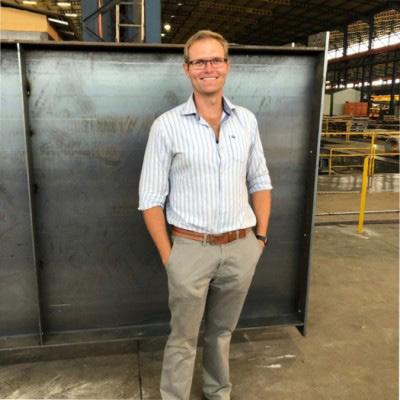
With facilities in South Africa, and having worked in around 15 countries across the continent, JTC Building Systems emerges as one of the leaders in the structural steel industry. Toit Oosthuizen, Managing Director, tells us more about the company’s recent successes and its hopes for the future
Writer: Lily Sawyer | Project Manager: Kierron Rose
The construction and engineering industry in South Africa has faced serious challenges of late, from load shedding in the form of national planned power outages, to potential extortion and corruption from so-called ‘construction mafias’.
As a result, local and foreign investment in the industry remains scarce.
Despite myriad factors that threaten to undermine it, JTC Building Systems (JTC) remains positive about the year ahead and insists that 2024 will see ample market opportunities within the sector.
“I firmly believe that there will always
98 | Africa Outlook Issue 106
Toit Oosthuizen
CONSTRUCTION COUNT ON
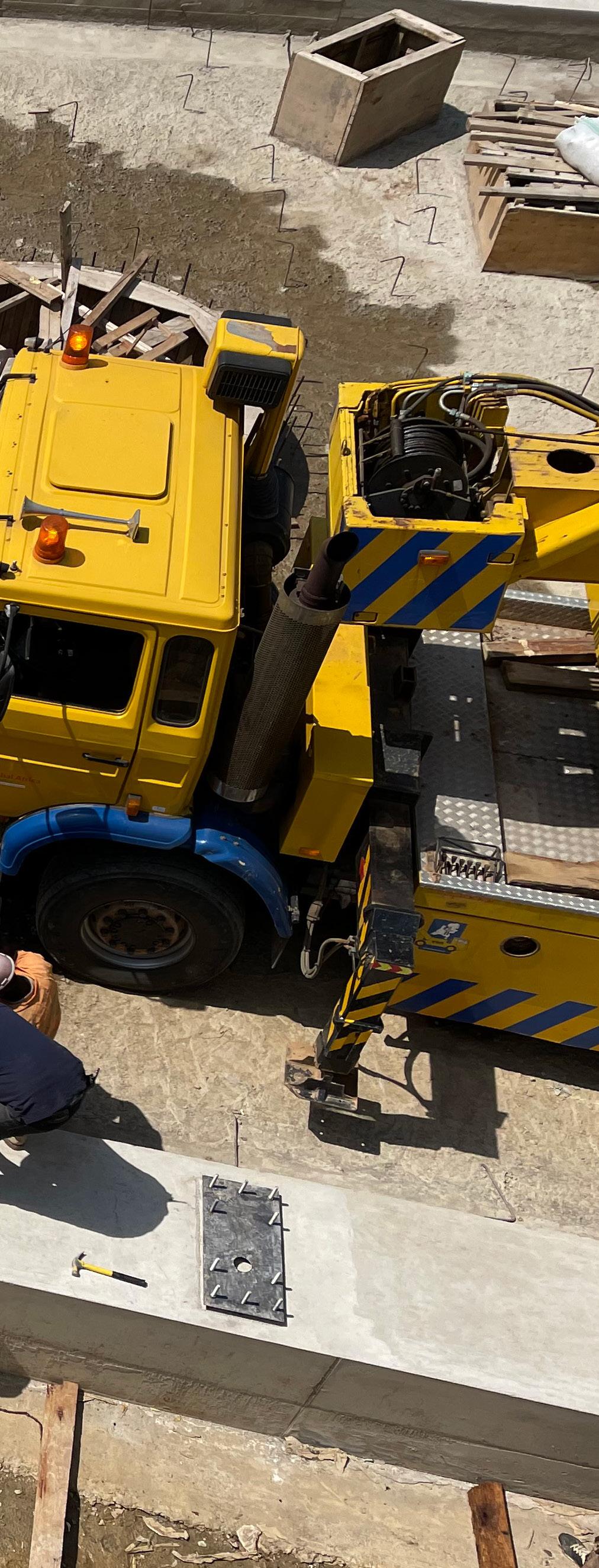

remain a place in the industry for companies that think outside the box and are willing to go the extra mile for their clients,” opens Toit Oosthuizen, Managing Director of JTC.
As specialists in the design, supply, and installation of pre-engineered buildings (PEBs) and associated steel structures throughout Africa, the steel industry is also of great importance to JTC.
Notably, South Africa’s steel sector has faced its own unique challenges recently, epitomised by the proposal from Arcelor
Mittal South Africa (AMSA) to cease operations at its Newcastle and Vereeniging steel plants.
“The decision will lead to around 3,500 direct job losses, in addition to downstream job cuts,” reveals Oosthuizen.
AMSA’s decision is anticipated to diminish stability and positivity within South Africa’s steel sector. However, JTC continues to remain positive.
“It is my opinion that there is a silver lining around the dark cloud that hovers over the construction industry in South Africa. We at JTC are positive about 2024,” he reflects.
A TEAM EFFORT
JTC is a group of companies comprising JTC Africa, JTC South Africa, and JTC Zambia, the latter of which has seen tremendous growth in the past 18 months.
“80 percent of our business occurs outside of South Africa and, as such, we have a better understanding of the logistical challenges around working in Africa than most other steel fabricators in the country,” Oosthuizen informs us.
In 2023, the company exported more than 150 trucks and containers into Africa, including to some of the most remote areas in the Democratic Republic of the Congo (DRC).
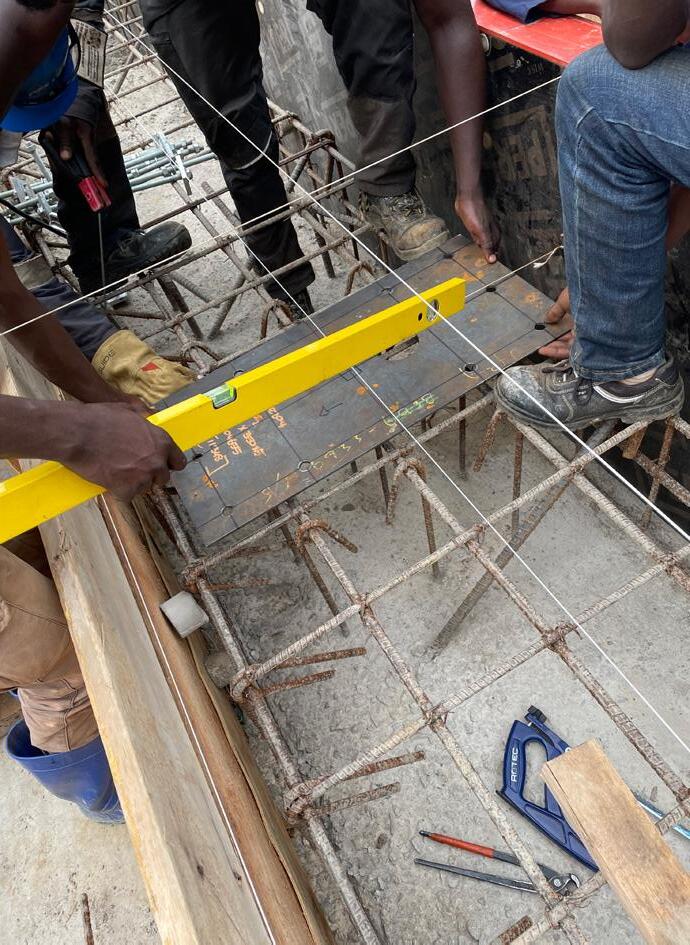
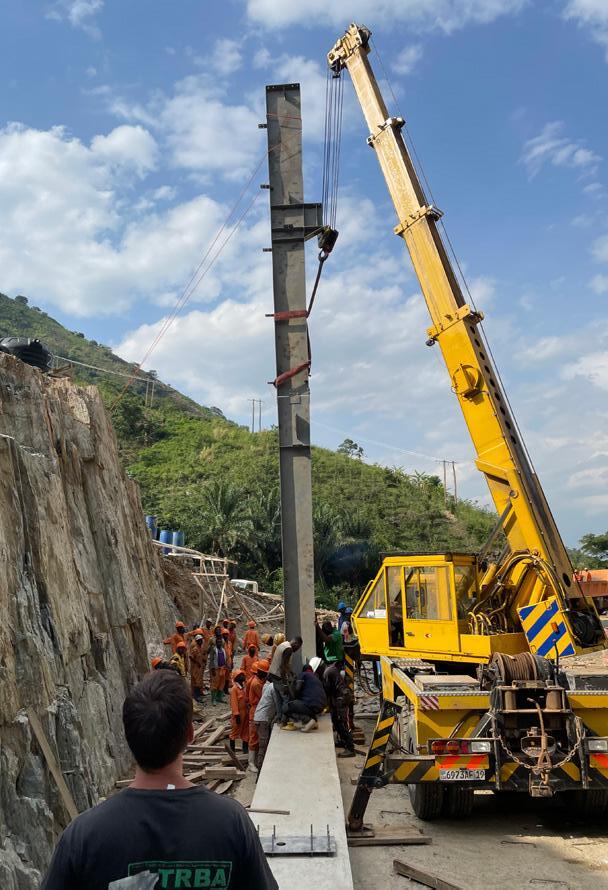
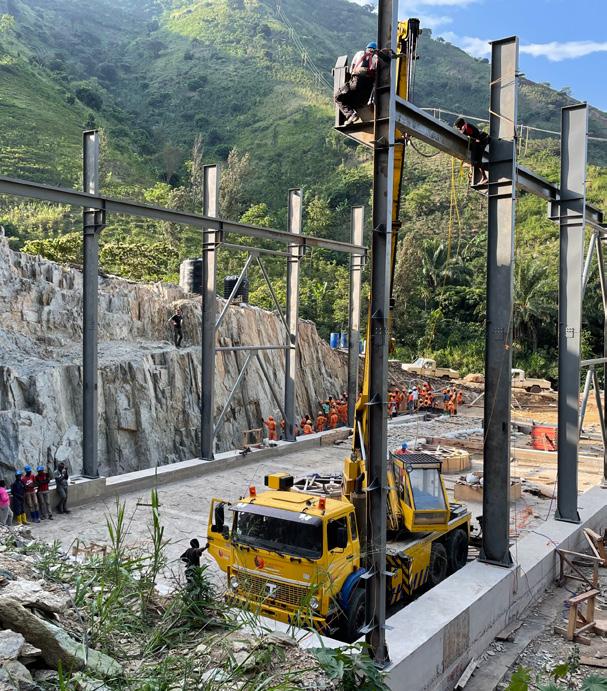
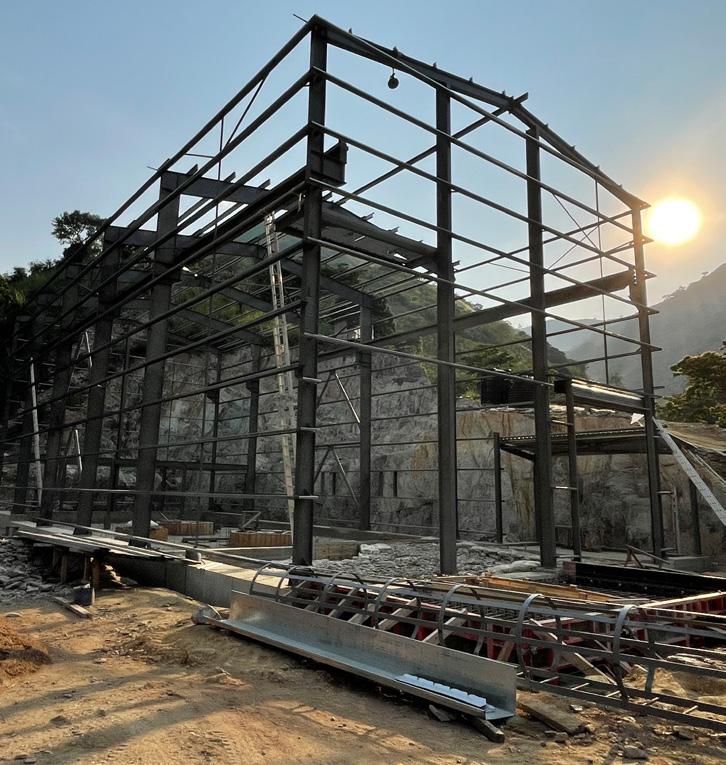
Africa Outlook Issue 106 | 99 JTC BUILDING SYSTEMS CONSTRUCTION
JTC also boasts an industry-leading turnaround time for 3D Tekla models, from quoting to issuing, and from client review to approval.
Ultimately, the company strives to offer a true one-stop shop for the continent’s structural steel industry needs.
“Clients can deal with a single point of contact from engineering and design right through to execution on site. We therefore focus on giving our clients’ ideas structure, literally and figuratively,” Oosthuizen enthuses.
JTC’s clientele varies from privately-owned companies to some of the globe’s largest publicly listed corporations. Its staff base comprises 50 permanent and contract employees, a significant proportion of whom can be considered industry experts.
“We have a lean, mean team, with every member playing a crucial role,” he comments.
Typically, JTC’s expert staff members work hand in hand with
structural engineers and architects that have been appointed by clients. JTC’s collaboration with professional teams ensures improvements and solutions throughout.
“Because of the depth of understanding that our engineers and structural detailers possess, JTC is able to offer advice on the structural fabrication processes, buildability, and value engineering of a project. Our staff understand how to bring theory and real life together in synergy,” Oosthuizen excites.
To ensure the continued professional development of its staff, JTC provides support for further training and short courses, whilst younger employees are mentored by professionals in the relevant field. Furthermore, factory staff undergo training in which additional skills are taught.
“Our staff are our most valuable asset. Without their dedication and hard work, JTC would not exist,” he states.
PROJECTS AND PROPOSALS
Over the years, JTC has demonstrated its comprehensive understanding of the construction and engineering industry in executing a range of successful projects, spanning South Africa and the continent.
The Zambian Breweries expansion project in Lusaka, for example, saw JTC participate in the design, supply, and installation of over 1,000 tonnes (t) of PEB structures, including 200 t of lattice-type pipe bridges.
Having redesigned the structure to introduce a new loading canopy and full product warehouse, the expansion led to the client gaining 10,000 square metres (sqm) of additional warehouse space without any internal columns.
“This project demonstrated our ability to offer value engineering solutions to our clients. In addition, it highlighted how we plan and transport construction materials promptly and understand the complexity of execution within a live plant environment,” Oosthuizen outlines.
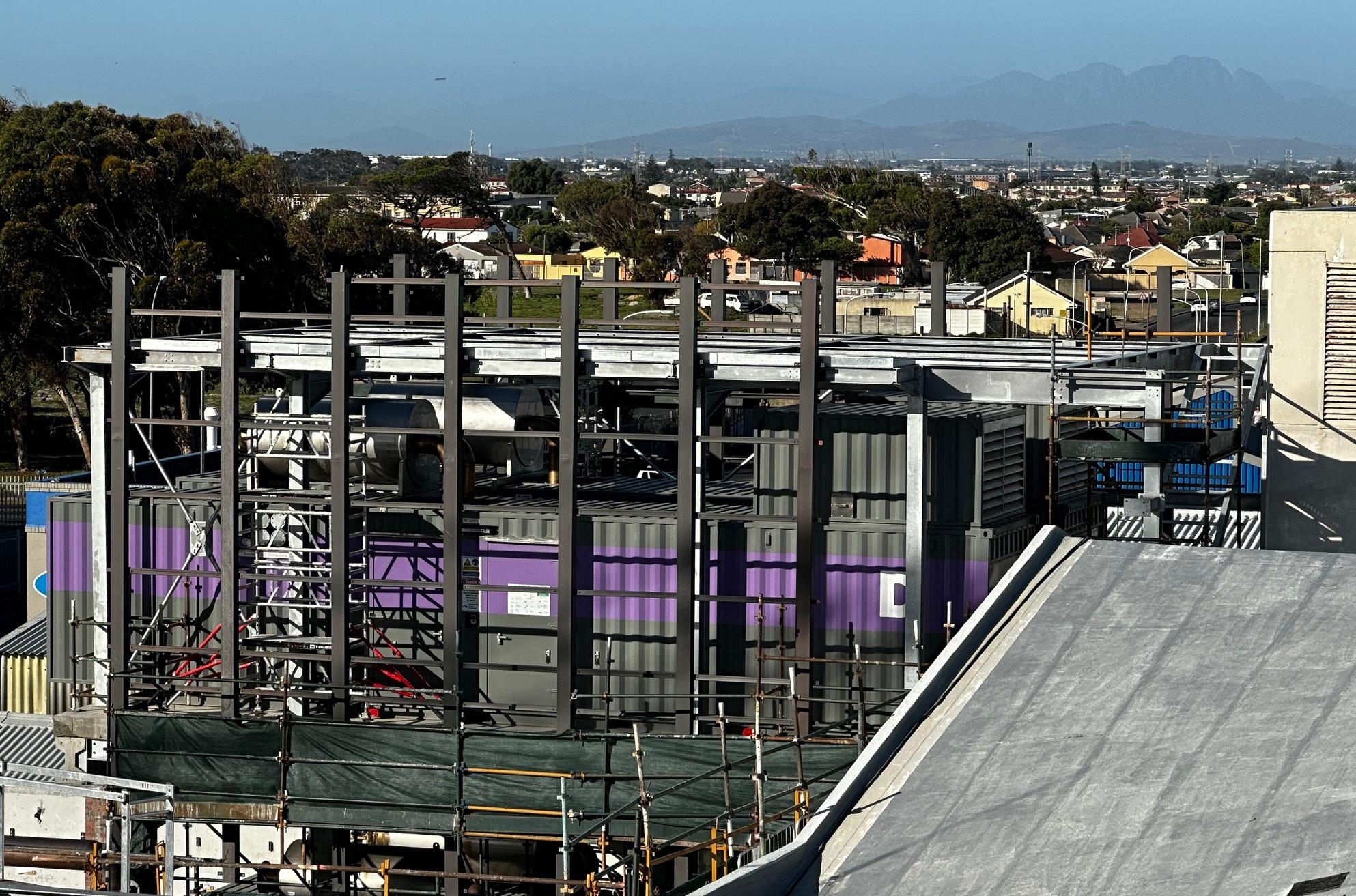
JTC BUILDING SYSTEMS CONSTRUCTION
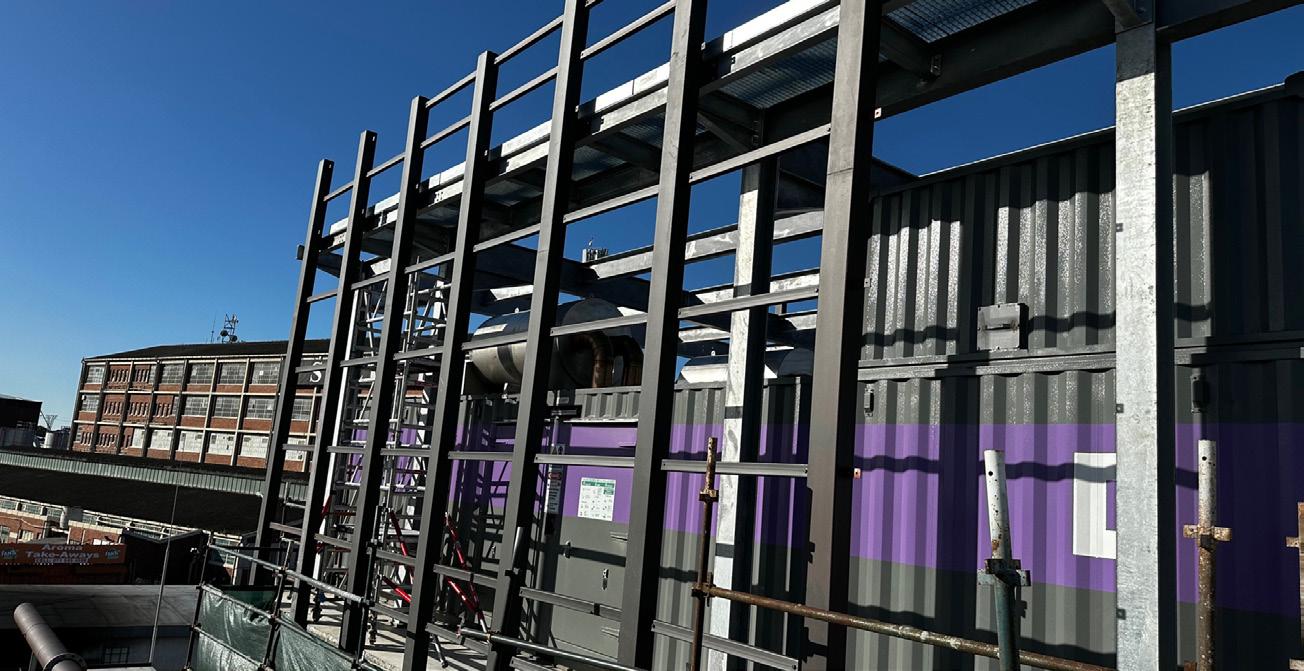
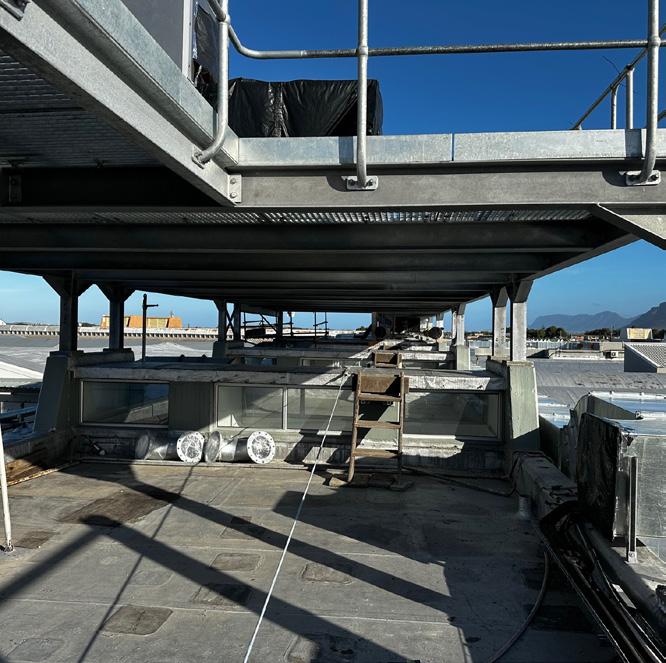

AFRICA OUTLOOK: HOW DID YOU FIRST BECOME INTERESTED IN THE CONSTRUCTION INDUSTRY?
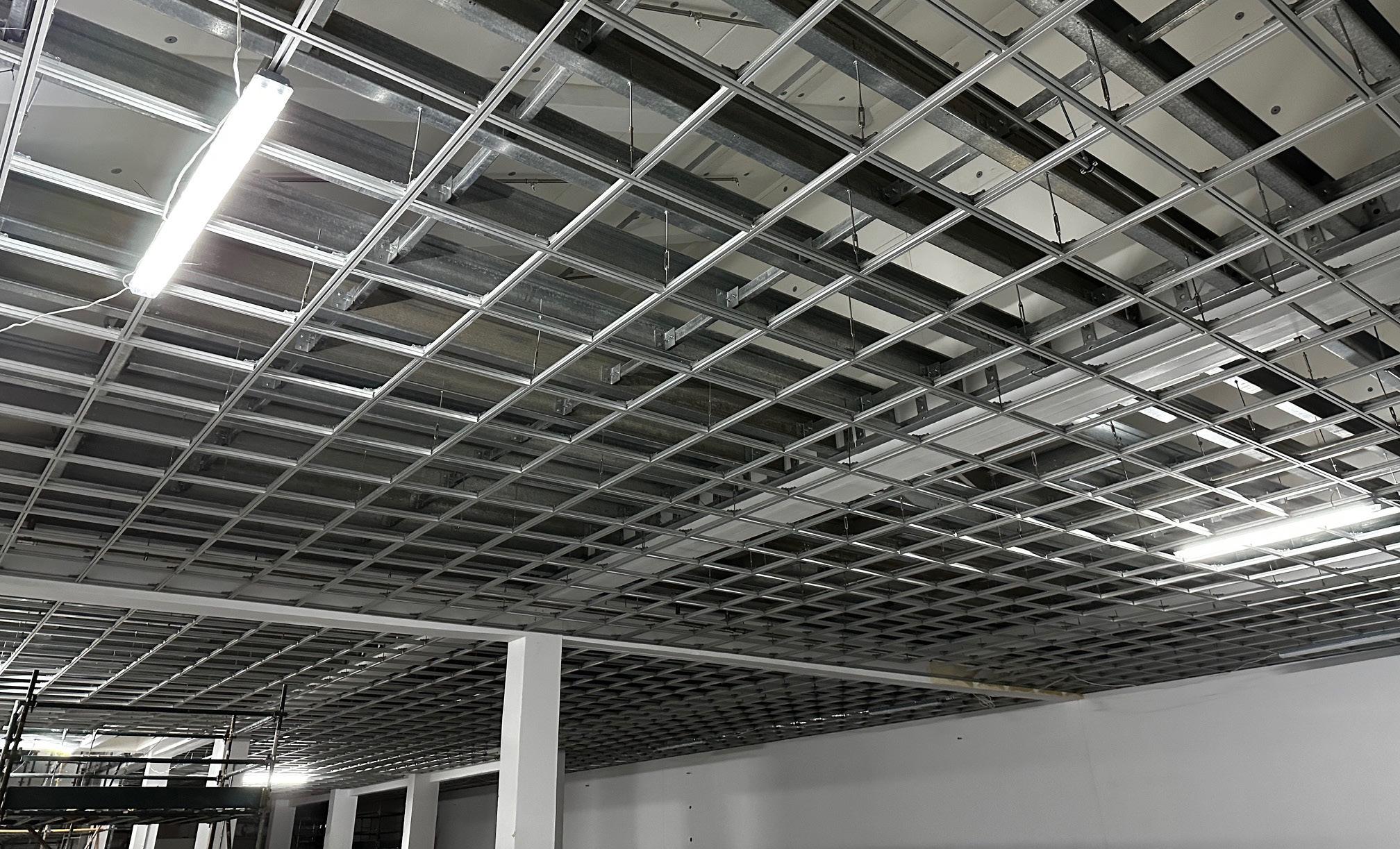
Toit Oosthuizen, Managing Director: “I completed my bachelor’s degree in civil engineering at the University of Stellenbosch in 2009, during which I realised that I enjoyed steel design and that I was pretty good at it.
“After completing my studies, I joined BVI Consulting Engineers in 2012. I moved over to Aurecon (now Zutari) in 2014, before being quickly approached by Clotan Steel in 2015 to start up their PEB Division. For me, this was a once-in-a-lifetime opportunity as I could focus on designing steel buildings, which was my passion.
“In March 2020, I was introduced to Johan Mans, and we immediately clicked. Mans played, and still plays, a pivotal role in JTC.
“As a team, we understood how we wanted the business to work, and we had a good client base. We partnered with CIS Engineering for the fabrication of PEBs and other steel structures and, to this day, work with them as our partner for all large projects.
“JTC started trading in April 2020 during the COVID-19 pandemic. With an unimaginable amount of grace from God, JTC is growing stronger and stronger.”
Africa Outlook Issue 106 | 101
“I FIRMLY BELIEVE THAT THERE WILL ALWAYS REMAIN A PLACE IN THE INDUSTRY FOR COMPANIES THAT THINK OUTSIDE THE BOX AND ARE WILLING TO GO THE EXTRA MILE FOR THEIR CLIENTS”
– TOIT OOSTHUIZEN, MANAGING DIRECTOR,
JTC BUILDING SYSTEMS
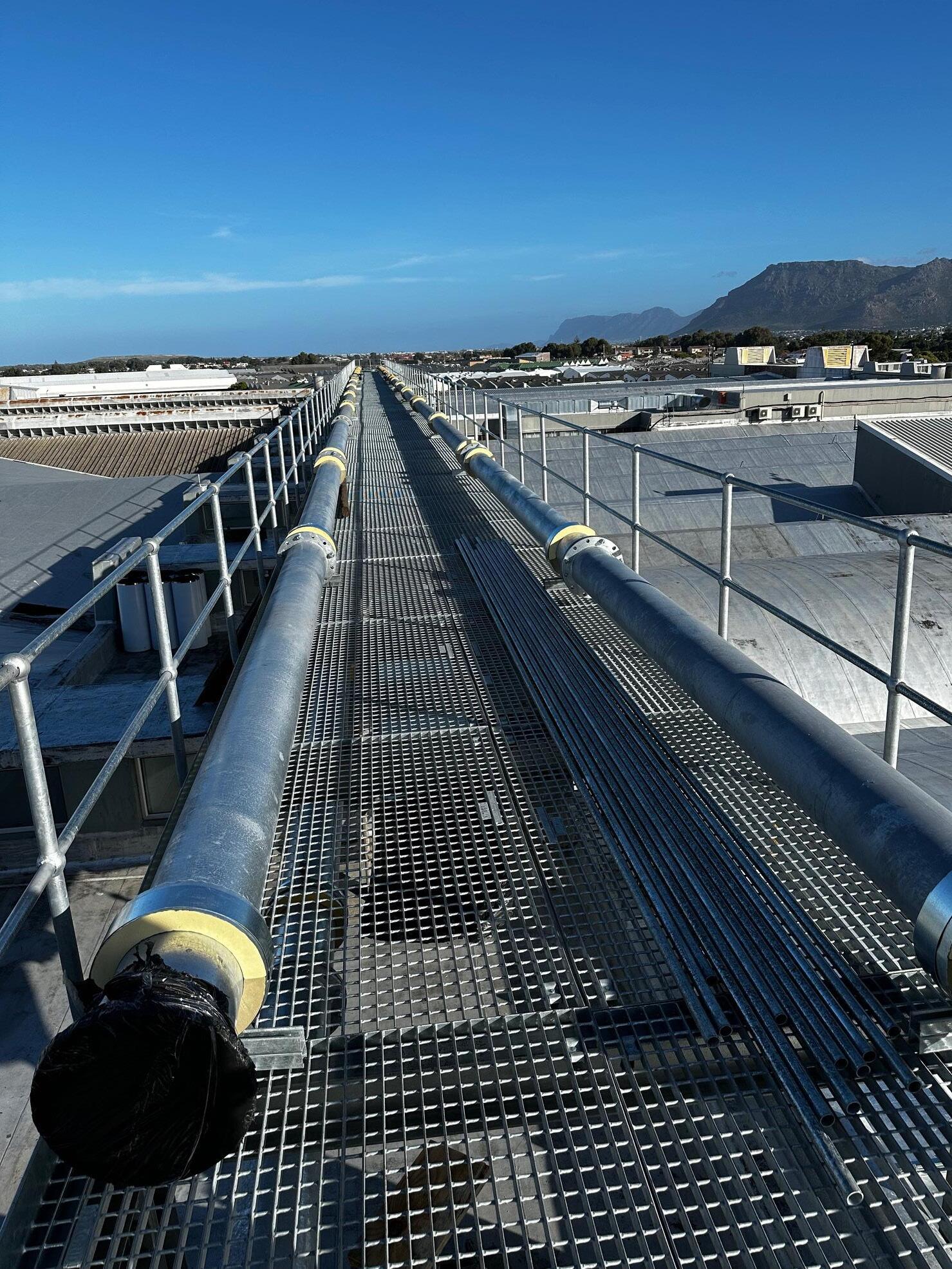
JTC – AT A GLANCE
STRUCTURAL ENGINEERING – From inception through to project completion, JTC ensures that its clients benefit from the team’s experience.
FABRICATION AND SUPPLY – With sites in both Vereeniging and Vanderbijlpark, JTC boasts a 12,000 sqm fabrication area between the two. All facilities comply with ISO 9001:2015 and SAIW requirements.
PROJECT MANAGEMENT – JTC’s experience in design, fabrication, supply, and installation in more than 15 countries enables it to meet client objectives.
TRANSPORTATION – JTC has transported PEBs to some of the most remote locations across Africa.
ON-SITE CONSULTATION – With a hands-on approach, JTC provides practical solutions to ensure the successful execution of client projects. Qualified engineers and project managers manage site activities.
INSTALLATION – JTC is an expert in PEB, hybrid, and structural steel frame building, design, supply, and construction.
ROOF FLASHINGS – JTC supplies Colorplus/Zincal and Chromadek/Galvanised steel metal roof flashings in various lengths and thicknesses.
102 | Africa Outlook Issue 106 JTC BUILDING SYSTEMS CONSTRUCTION
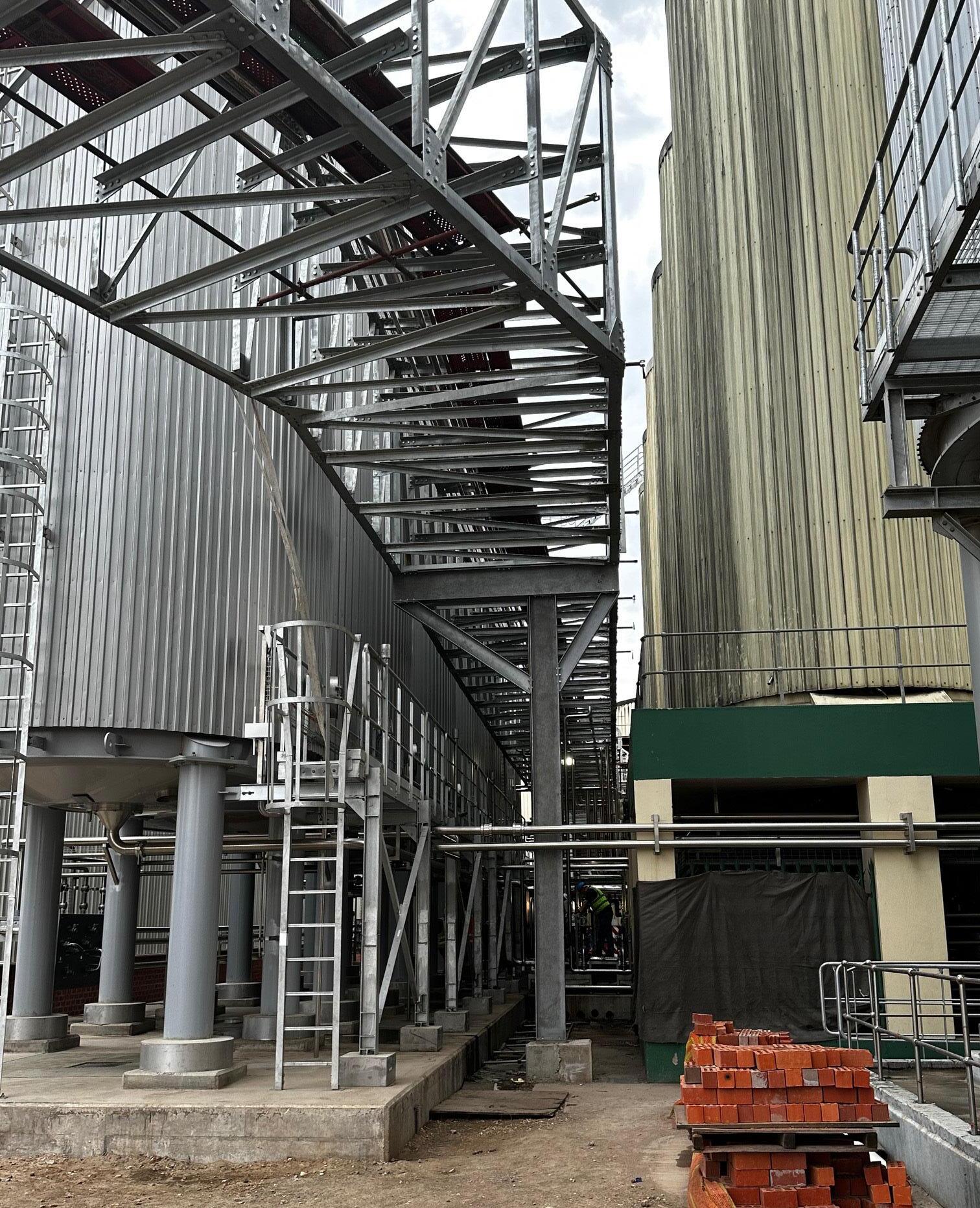
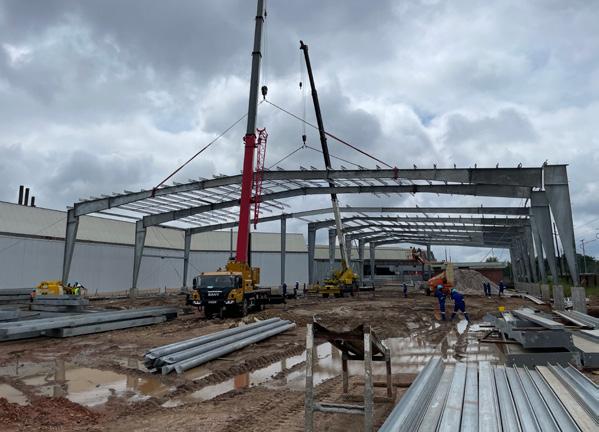
In South Africa, JTC has completed work on a flagship data centre project in Cape Town that has seen the company supply and install around 150 t of structural steel inside an existing concrete framed structure.
“The successful completion of this data centre confirms our ability to execute brownfield structural steel projects within very confined parameters and safety requirements,” he divulges.
JTC’s Project Nelson activities
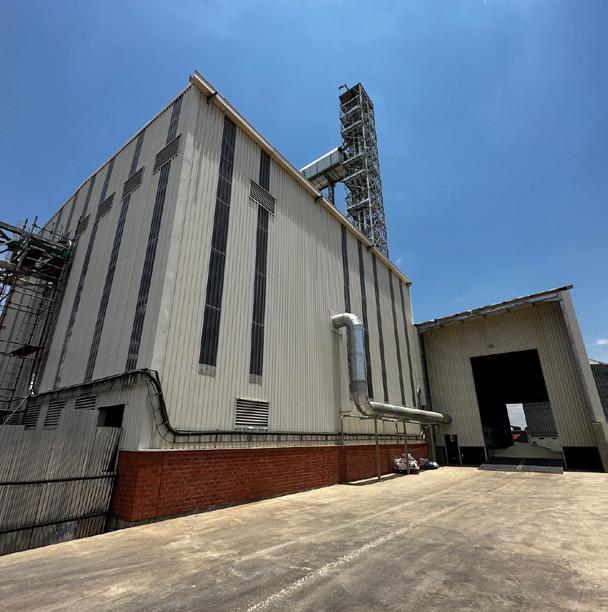
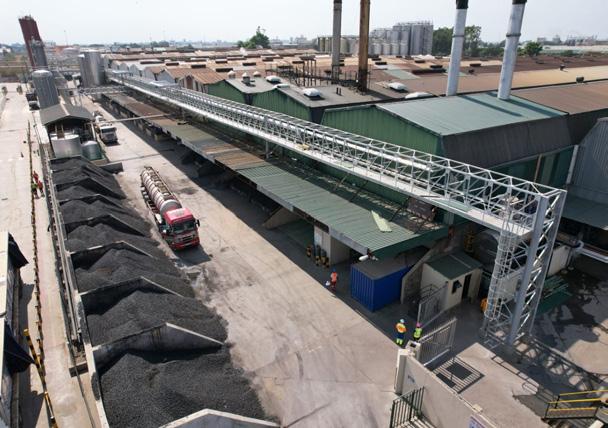
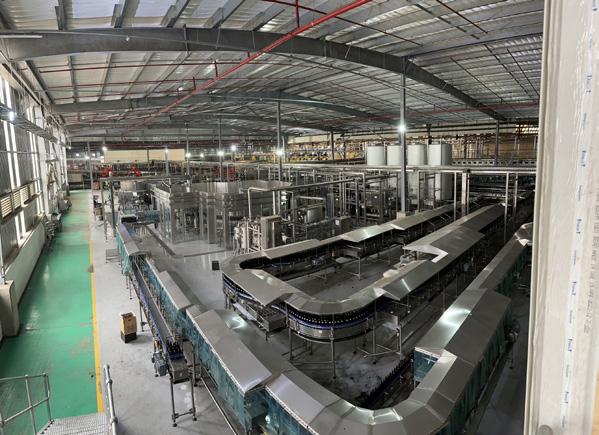
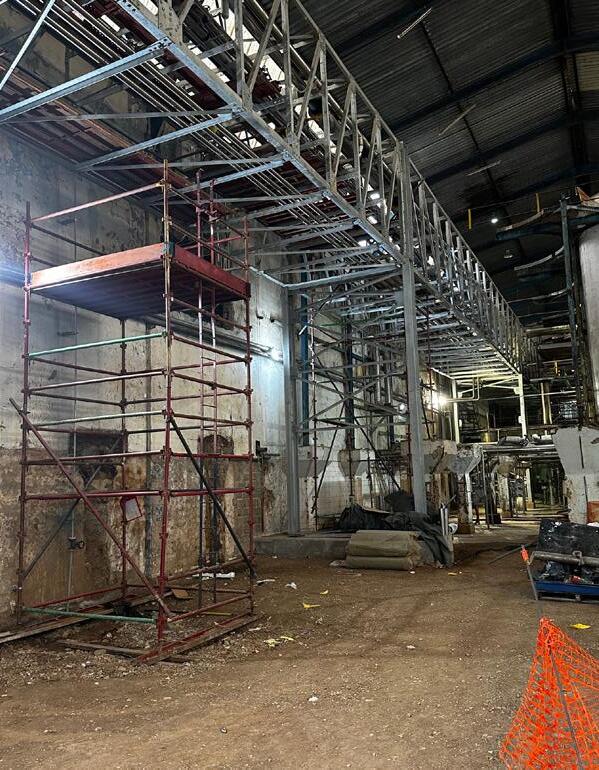
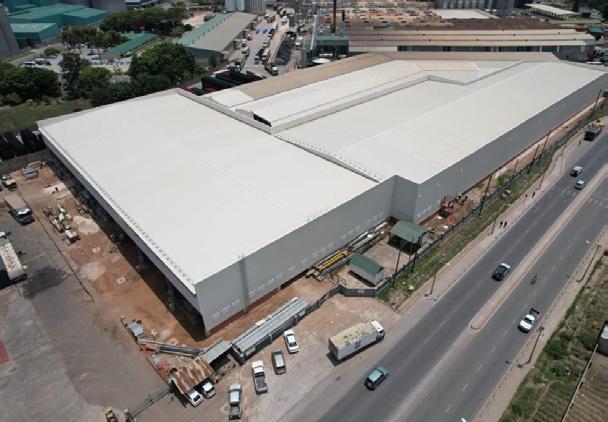
were vast, such as the supply and installation of 10,000 sqm of roof sheeting and 8,000 sqm of insulated wall façade panels.
These panels were imported from Dubai in around 40 shipping containers, which involved extensive logistical planning and freight coordination.
“At peak construction, we had over 50 staff, made up of subcontractors and direct employees, working on the project to ensure its timely delivery,” Oosthuizen says.
Africa Outlook Issue 106 | 103
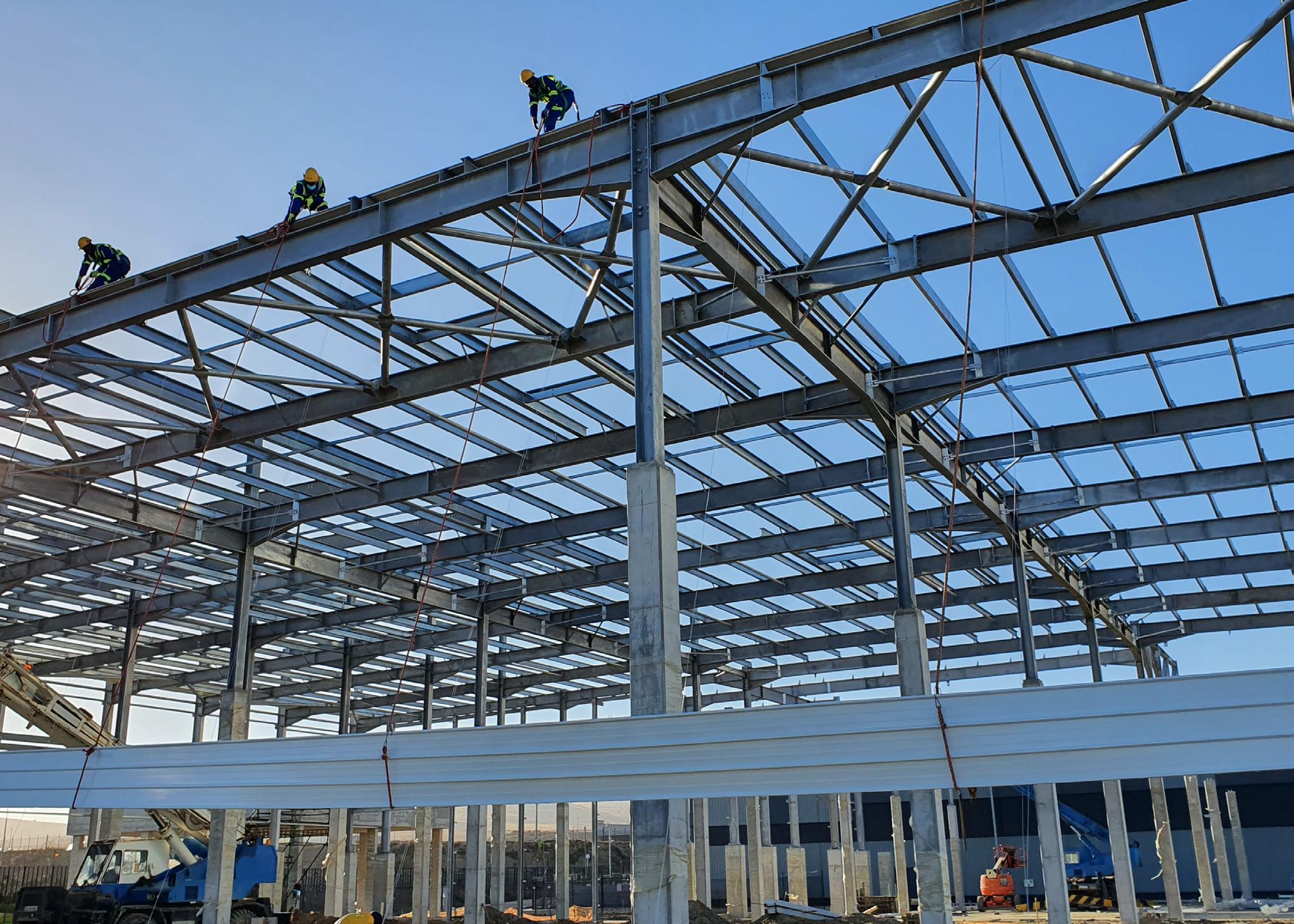
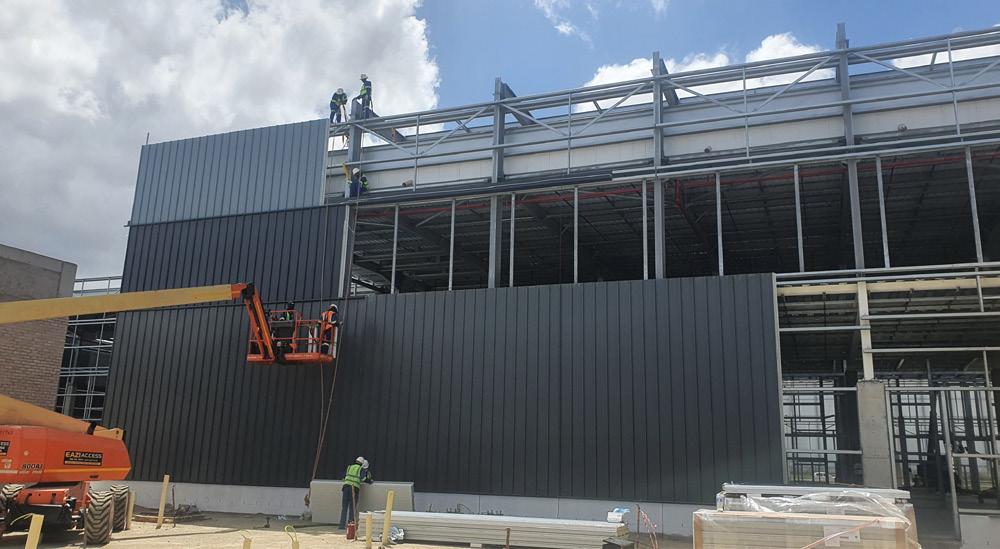
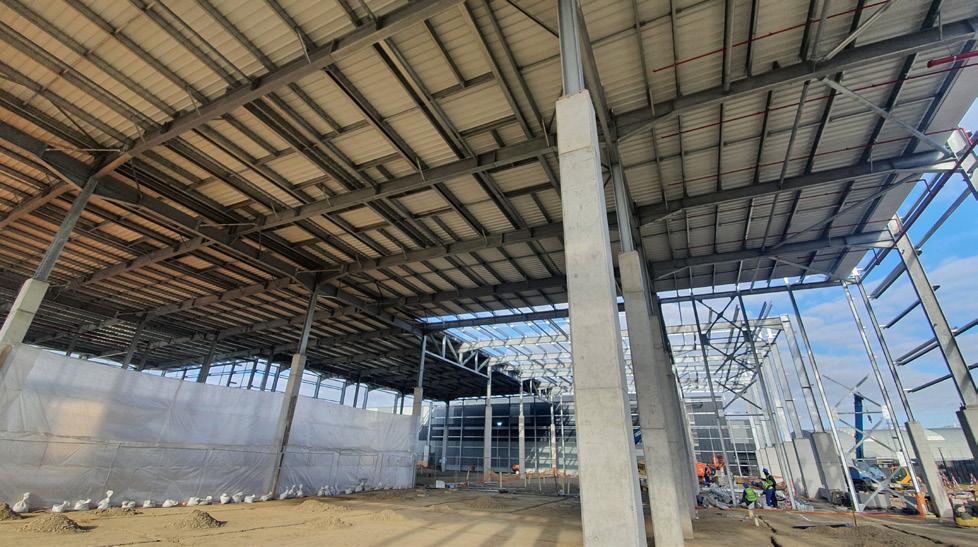

Project Nelson has cemented JTC’s reputation as a leader within the insulated panel façade industry and confirmed its ability to take on large projects within a tight timeframe.
“Proper planning ensured continuity on site, and the successful completion of the project reinforces our ability to scale our teams to the correct and required sizes,” he asserts.
FORWARD THINKING
As JTC looks forward to a year filled with prosperity, it anticipates new and exciting projects across Africa.
“In Zambia, we’ve just started a few projects and have more in the pipeline for the year ahead. We believe Zambia will remain prosperous for us in 2024 and beyond,” Oosthuizen declares.
Elsewhere, the company anticipates the opening of a new shopping centre complex in Mauritius, which is due to
commence in February 2024.
“We’ve successfully completed a number of structural steel projects on the island over the past few years, and we look forward to commencing this project,” he excites.
In addition, a data centre project in Midrand, South Africa will see JTC supply structural steel for all the internal walls and ceilings.
Although JTC has an extremely
104 | Africa Outlook Issue 106 JTC BUILDING SYSTEMS CONSTRUCTION
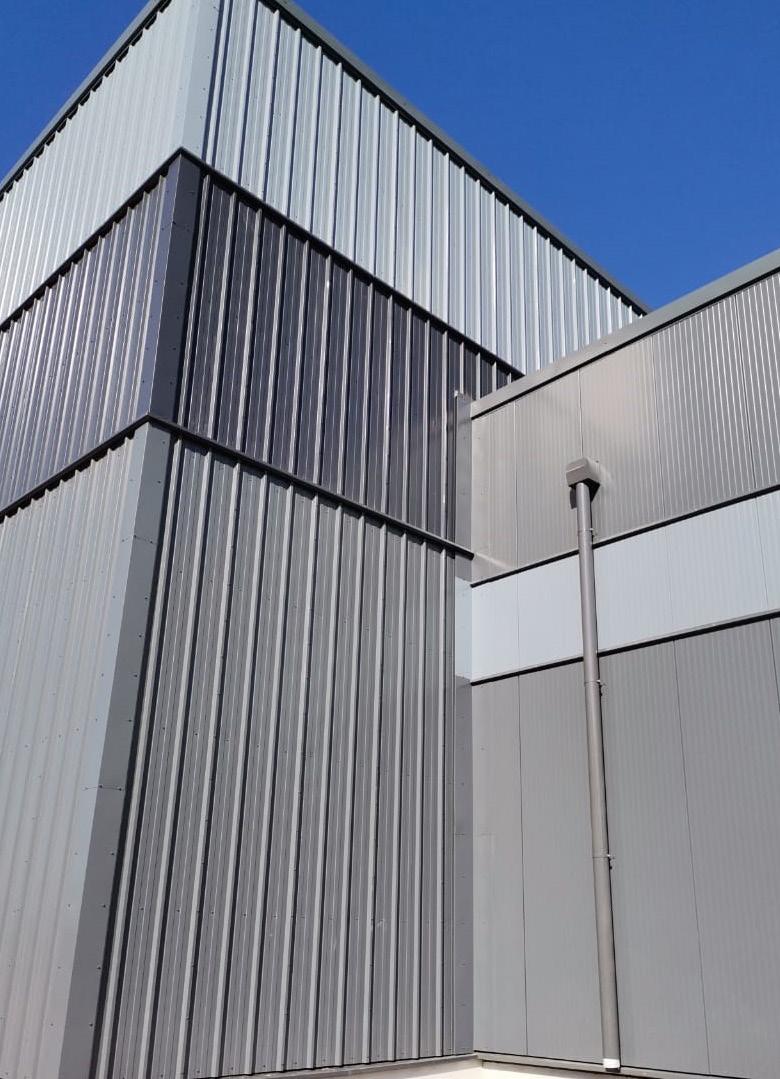
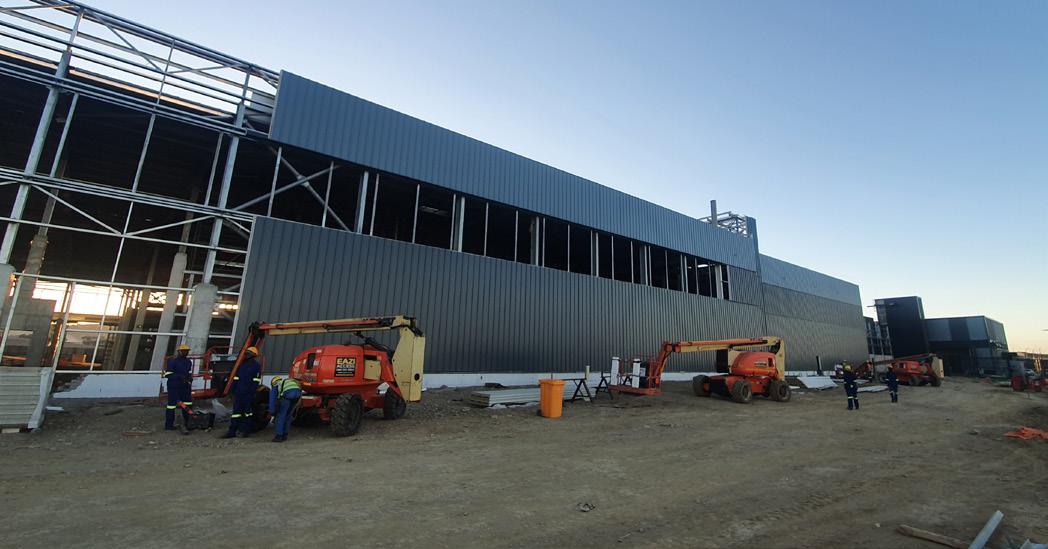
successful track record of executing small, medium, and large construction projects, the company still faces considerable reticence from some engineers, architects, and contractors.
“Because we’re a relatively new and young company, especially when compared to some of our more experienced competitors within the market, our ability to take on certain projects gets questioned.”

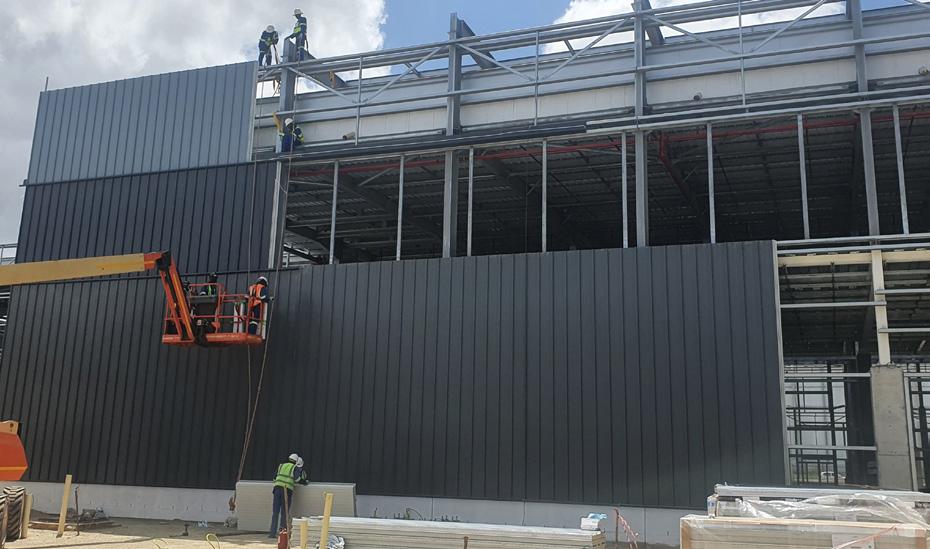
Thus, JTC’s goal for the future is to continue to complete its upcoming developments to a high standard and consistently exceed client expectations to enhance its reputation for excellence within the industry.
“We will invest further in additional new plants and equipment to ensure we can continue to deliver projects on time and increase our capacity,” Oosthuizen concludes.
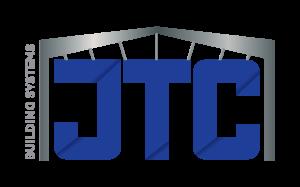
Tel: +27 (0)16 100 1533 marketing@jtcbuildings.com jtcbuildings.com
Africa Outlook Issue 106 | 105 JTC BUILDING SYSTEMS CONSTRUCTION

SERVING OPPORTUNITIES
South African chicken chain, Galito’s, has shown impressive growth and is taking a stand as one of the most popular flame-grilled chicken brands. Managing Director, Francois Rousseau, discusses flavour, franchises, and the future
Writer: Rachel Carr | Project Manager: Harry Palmer
GALITO’S FOOD & BEVERAGE

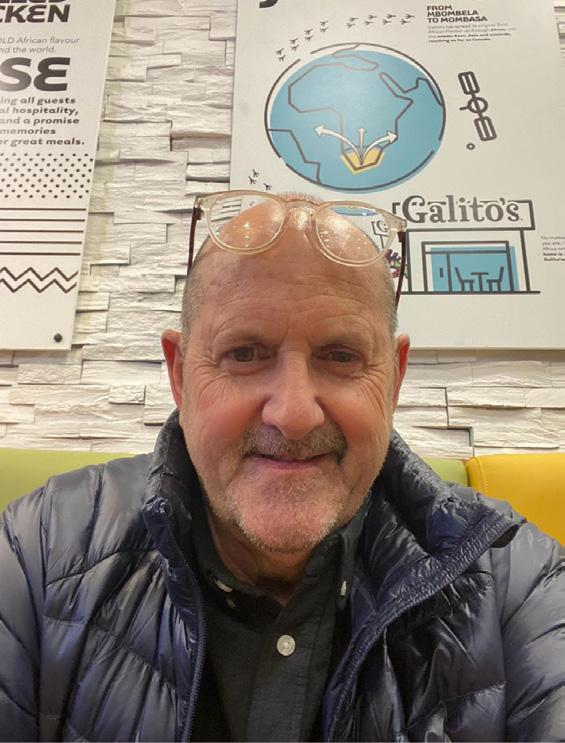

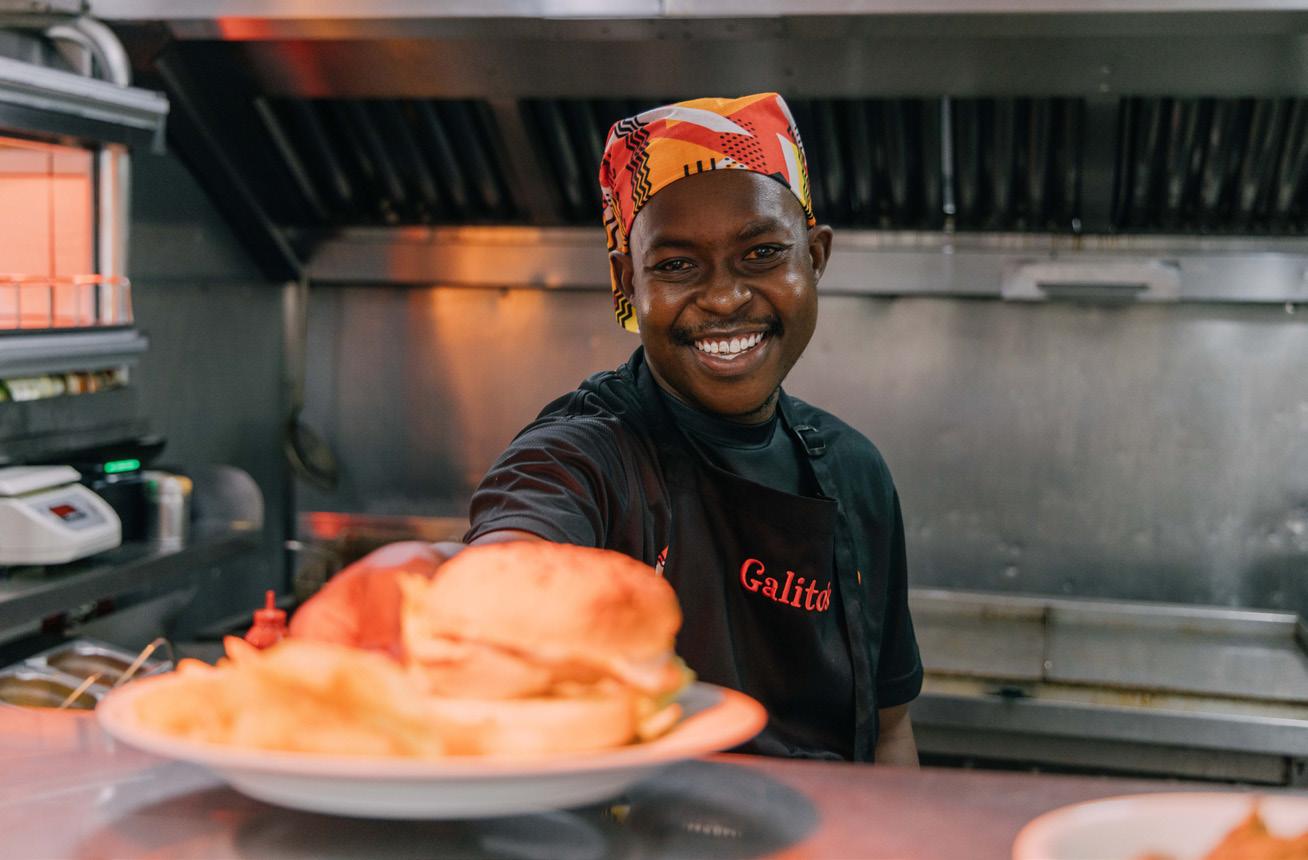
Galito’s journey began almost three decades ago in Mpumalanga province’s capital city, Mbombela (formerly known as Nelspruit), when current CEO, Louis Germishuys, founded the brand. Since then, he has continued to steer the business forward with unwavering entrepreneurial spirit.
From humble beginnings perfecting sauces and marinades in a garage in the early 1990s to a small standalone chicken takeaway, today Galito’s is one of South Africa’s (SA) most popular quick service restaurants (QSR).
Since its inception, the company
has consistently and continually expanded into SA while extending its international footprint. The franchise now includes 250 stores spanning 15 countries across four continents.
Galito’s serves flame-grilled piri-piri chicken in a variety of flavourful basting options. Its core offering is succulent chicken on the bone, accompanied by a variety of homestyle sides. The menu is rounded out with burgers and a selection of hearty chicken strip bowls to satisfy every craving. Galito’s delivers exceptional value with generous portion sizes, uncompromised quality, and flavour.
Africa Outlook Issue 106 | 107
Francois Rousseau, Managing Director

“Our major point of difference lies in our value offer and our wide range of unique bastings and sauces, which, unlike our competitors, we manufacture in-house at our production facility, with ingredients fresh from the farm,” introduces Francois Rousseau, Managing Director of Galito’s.
“Attention to detail is paramount. As an example, we use natural garlic, not just flavouring. Our sauces are crafted with meticulous care, resulting in flavours that simply can’t be
UNIQUE BUSINESS MODEL
Alongside flavour being a competitive advantage, Galito’s’ franchises set it apart from other chicken restaurants.
“Another factor that differentiates us is how the Galito’s franchise model can operate successfully not only as traditional restaurants but also in a variety of channels such as food courts, kiosks, drivethroughs, and even counters within fuel station convenience stores,” elaborates Rousseau.
“Our ability to operate in various market segments makes for a good recipe for scalability.”
With 35 stores currently thriving in Kenya, it’s evident that the adaptable store model has been a major success, solidifying Galito’s as one of Africa’s leading grilled chicken brands.
“Our model continues to perform exceptionally well in Africa, where

it’s been warmly embraced, and we foresee significant opportunities for further growth,” Rousseau informs us.
In terms of consumers, chicken is a widely loved dish in Africa. The younger generation, in particular, appreciates the additional choice of grilled chicken alongside fried chicken, as healthier lifestyles are facilitating demand for the same product cooked differently.
“Fried chicken is available in all African countries, but the grilling option has space in a healthier market, as people can eat grilled chicken more frequently. We tap into people’s preference for wholesome food –which also happens to be tasty – and Africa’s appetite for new brands,” Rousseau observes.
WINNER WINNER CHICKEN DINNER
One of the exciting channels and models that Galito’s has embraced involves refurbished shipping containers, known as GaliPods. These
AFRICA OUTLOOK: DOES GALITO’S HAVE ANY PLANS FOR SUSTAINABILITY INITIATIVES IN ITS PROCESSES OR SUPPLY
Francois Rousseau, Managing Director: “We are looking at energy efficiencies regarding our production facilities. Given SA’s electricity shortages and load shedding, we are exploring the solar option. Similarly, we work with our suppliers to produce sustainable packaging.

“Another initiative is focused on the business environment, setting standards in our shops and buildings. Rather than follow other brands and control every aspect of purchasing, we want our franchisees to do what makes sense for them in their country as they instinctively know the best fit. Therefore, our approach is flexible, especially in Africa, because our franchises can tap into the local

“We want to encourage people to use local suppliers when providing the store with produce and equipment. Only the sauces, bastings, and marinades come from SA; the rest are sourced from local industries. It is essential to build supplier relationships, and it is one of the key elements to our success in Africa. The number one supplier for us is poultry; you must build those relationships as you need continuity and consistency.”
108 | Africa Outlook Issue 106
FOOD & BEVERAGE
GALITO’S

stores, with fully operational kitchens, allow Galito’s to trade in smaller, less traditional spaces. Operating in this market gives the company an edge over its competitors as the units can be deployed anywhere from an urban car park to a rural environment.
“We have 40 GaliPods at the moment, with more on the way. These stores, with their unique ambience, have a vibrant, somewhat offbeat charm about them. They also have the potential to be transported to another location if the market conditions change,” notes Rousseau.
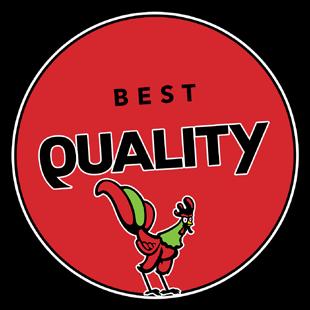
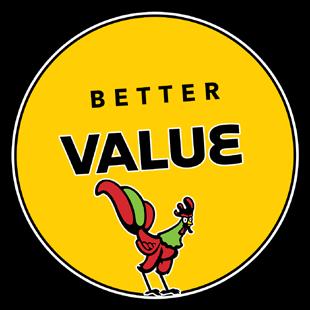
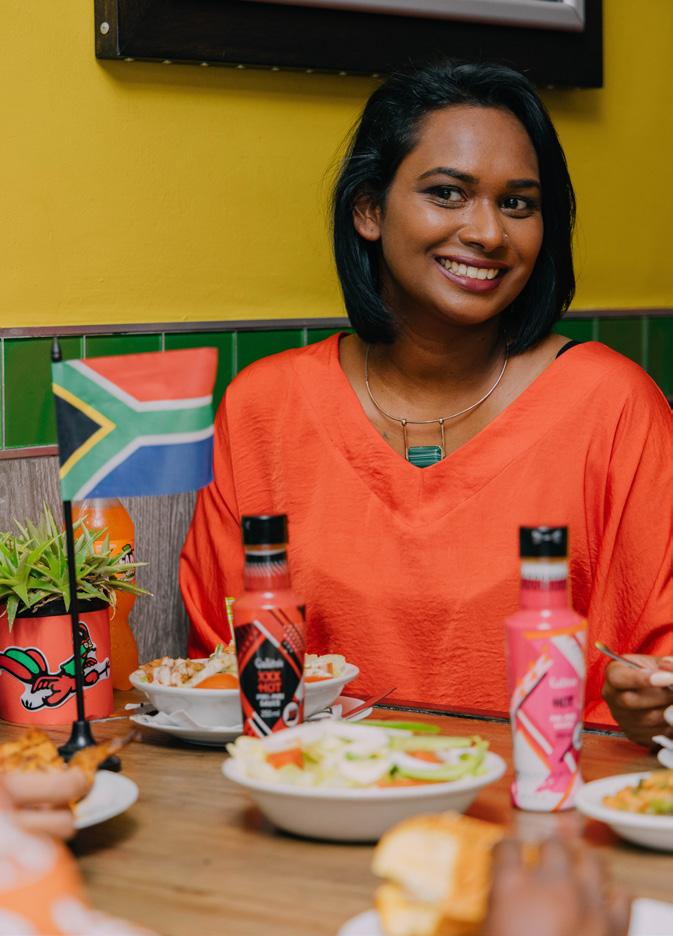





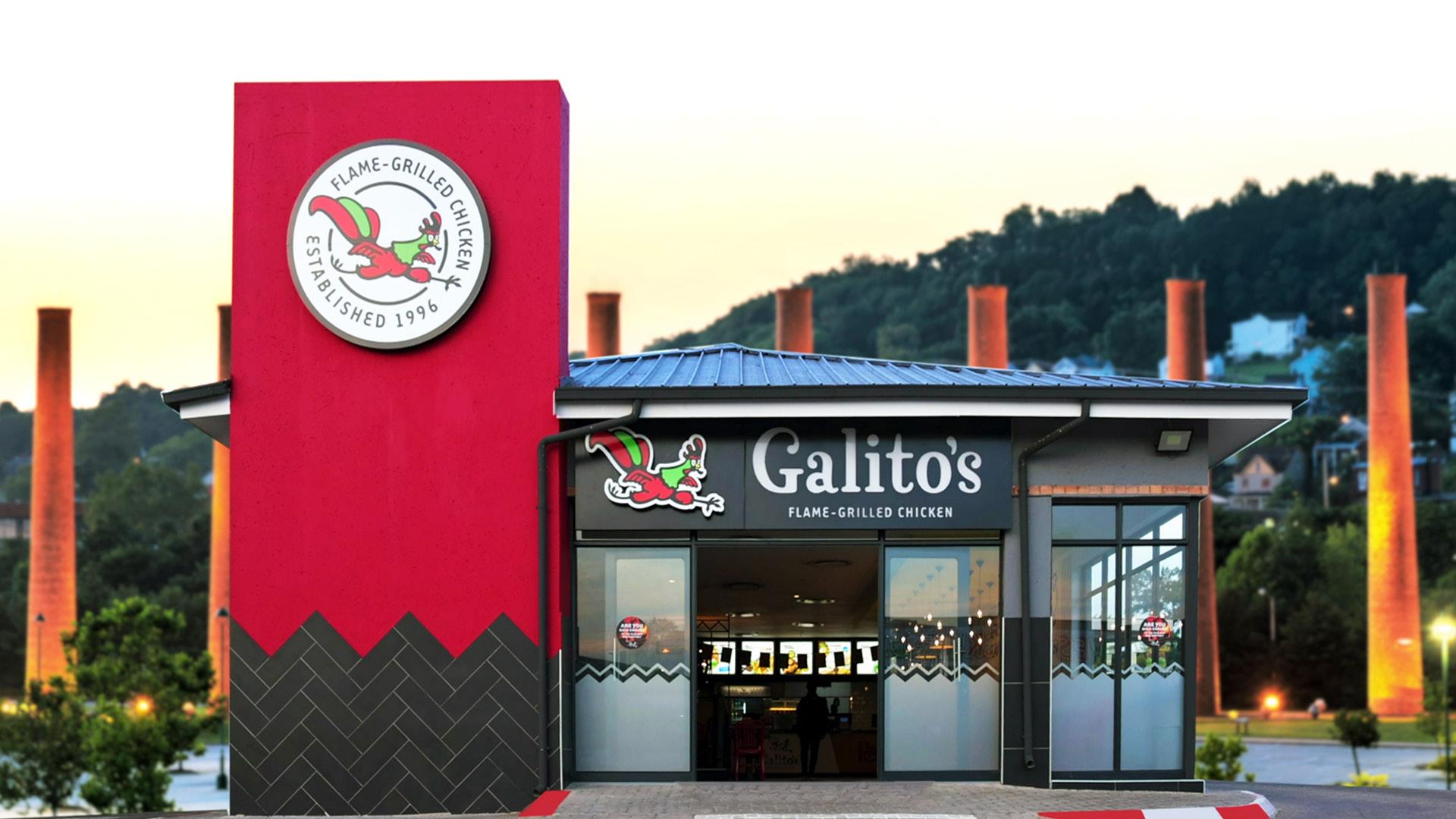
The GaliPods play an important role in the company’s rural expansion into SA and the continent, creating a community atmosphere and a source of opportunity.
“The innovative GaliPod model allows us to invest in areas other companies would find risky. Once we reach a certain revenue level, we have the option to consider transferring to a brick-and-mortar store. So the model de-risks the initial investment. It’s an interesting concept in the context of Africa’s extensive rural spaces.
“The GaliPods are not solely aimed at rural areas. In fact, the shopping centre’s parking lot near our headquarters
been an absolute winner as a location for a GaliPod, with fantastic payback. The franchisee in question has actually just opened her third store. We are also proud that many of our franchisees are women, which is especially important for job creation in rural areas,” Rousseau expresses.
THE WINGS OF THE COMPANY
Galito’s’ triumph would not have been possible without its staff and franchisees. Looking inward to promote employees through the ranks to new positions has been a successful strategy for the company.
“The team responsible for skills training, which travels to every new country for store openings, has people who began their journey as grillers in the kitchen. Now, they traverse the globe, leading store launches in locations such as Malaysia, Dubai, and Namibia. It’s a good example for others that if you want to progress, the opportunities are there,” Rousseau points out.


“Galito’s successful growth can be attributed to its ability to attract and retain quality franchisees and employees. There’s a shared feeling of being a part of something significant.”
Despite what it has already achieved, Galito’s has ambitions for the future. The company plans to have 300 stores by 2025, a goal it is on track to achieve.
With the possibility of additional Galito’s franchises in the North American market, the company is considering new technology to improve its cooking processes.
“We have an exciting time ahead of us. I think North America, Africa, and the Middle East all hold a lot of opportunities and present exciting challenges. I can foresee good growth,” concludes Rousseau.
Tel: +27 11 805 0040
franchising@galitos.com
www.galitos.co.za

110 | Africa Outlook Issue 106 GALITO’S FOOD & BEVERAGE
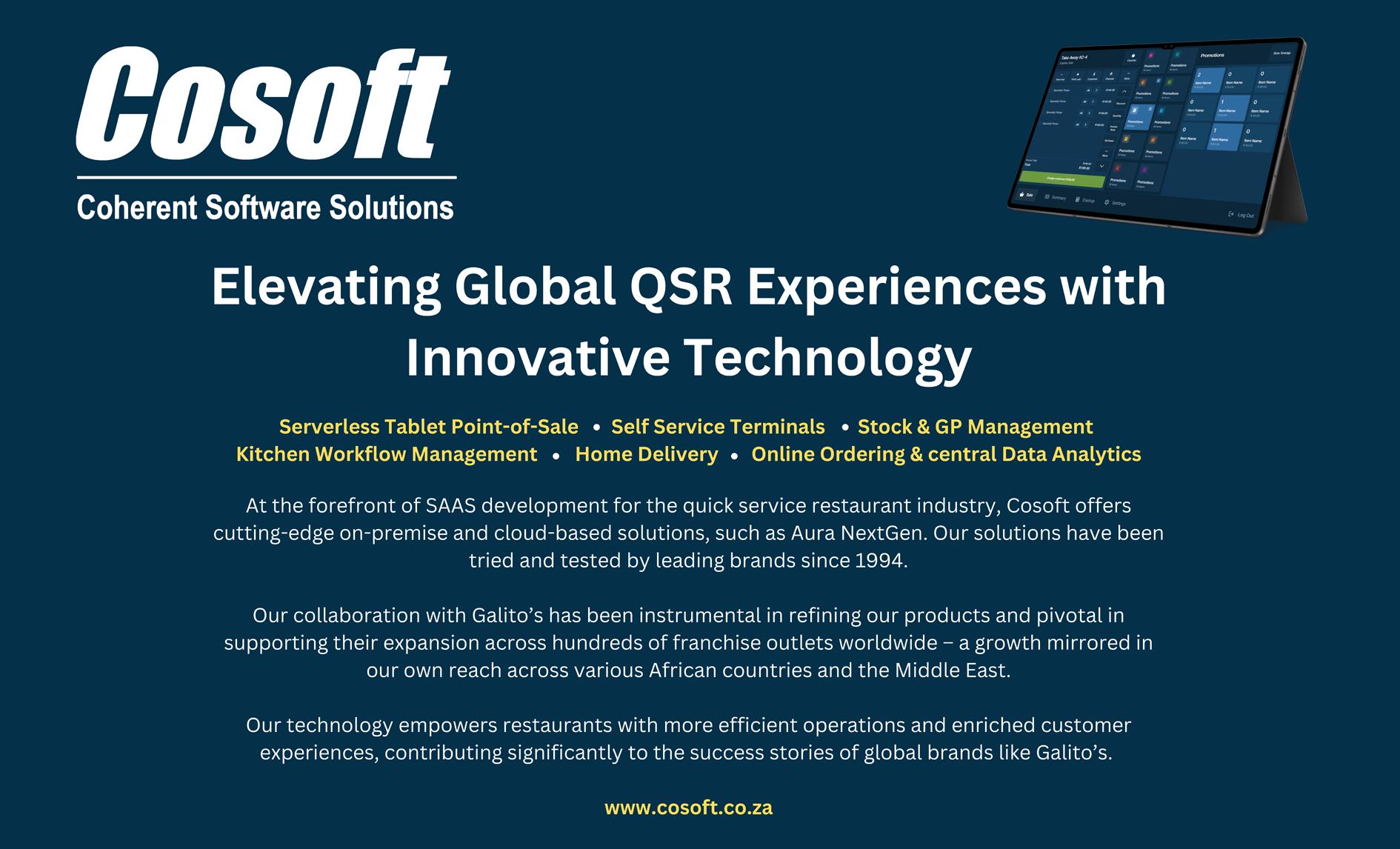
Chicken is our passion EAGLES VALLEY POULTRY

Tell us your story and we’ll tell the world



www.africaoutlookmag.com/work-with-us

Eagles Valley Poultry has grown from humble beginnings to establish ourselves as a proud contender in the poultry industry, always striving to offer quality and service excellence, not only in our products, but in every facet of the business.


Established in 2005 and situated in the Hartbeespoort Dam area, our service offering is based on a “Farm-to-Fork” model, a process that spans from parent breeder flocks to the supply of fresh and frozen poultry products for the retail, wholesale and food service markets.
Eagles Valley Poultry is Halaal approved by MJC and endorsed by SANHA. Our food safety system is certified compliant with the requirements of HACCP and GFSI.

012-207-9915/6

| sales@eaglesvalley.co.za | eaglesvalley.co.za Africa Outlook Issue 106 | 111 GALITO’S FOOD & BEVERAGE
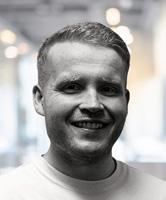
To round off each issue, we ask our contributing business leaders for their views on the same question

WHAT GUIDANCE WOULD YOU OFFER TO NEW ENTRANTS IN YOUR SECTOR?
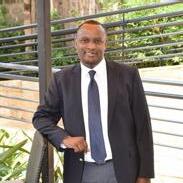 Martin Kariuki Commercial Director, Bamburi Cement PLC
Martin Kariuki Commercial Director, Bamburi Cement PLC
“One needs to comprehensively research local regulations, acquire the necessary skills through suitable training, and network with professionals to understand market dynamics. One should also stay on top of current shifts in the sector and prioritise workplace safety. It is important that they approach the industry with a
long-term perspective, as it is highly sensitive and often influenced by external variables such as changing laws and regulations.”
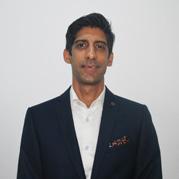
Zuh Versi Director, CSI Construction “Tanzania is a great country to invest in, and the government is taking a lot of correct measures to open up the industry and attract foreign investors. “However, there is a process and
an art to working in Tanzania, and local partners can add a lot of value. We see it as a partnership which improves the industry, as opposed to competition in the market. We do encourage competition; however, this adds a comparative advantage in the industry.”
Are you a CEO/Director interested in telling your story?
Contact Africa Outlook now!
THE FINAL
112 | Africa Outlook Issue 106
WORD


The global resource for supply chain professionals and organisations
Building on the global success of our regional titles – EME Outlook, Africa Outlook, APAC Outlook, and North America Outlook – Outlook Publishing is proud to introduce a platform dedicated to the supply chain sector.
As supply chain organisations worldwide confront unprecedented change, embracing technological innovations and incorporating critical environmental sustainability agendas, now more than ever is the time to showcase the strides being taken in this dynamic sector.
A multi-channel brand, Supply Chain Outlook brings you the positive developments driven by organisations across the global supply chain industry through its various platforms. Discover exclusive content distributed through its website, online magazine, social media channels, and dispatches delivered straight to your inbox with a bi-weekly newsletter.
Through this compelling new venture, we foreground the movers and shakers of the industry. To participate as a featured company and join us in this exciting endeavour, contact one of our Project Managers today.
www.supplychain-outlook.com
SUBSCRIBE FREE NOW
MAGAZINE LIVE APRIL 2024

Designing with passion. Building with purpose.
The Outlook Creative Services Division provides a complete web design, build and delivery service that leverages the expertise of our in-house production team. Complementing Outlook Publishing’s portfolio of esteemed global publications, our specialist skills cater to clients around the world with a fully bespoke service.
If you would like us to bring your digital story to life with passion and purpose, visit www.outlookcs.com or email hello@outlookcs.com


























 AGRICULTURE
FOOD & BEVERAGE
AGRICULTURE
FOOD & BEVERAGE





 Kyle Whitehill, CEO, Avanti Communications
Kyle Whitehill, CEO, Avanti Communications











































































 Student transport donation to Nelson Mandela University
Student transport donation to Nelson Mandela University































































































 Flexible pavement construction on East-West Road - Rivers State
Flexible pavement construction on East-West Road - Rivers State





































 Kinyerezi Power Station
CSI CONSTRUCTION CONSTRUCTION
Kinyerezi Power Station
CSI CONSTRUCTION CONSTRUCTION











































































 Martin Kariuki Commercial Director, Bamburi Cement PLC
Martin Kariuki Commercial Director, Bamburi Cement PLC


